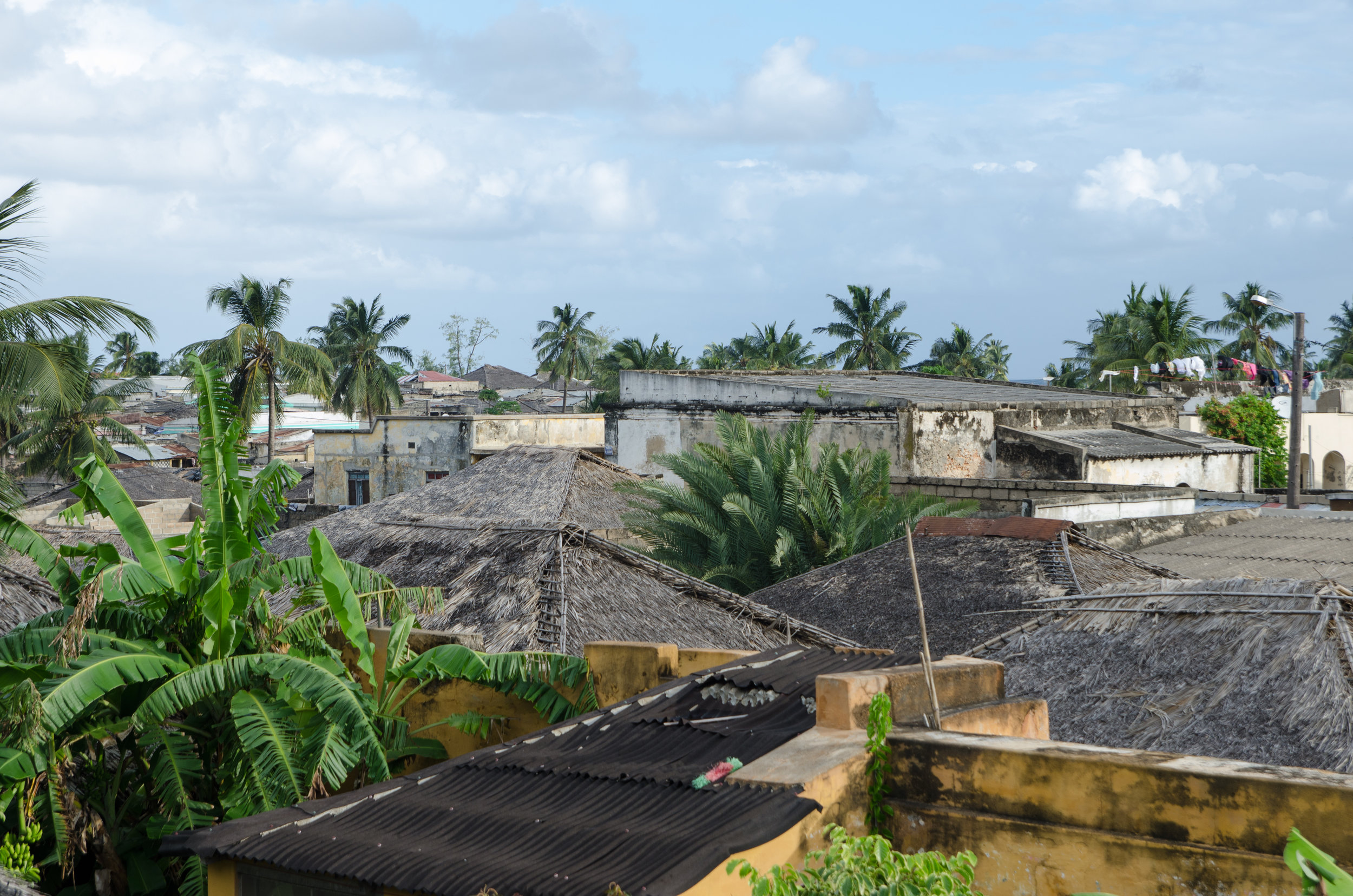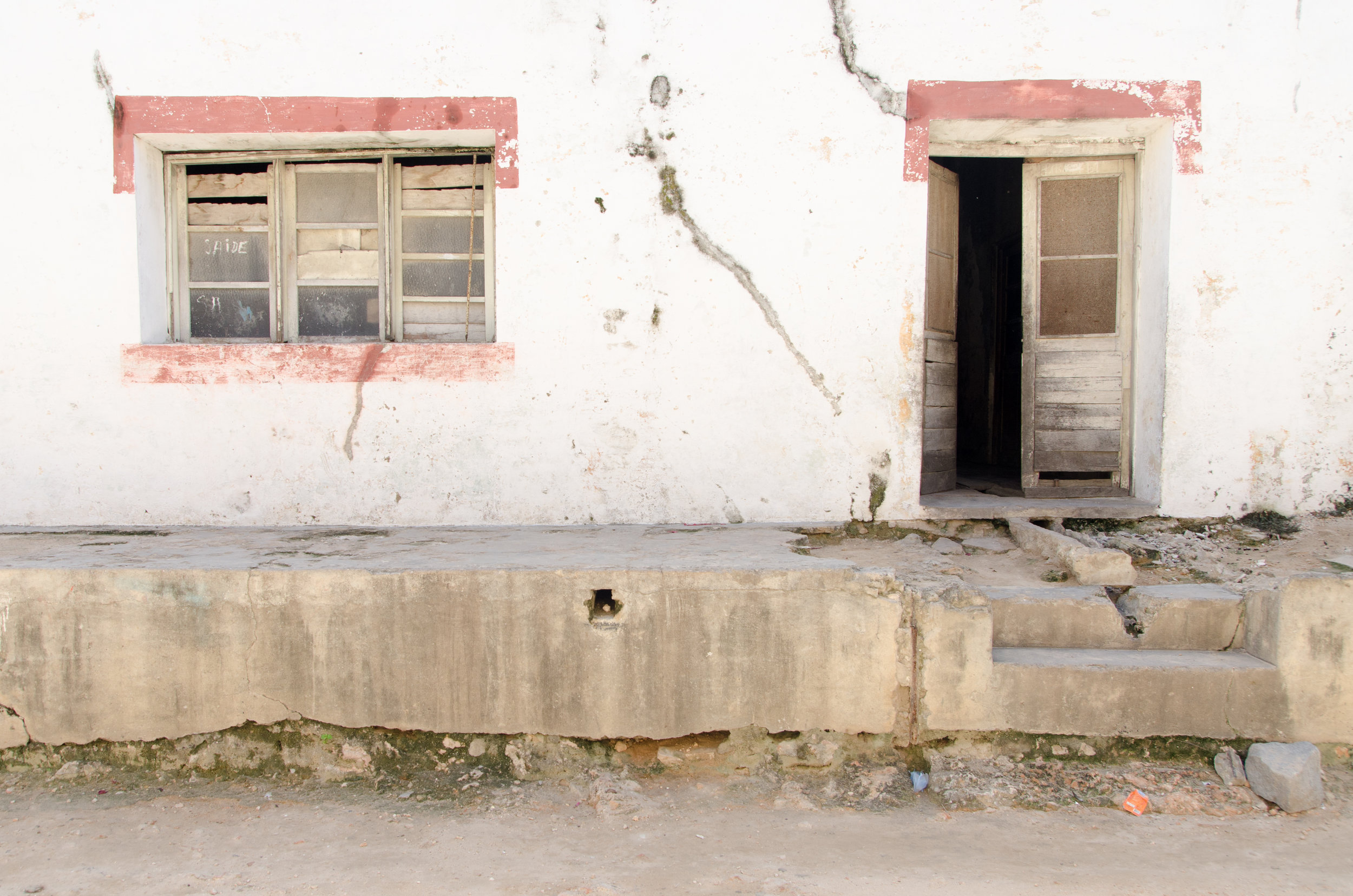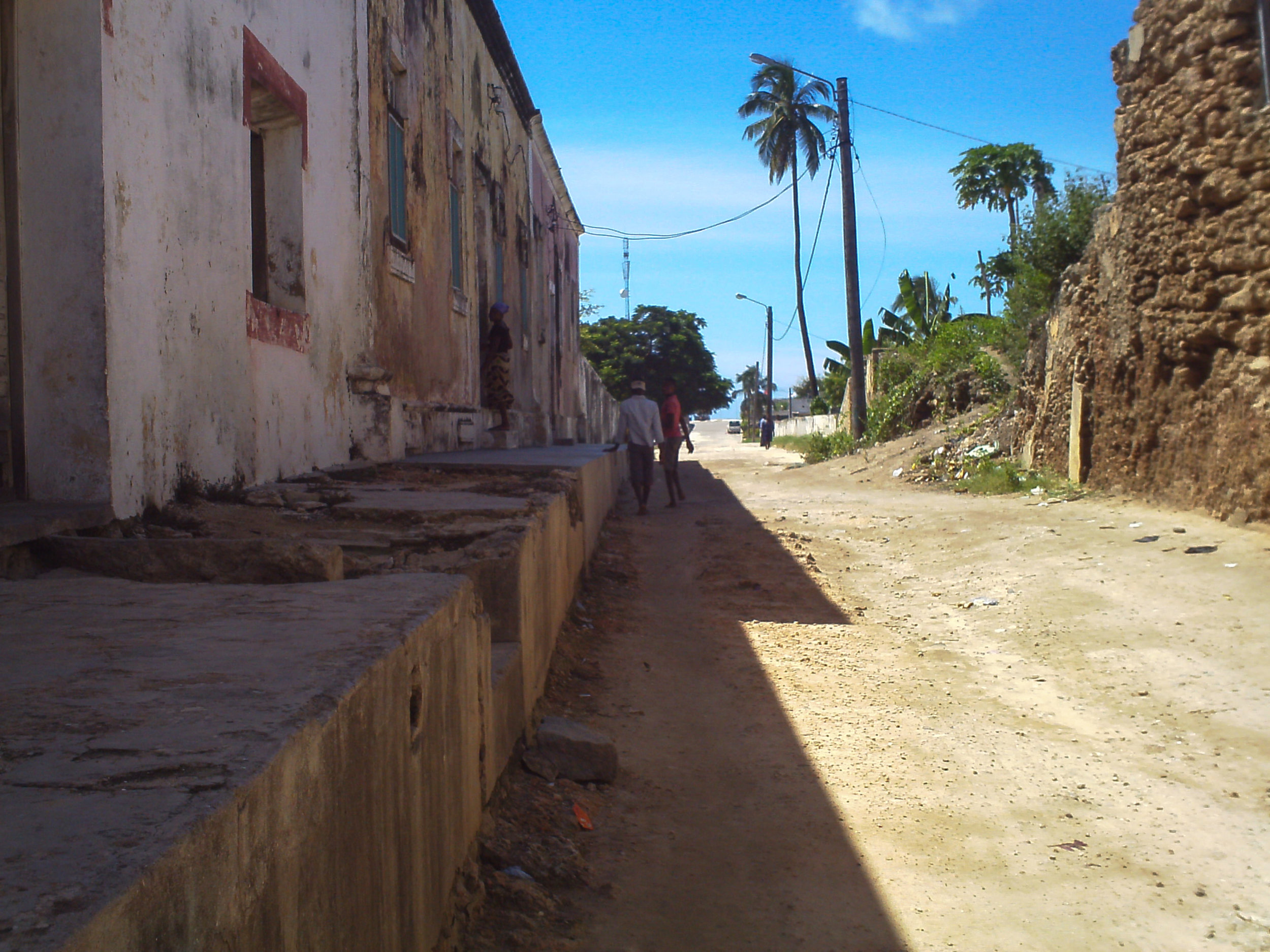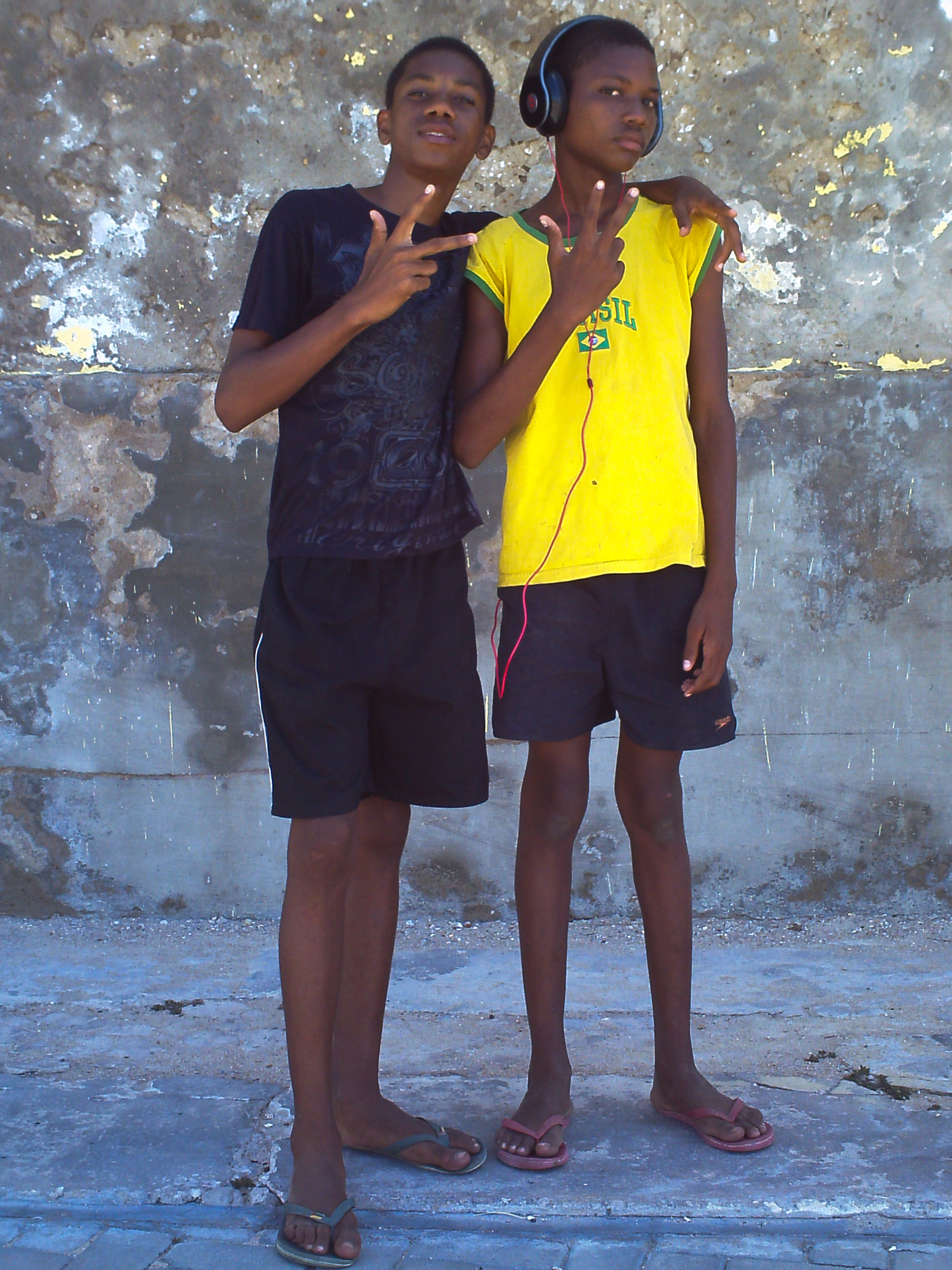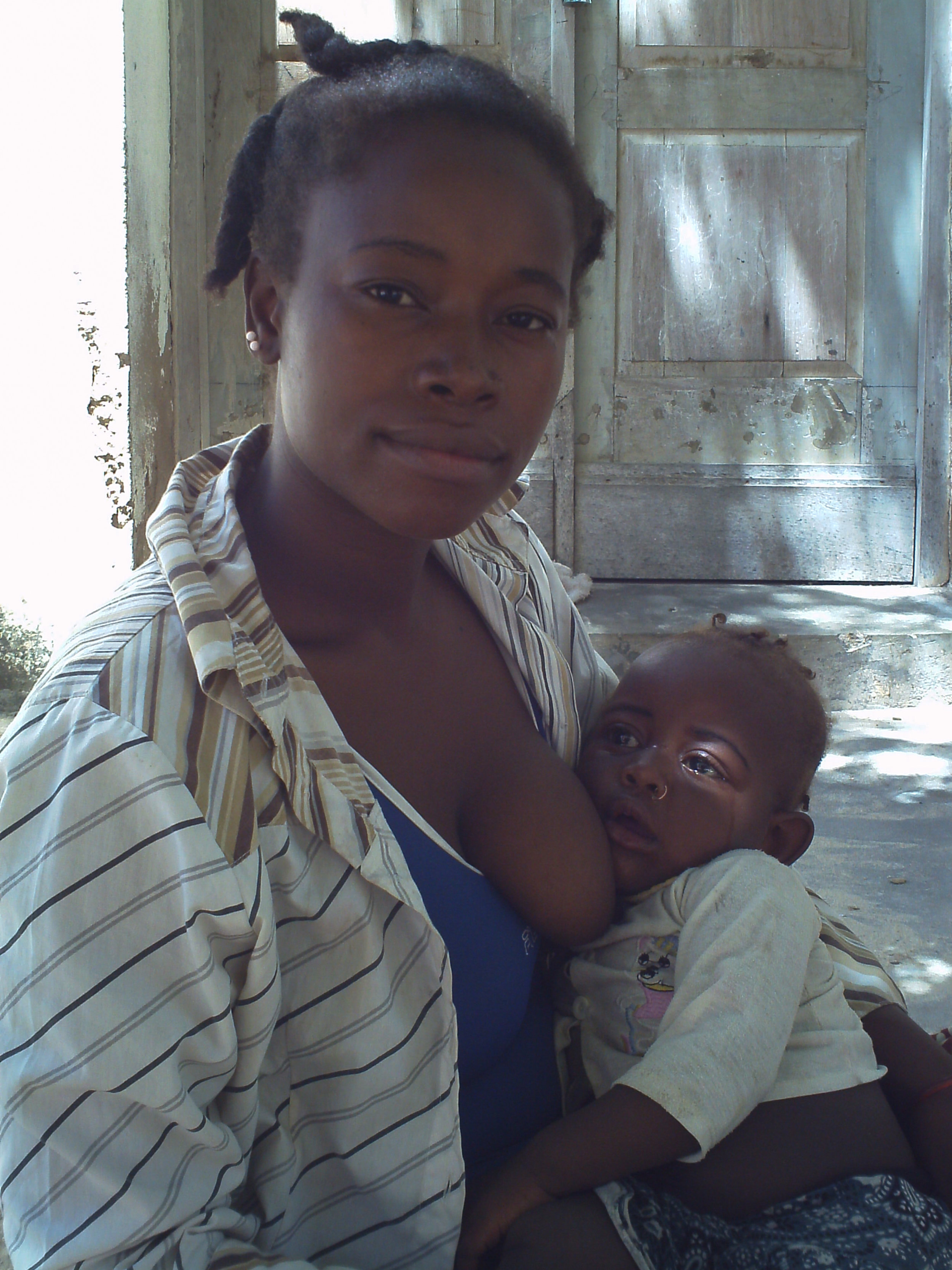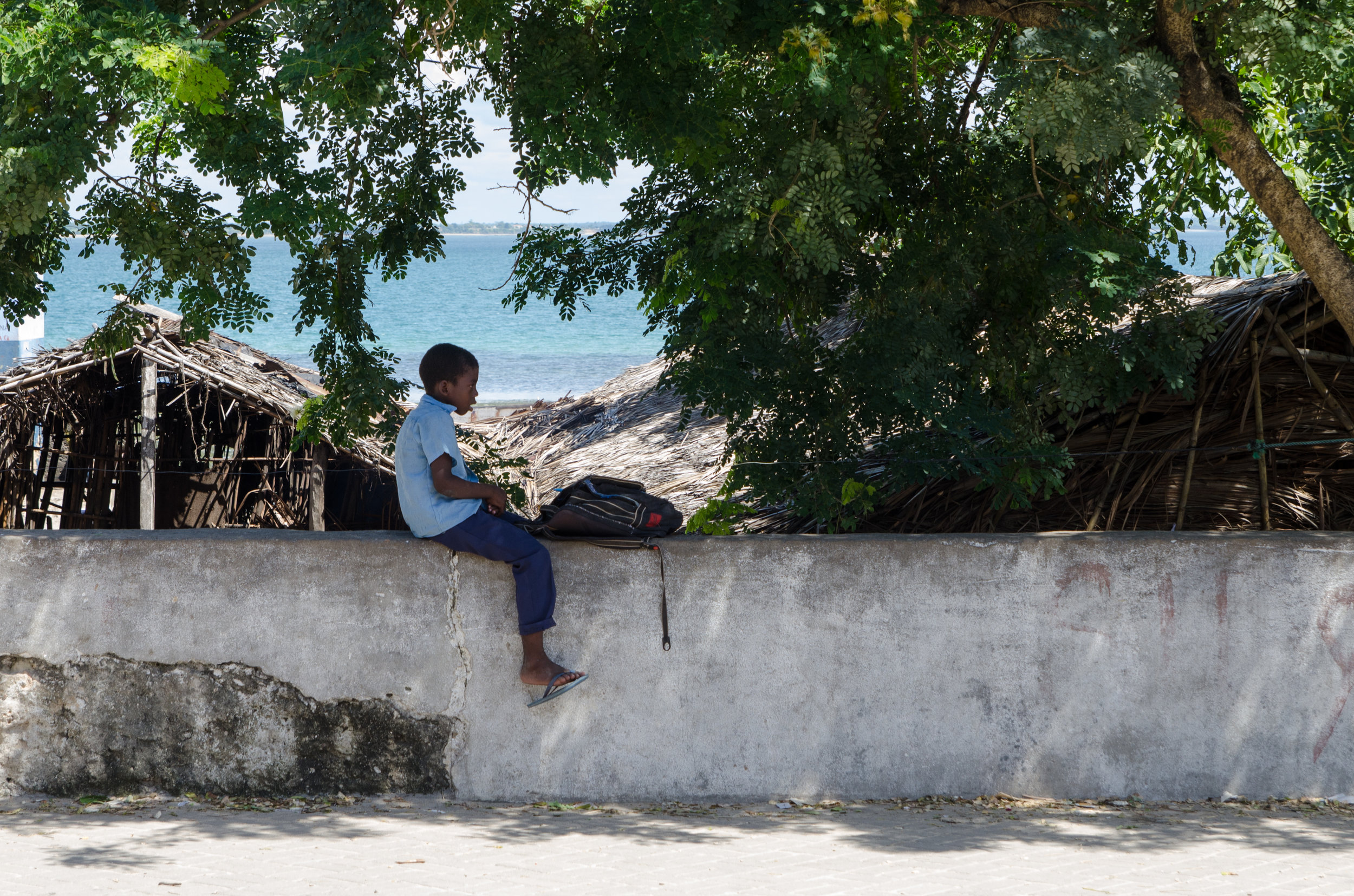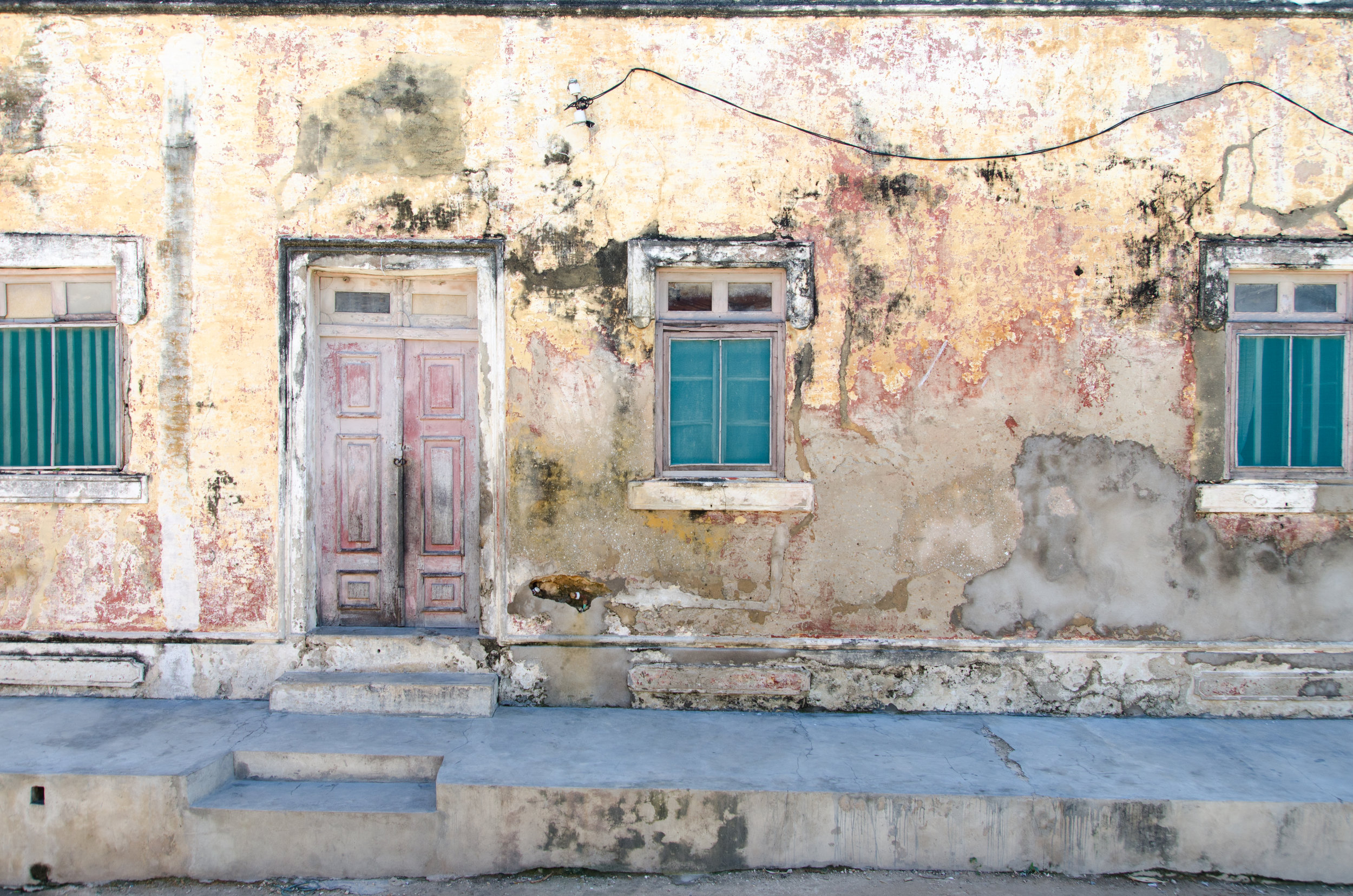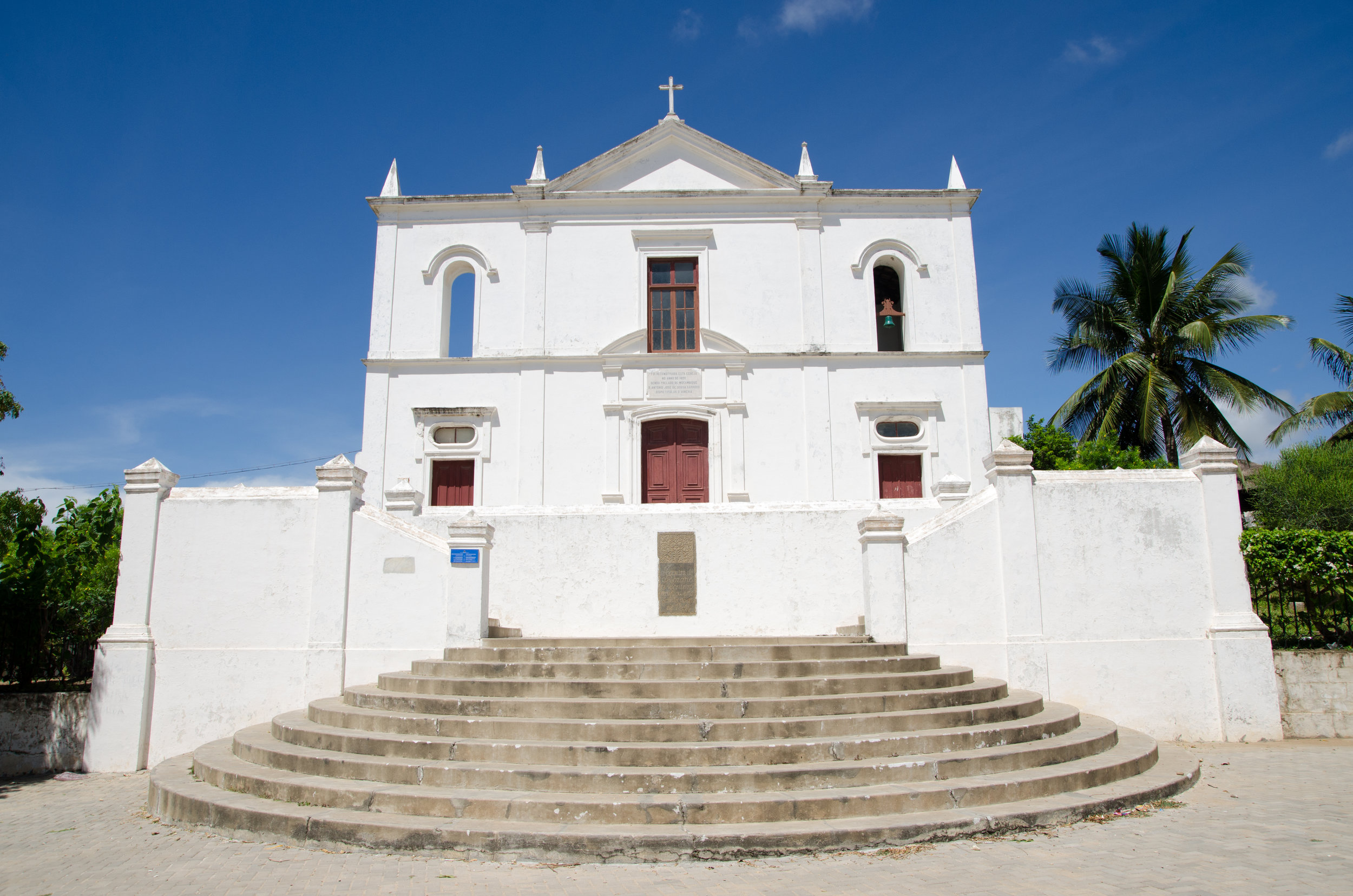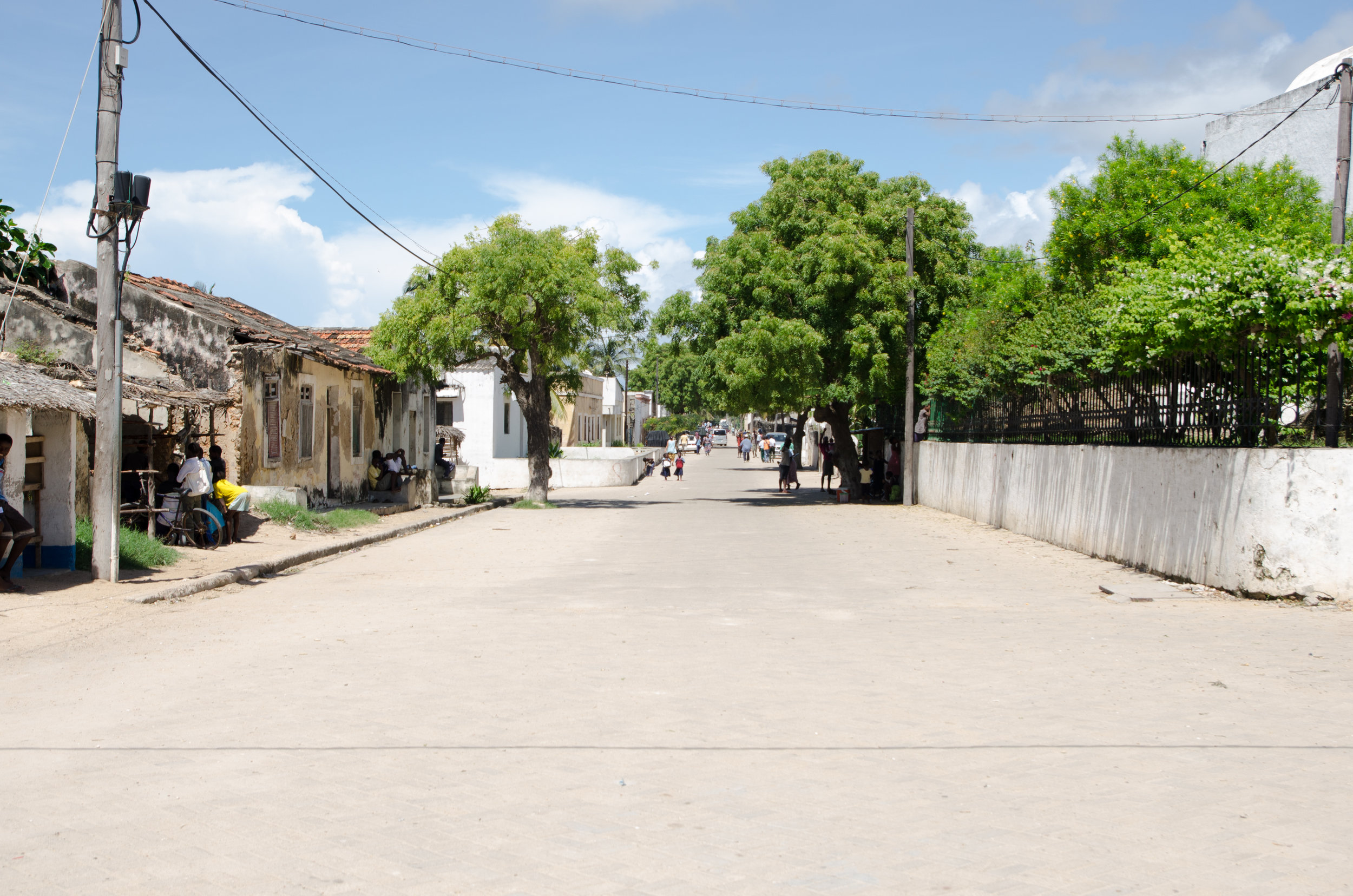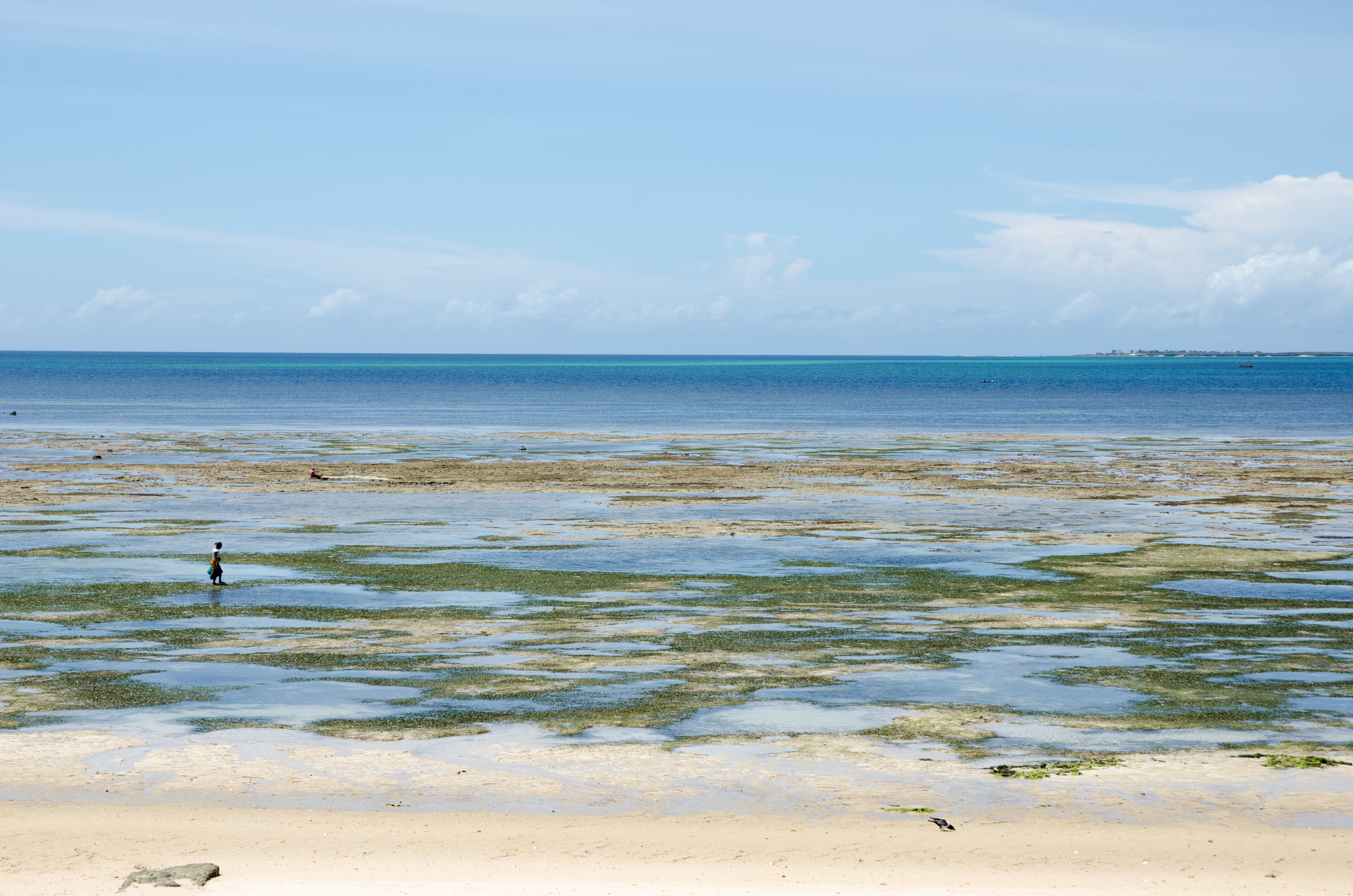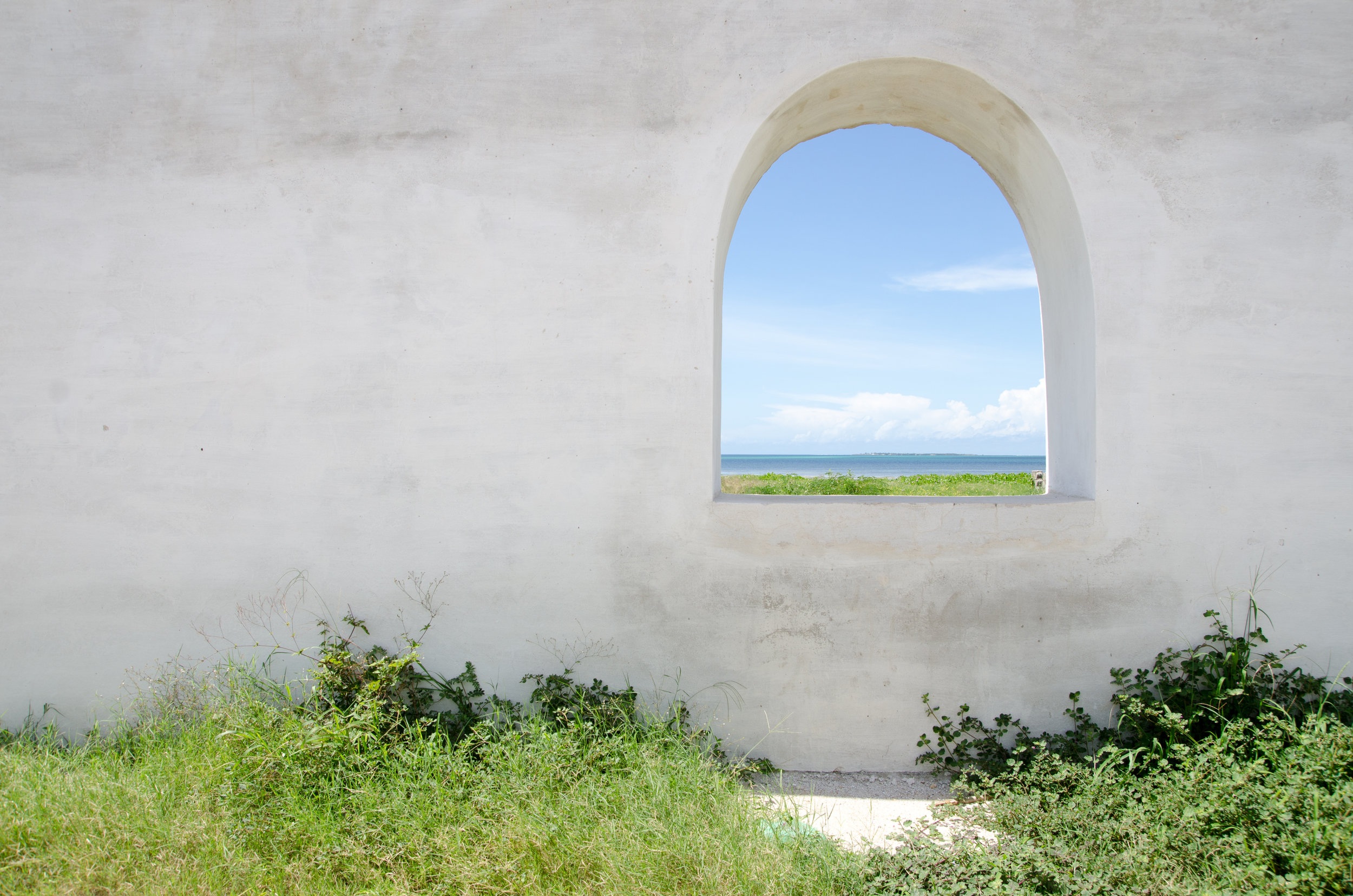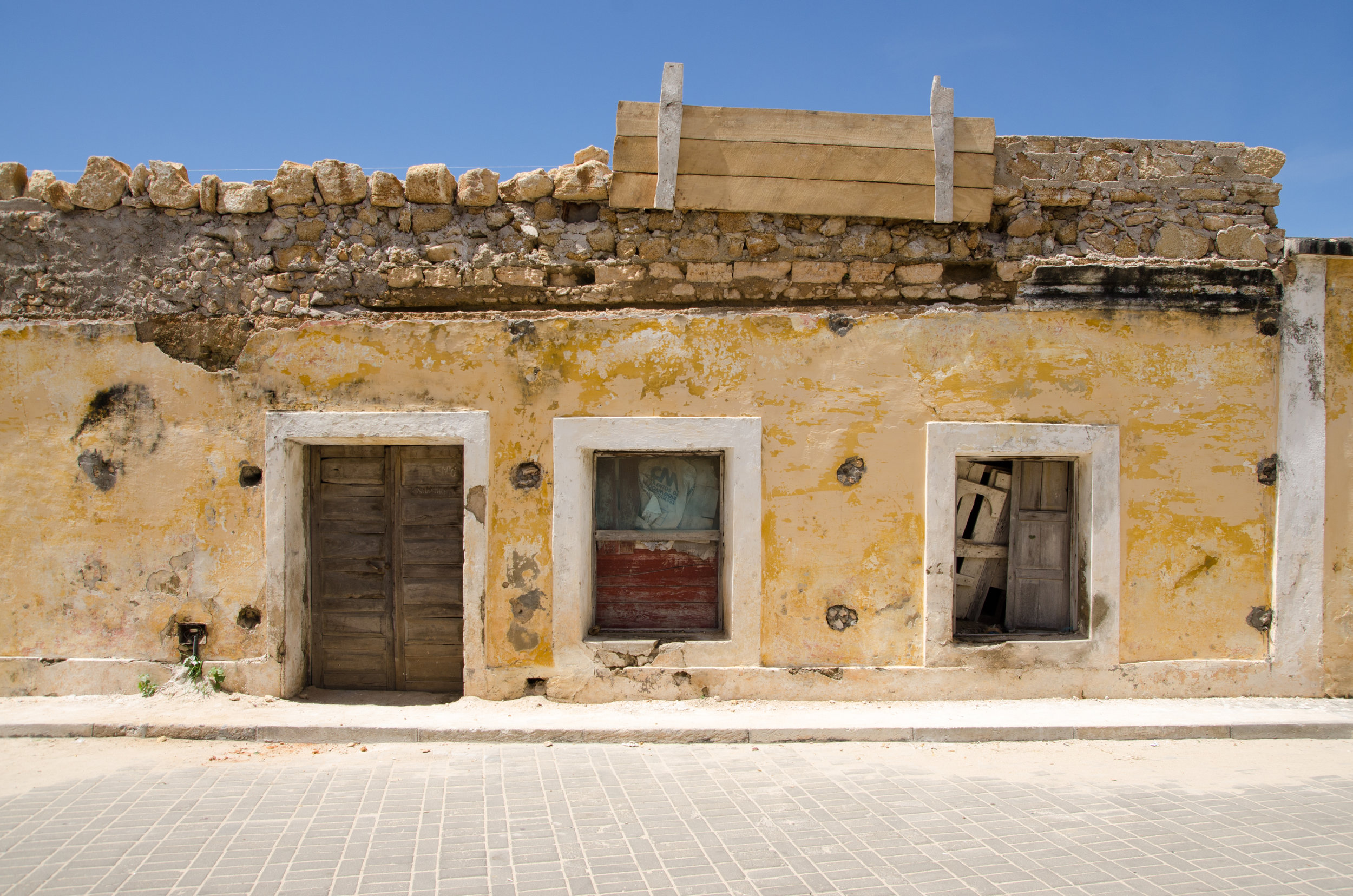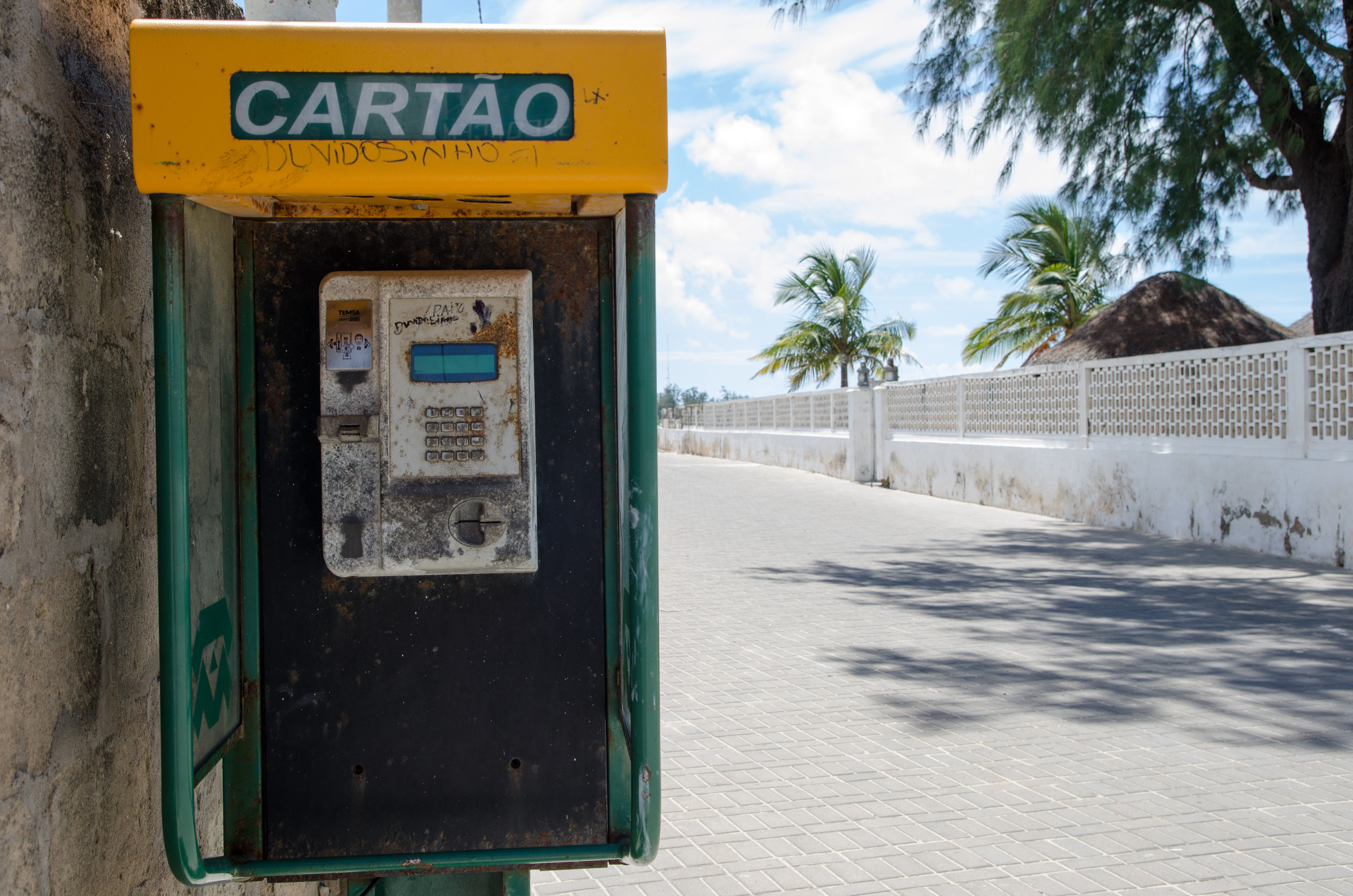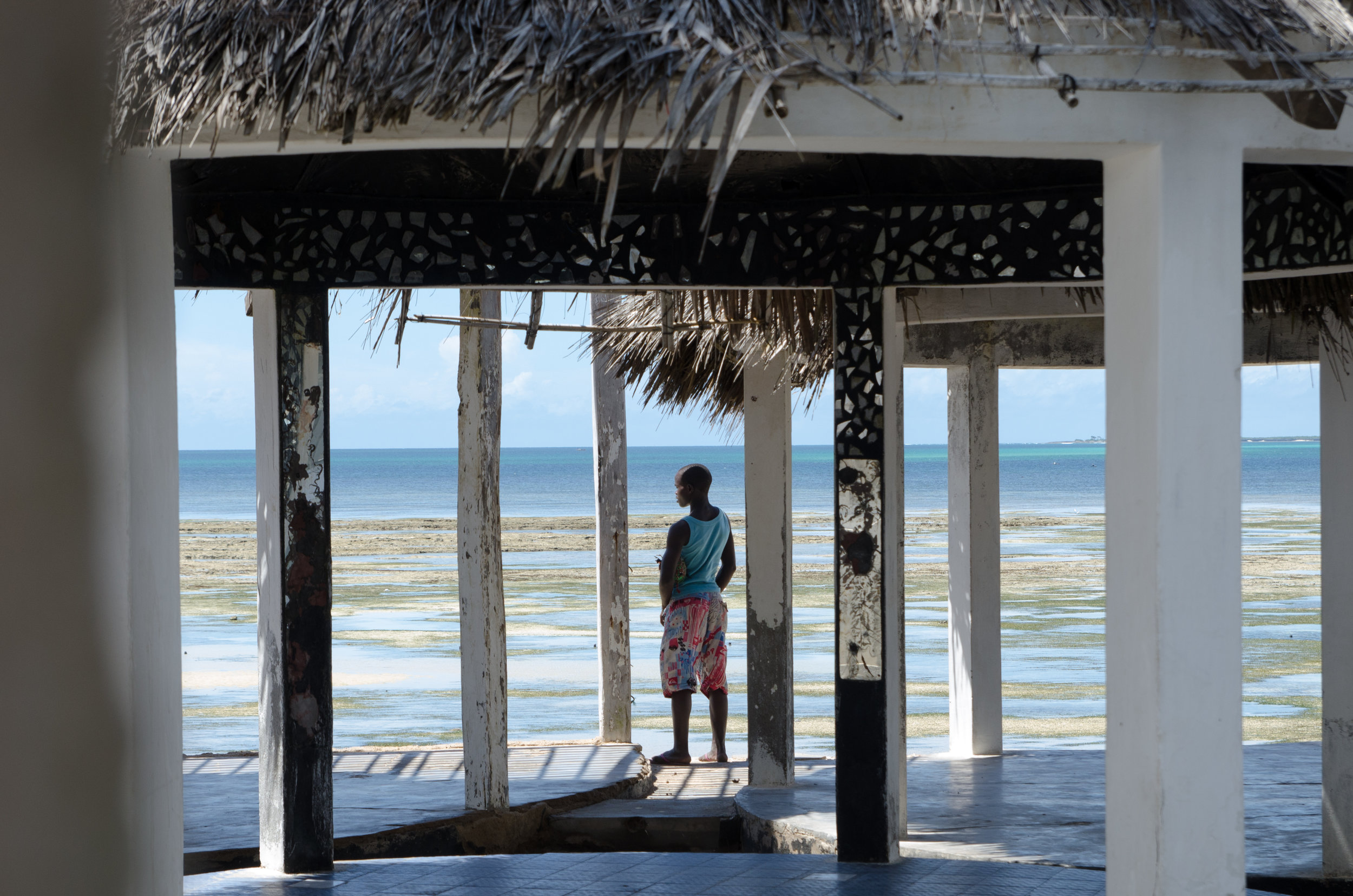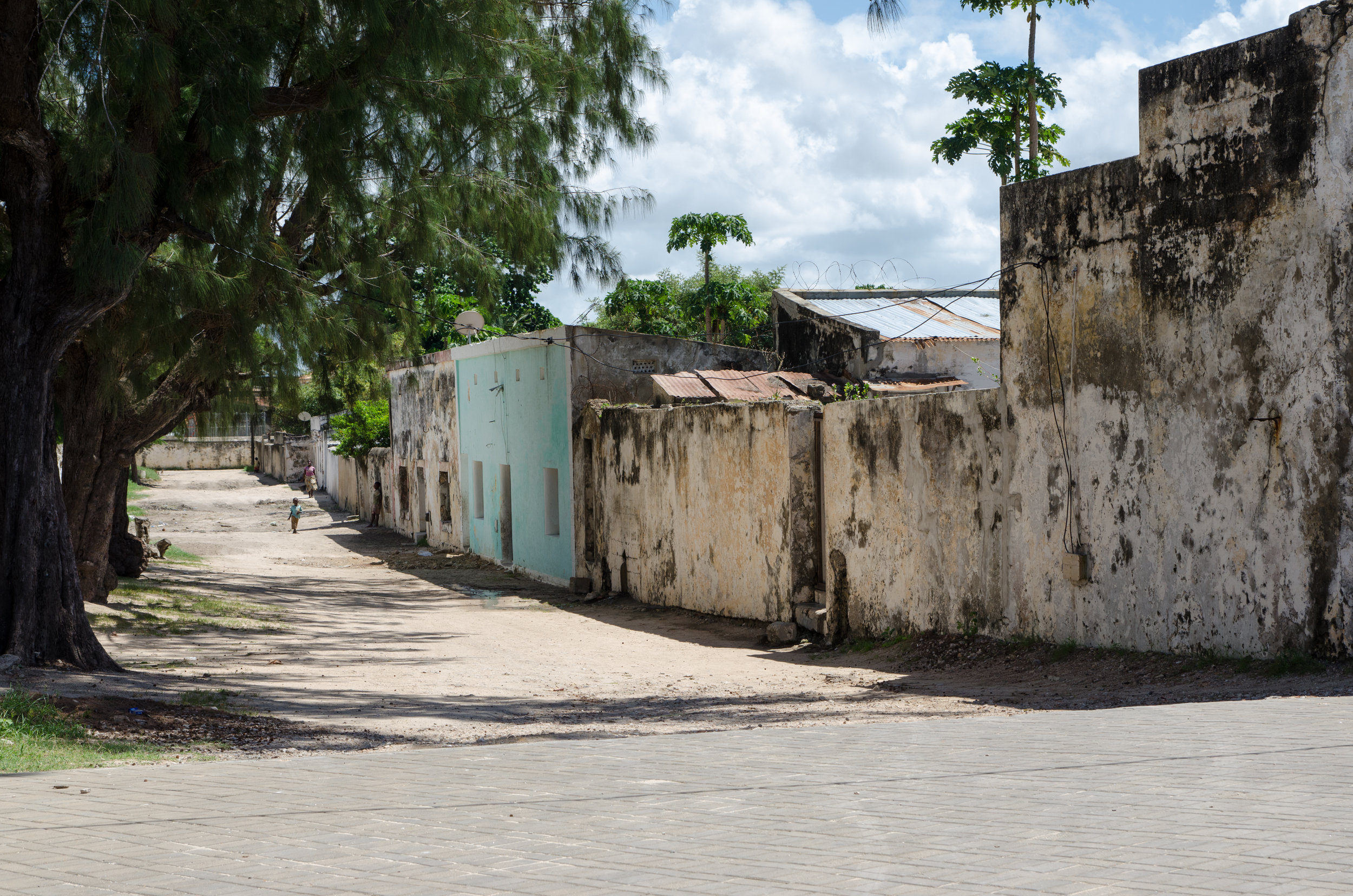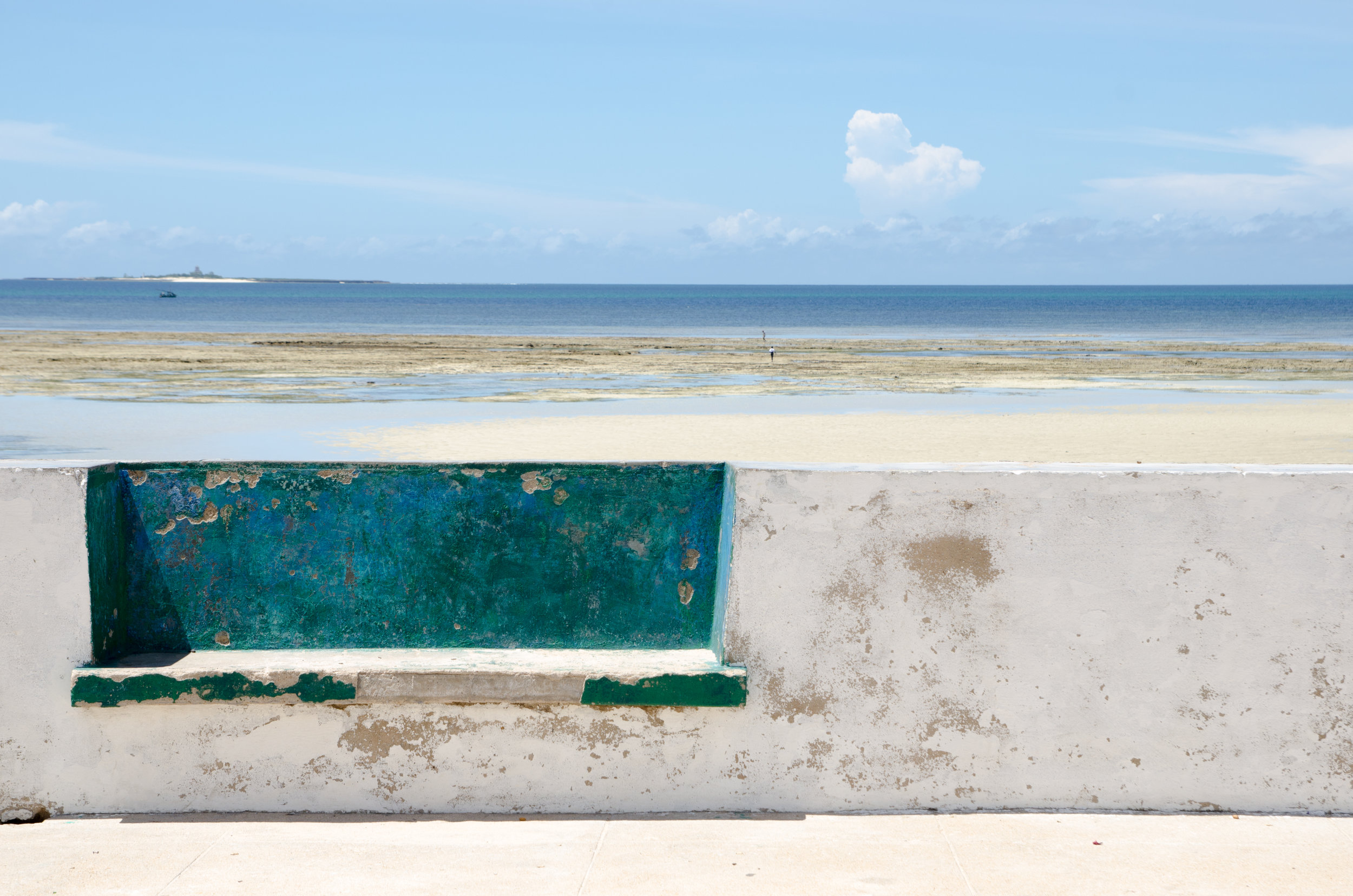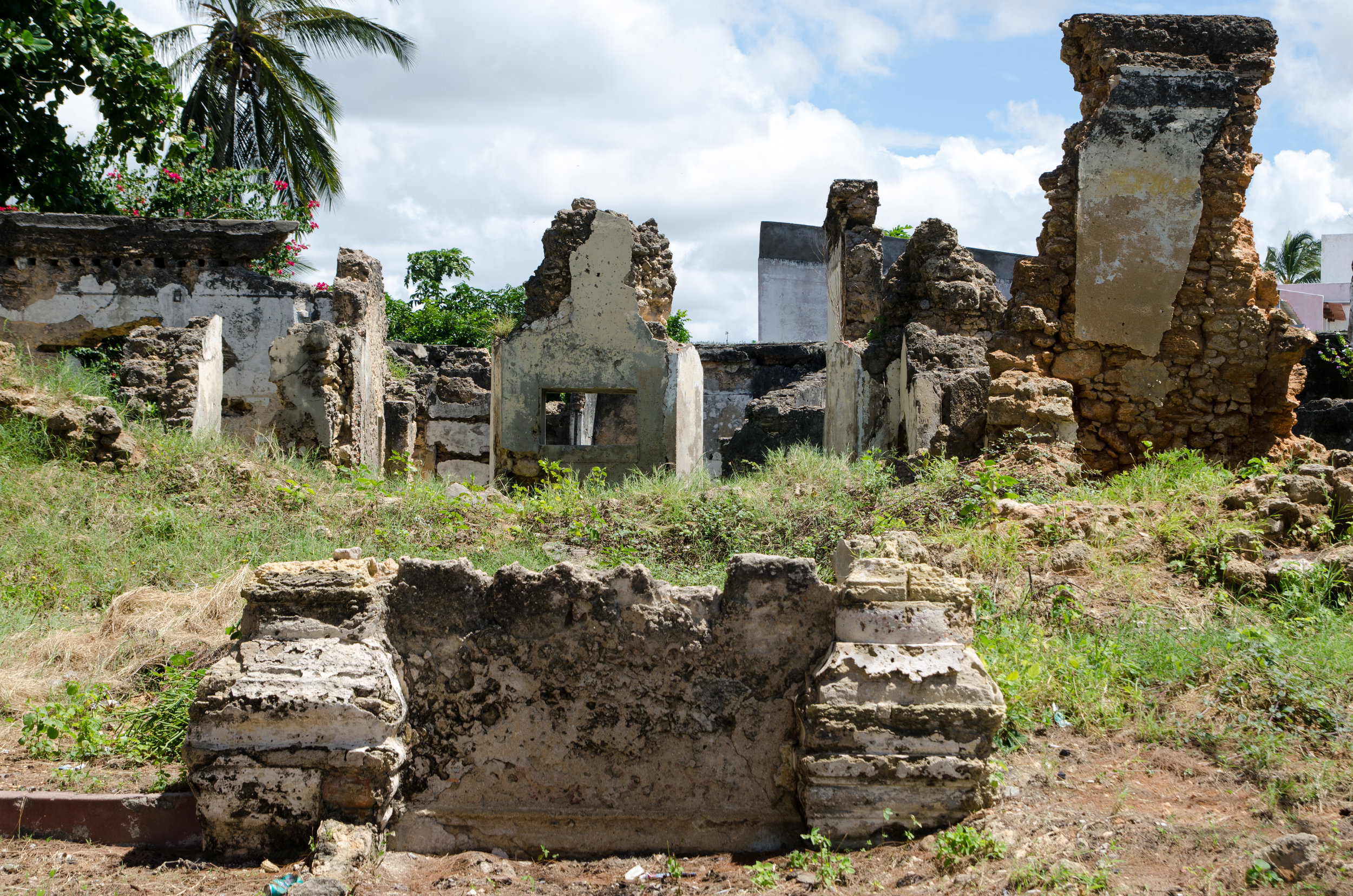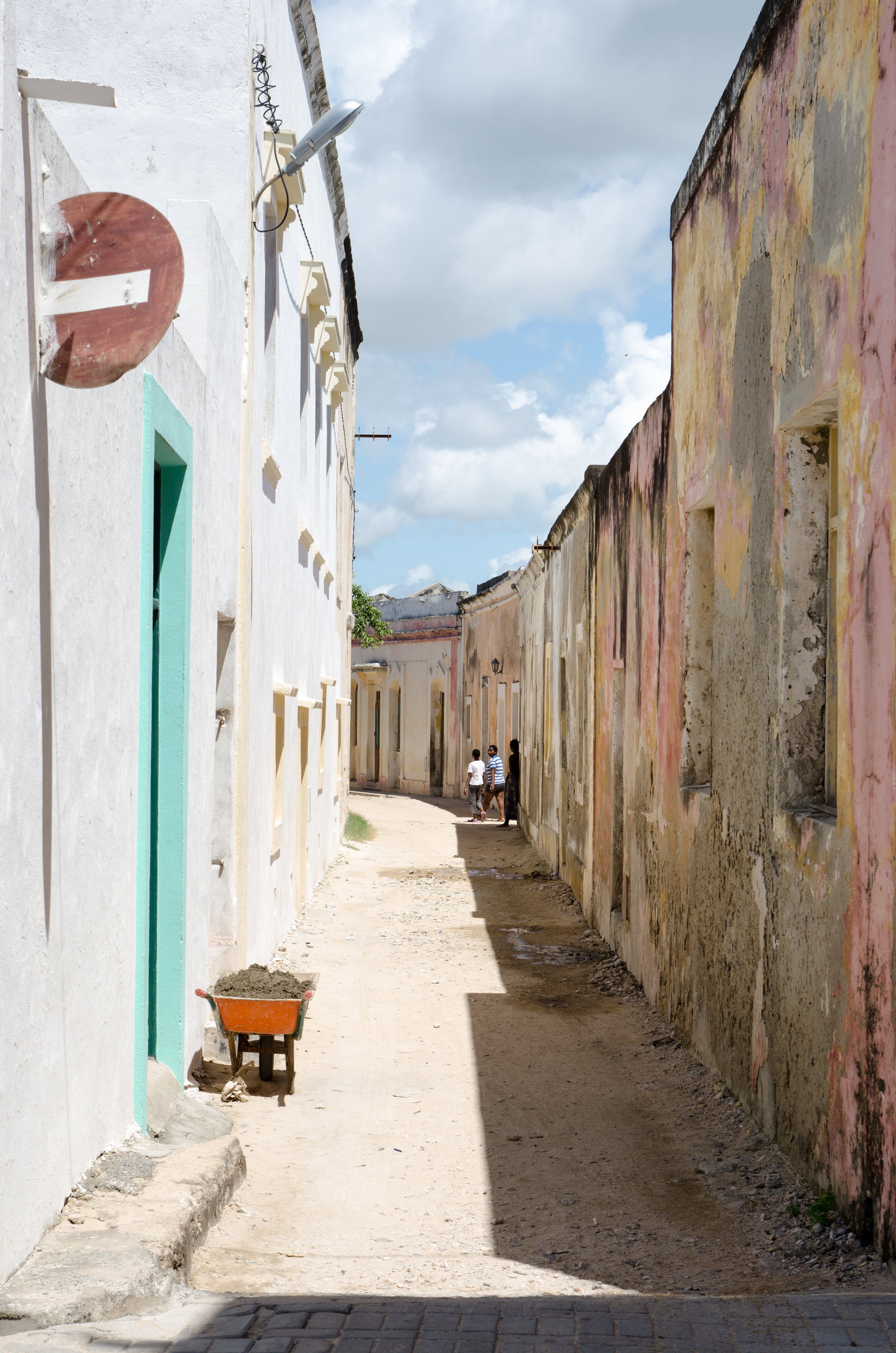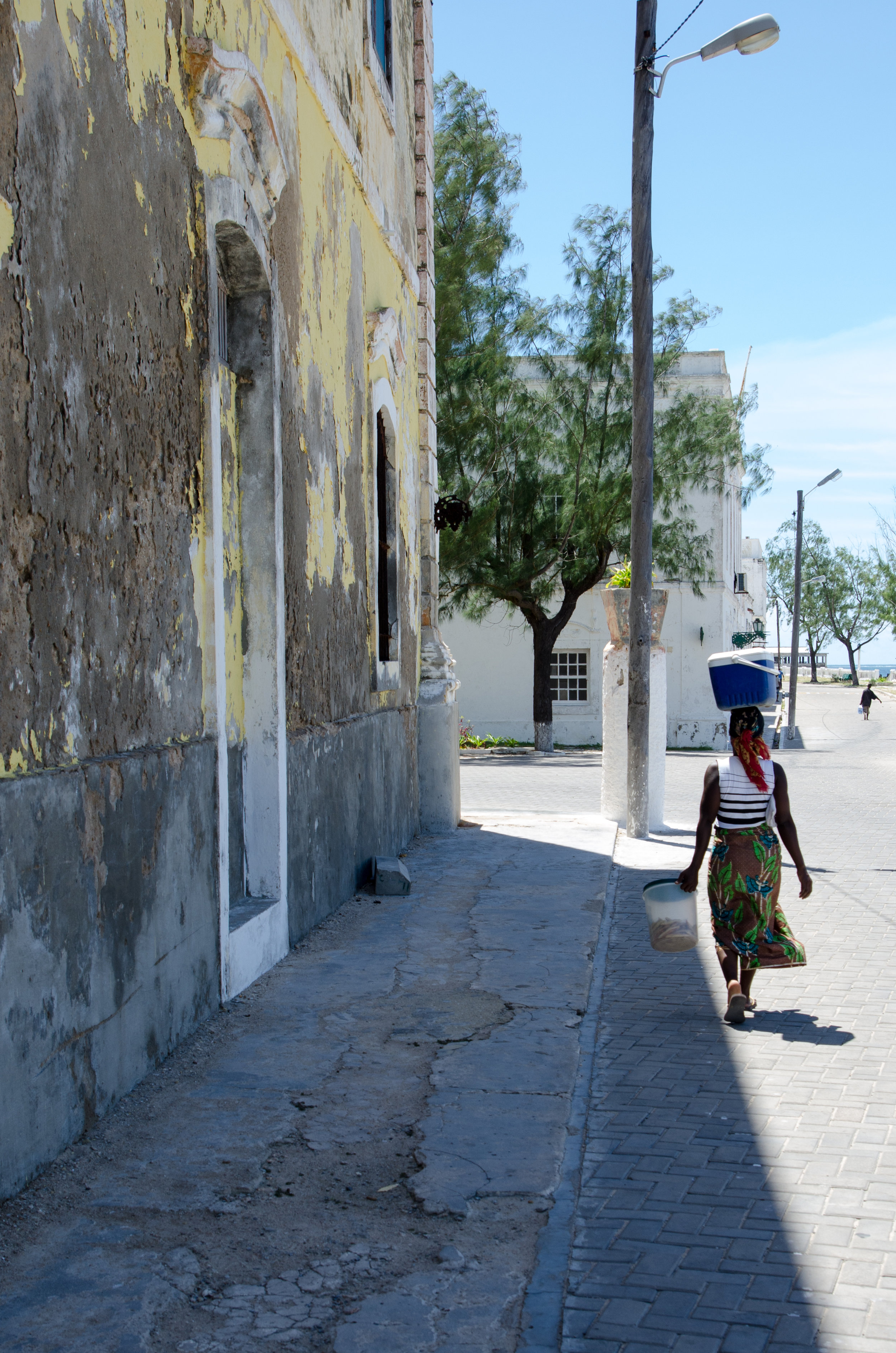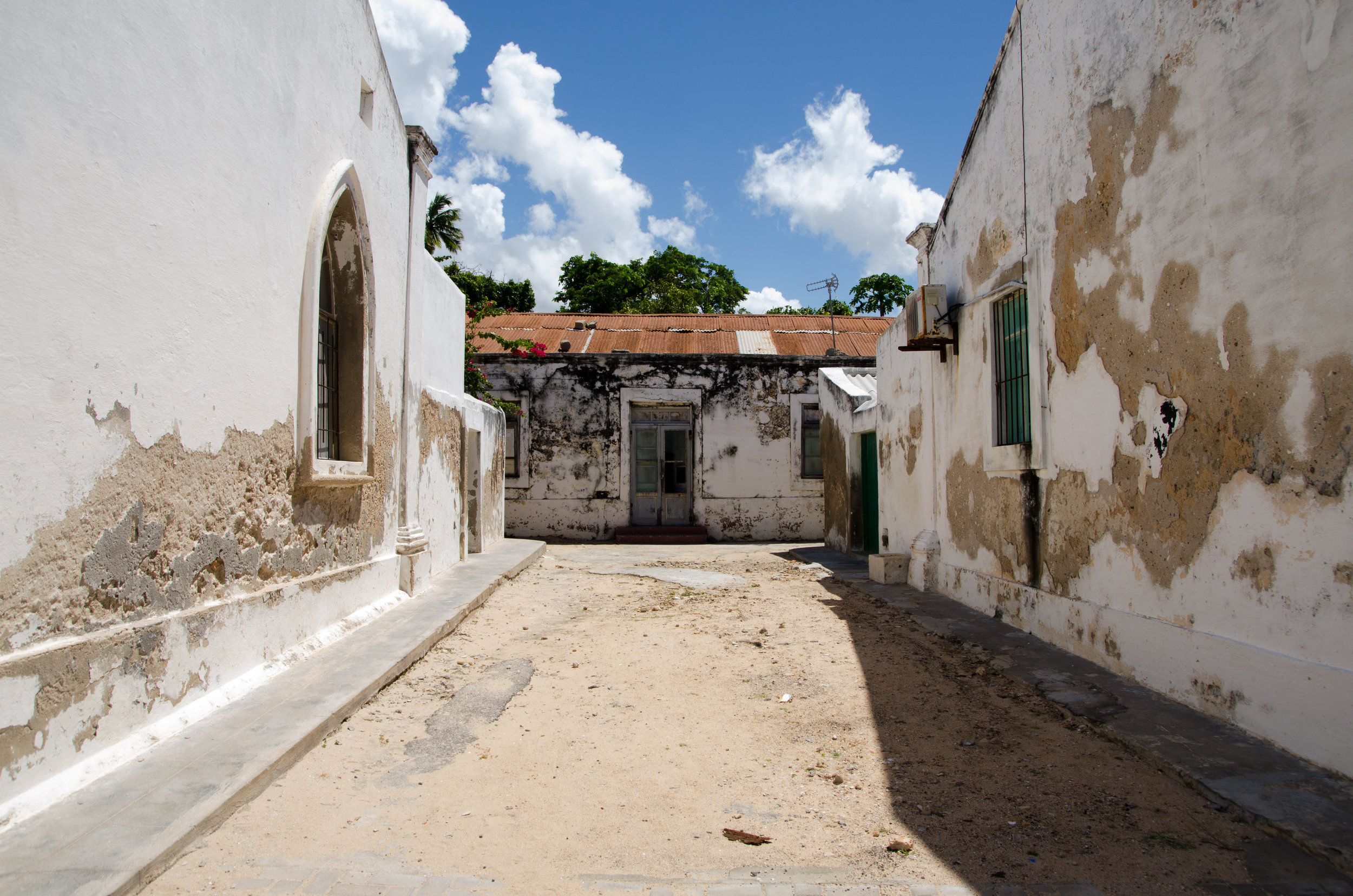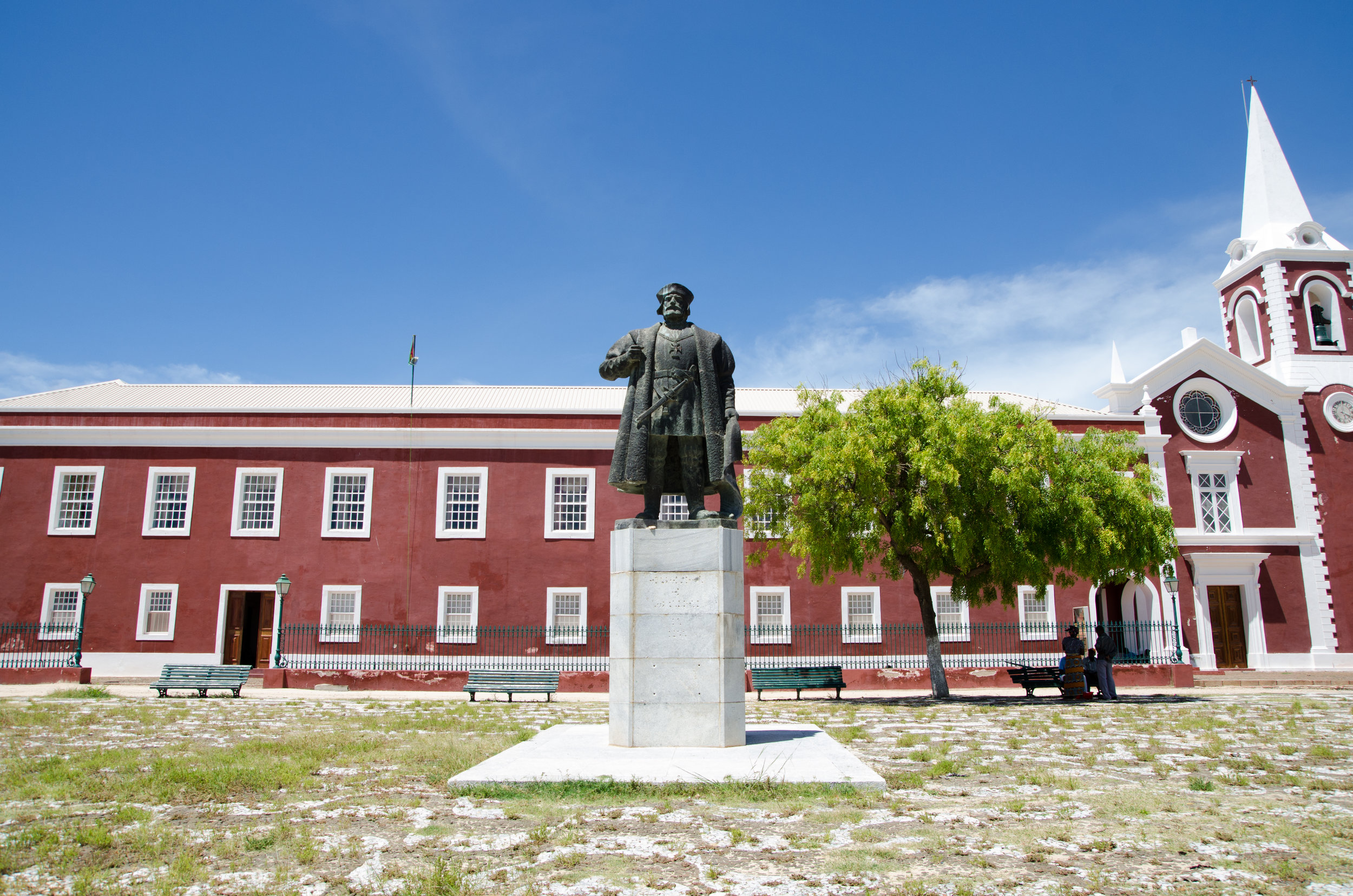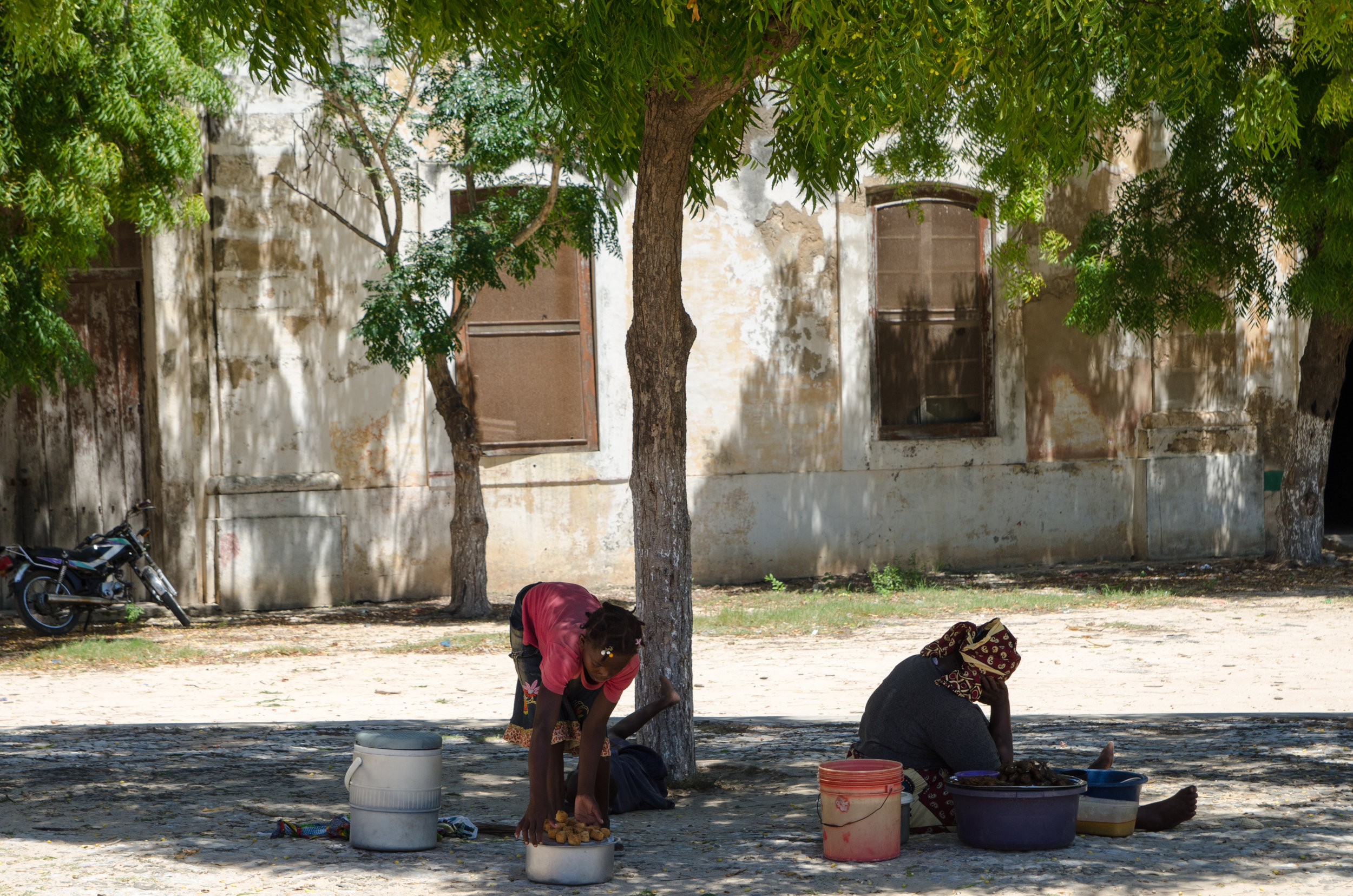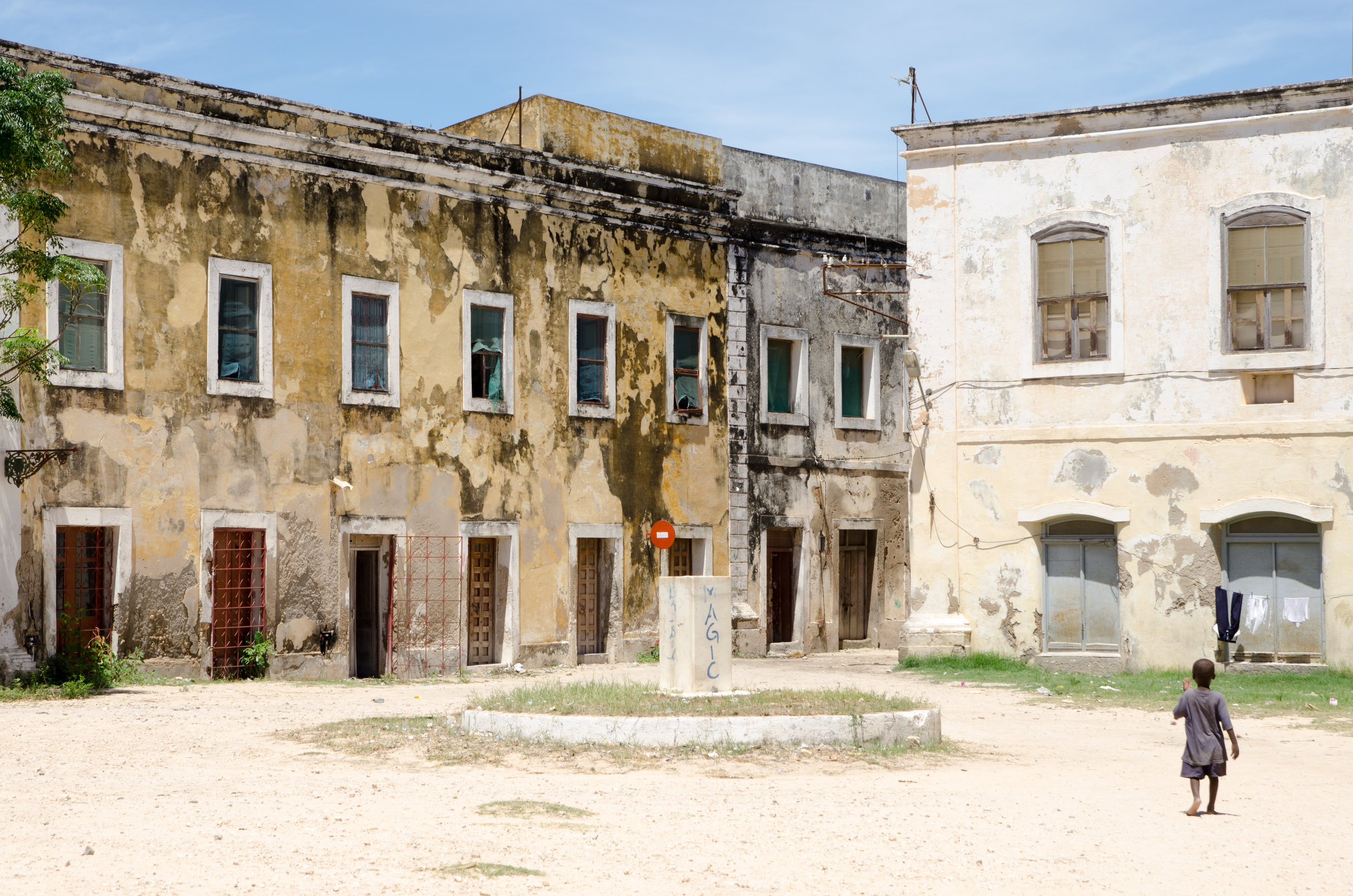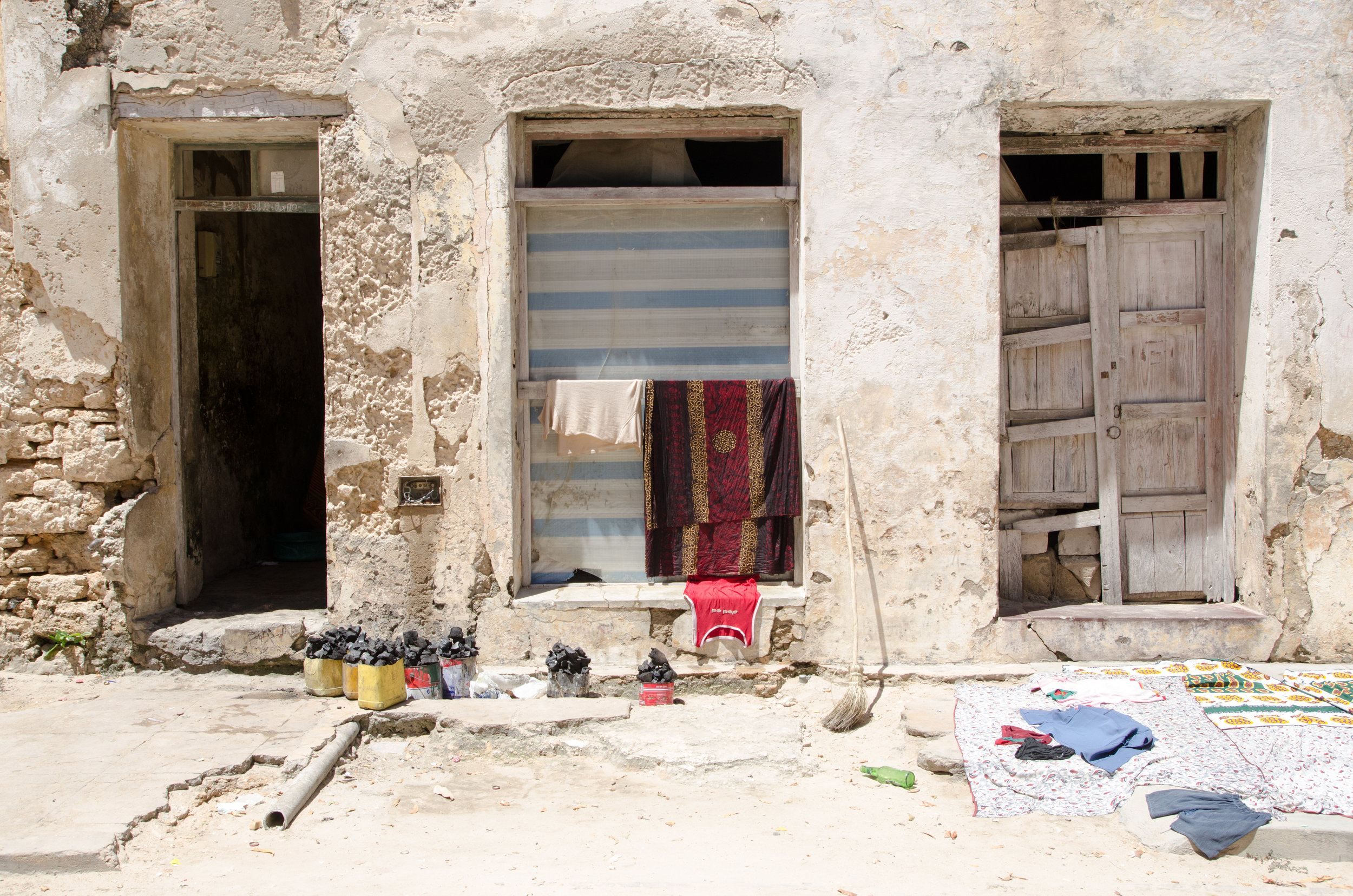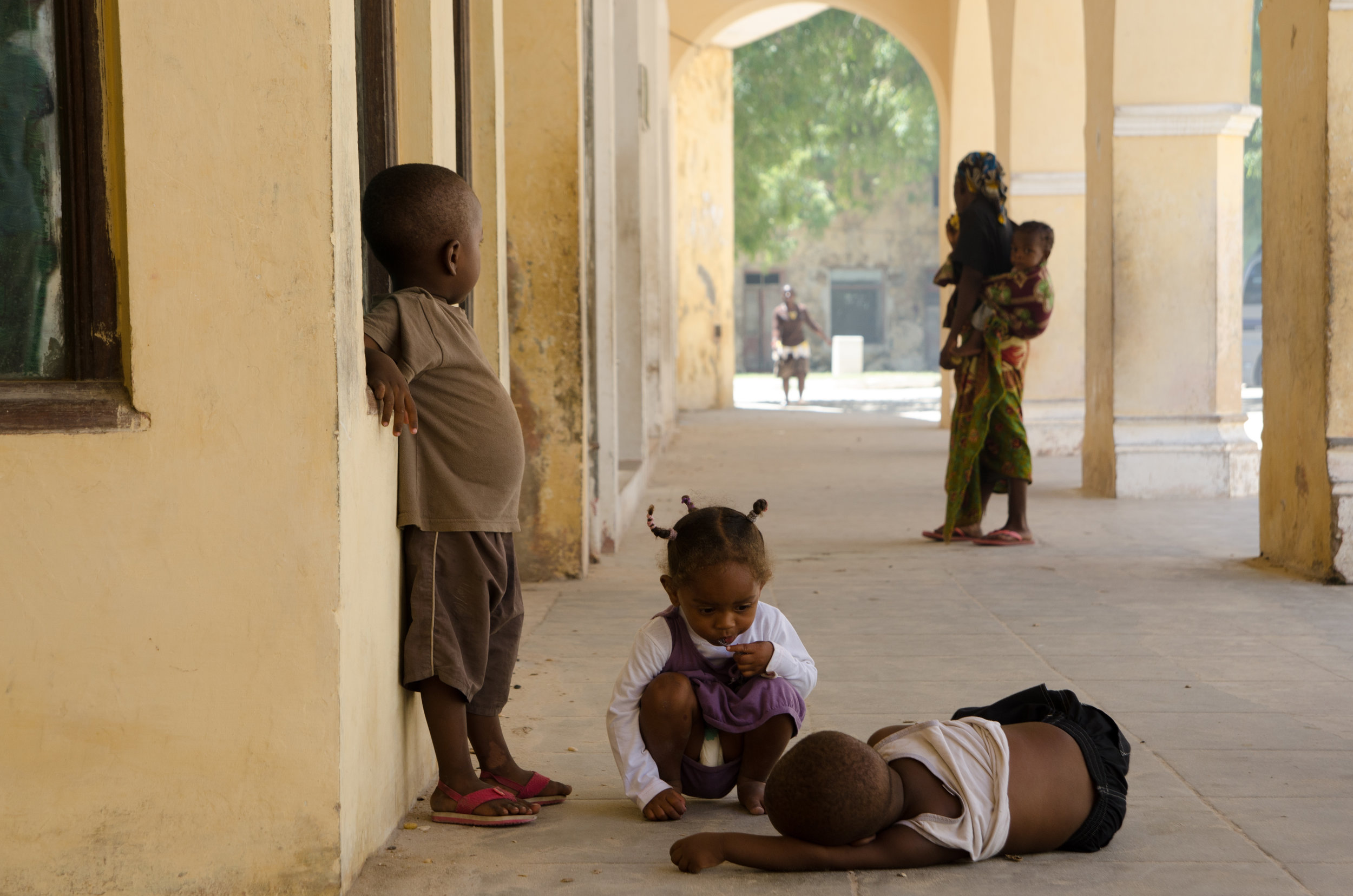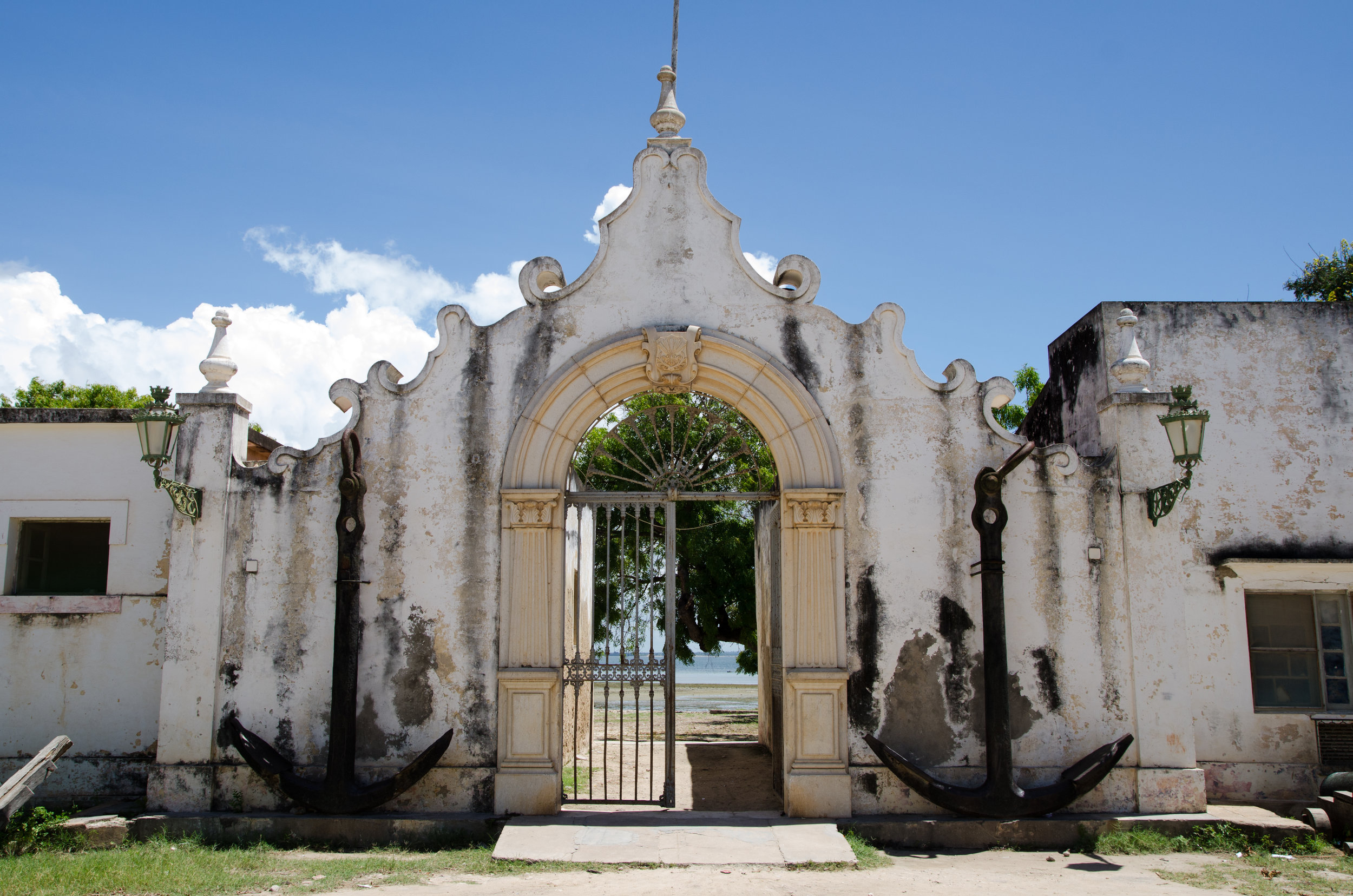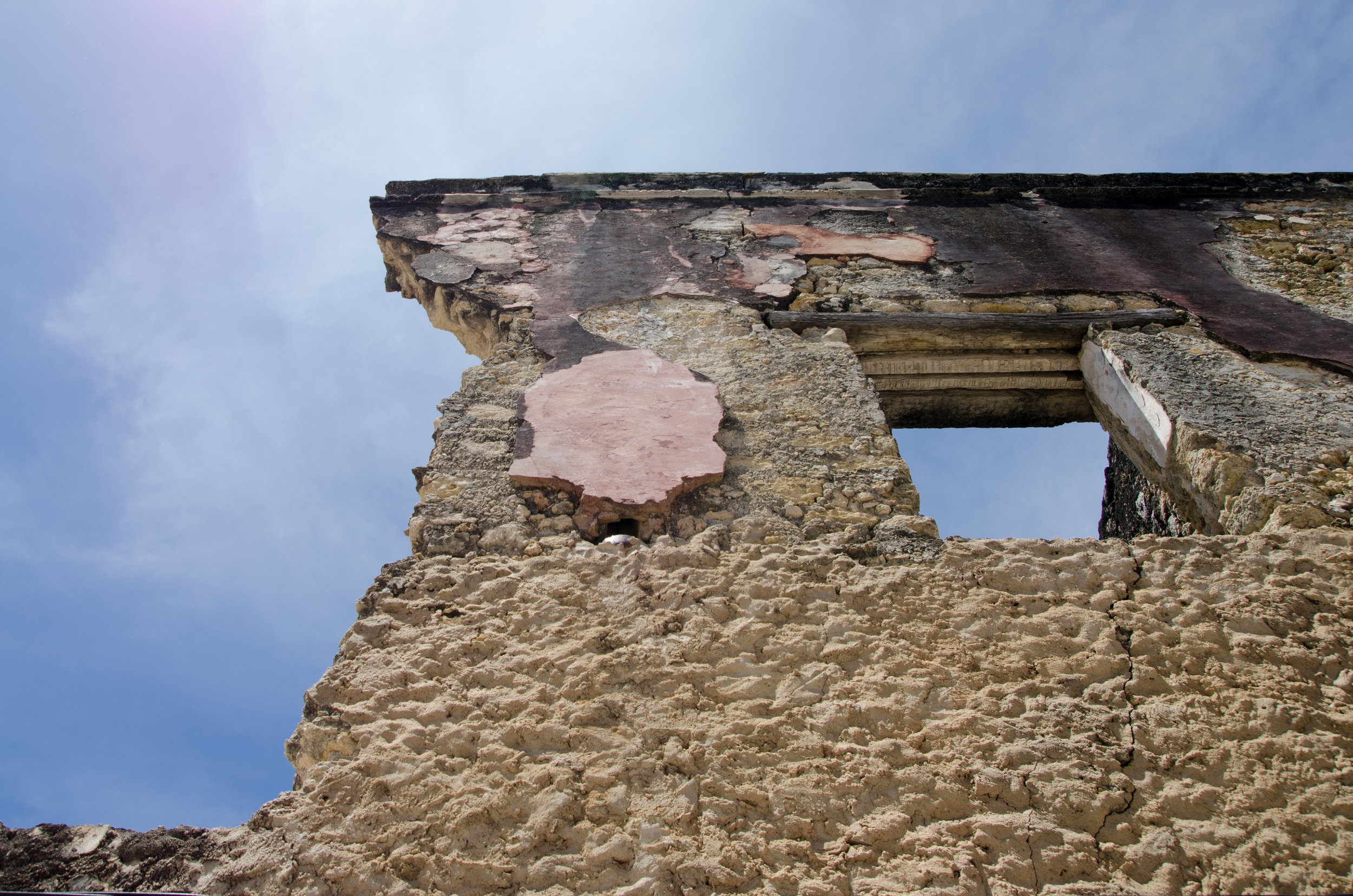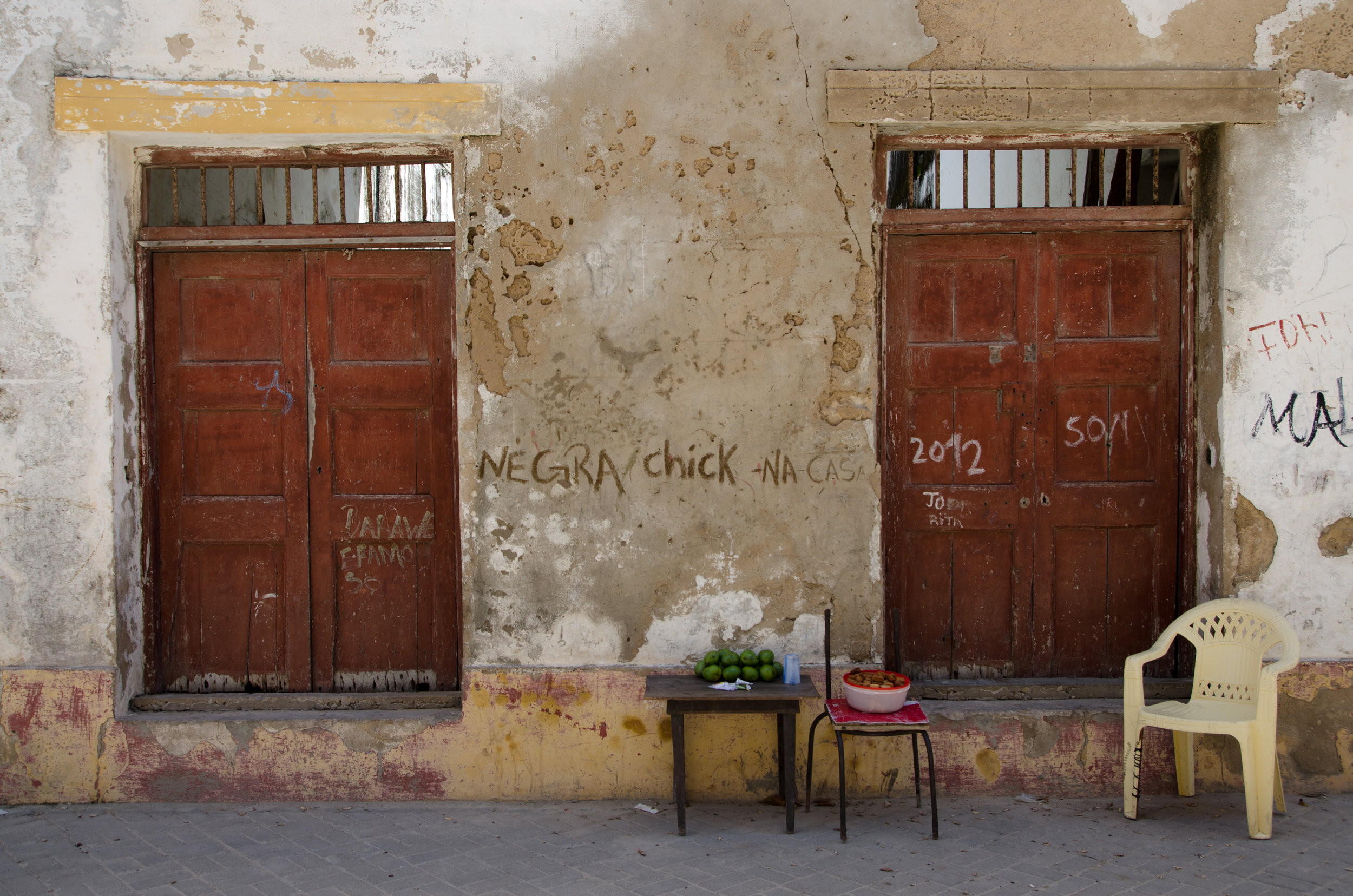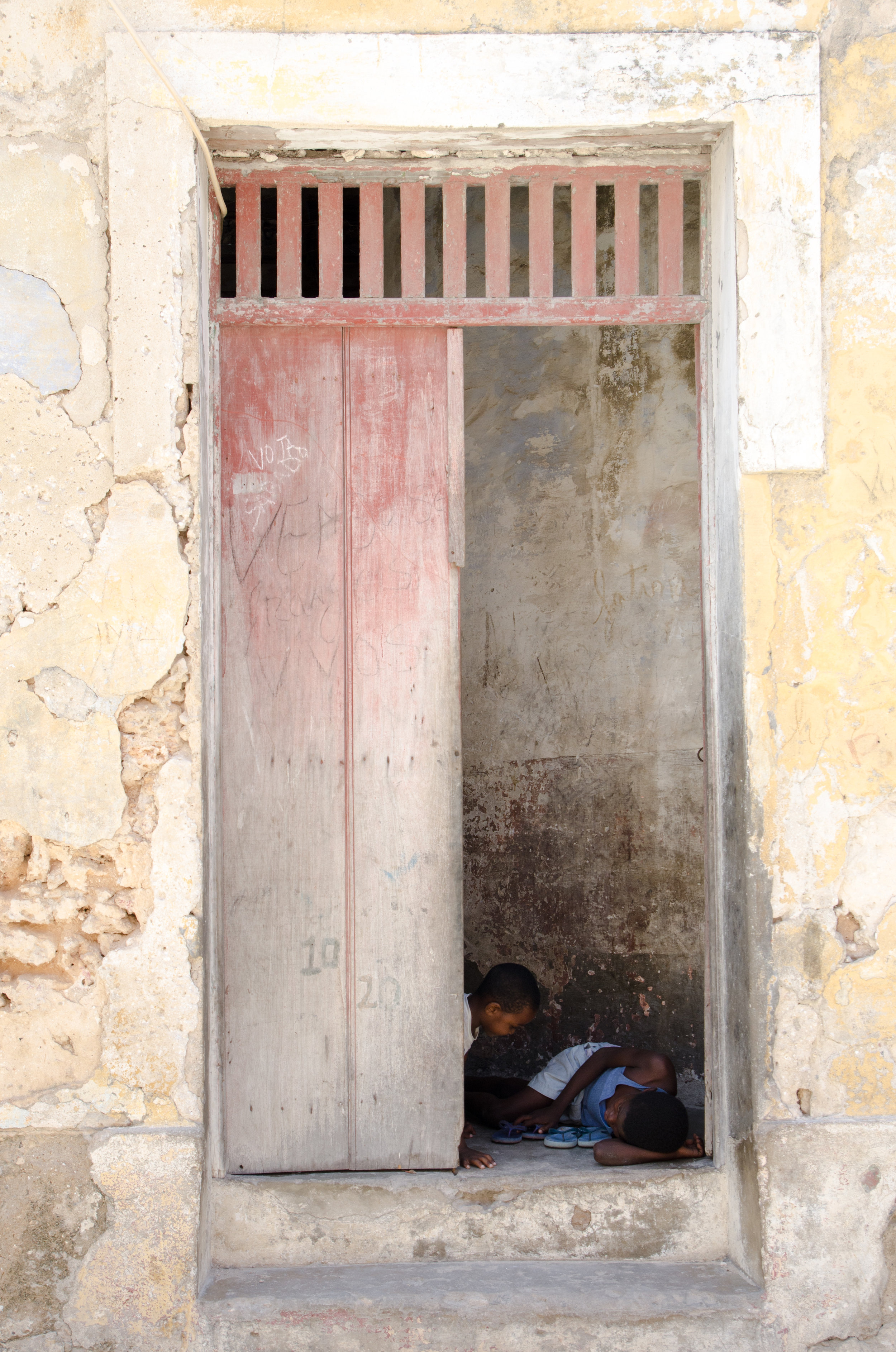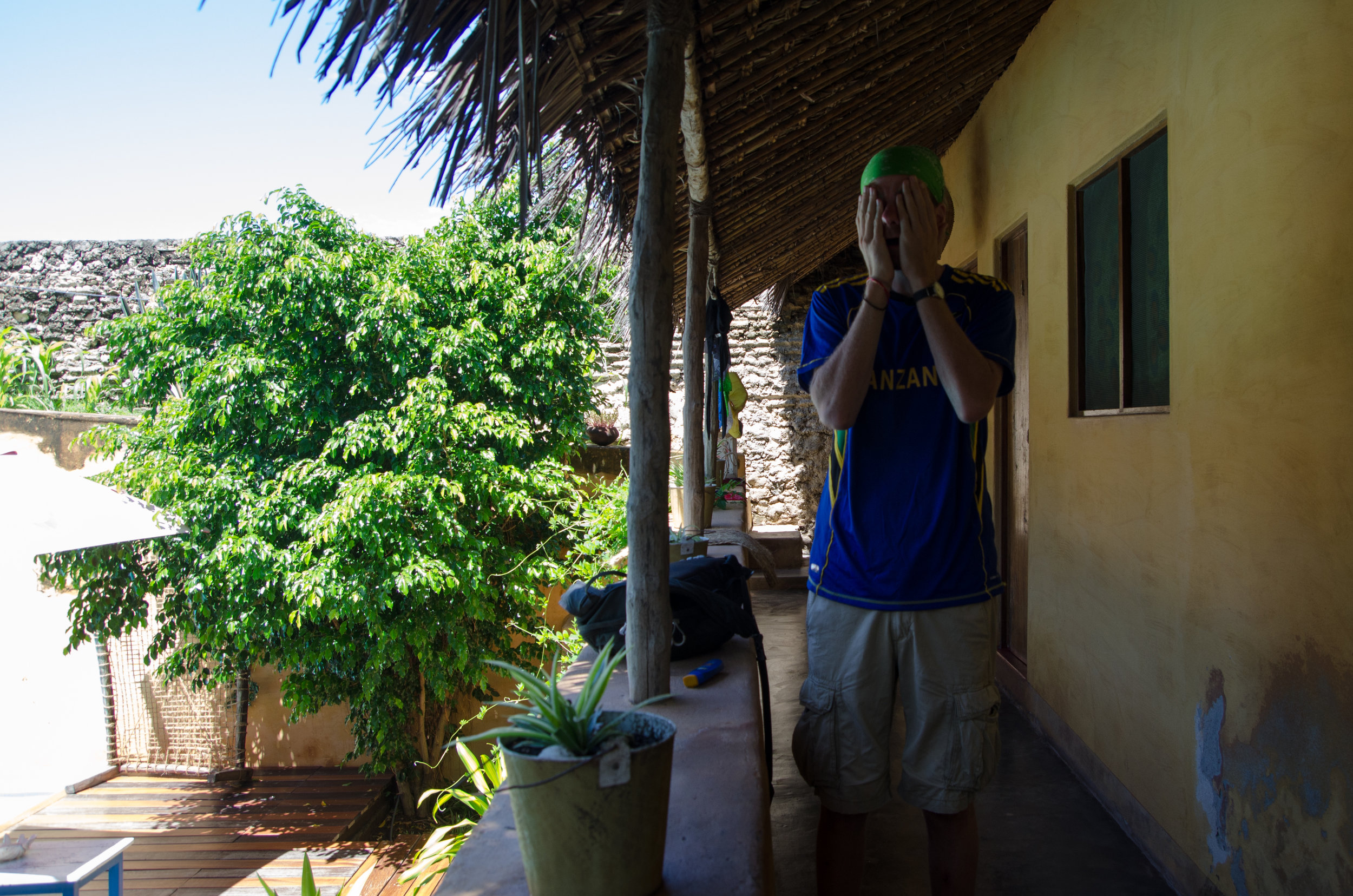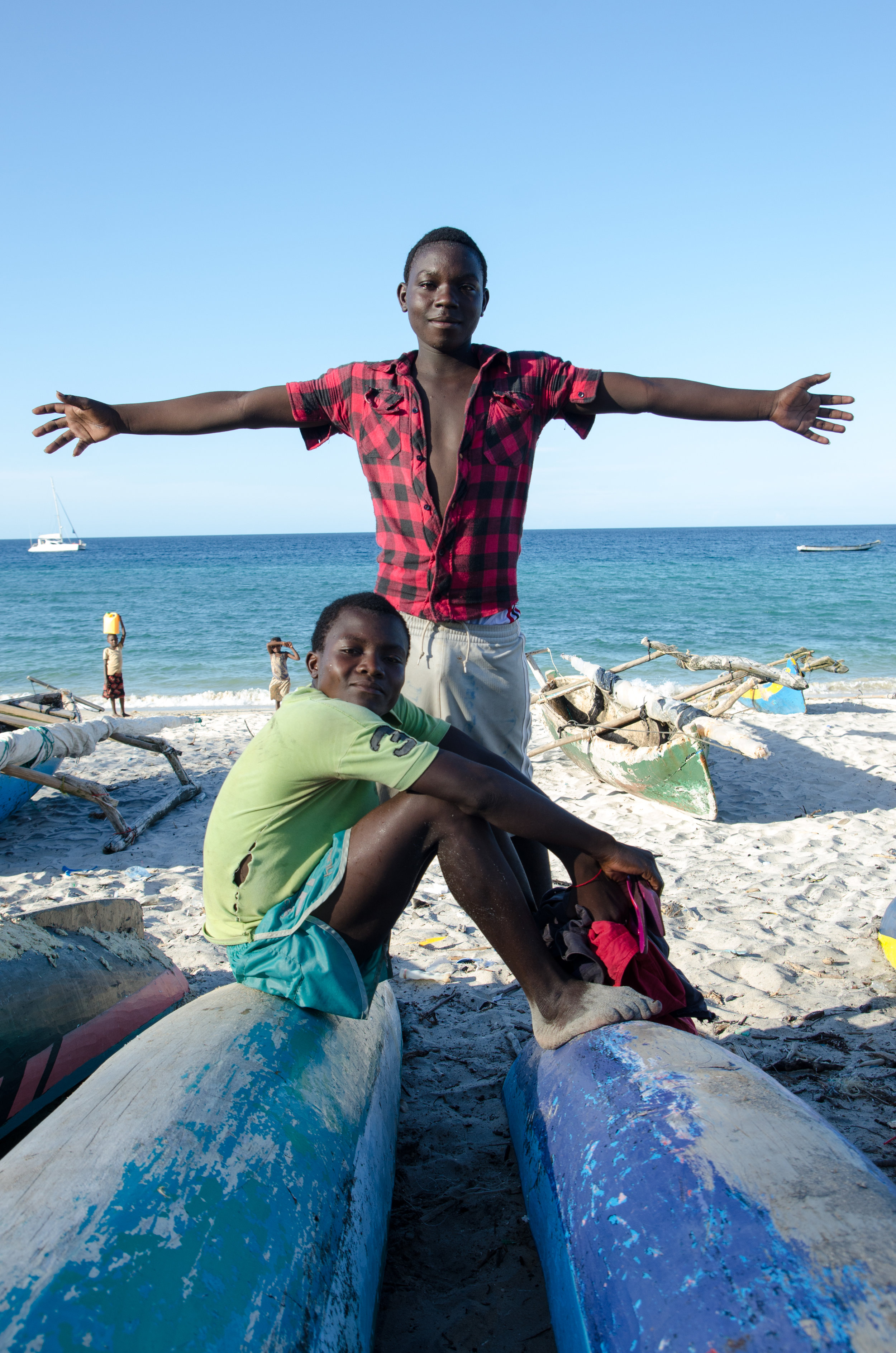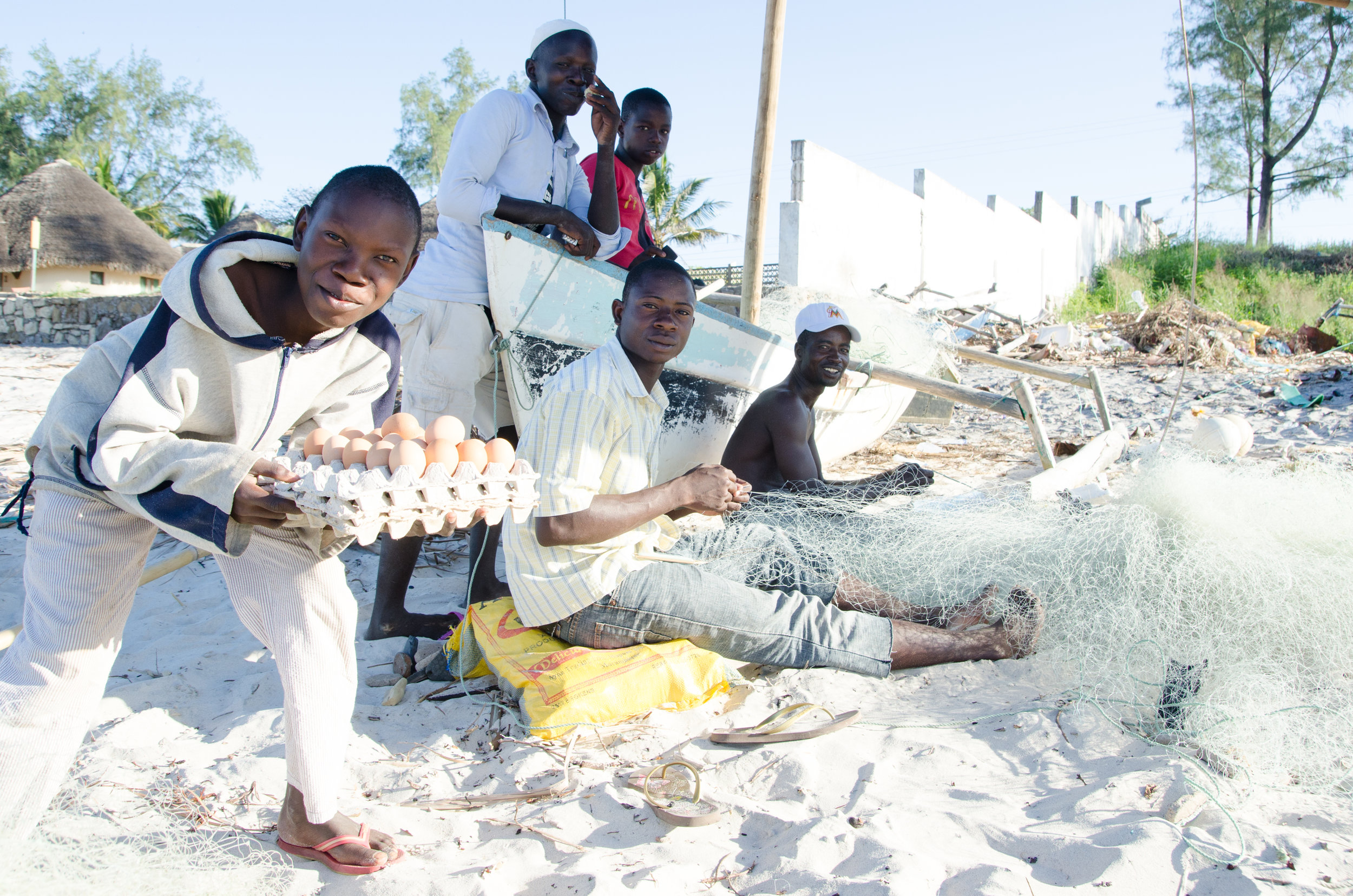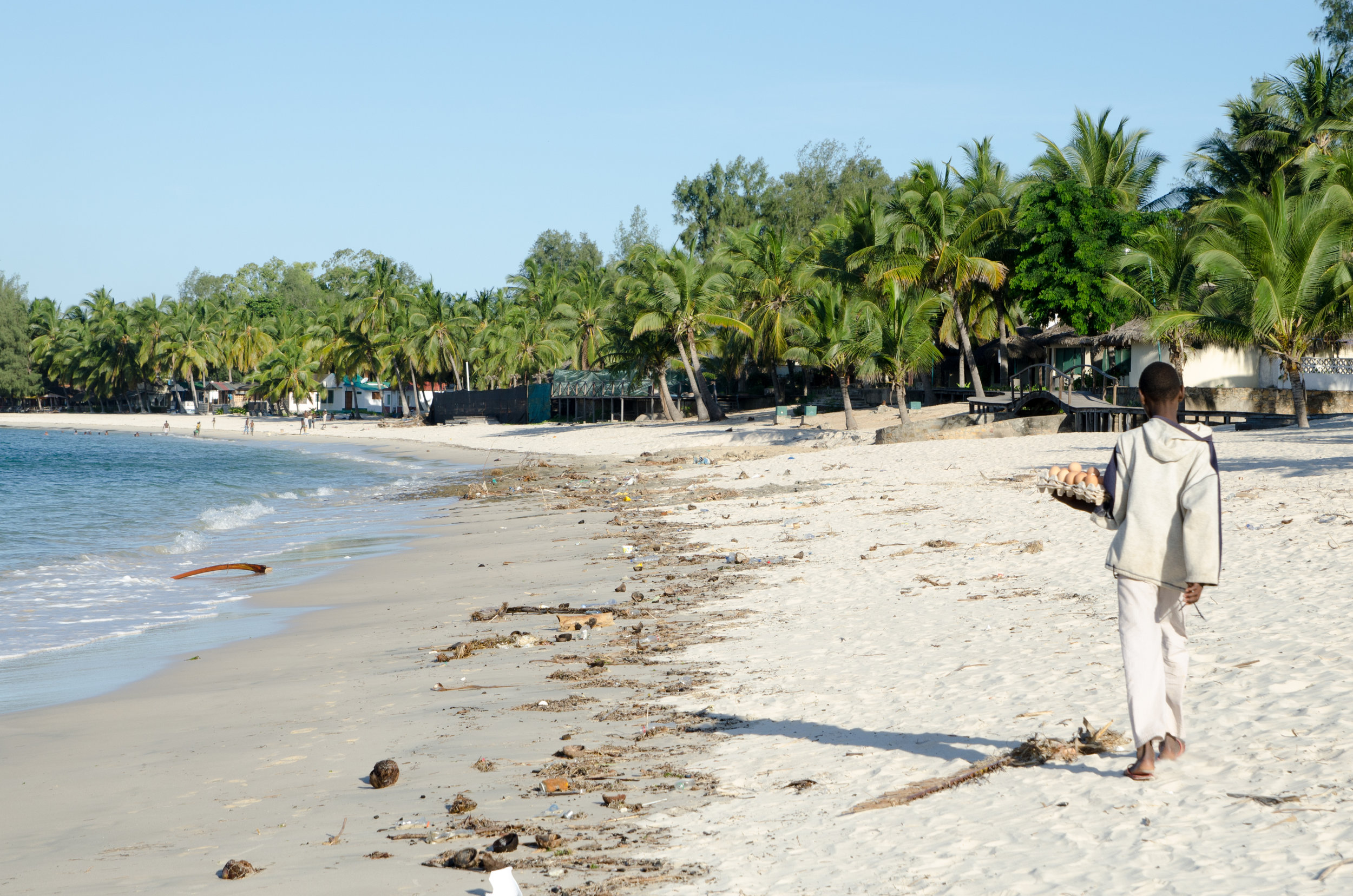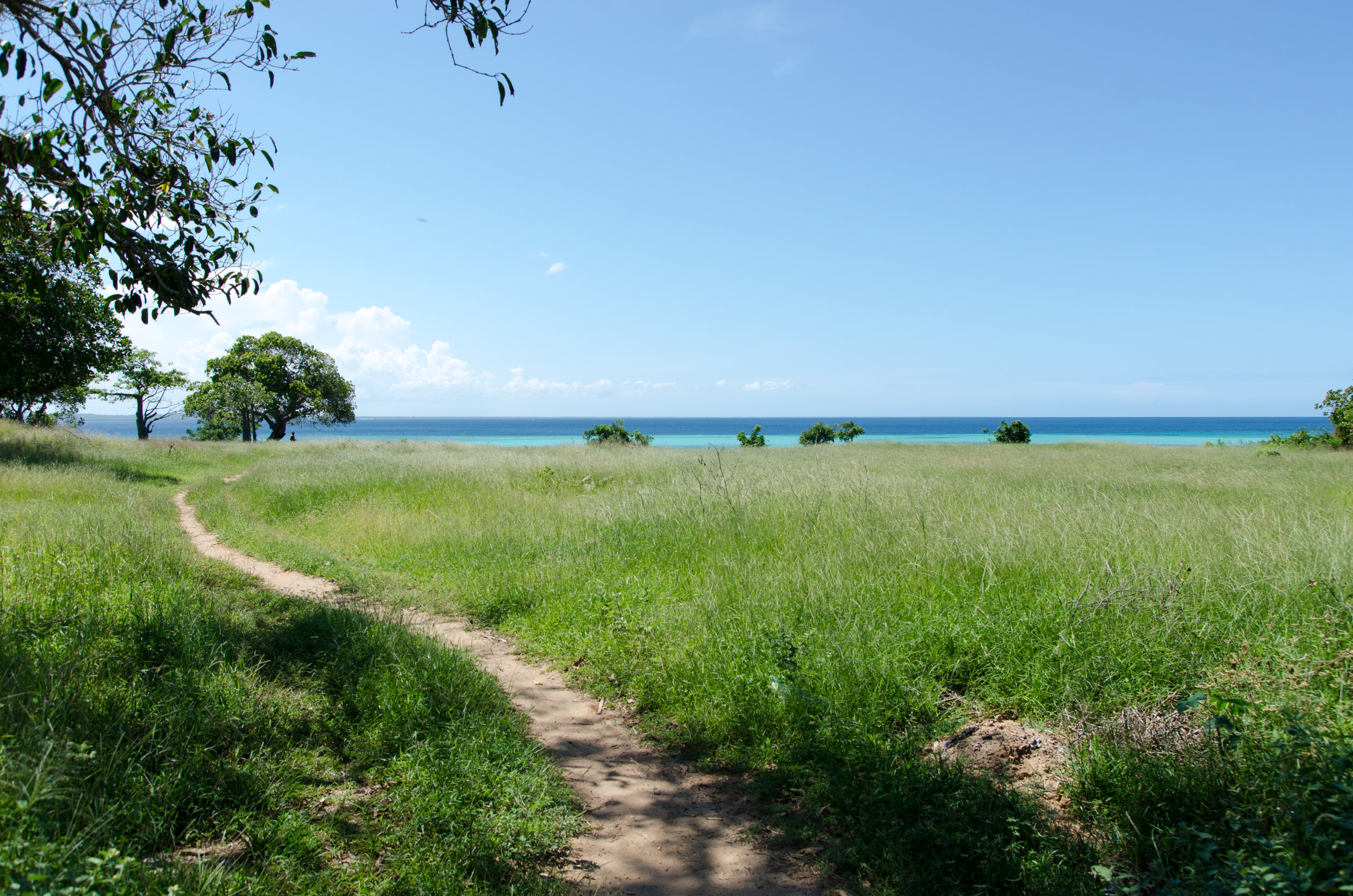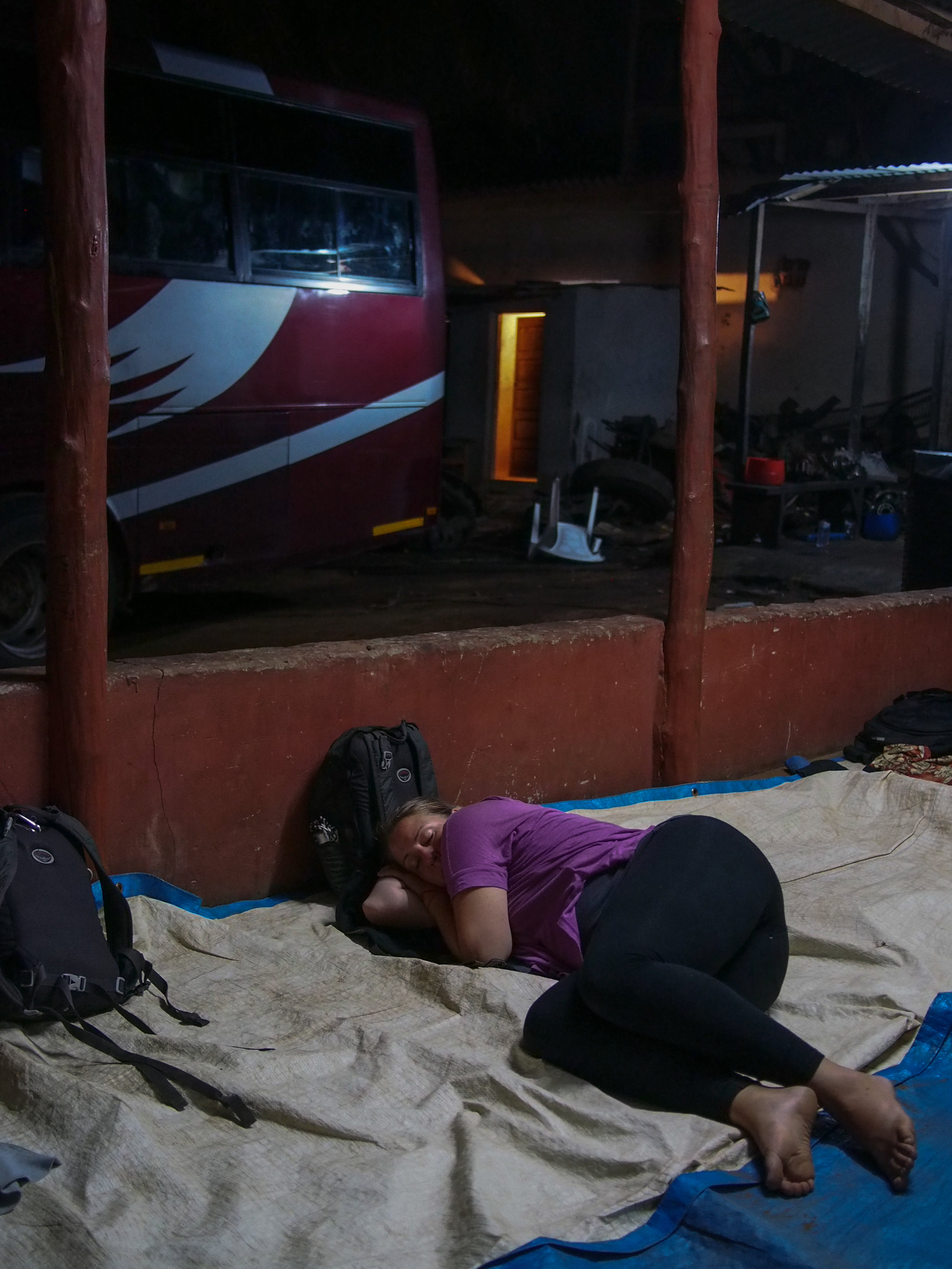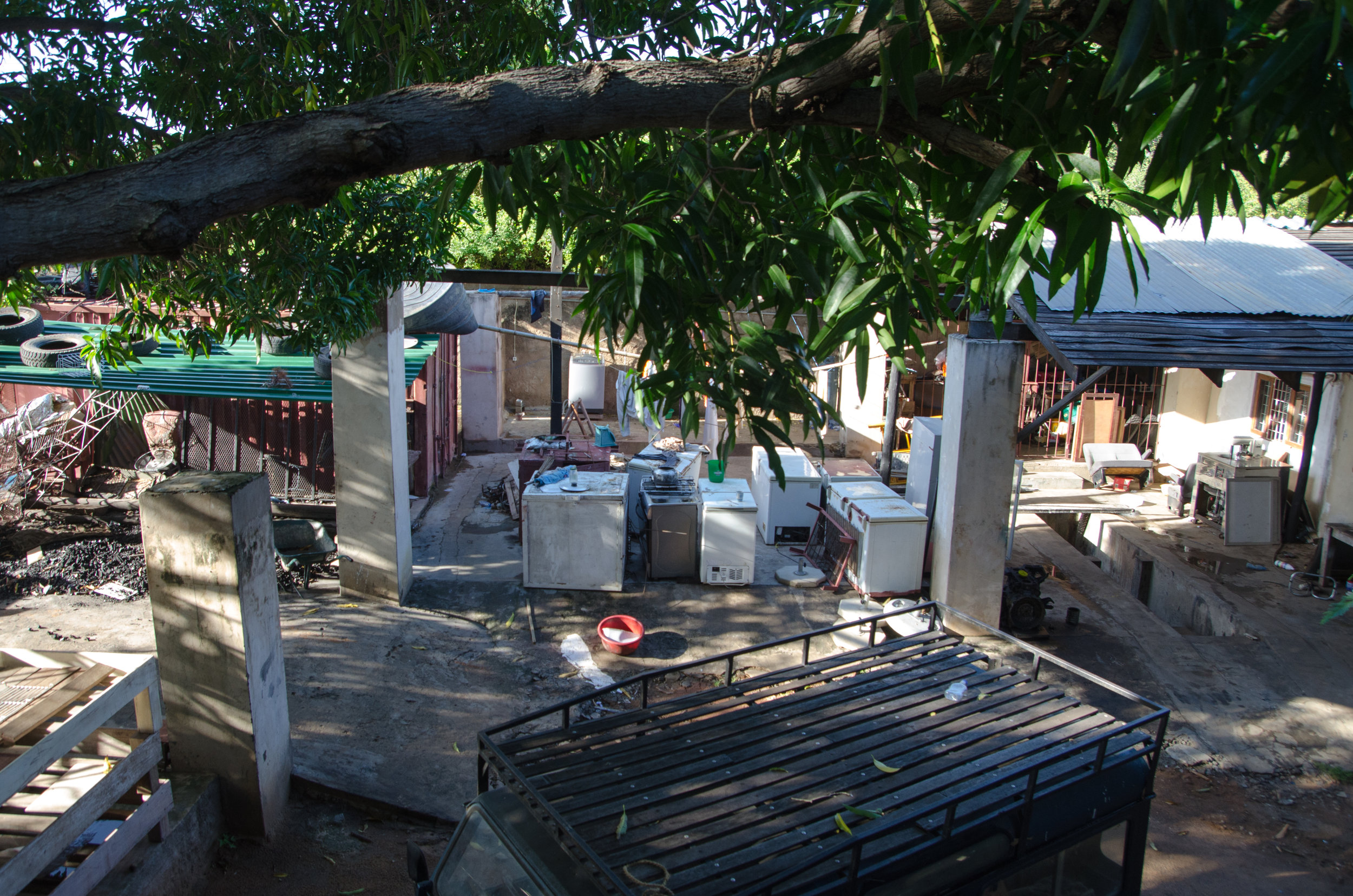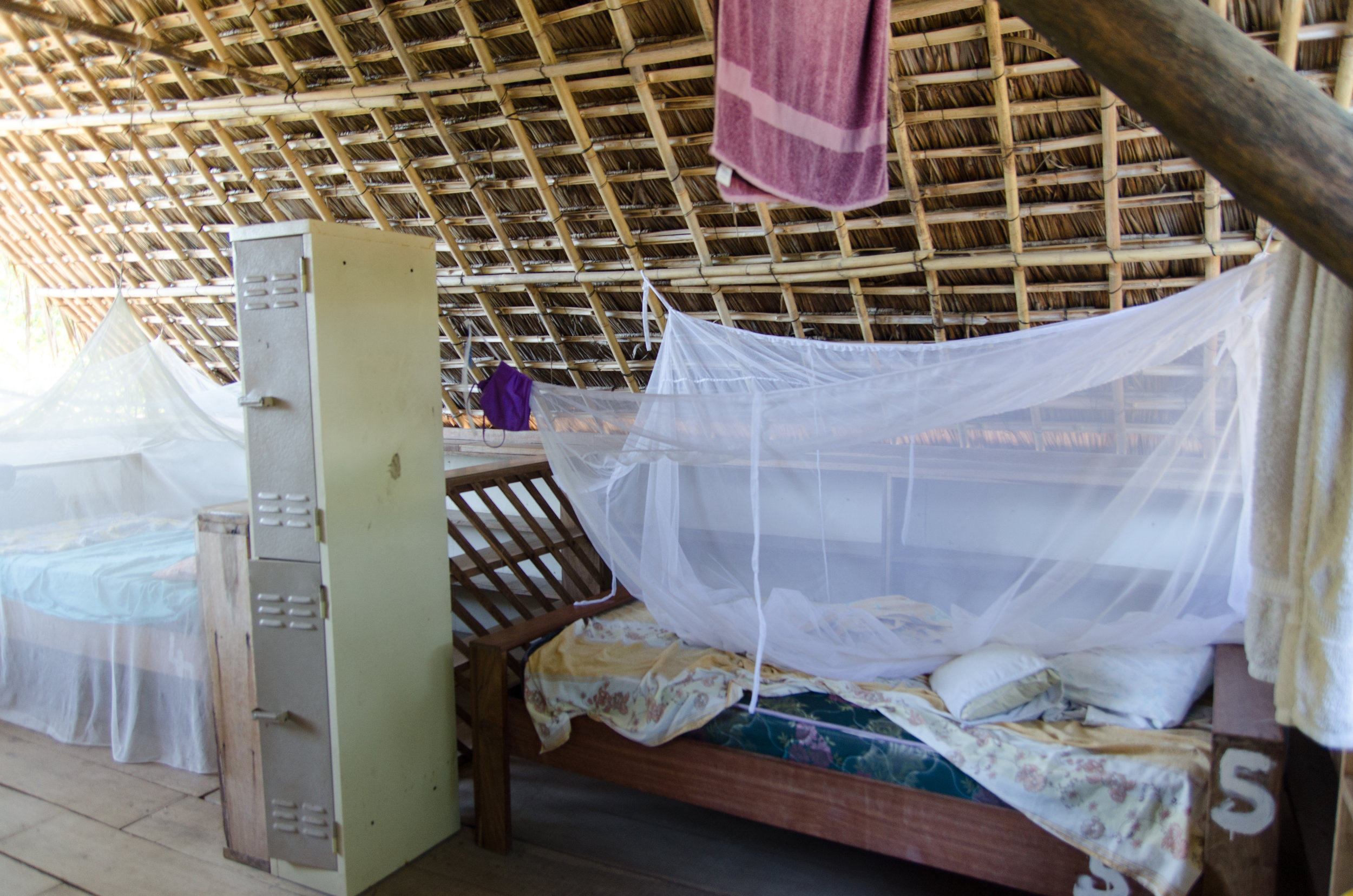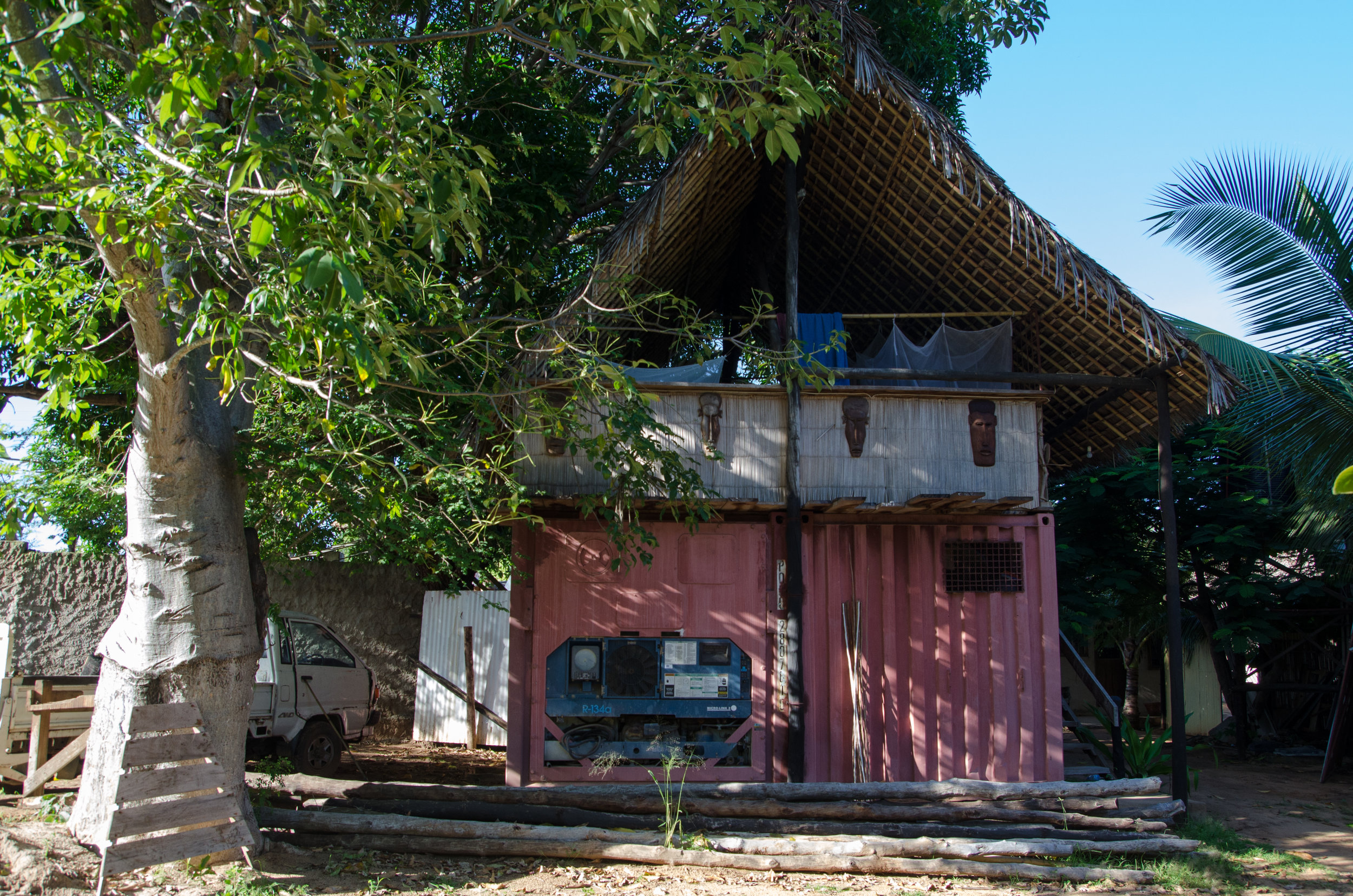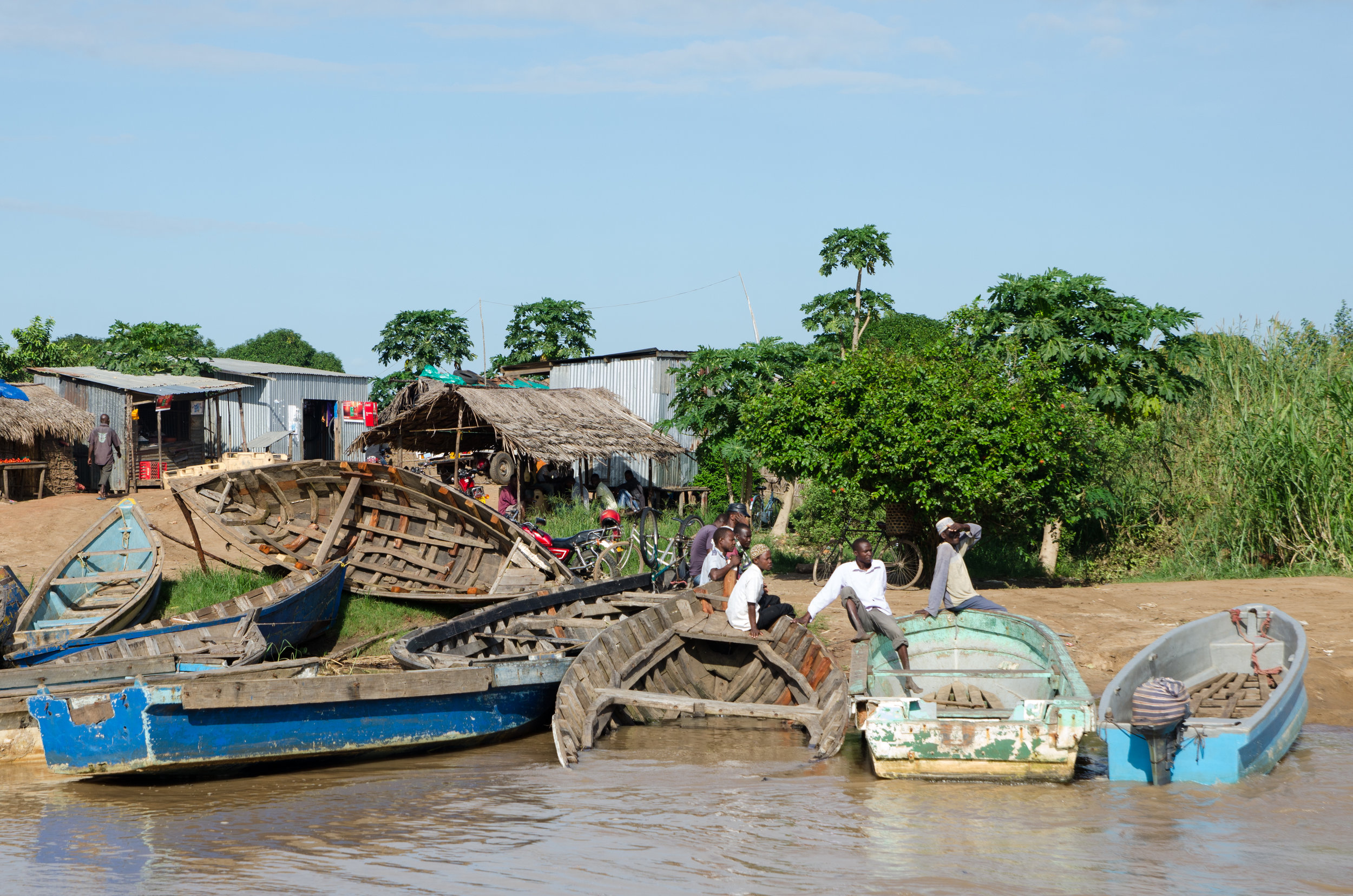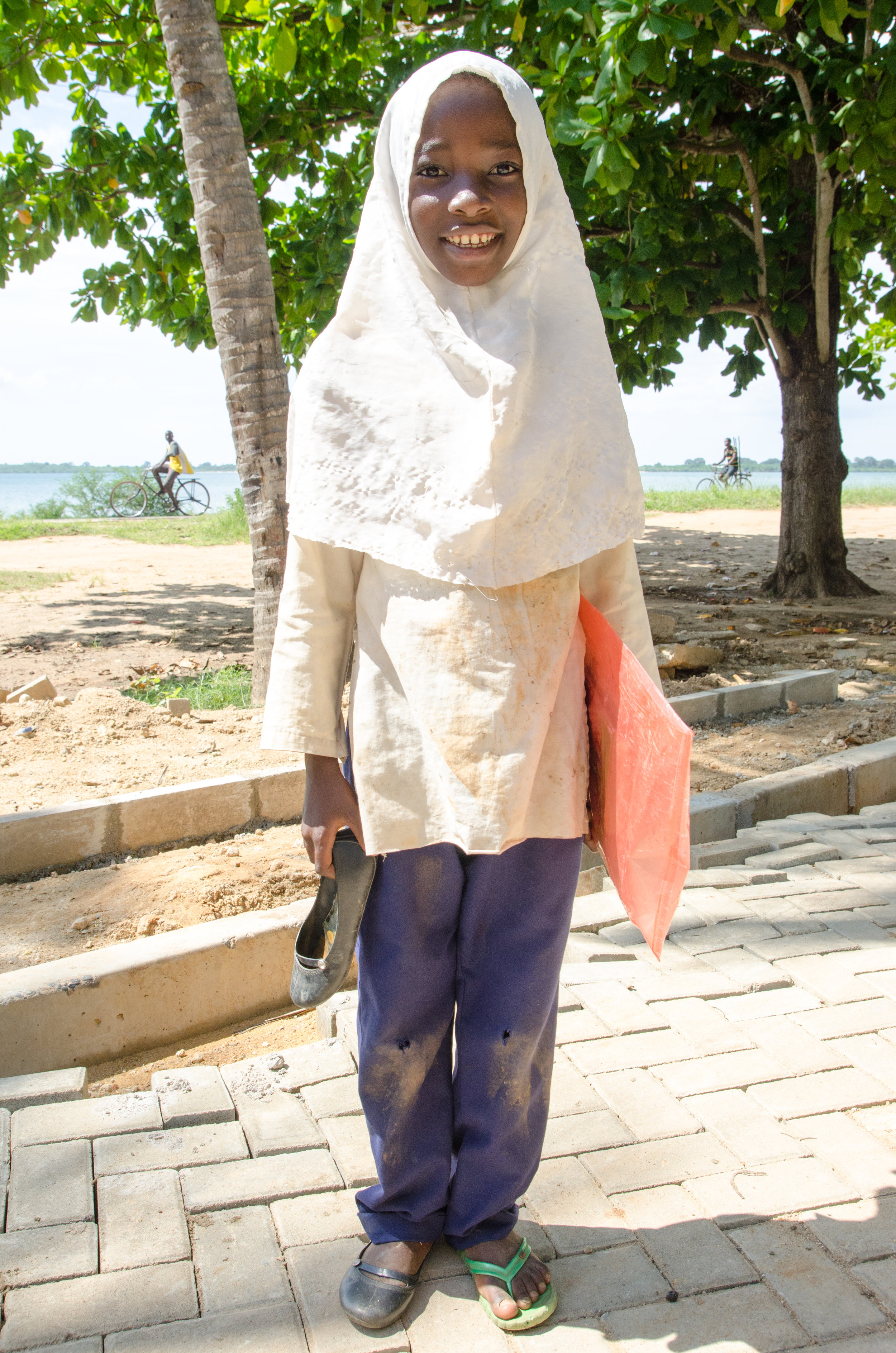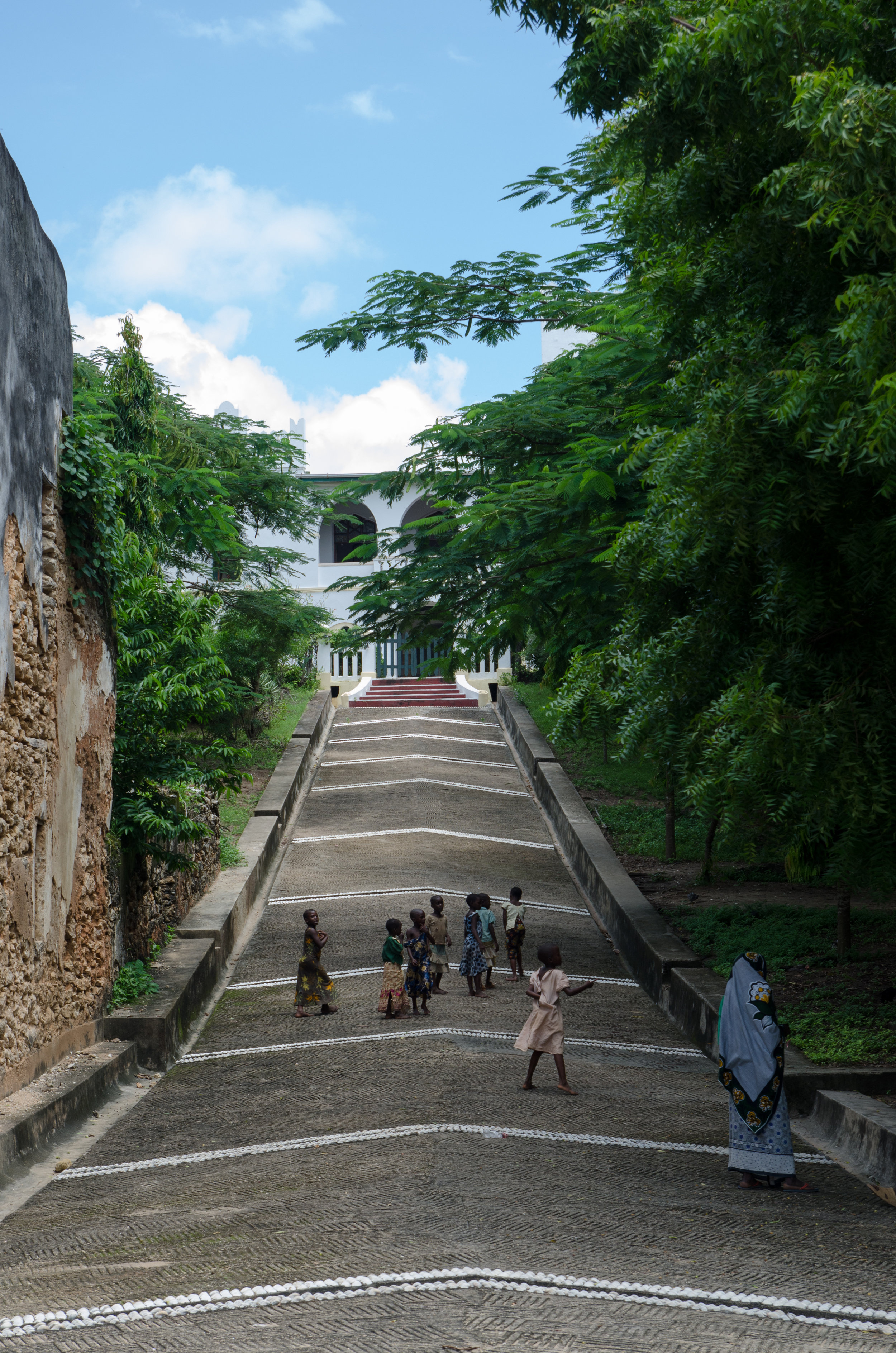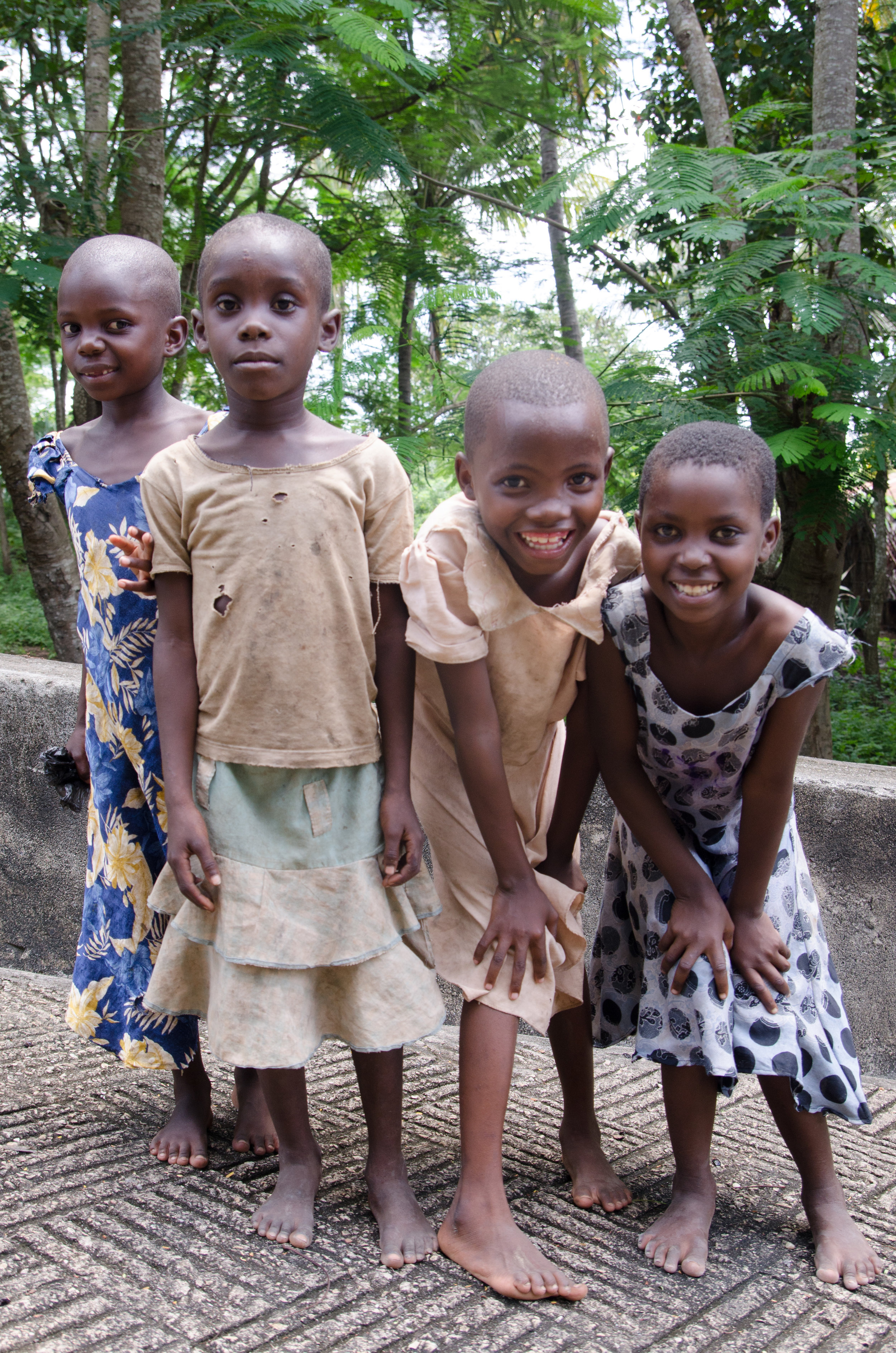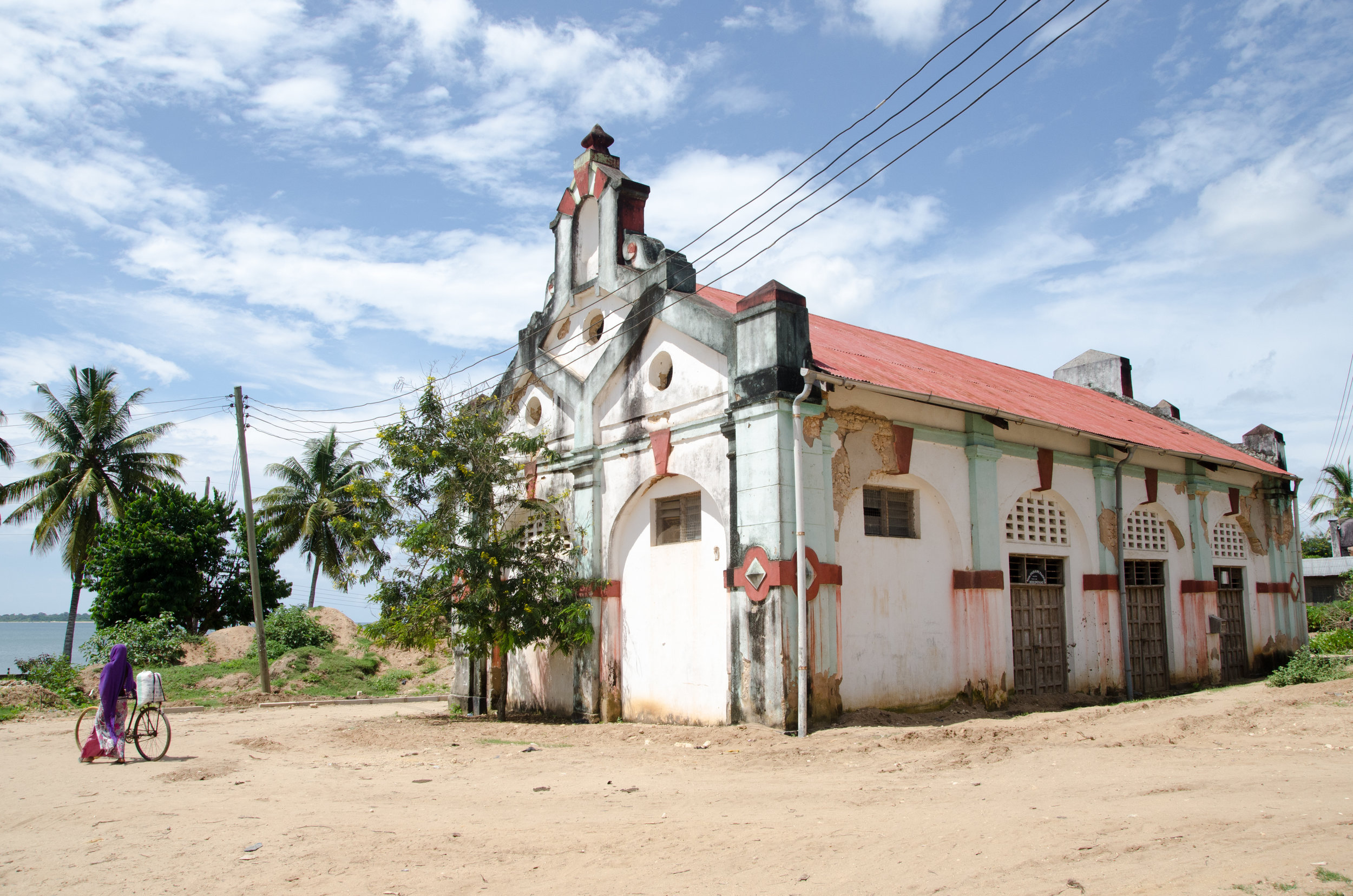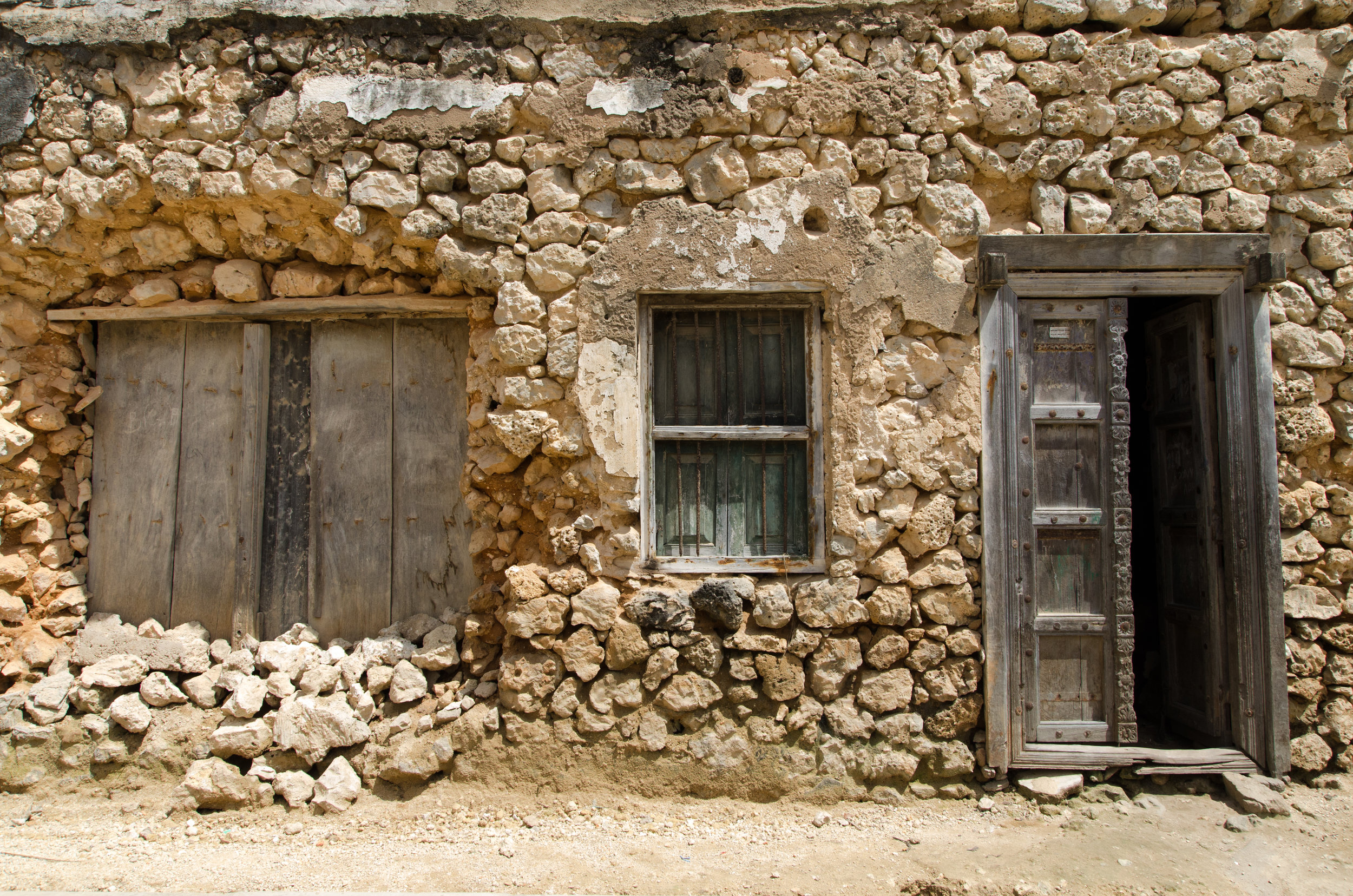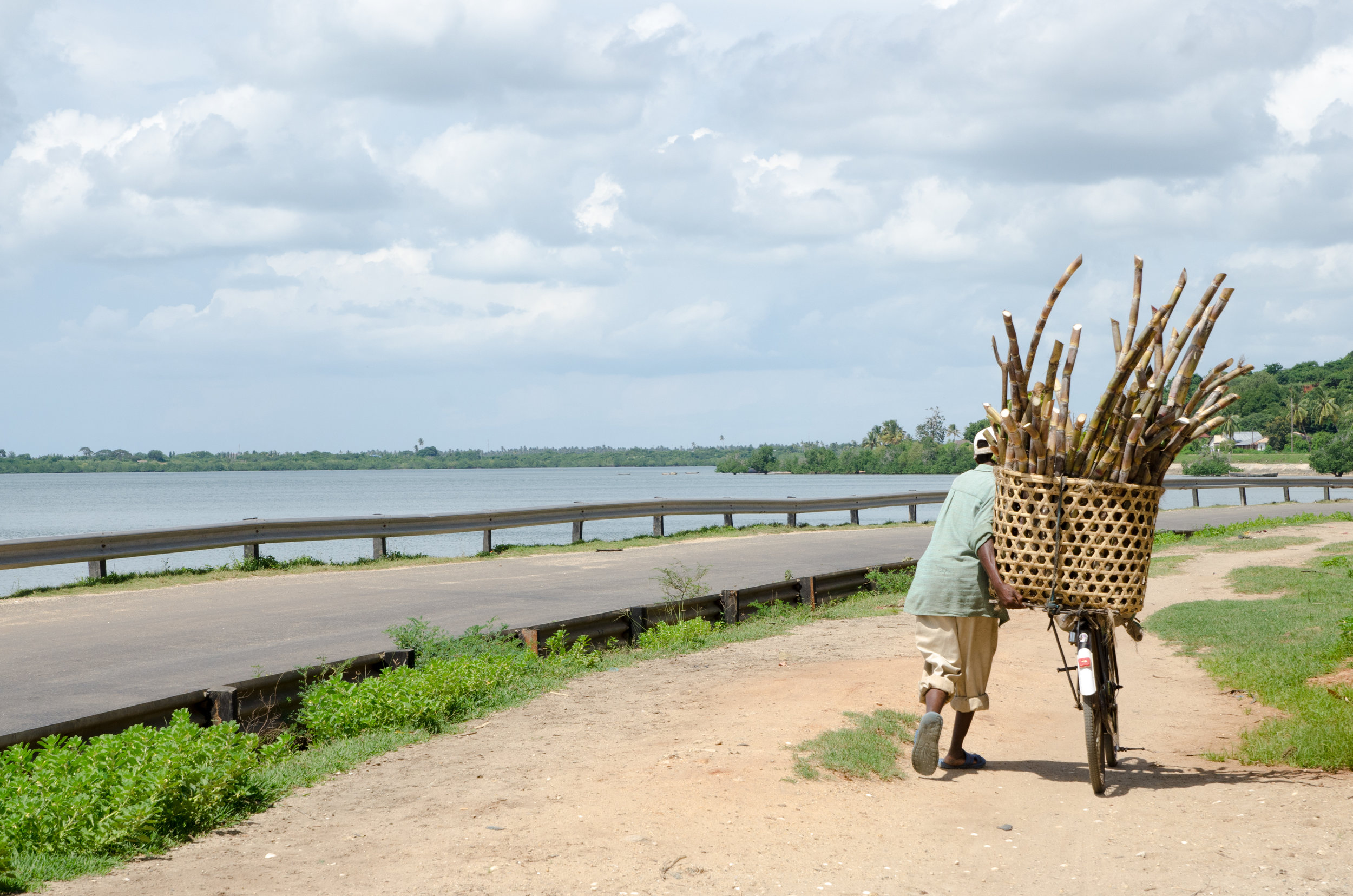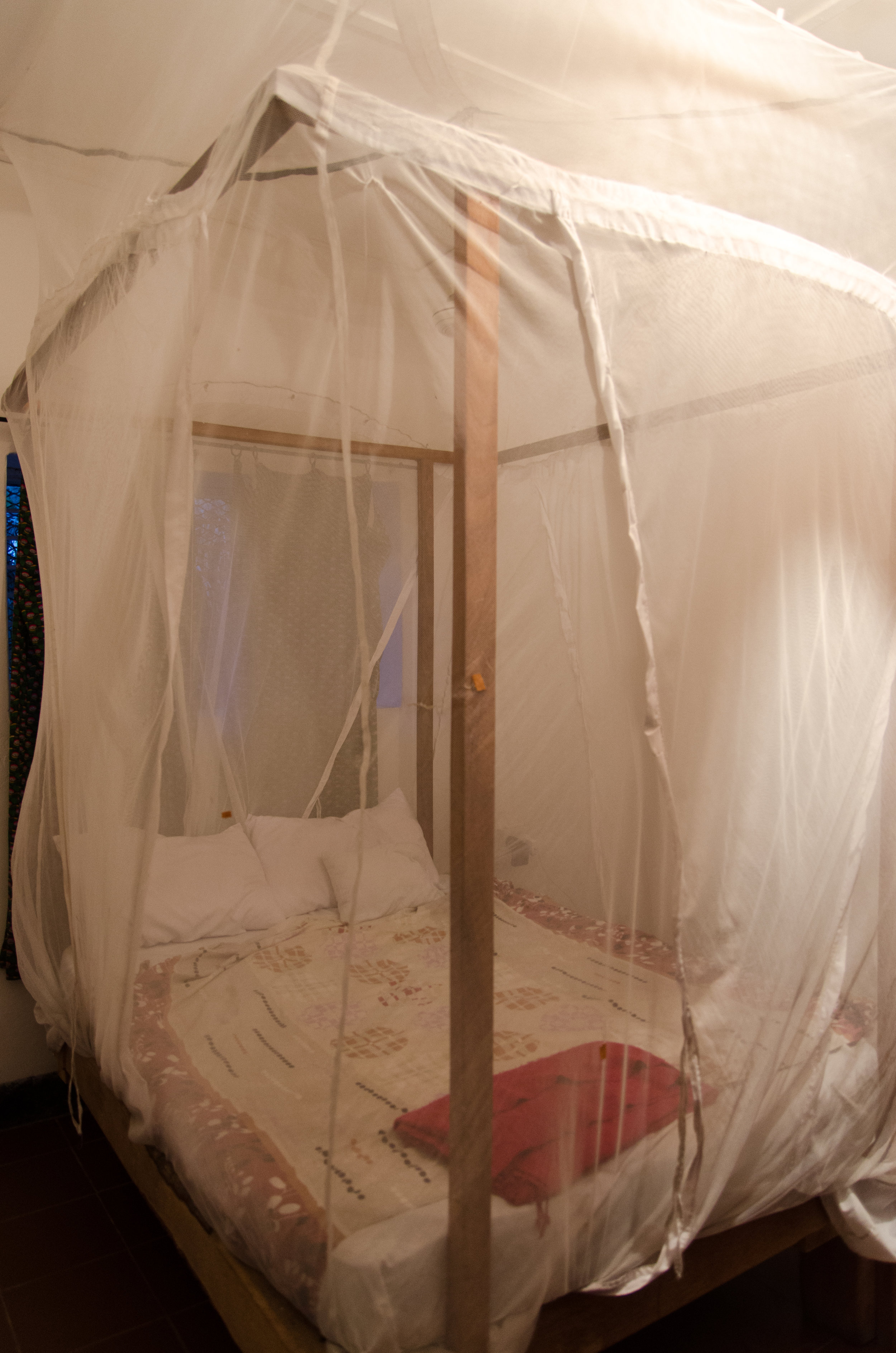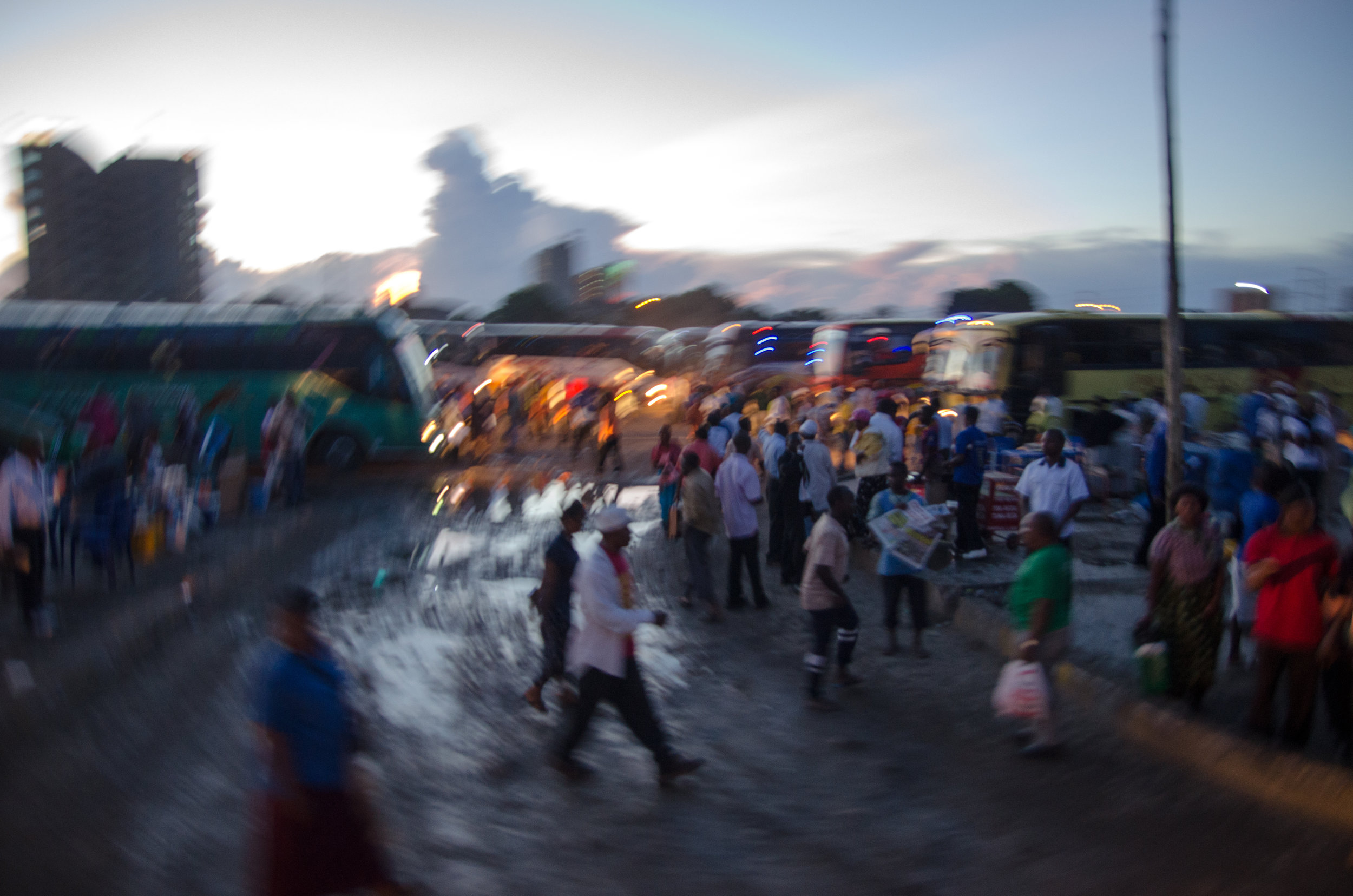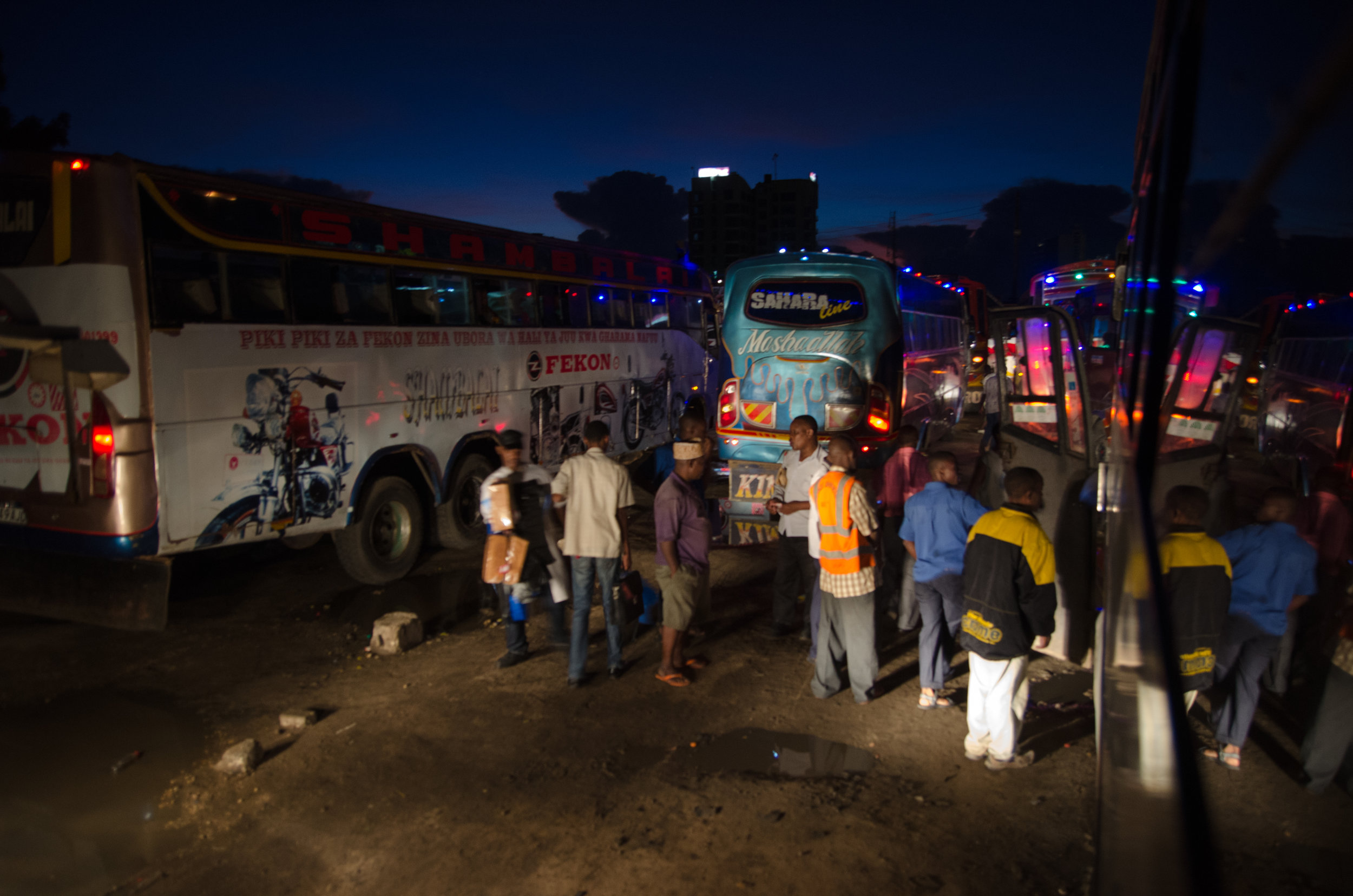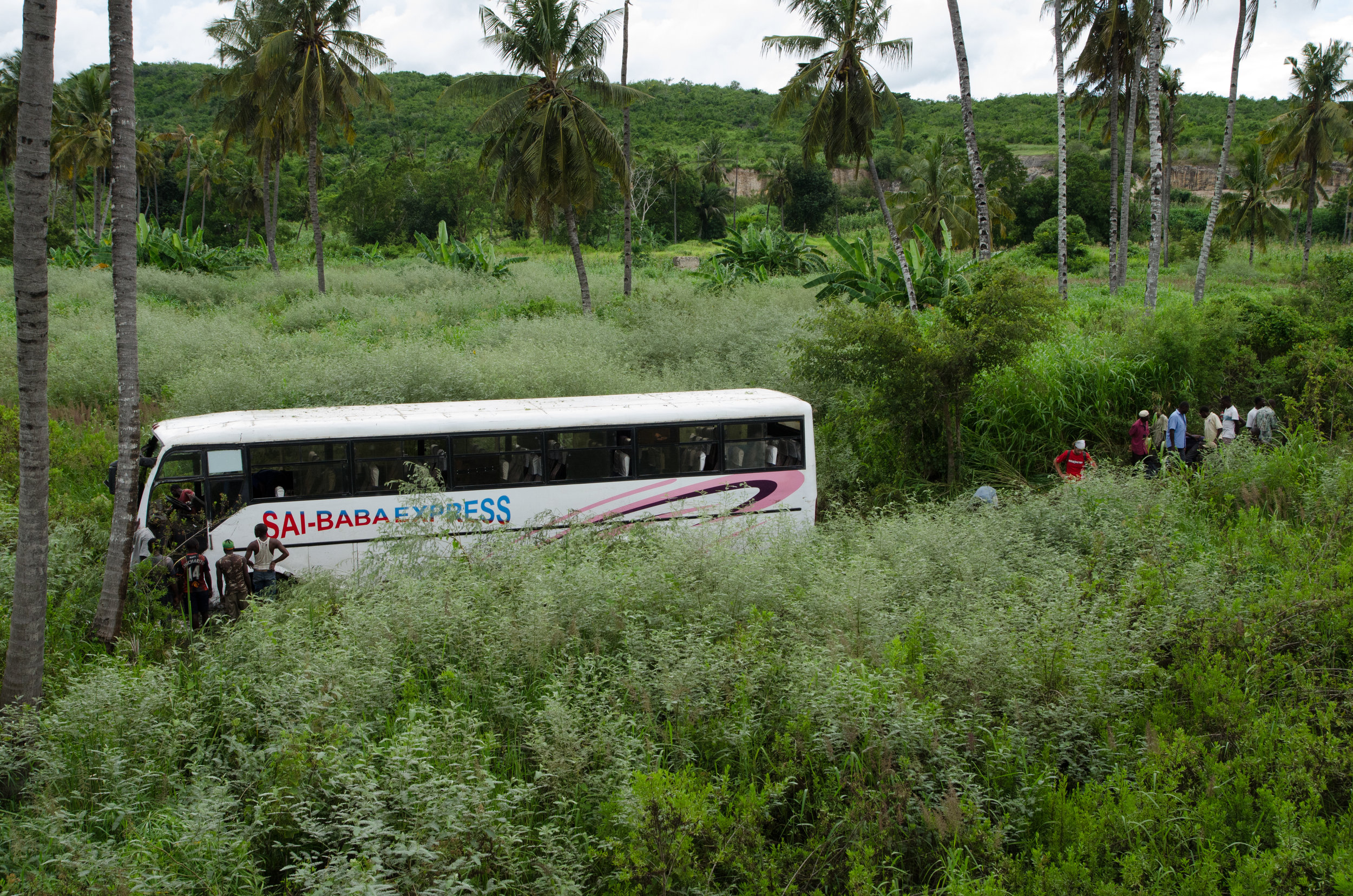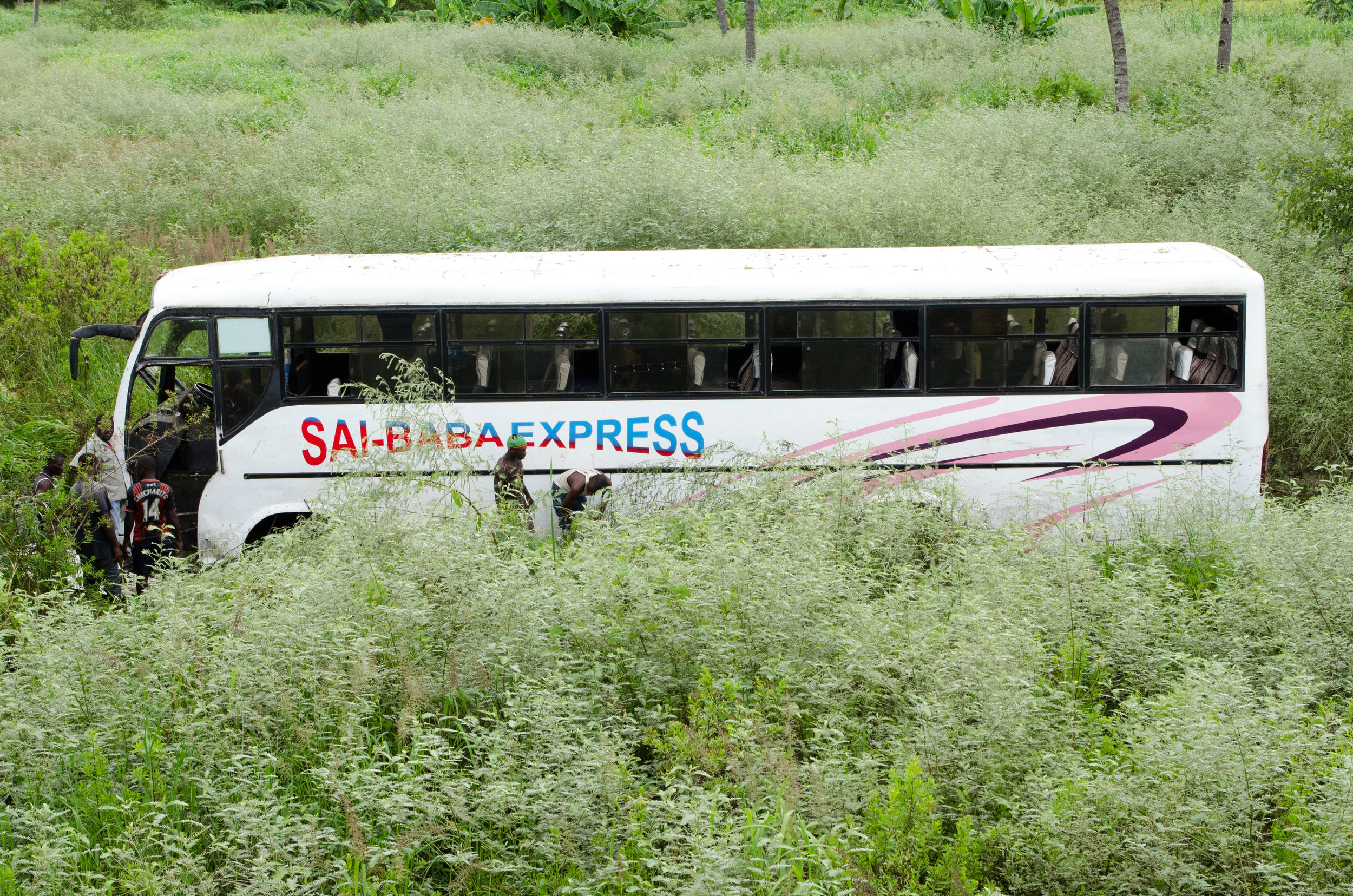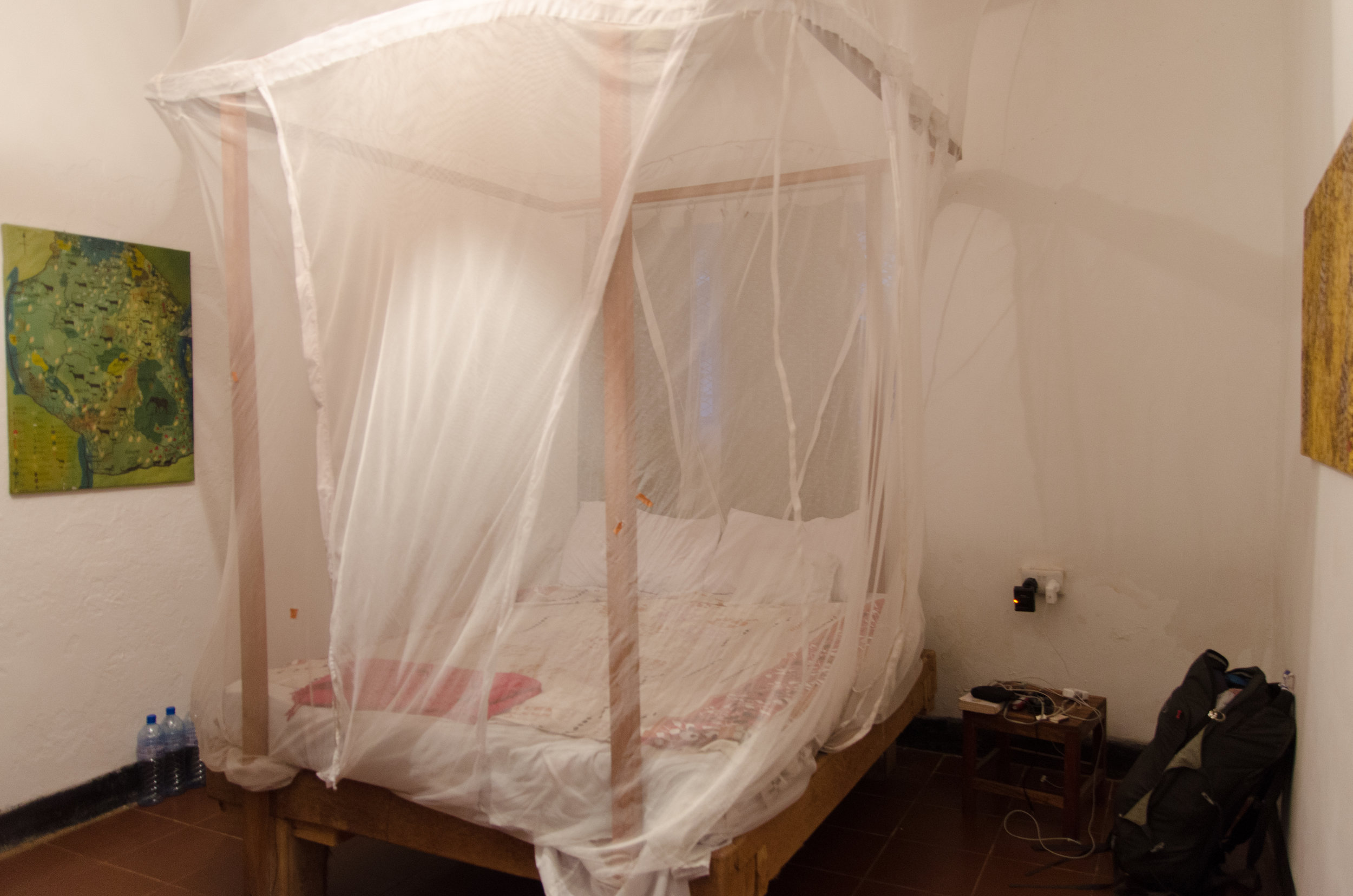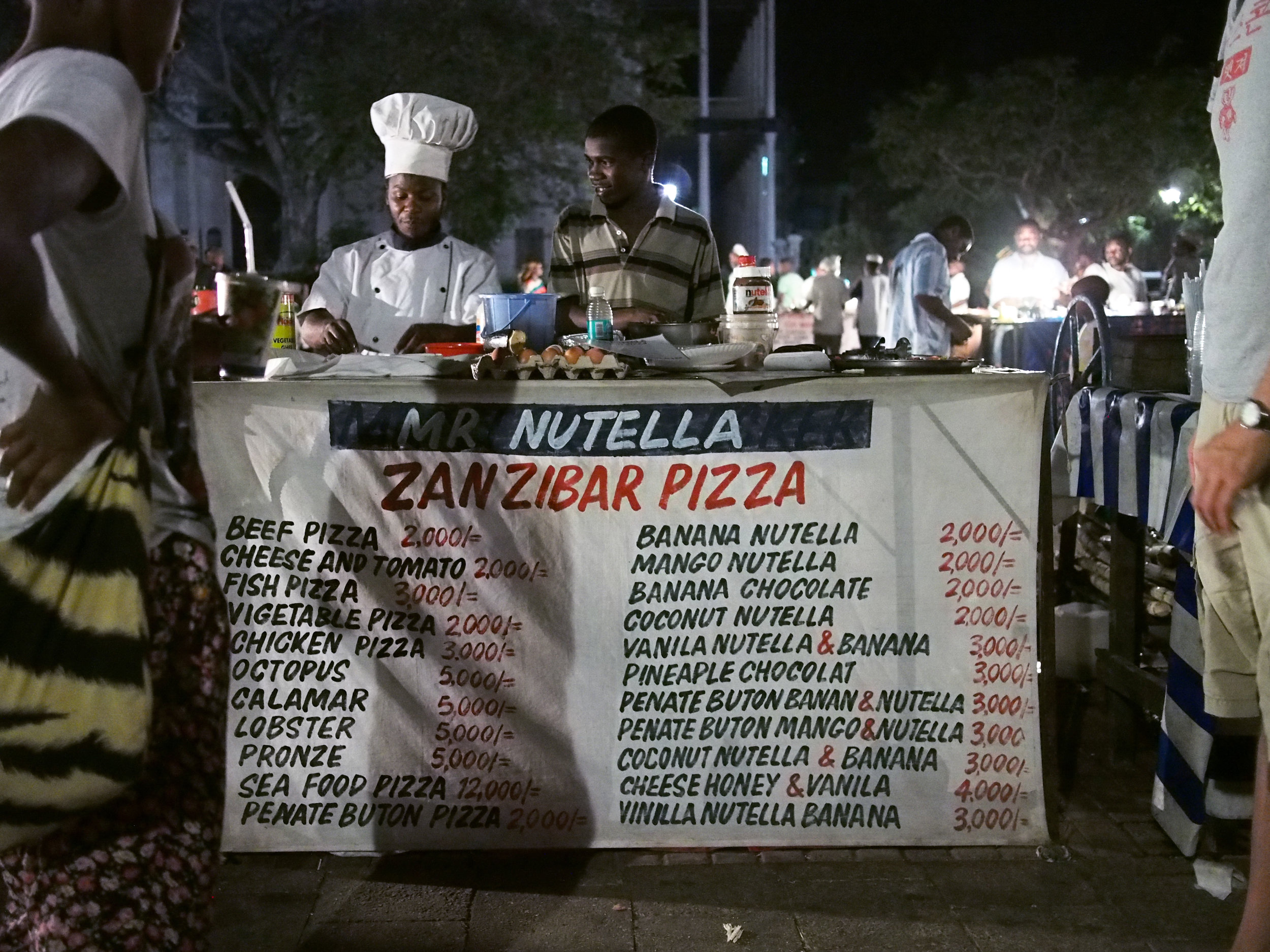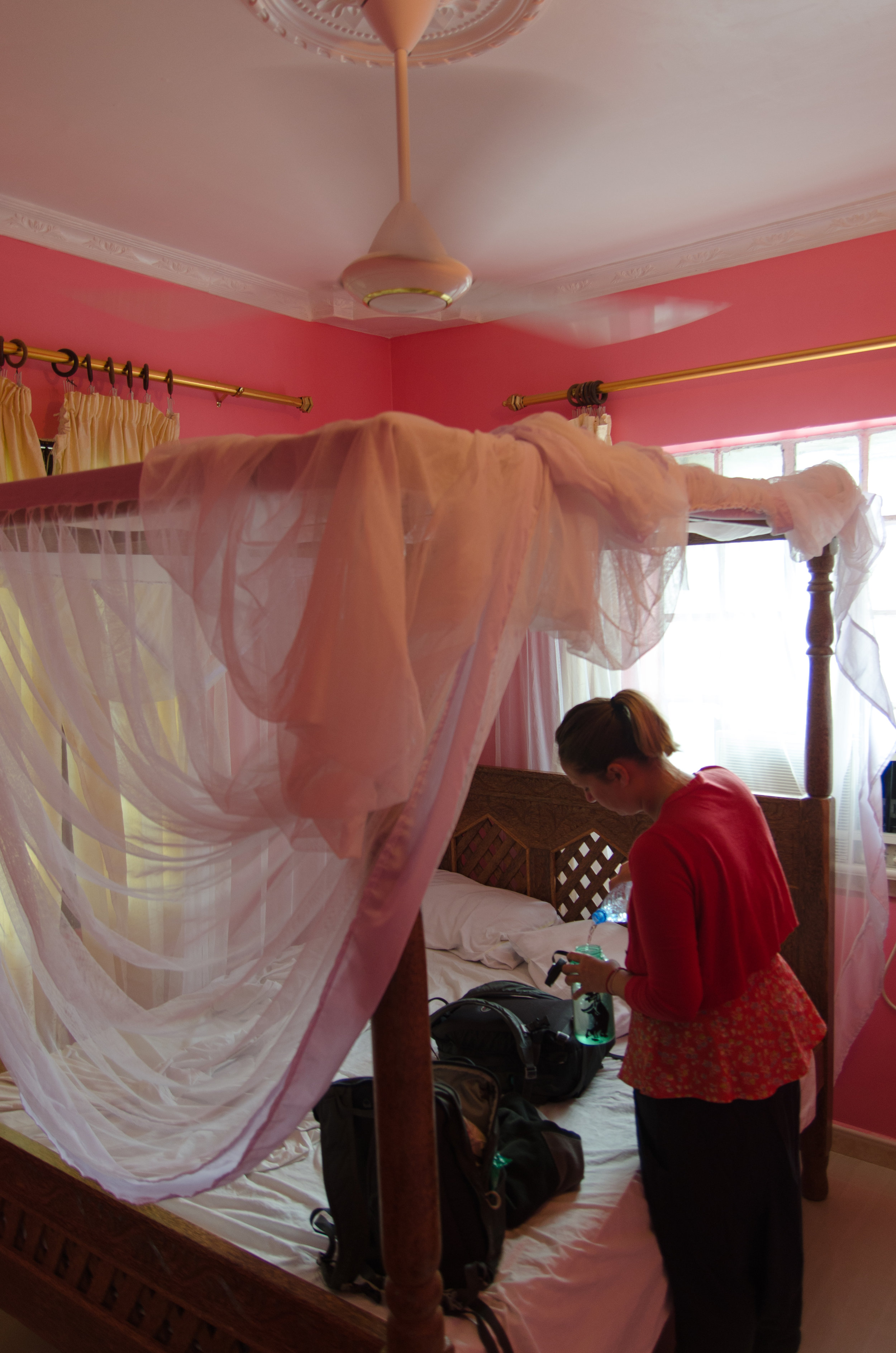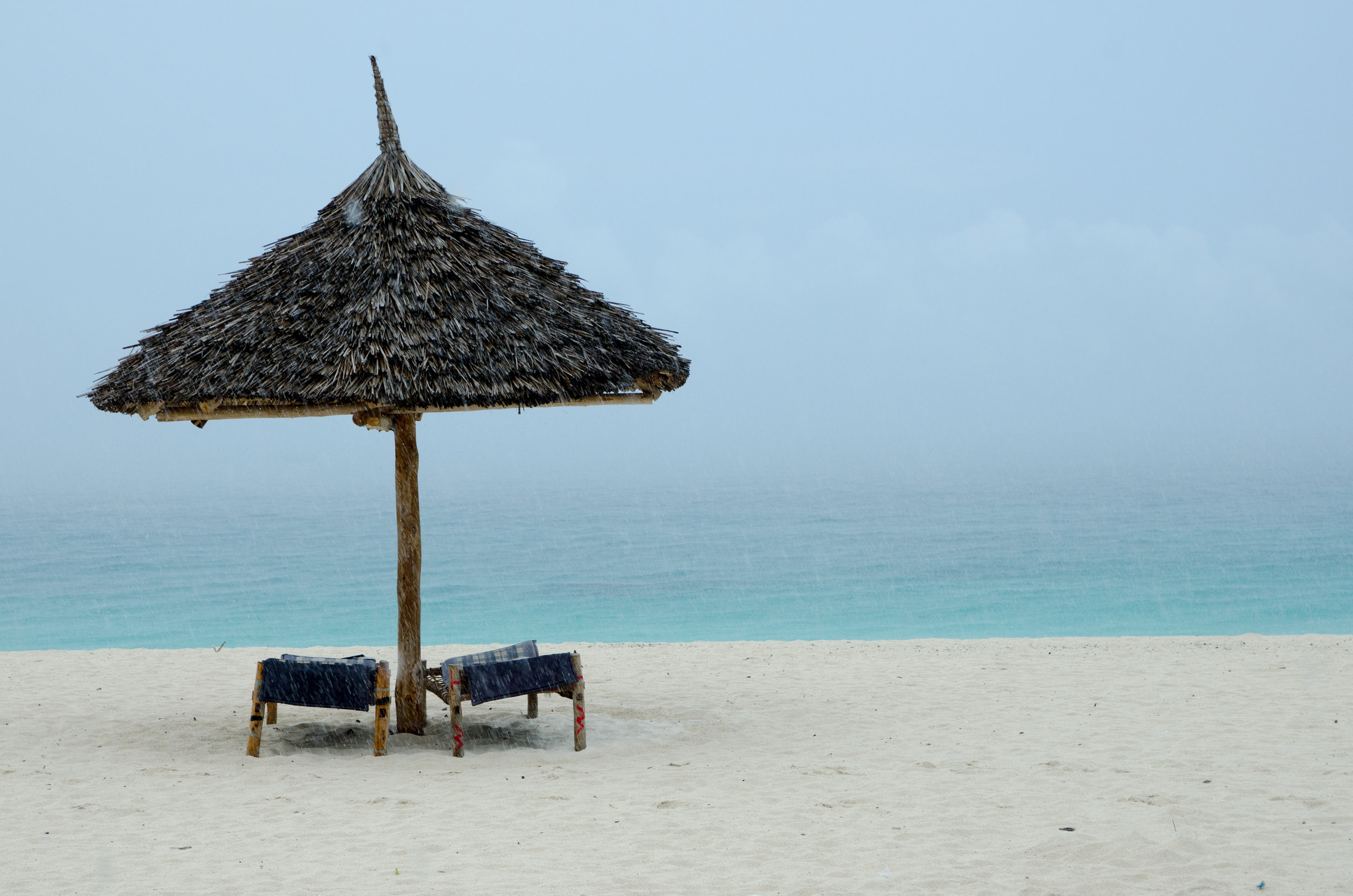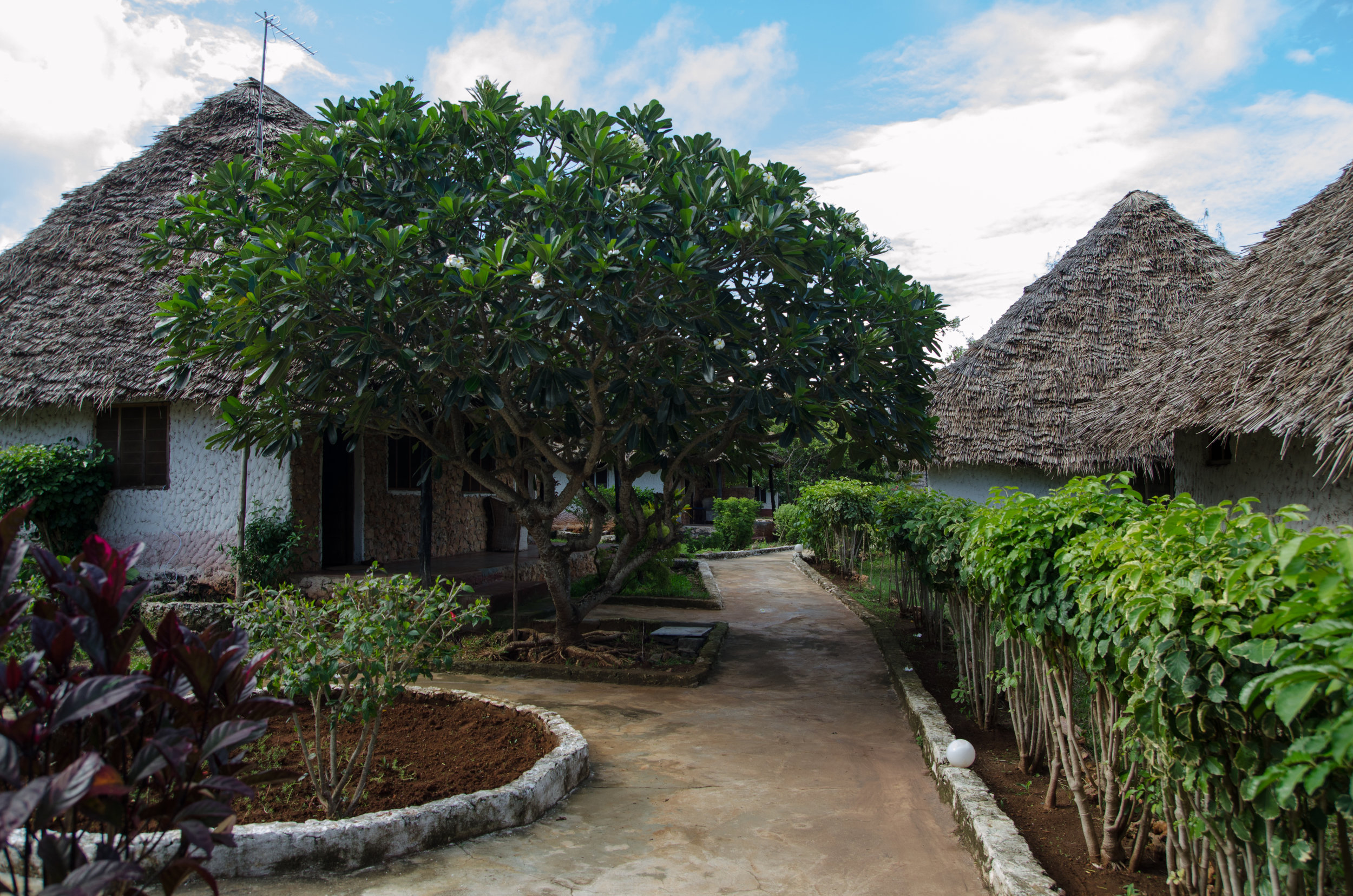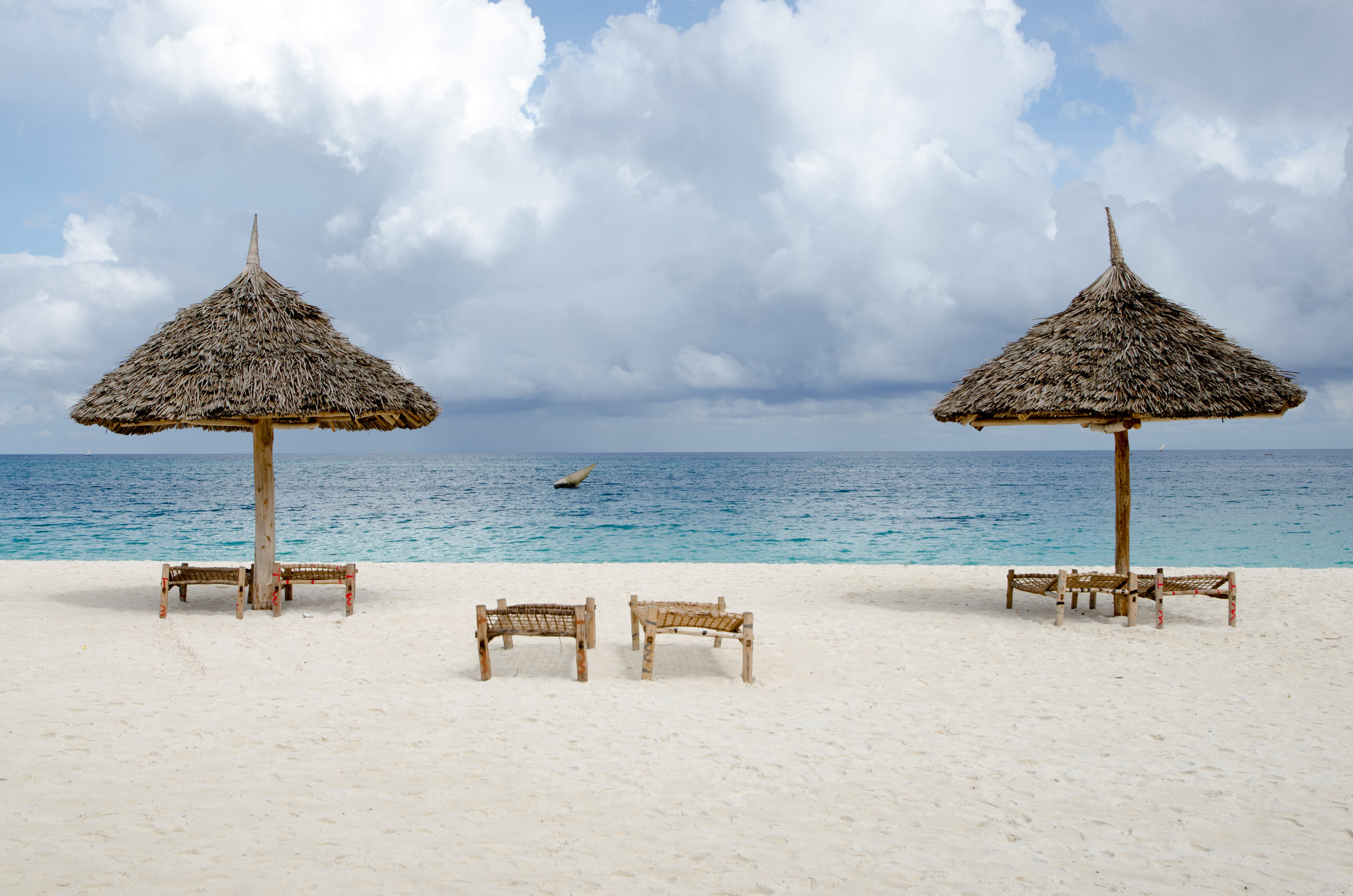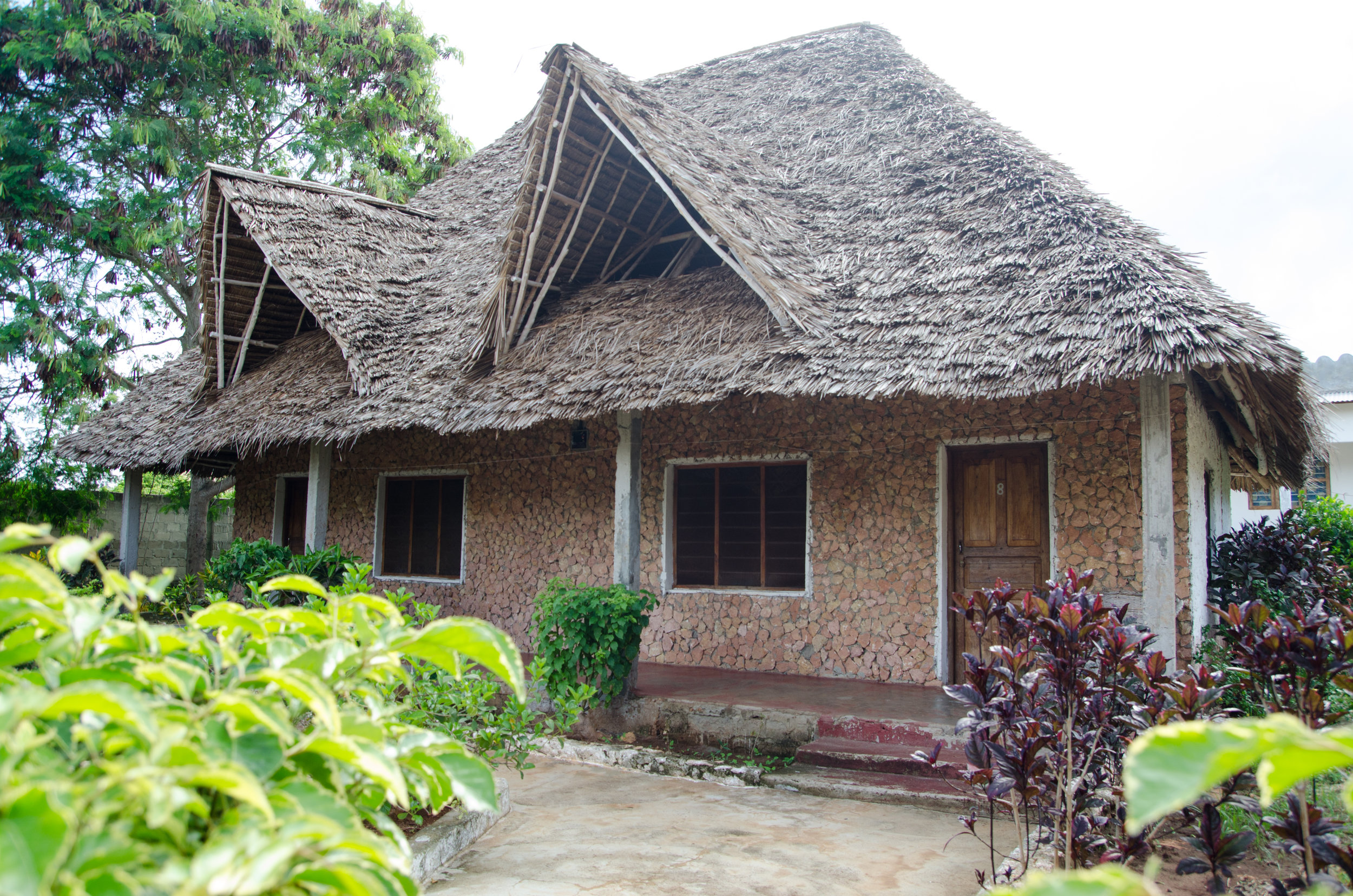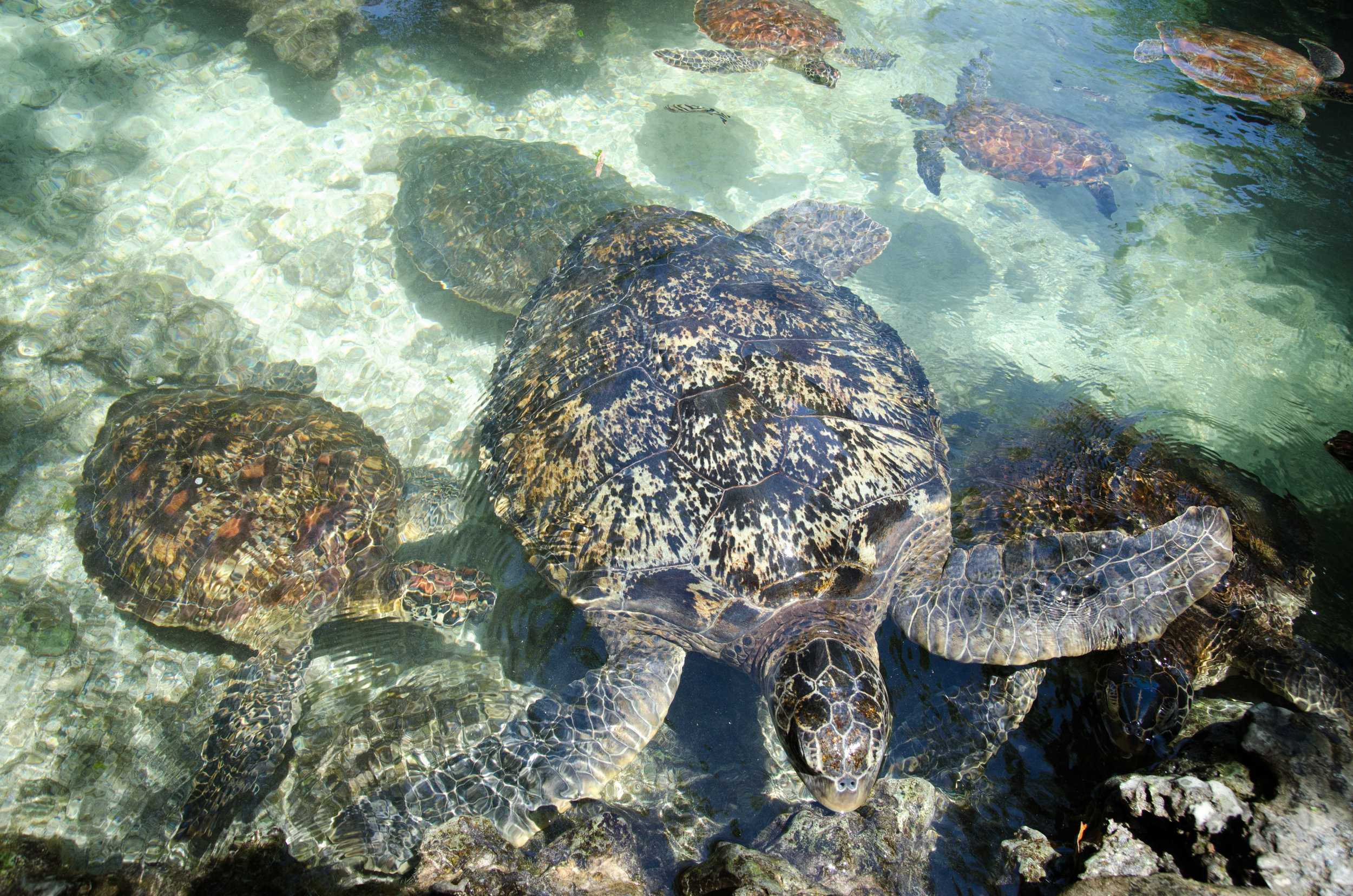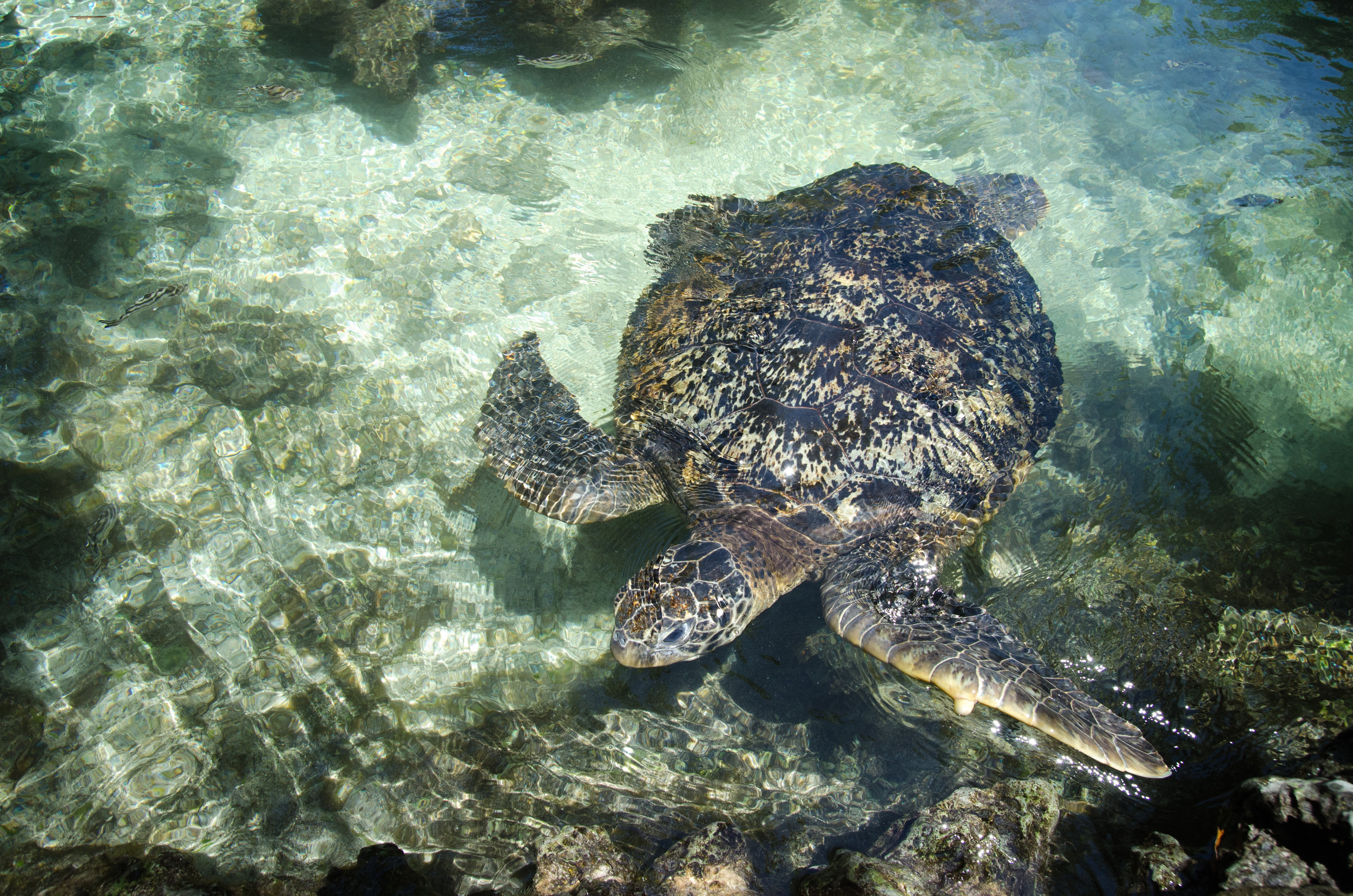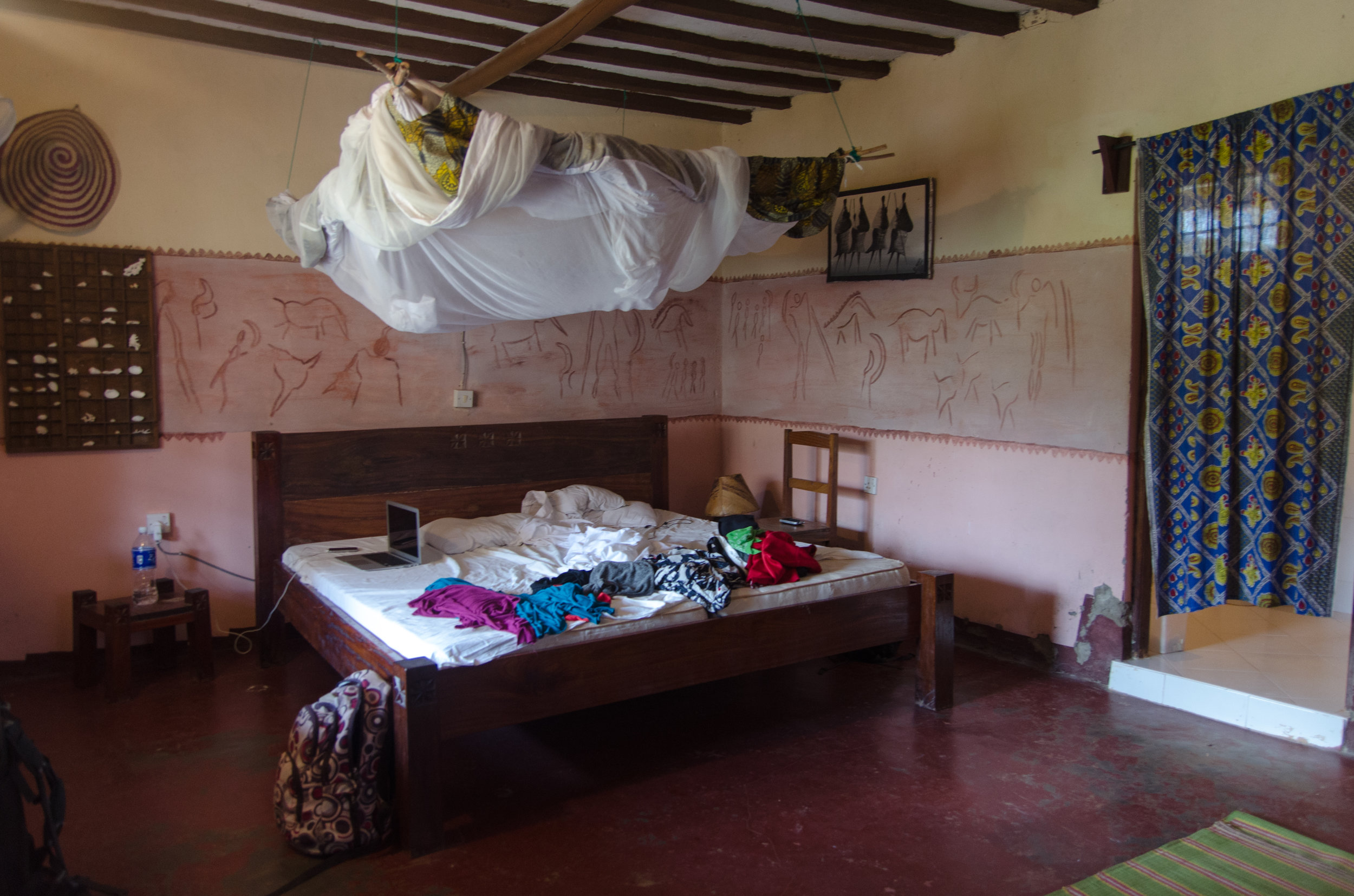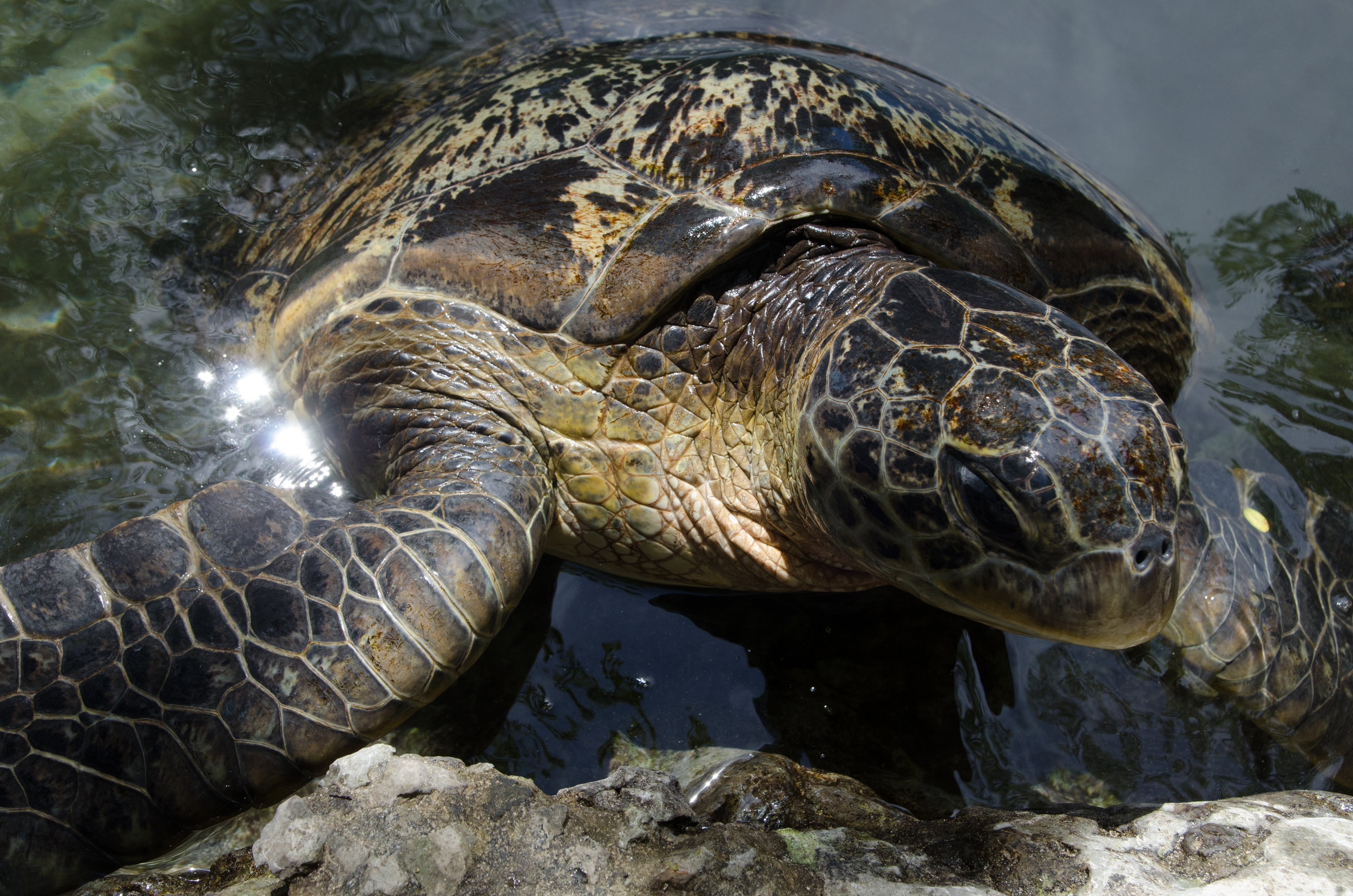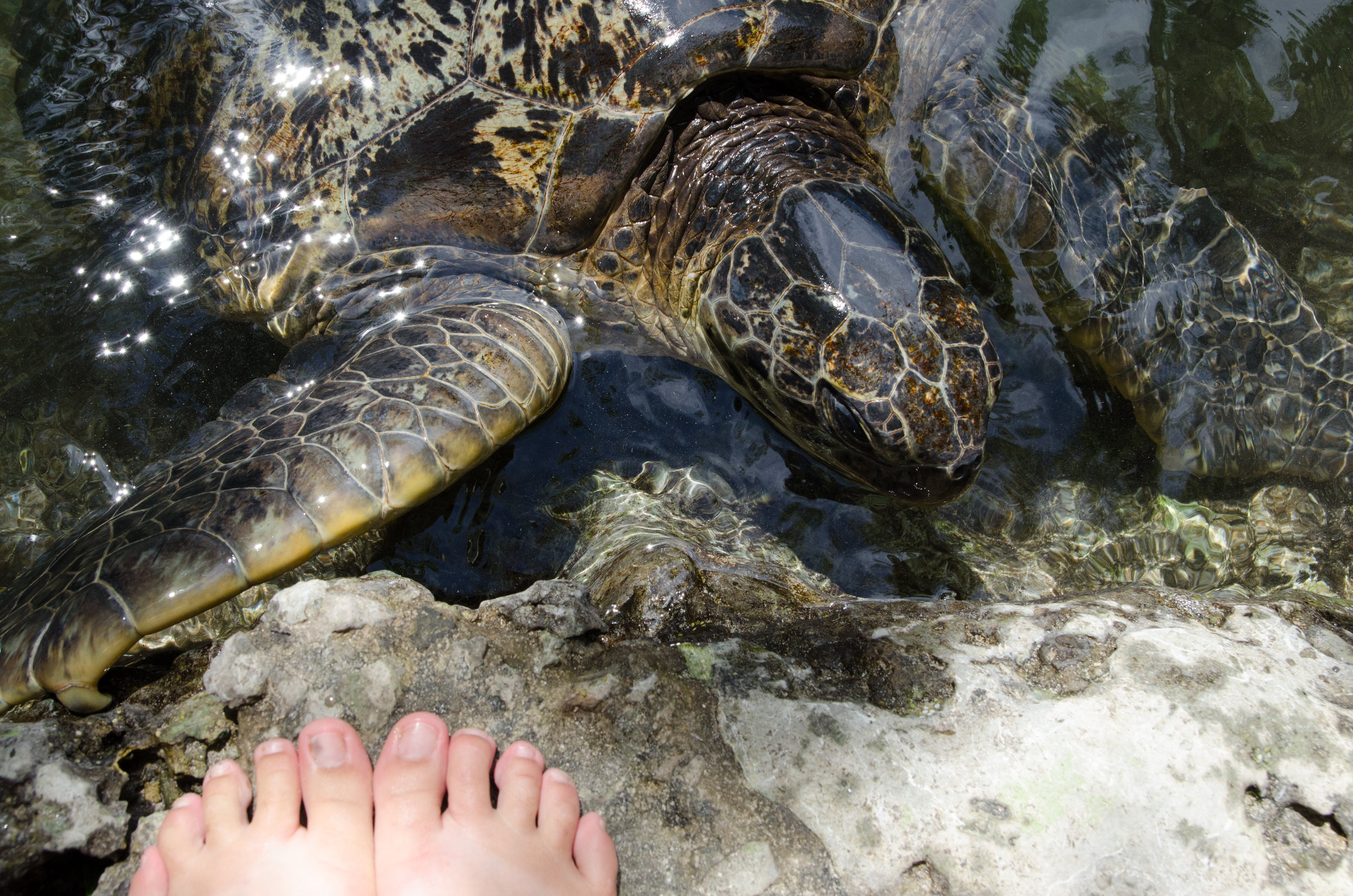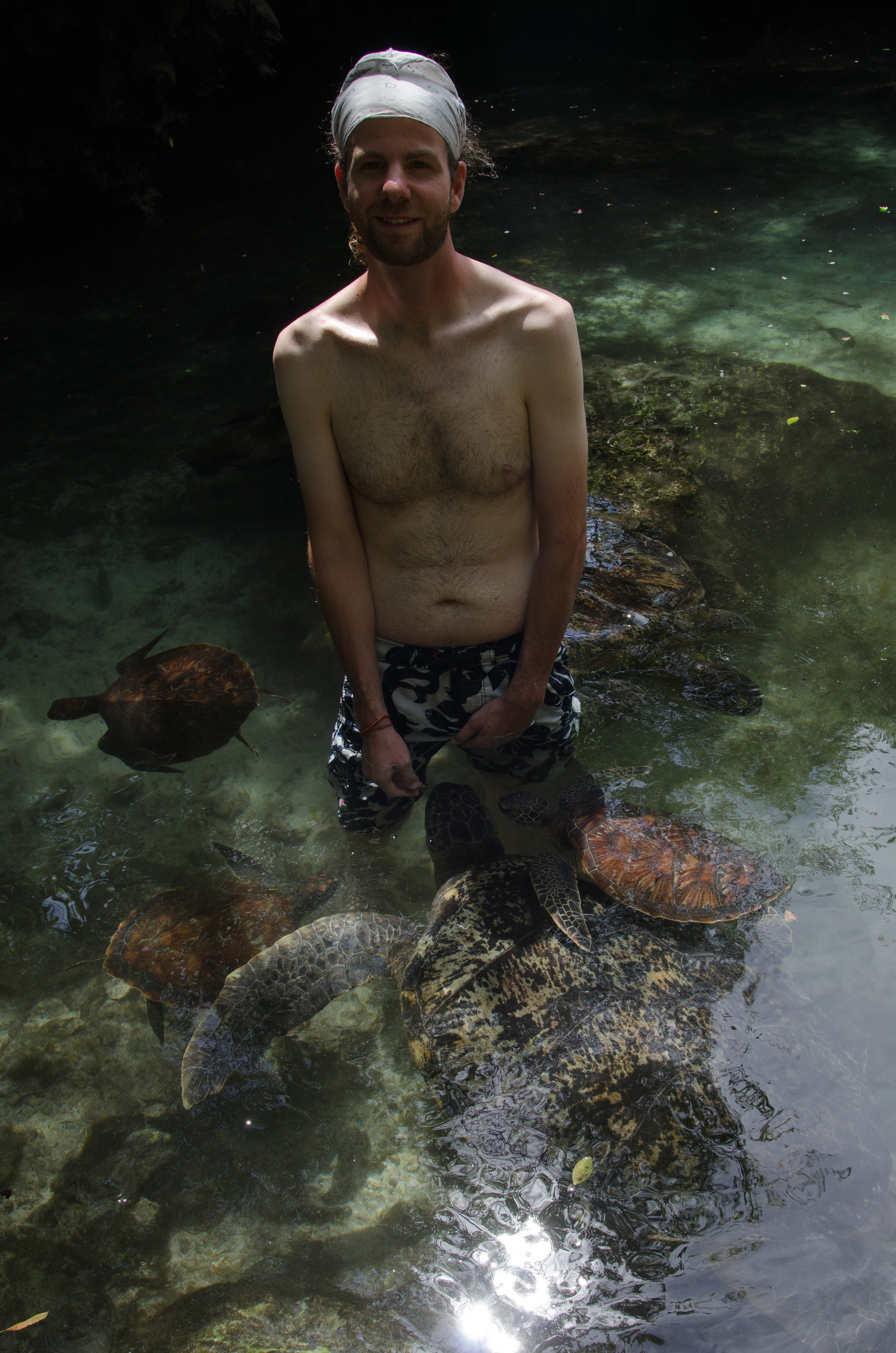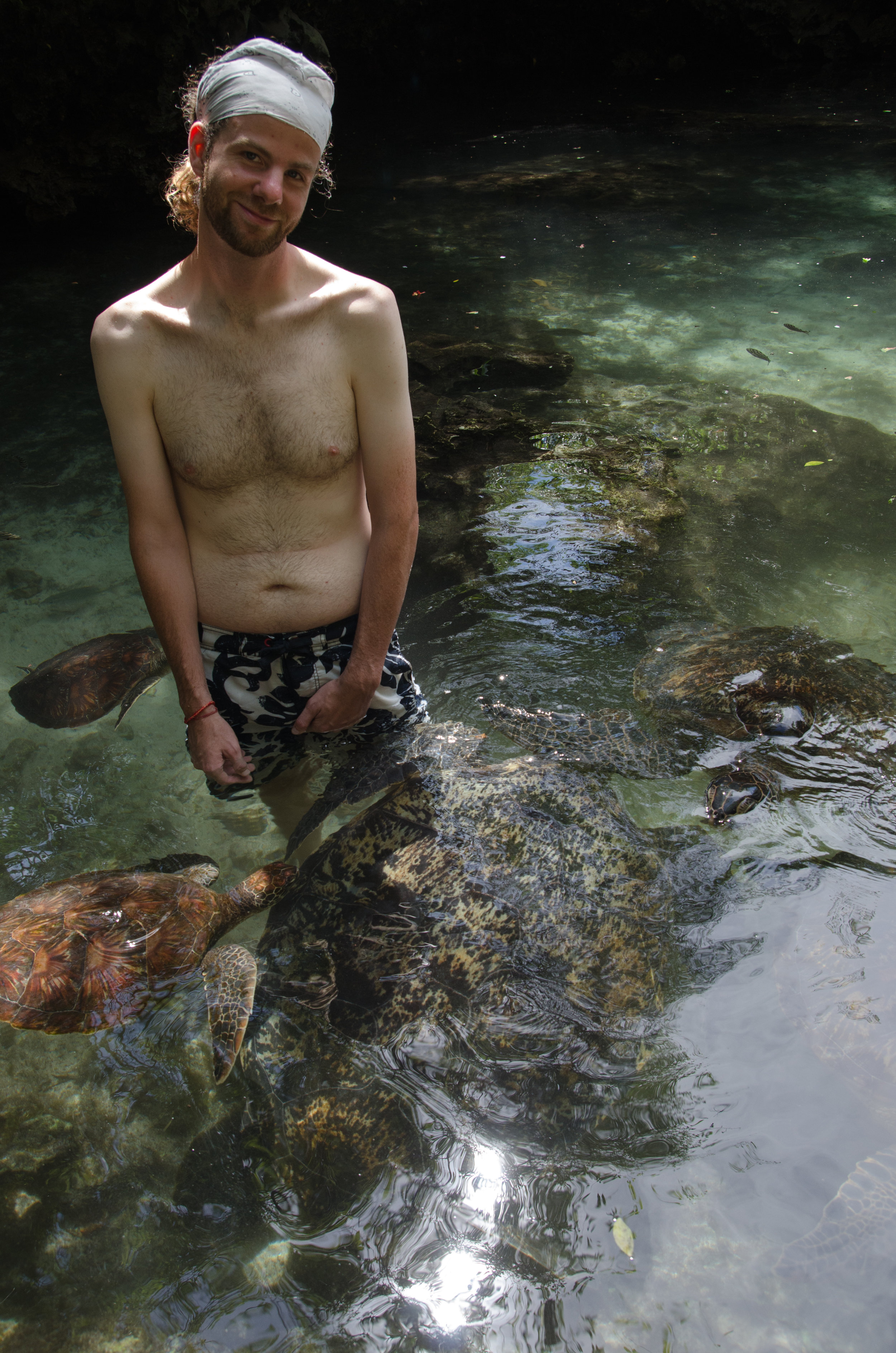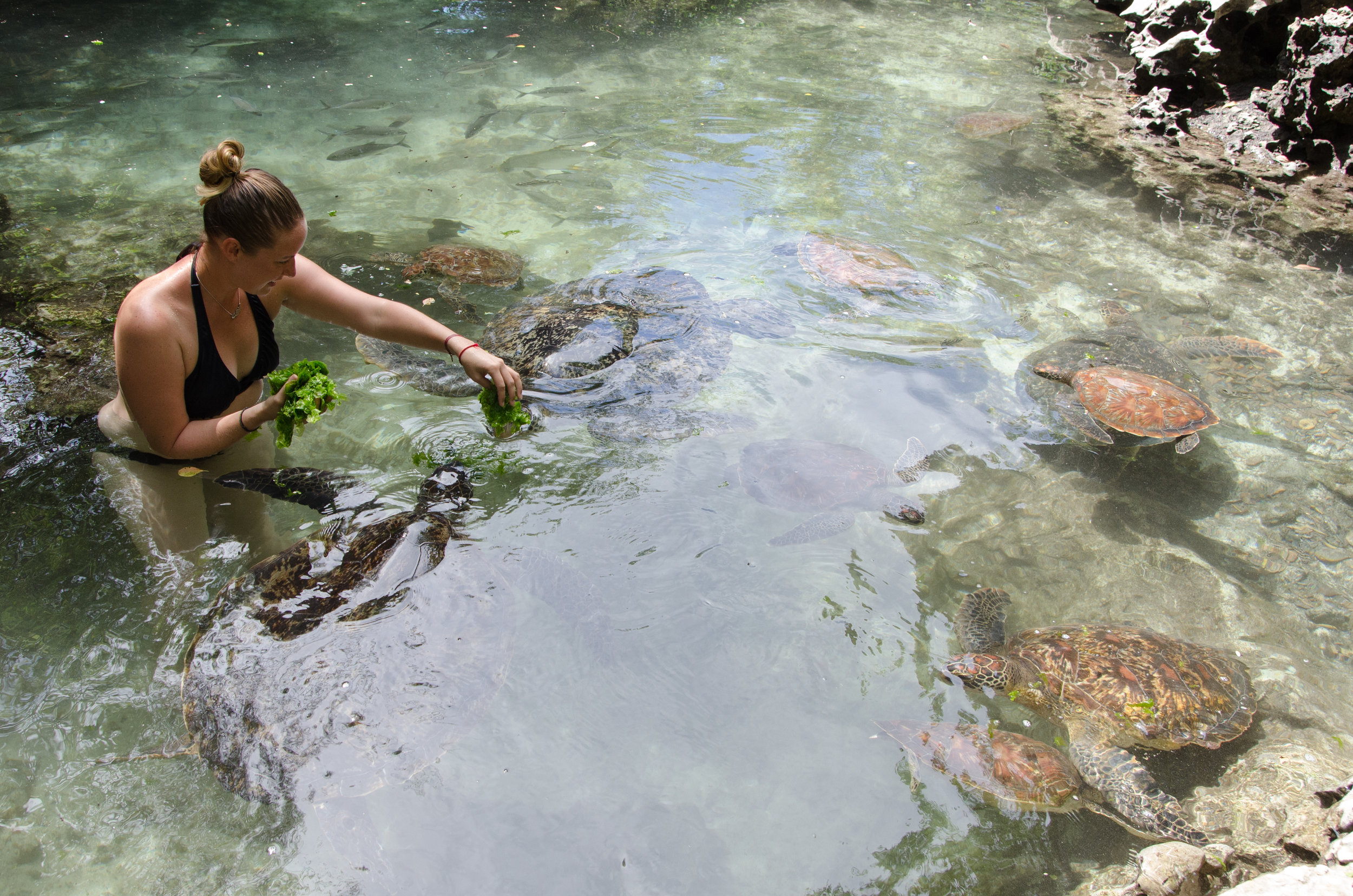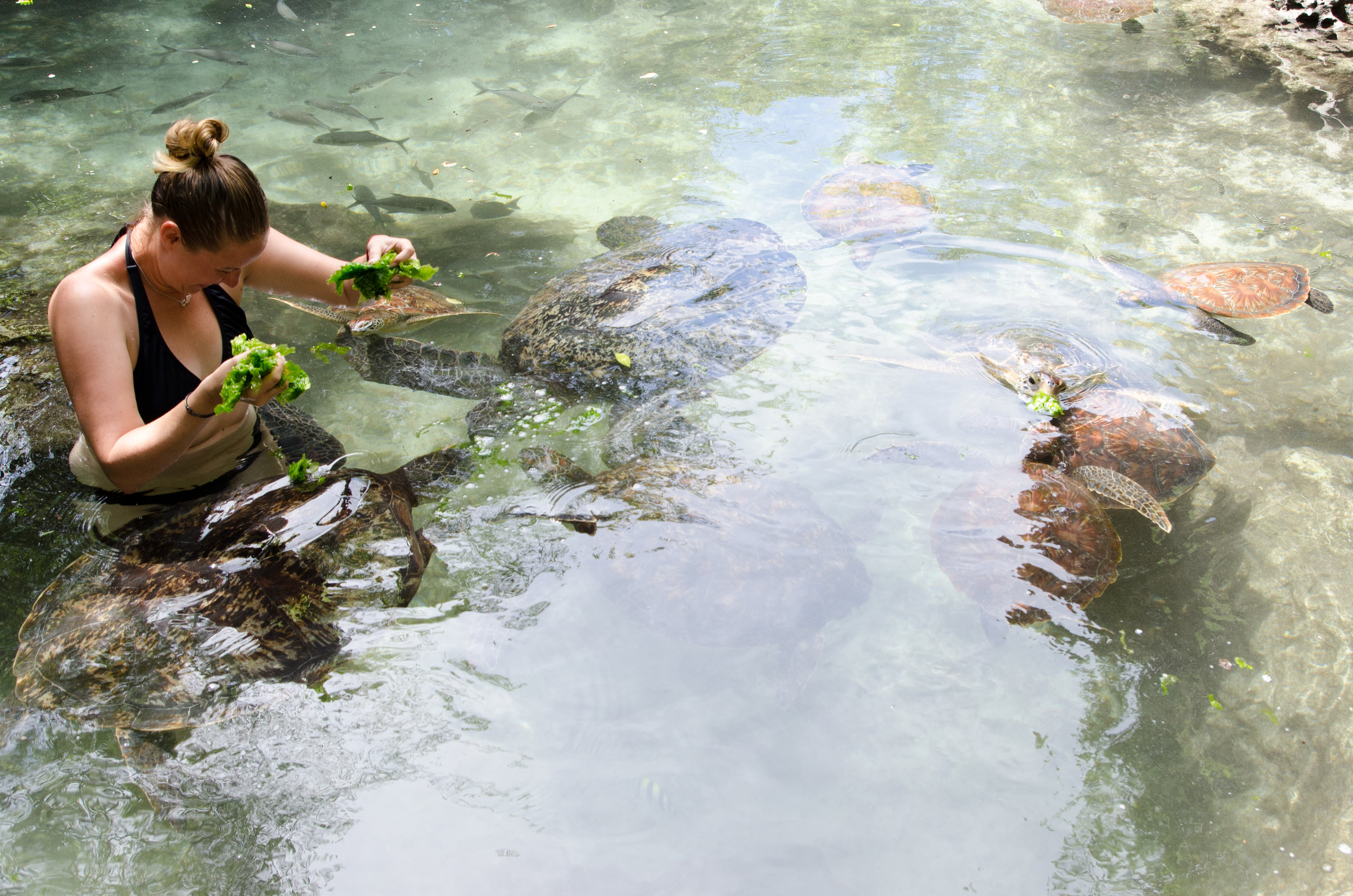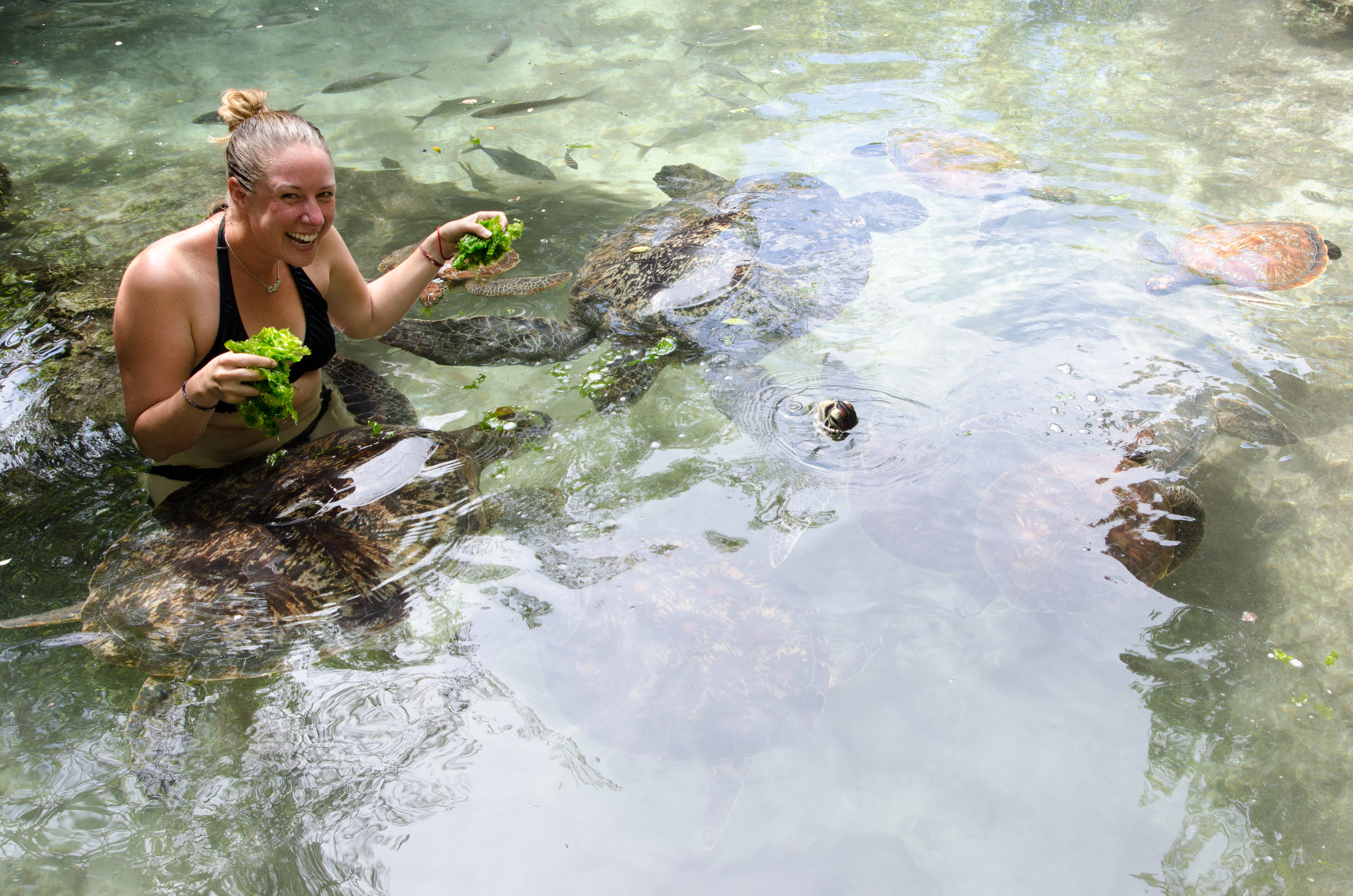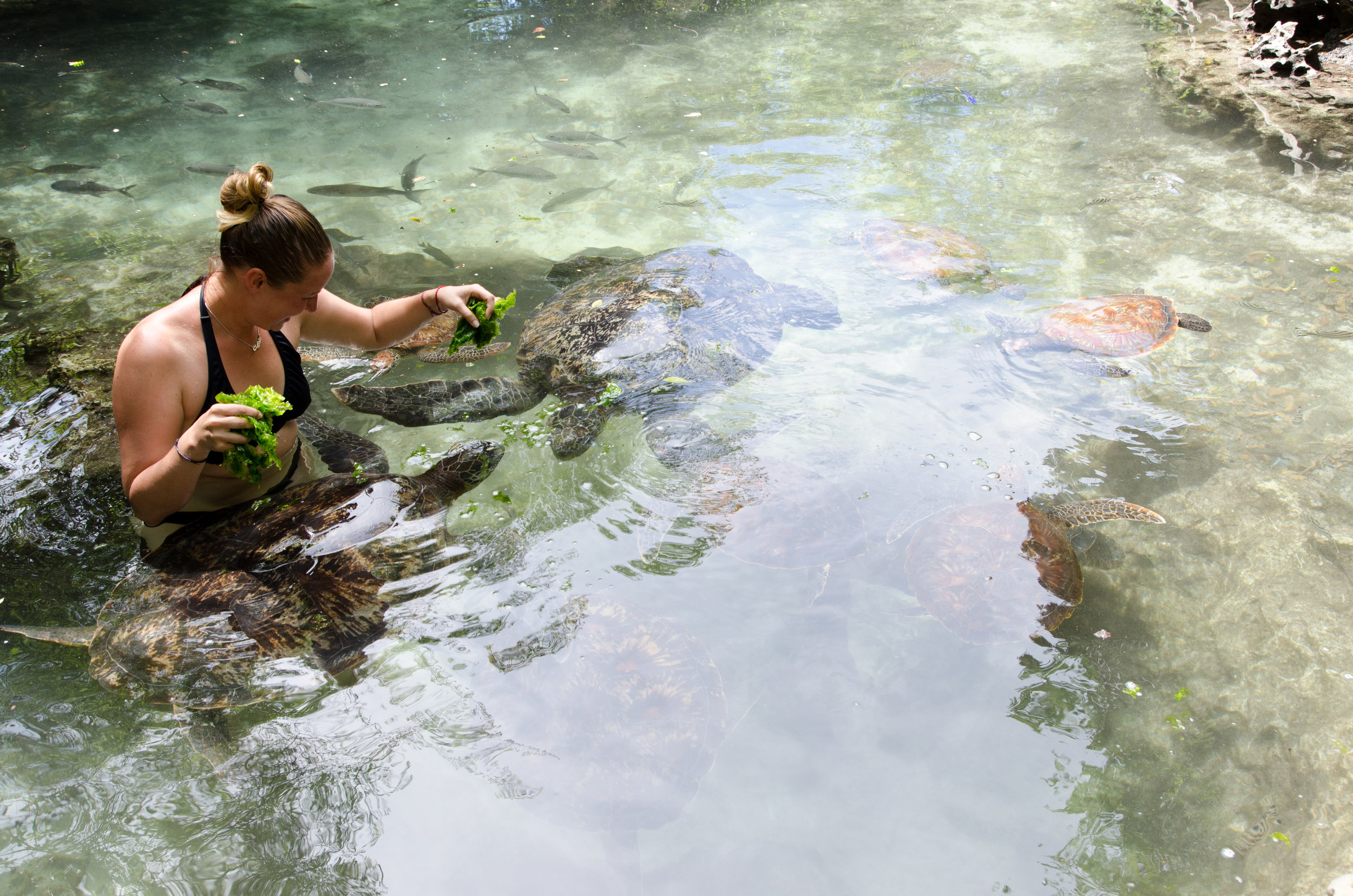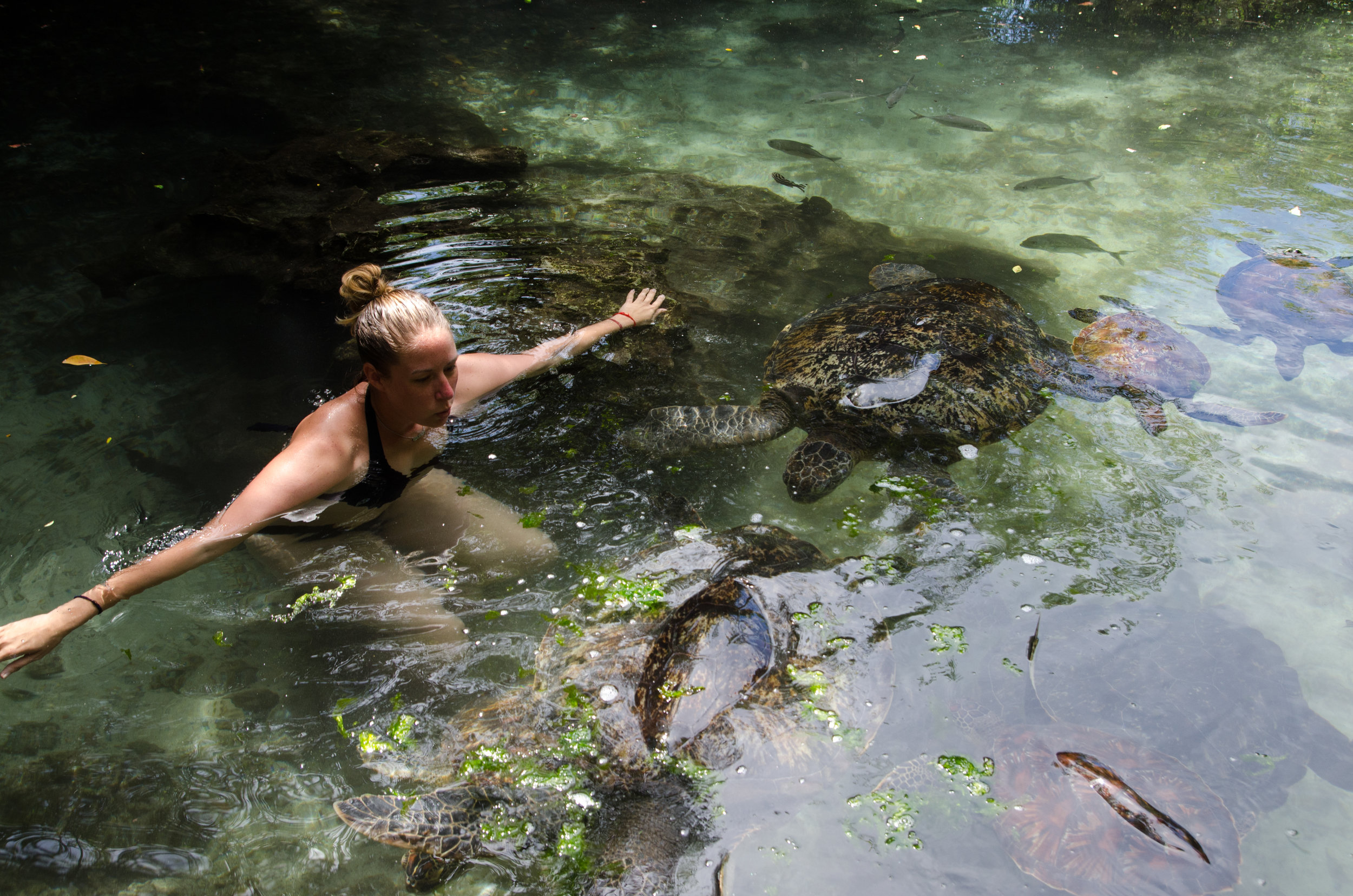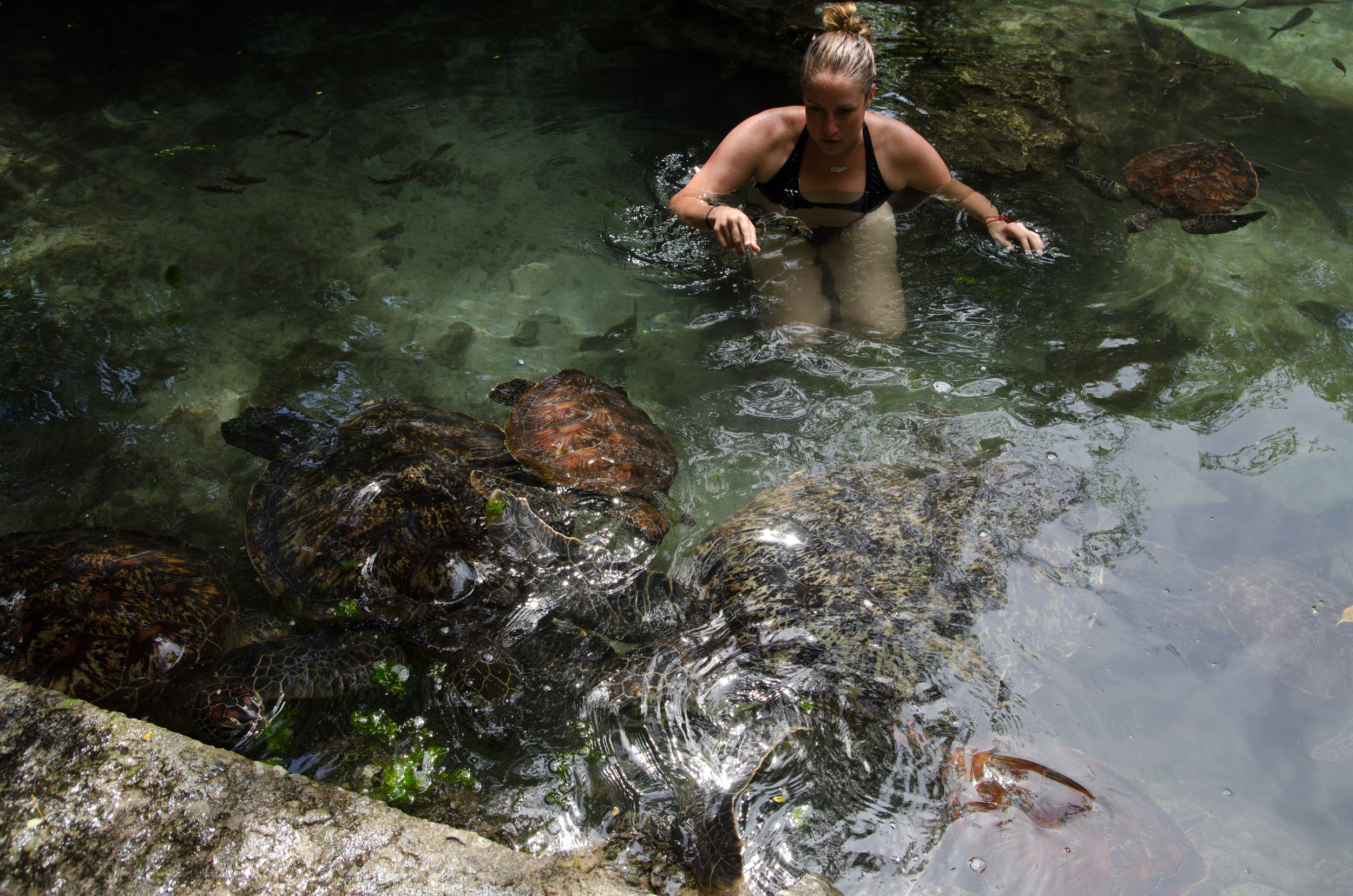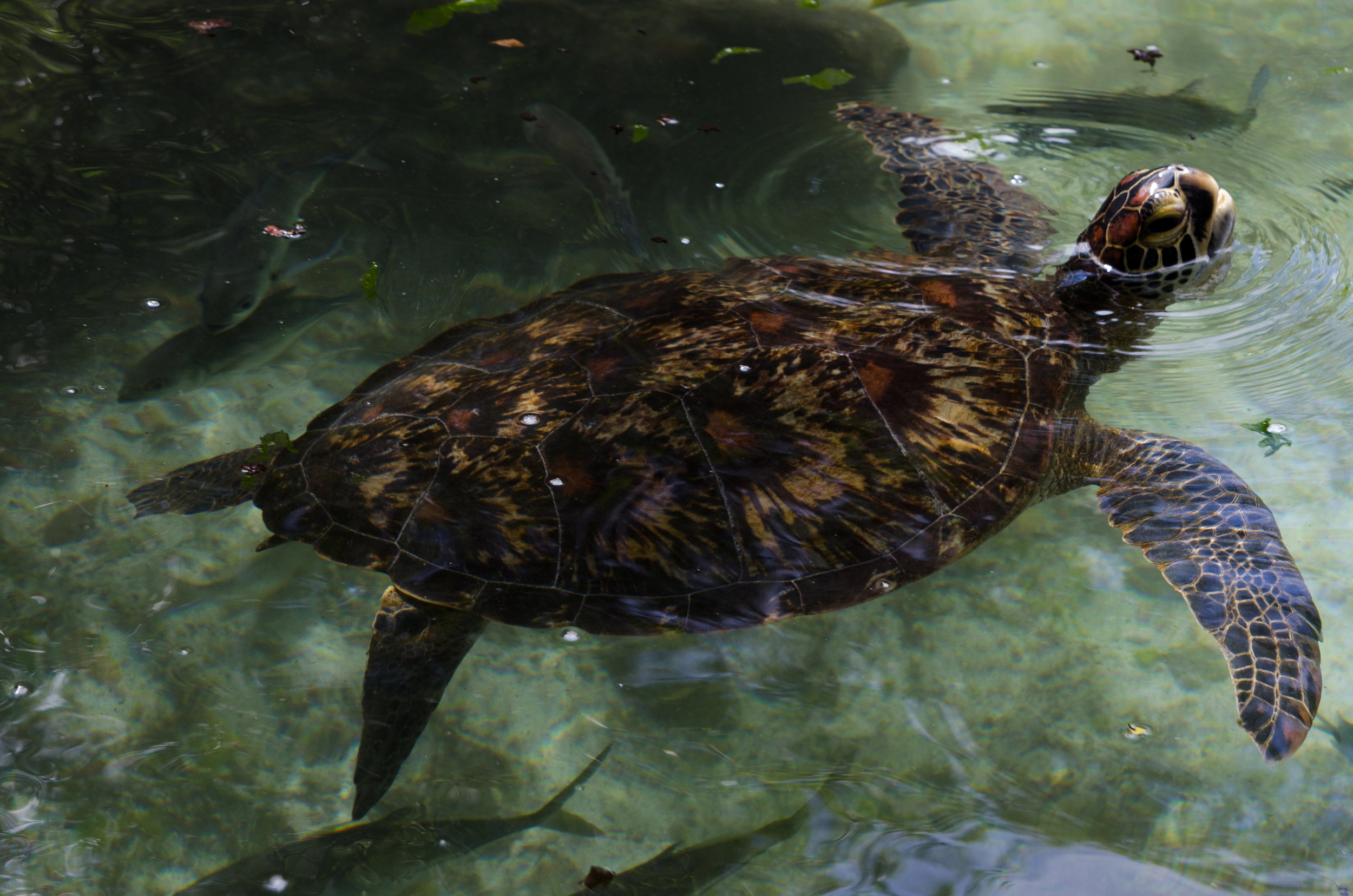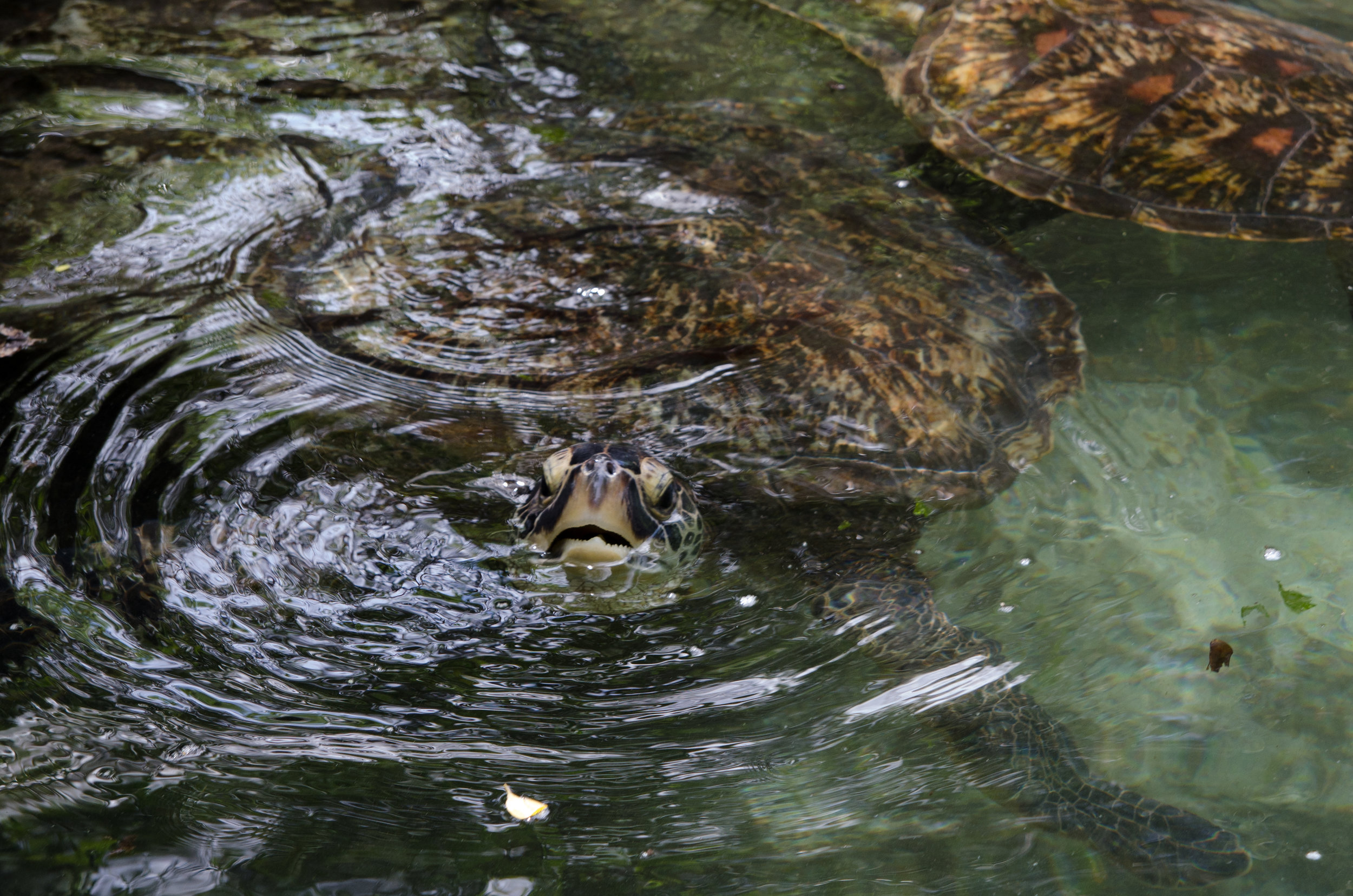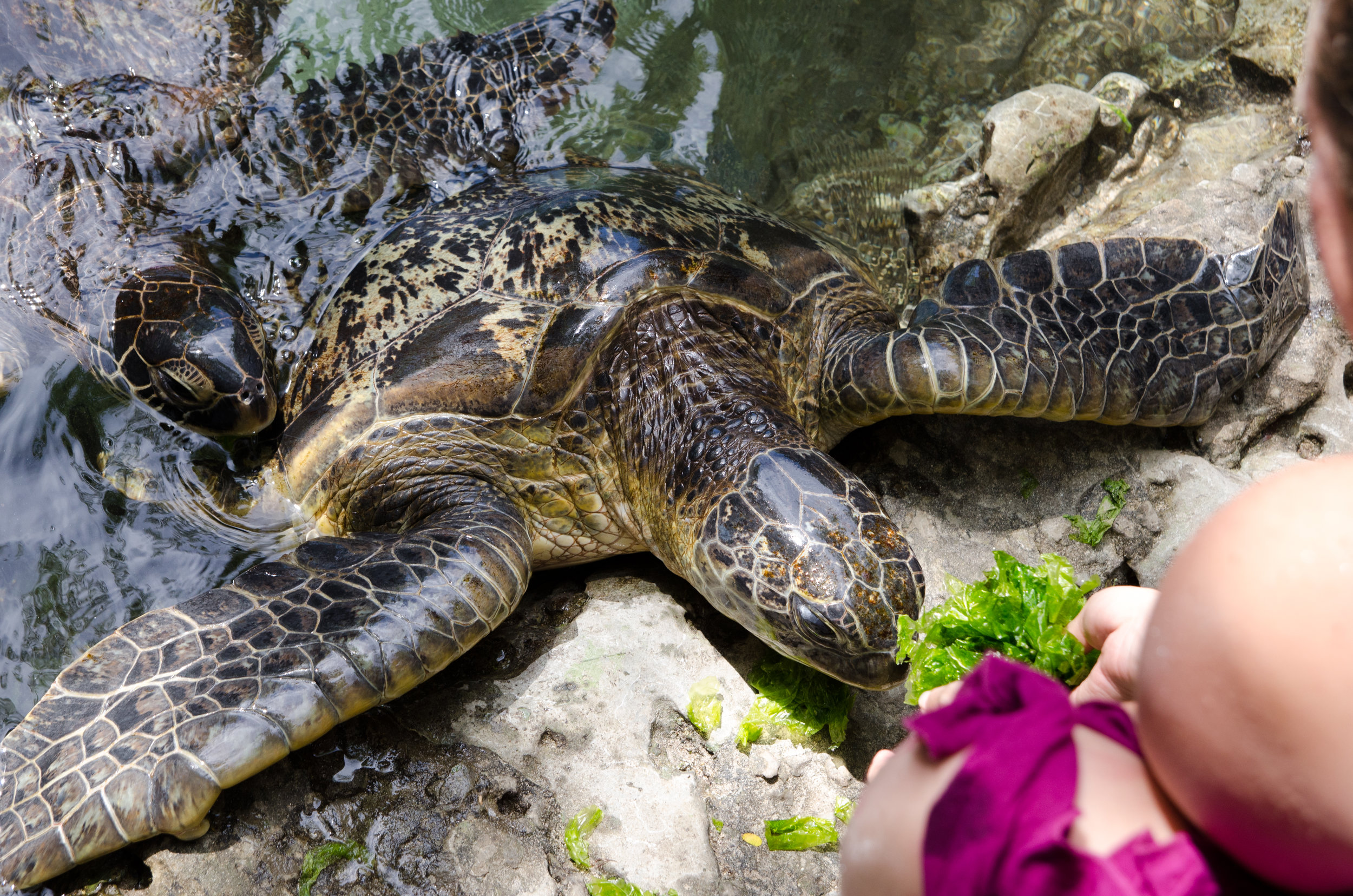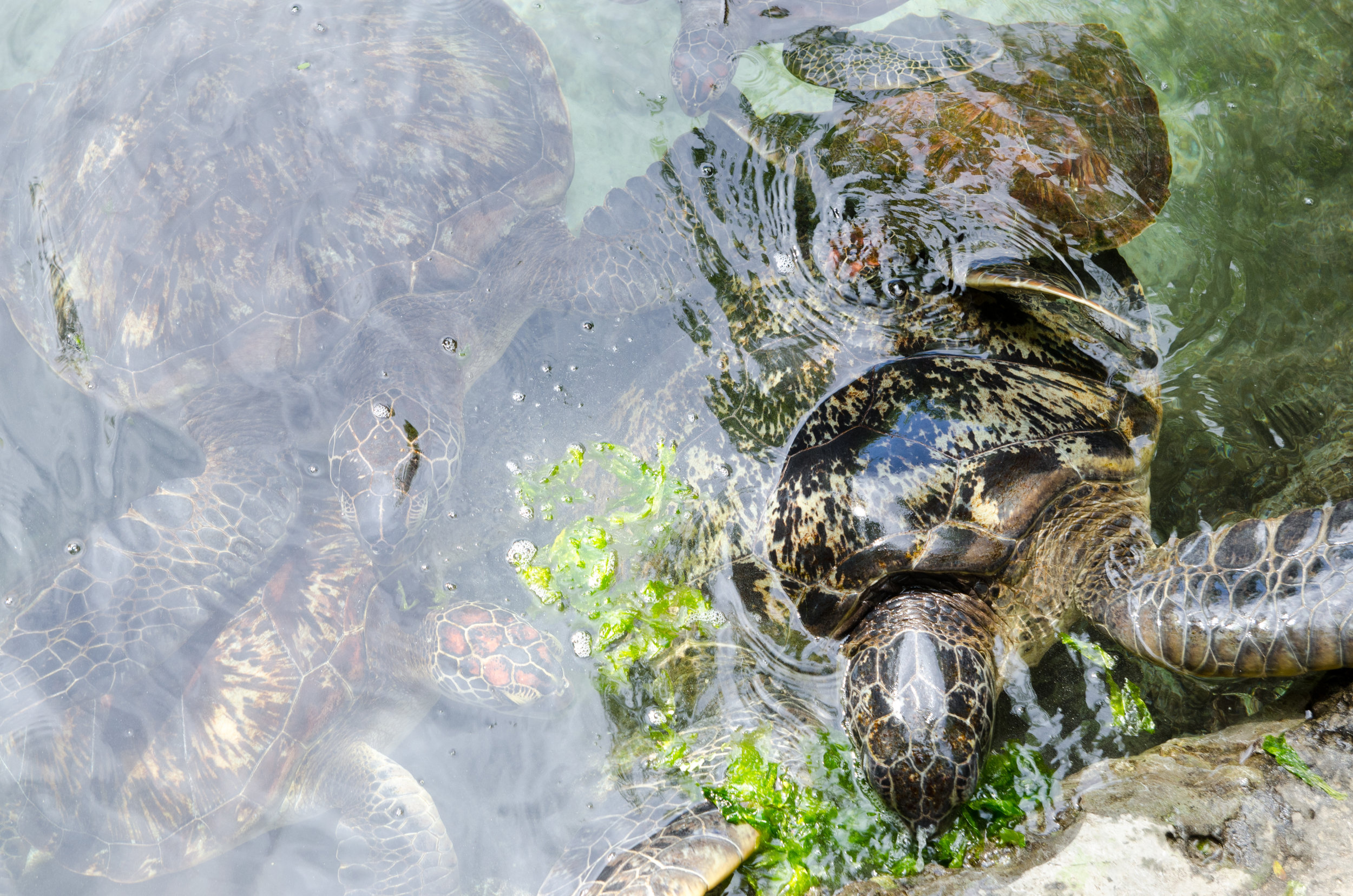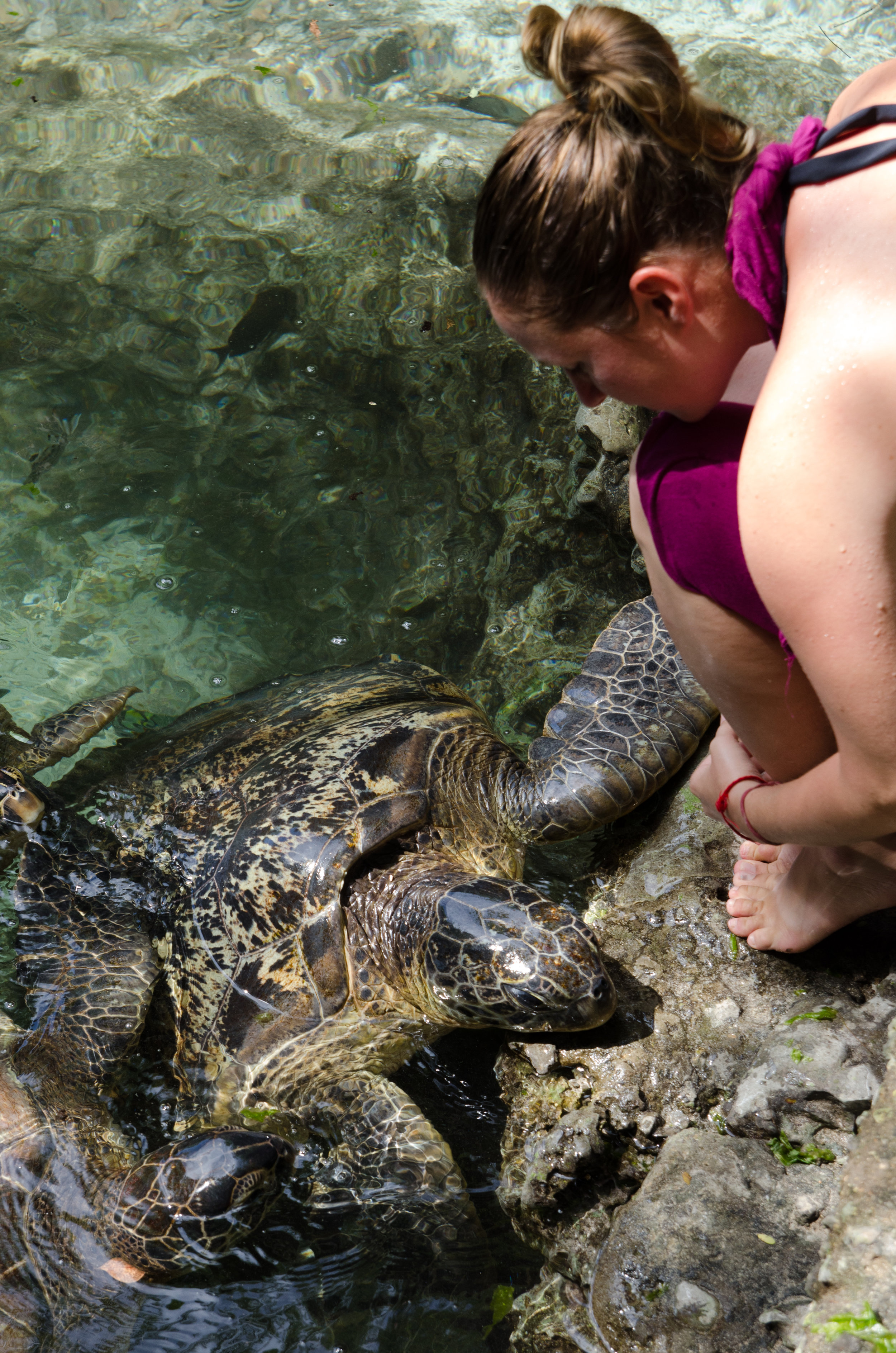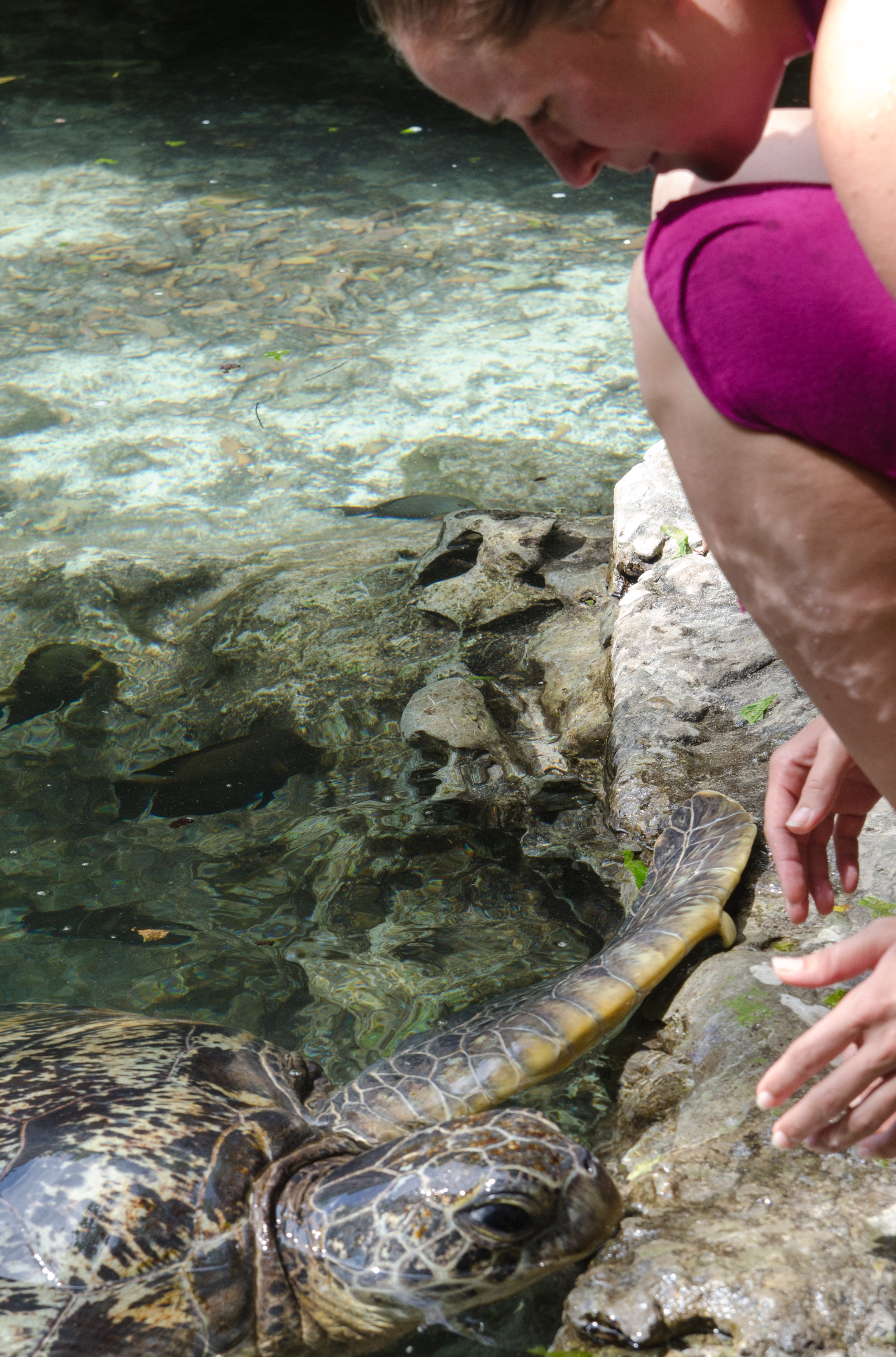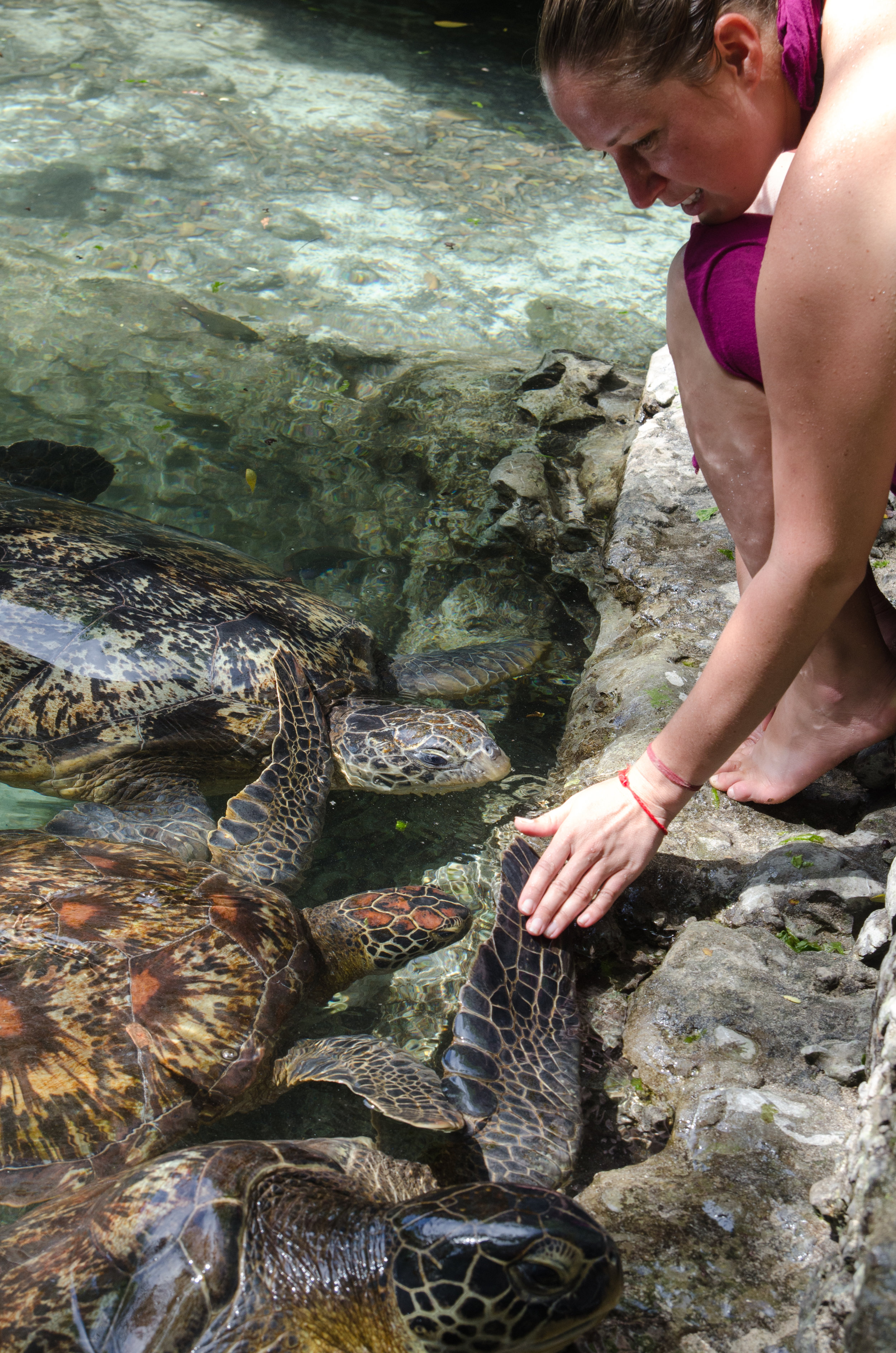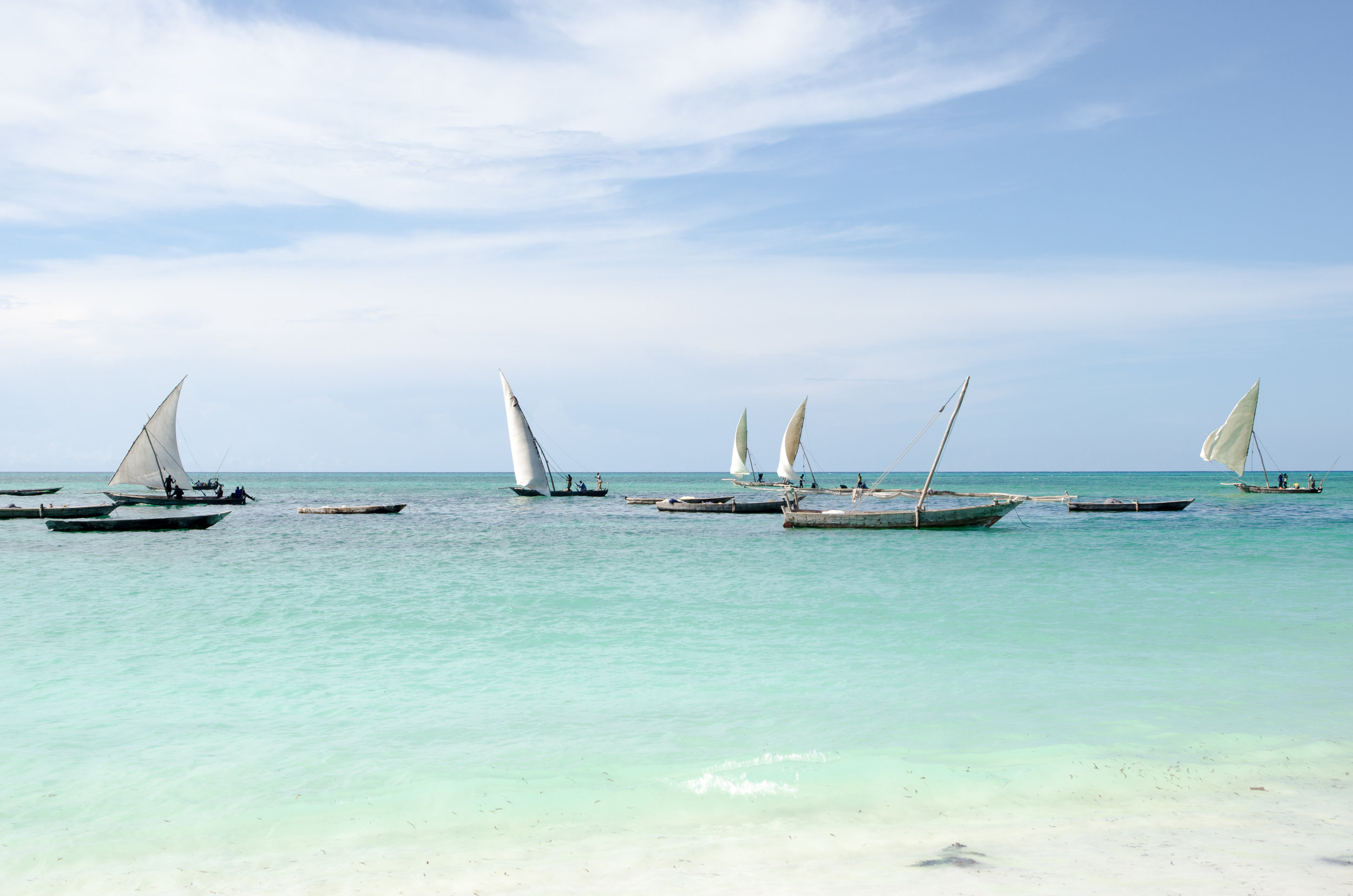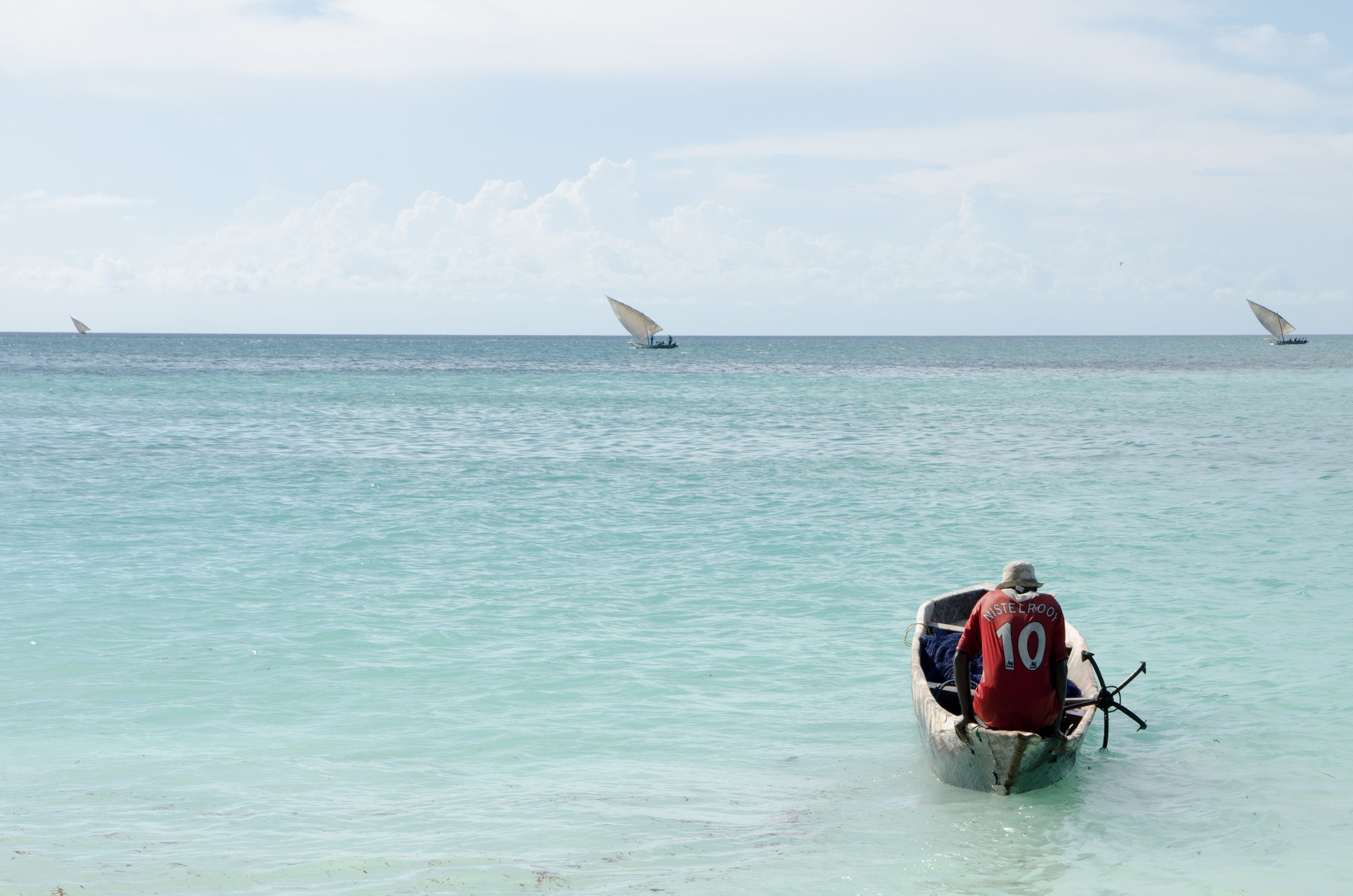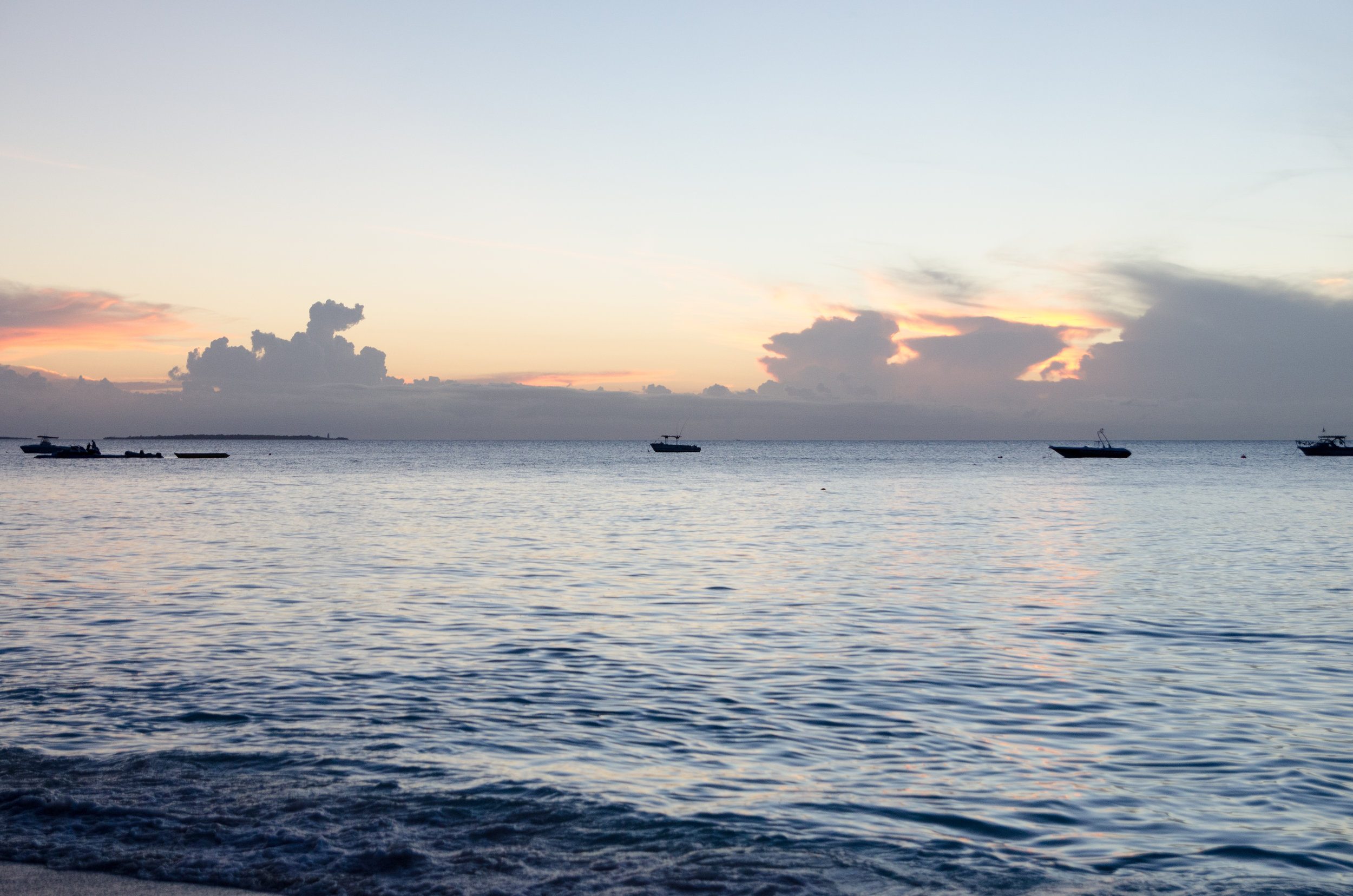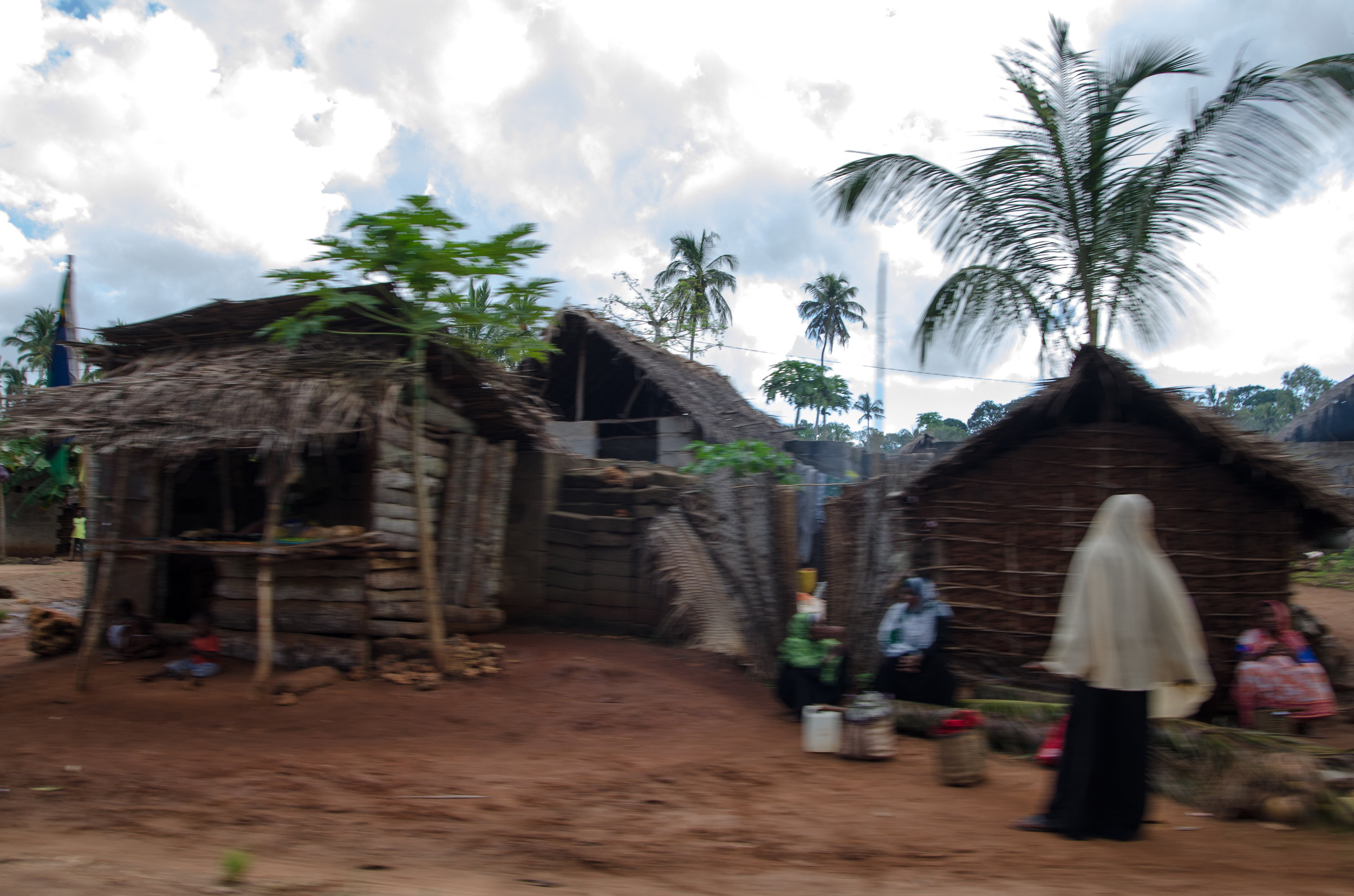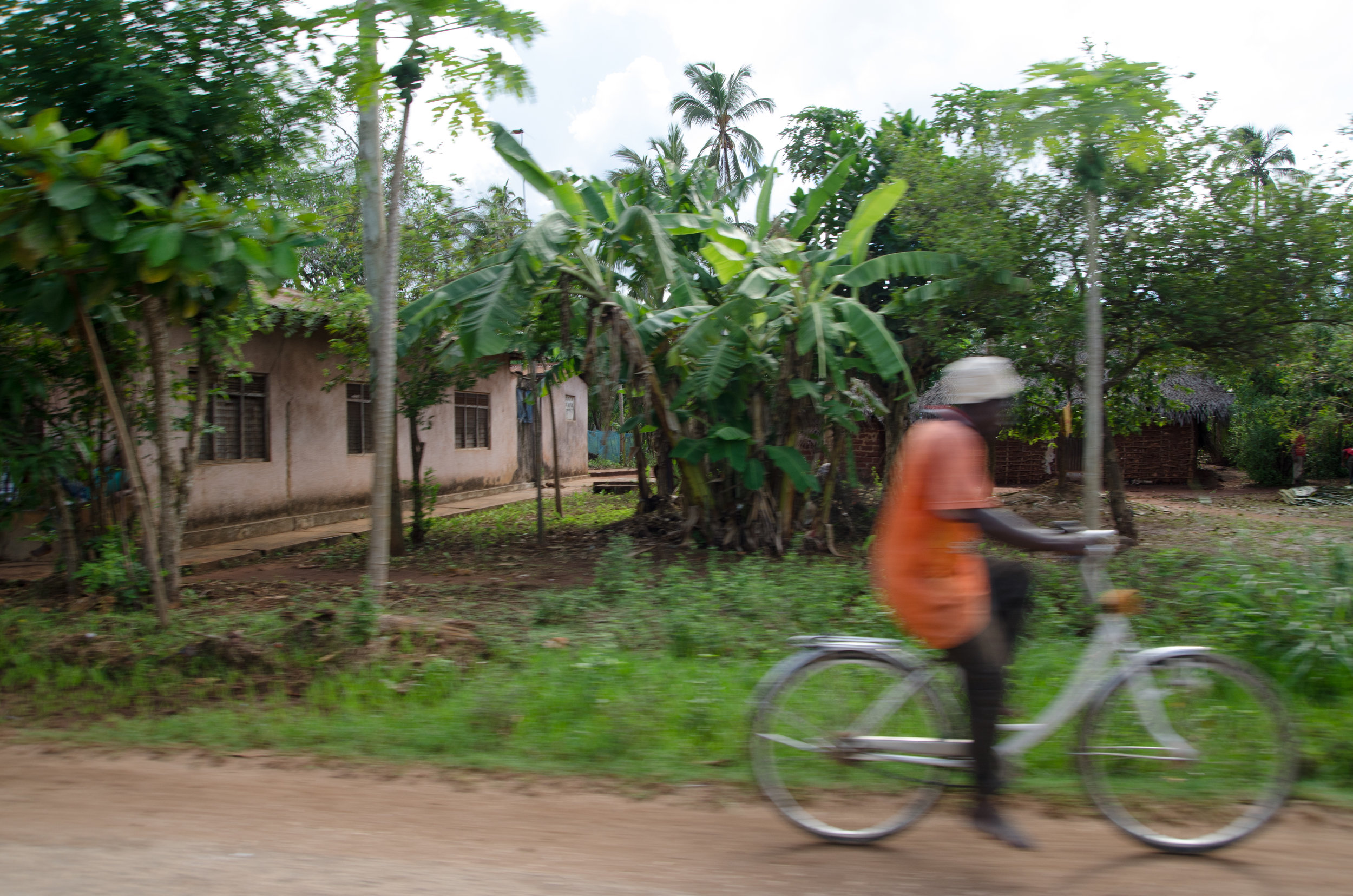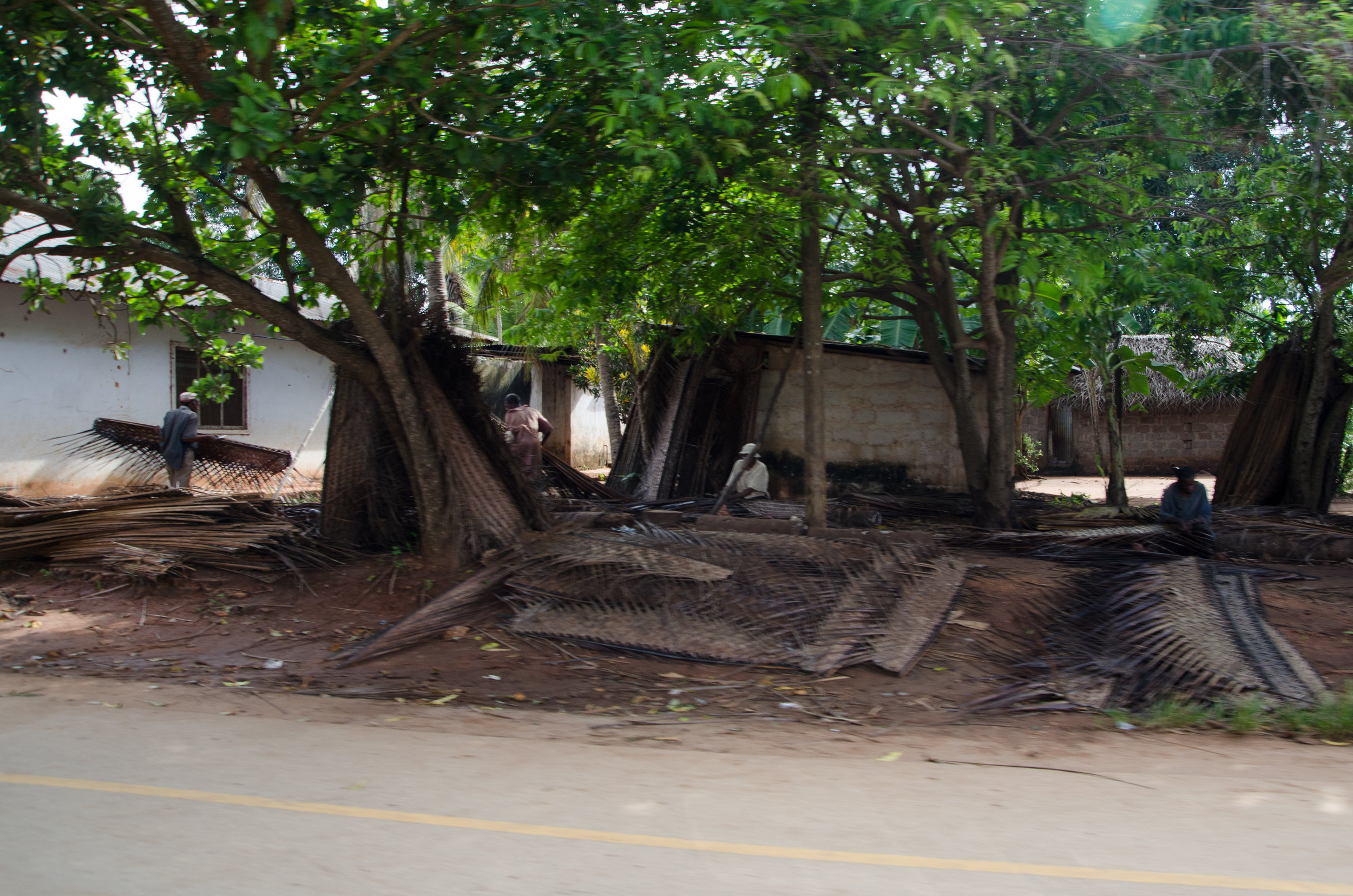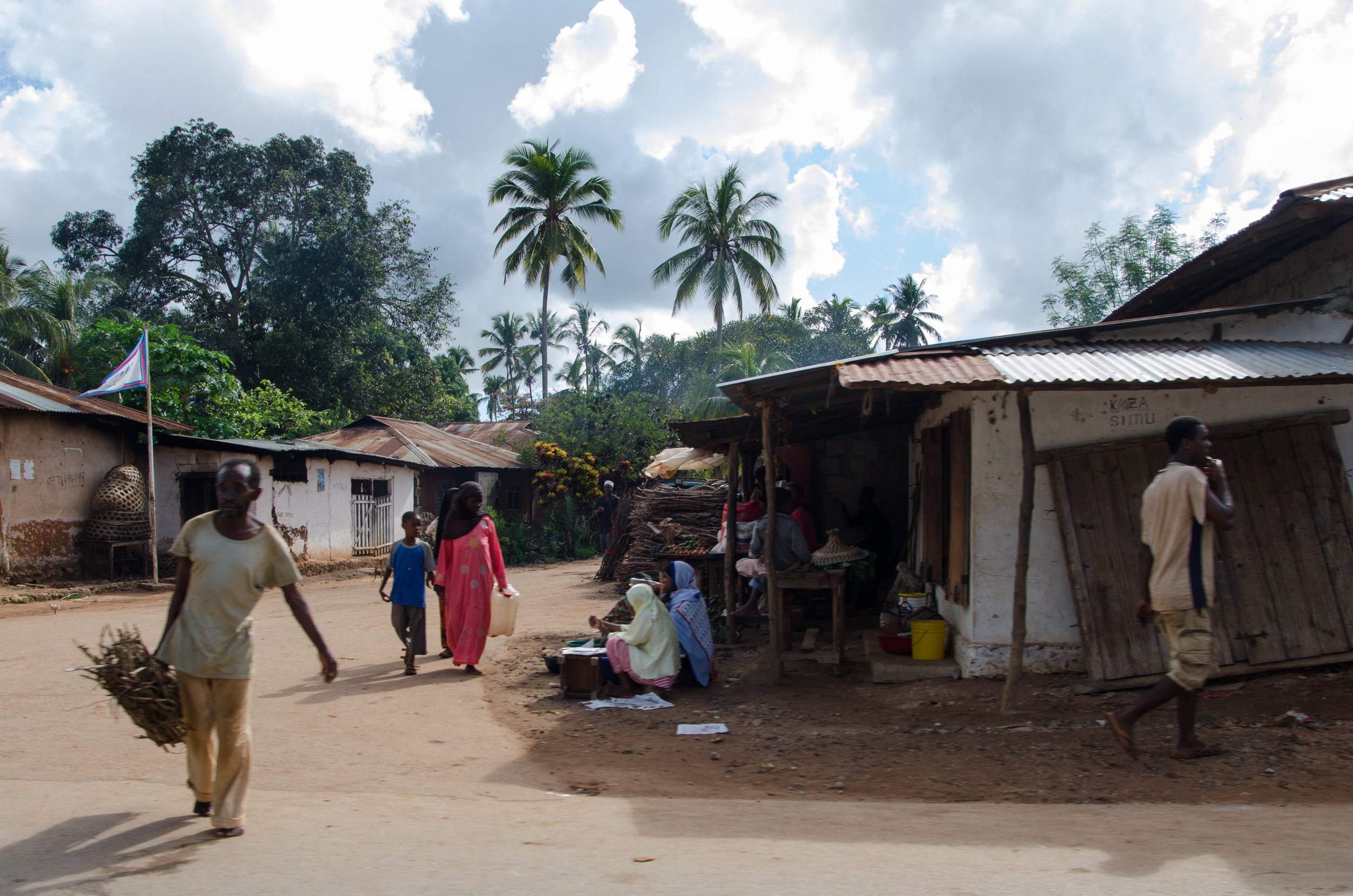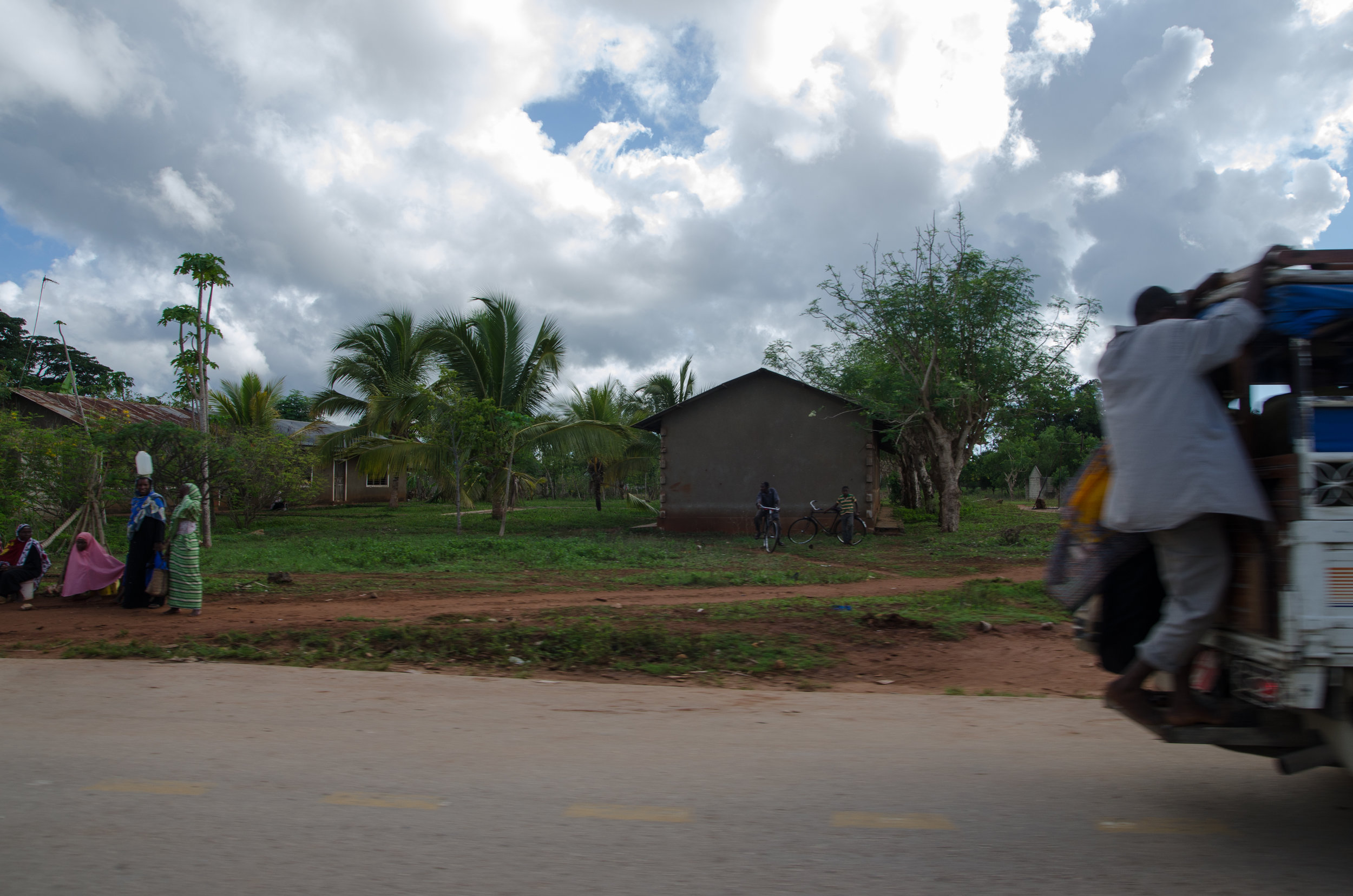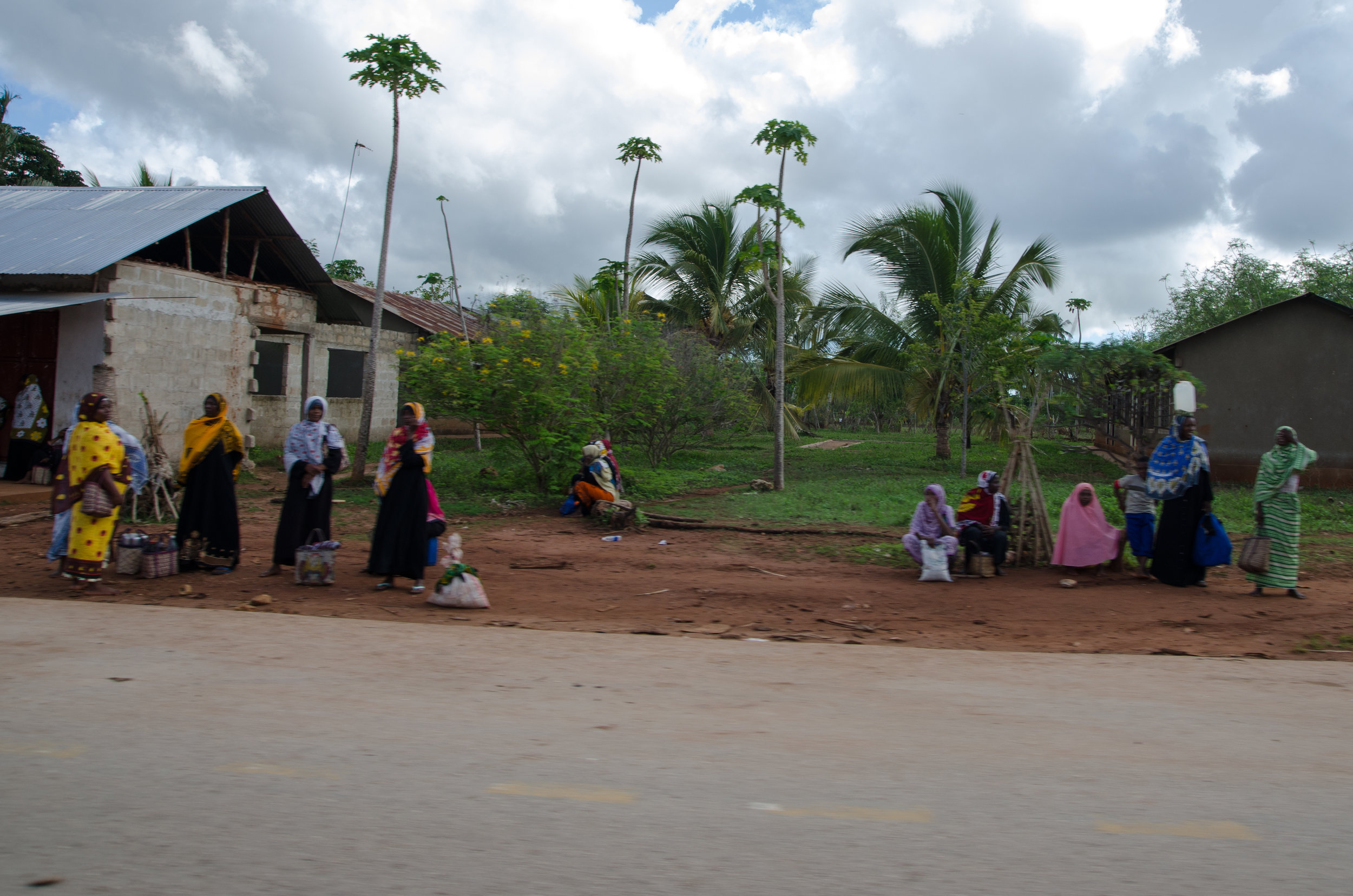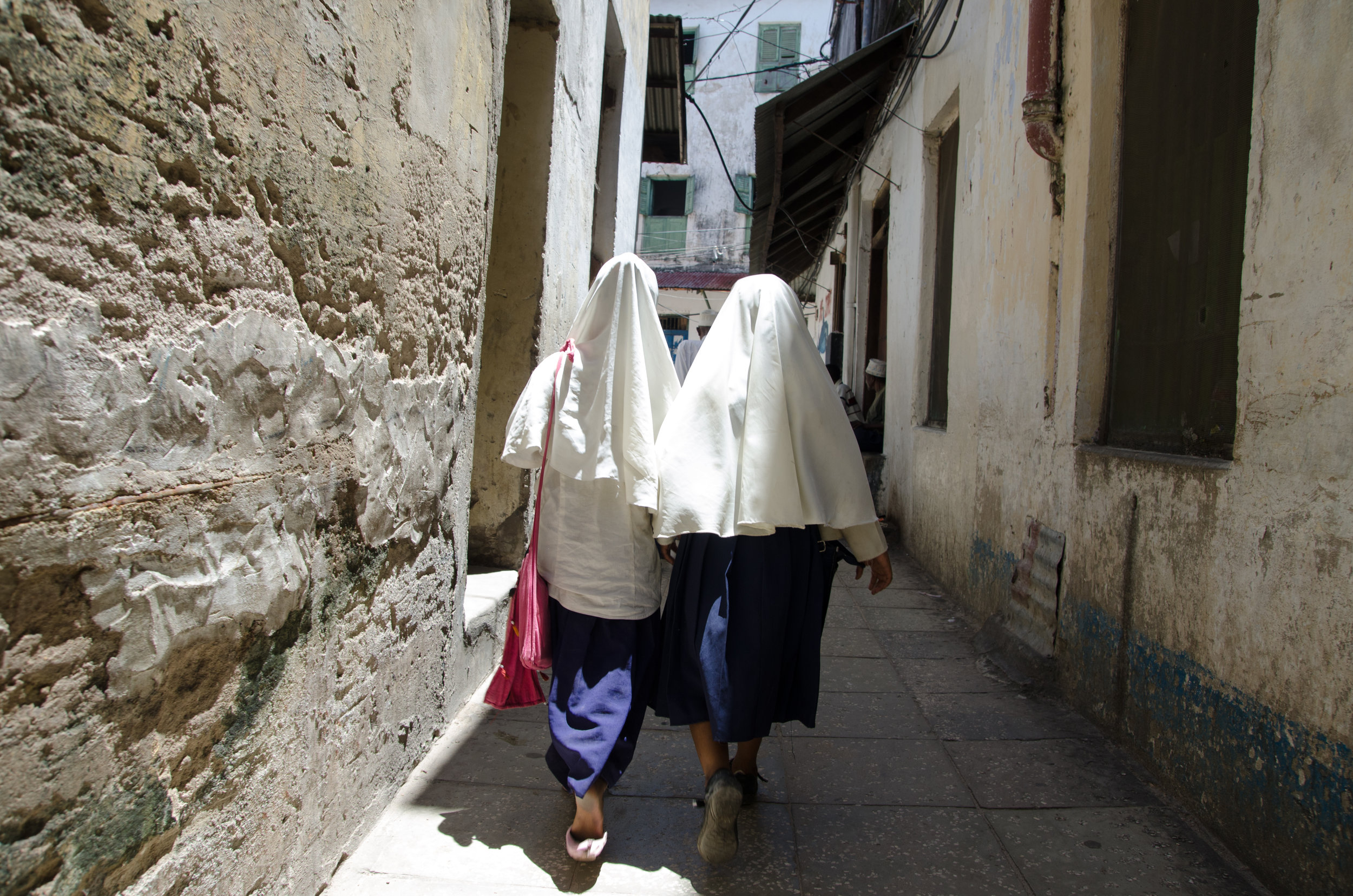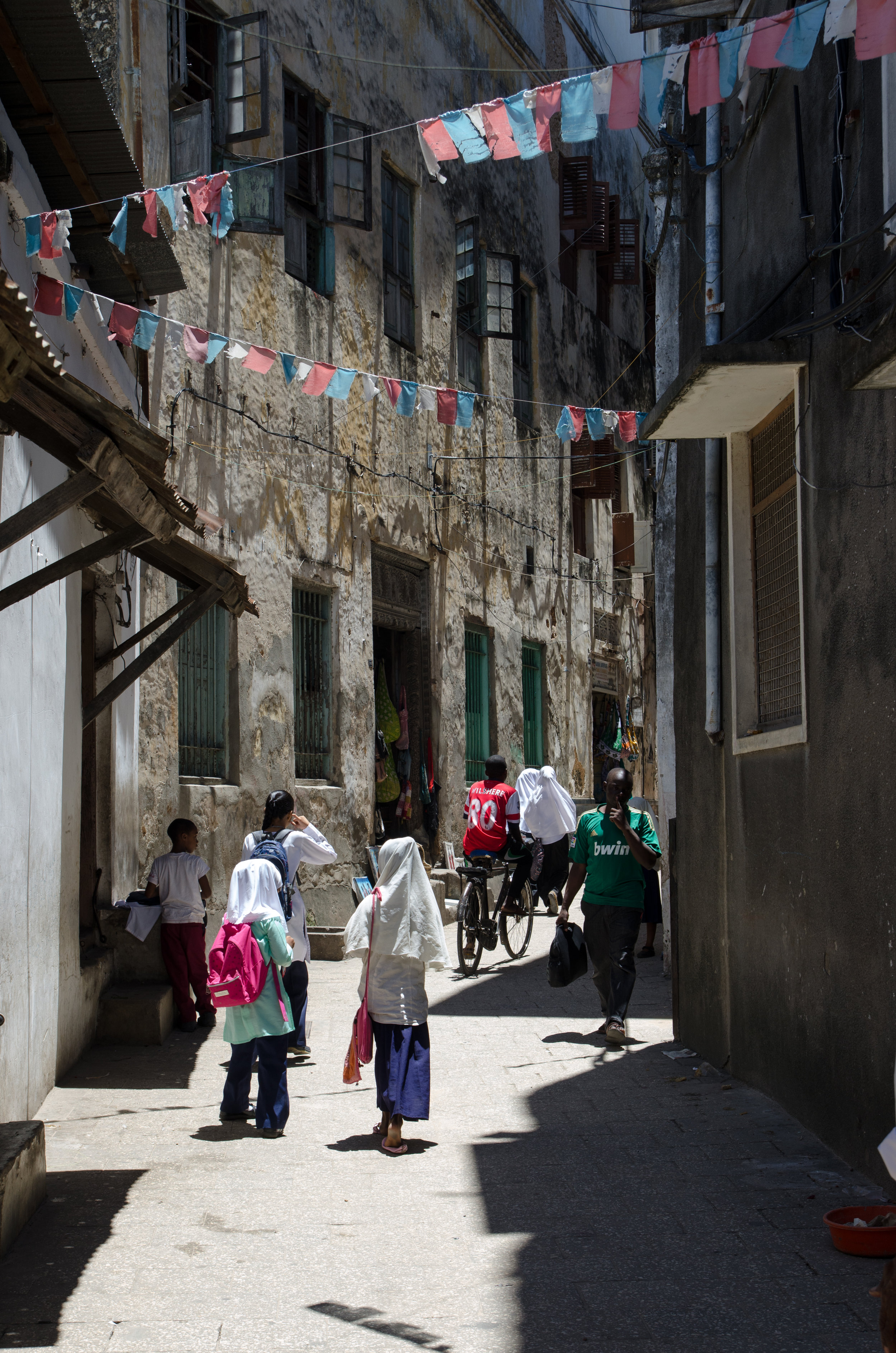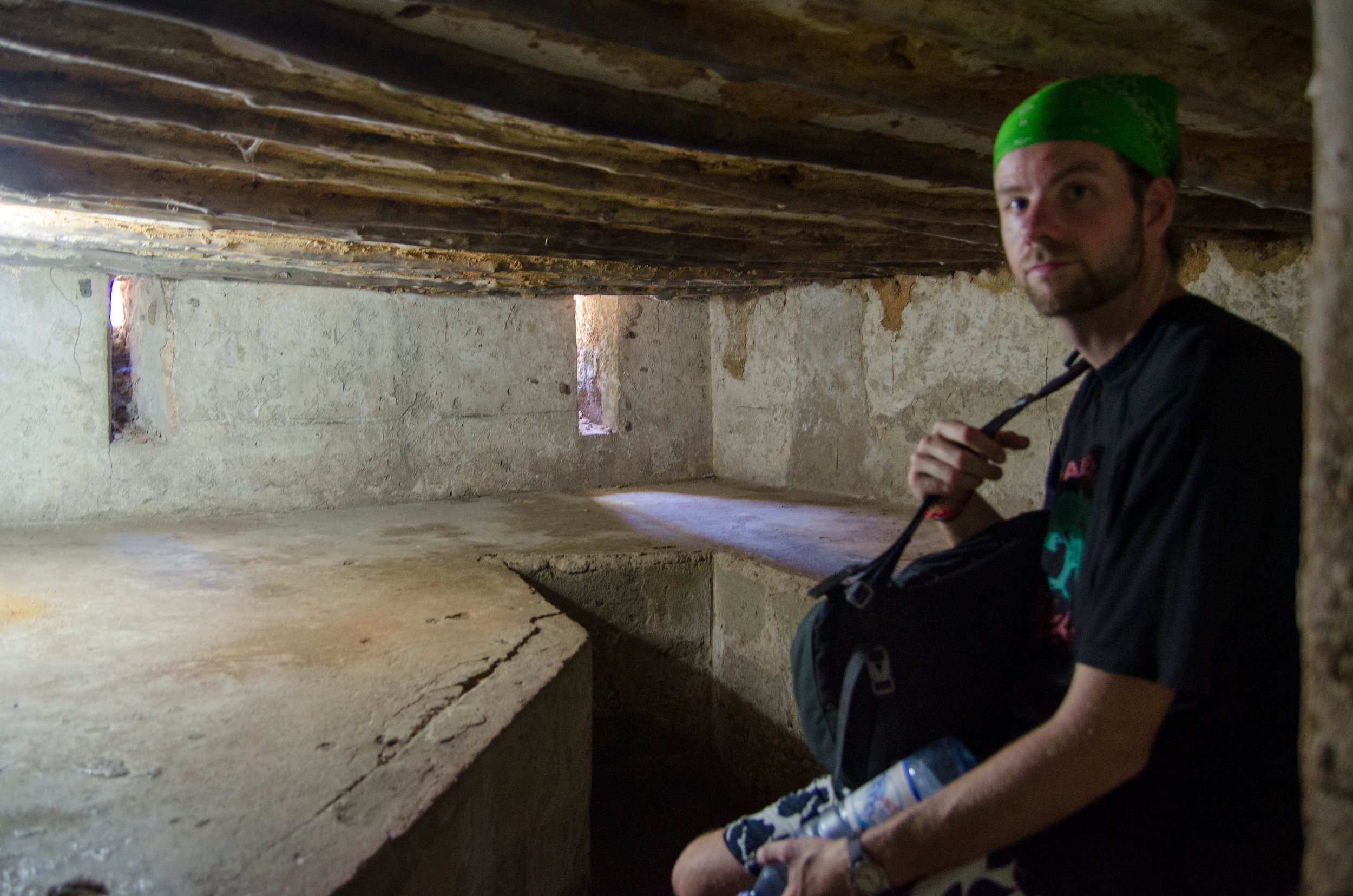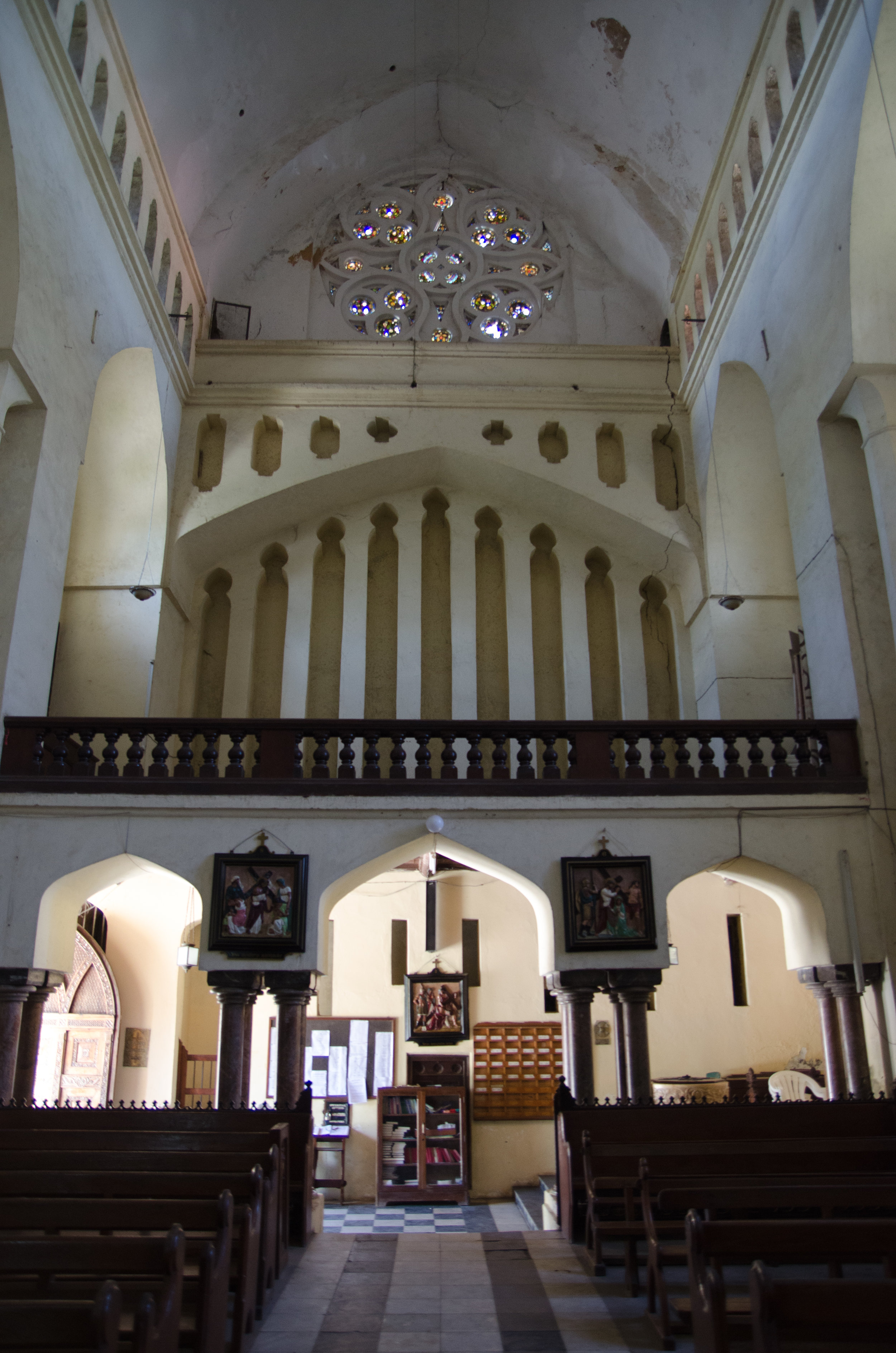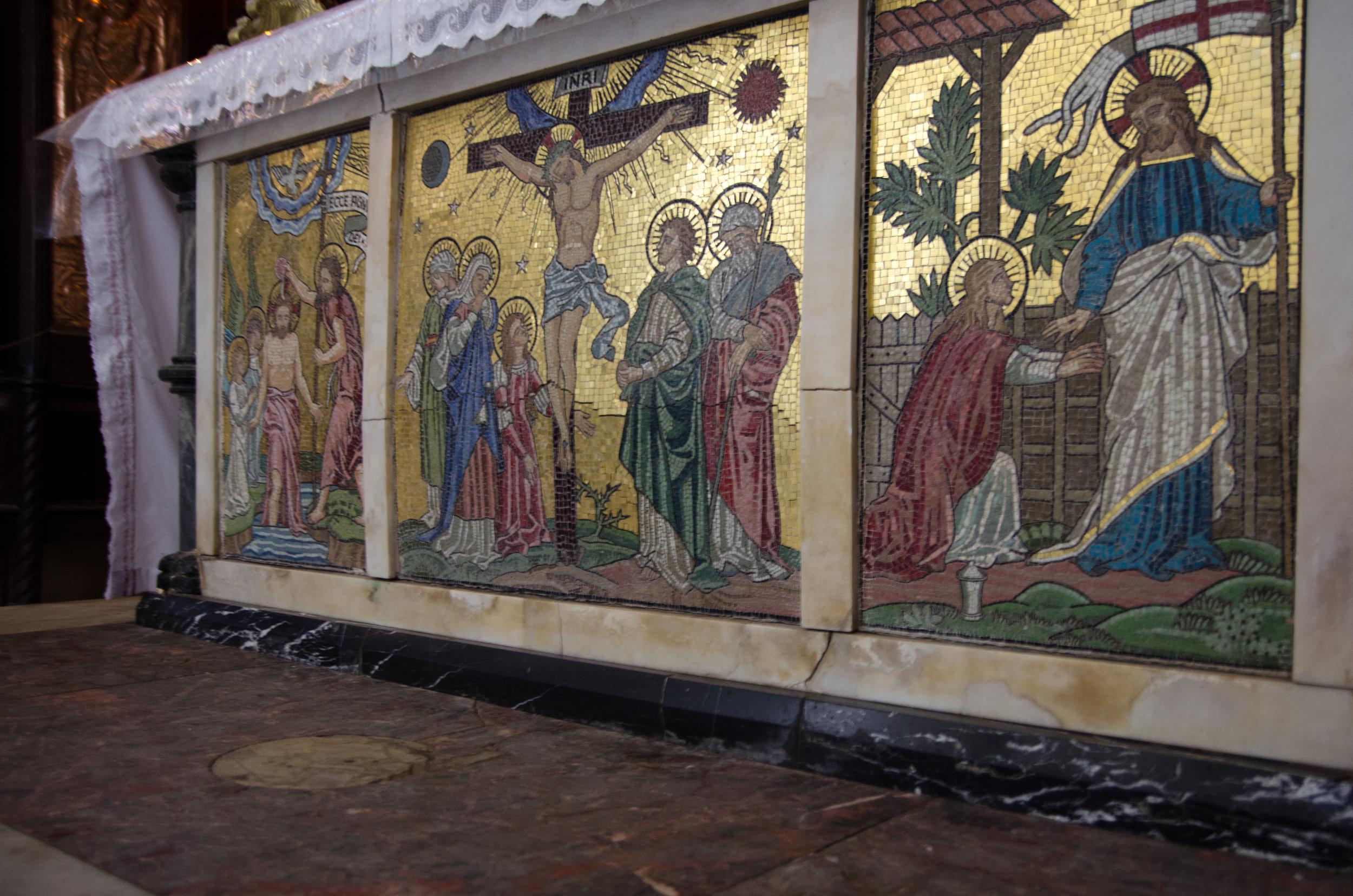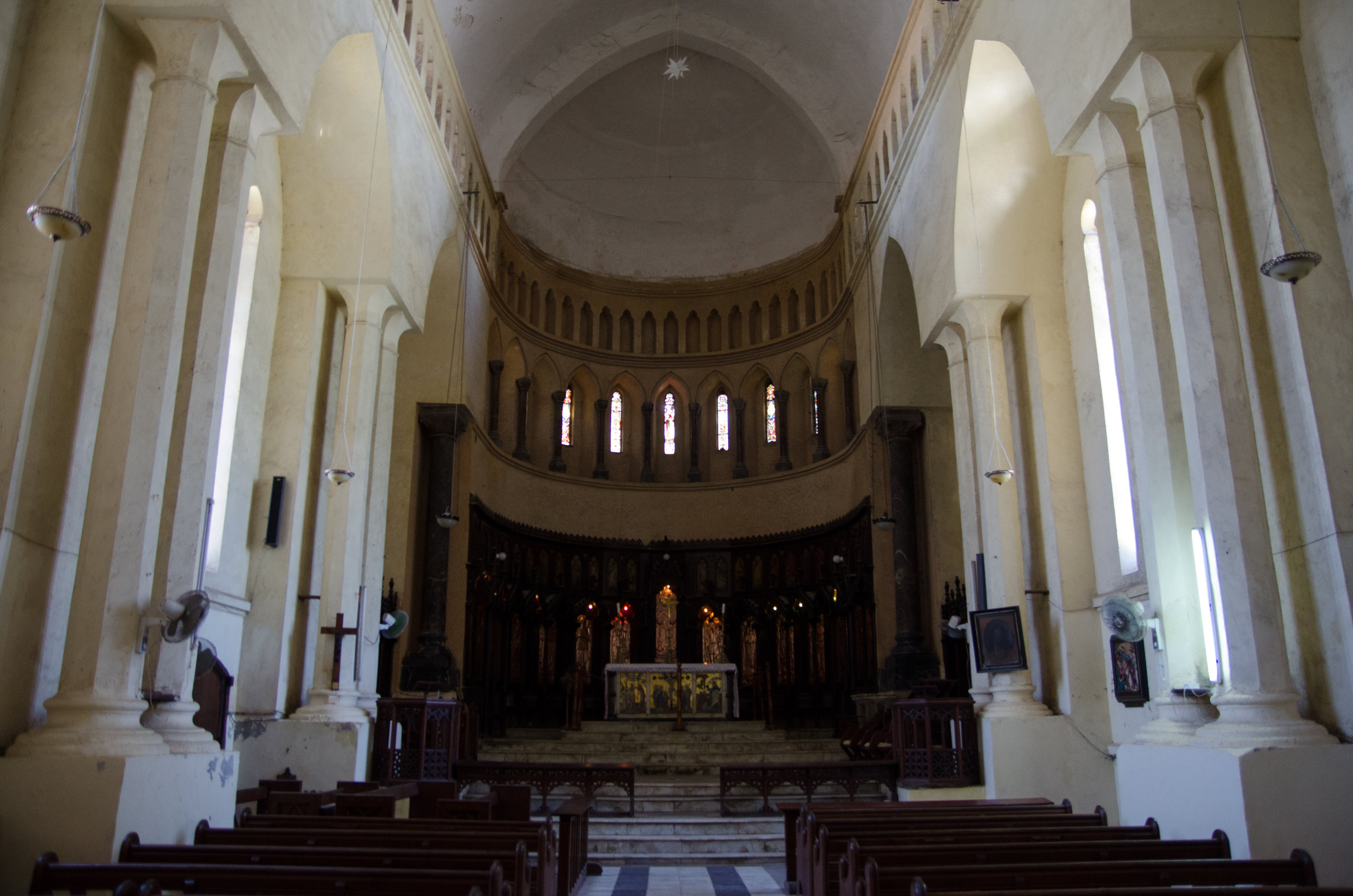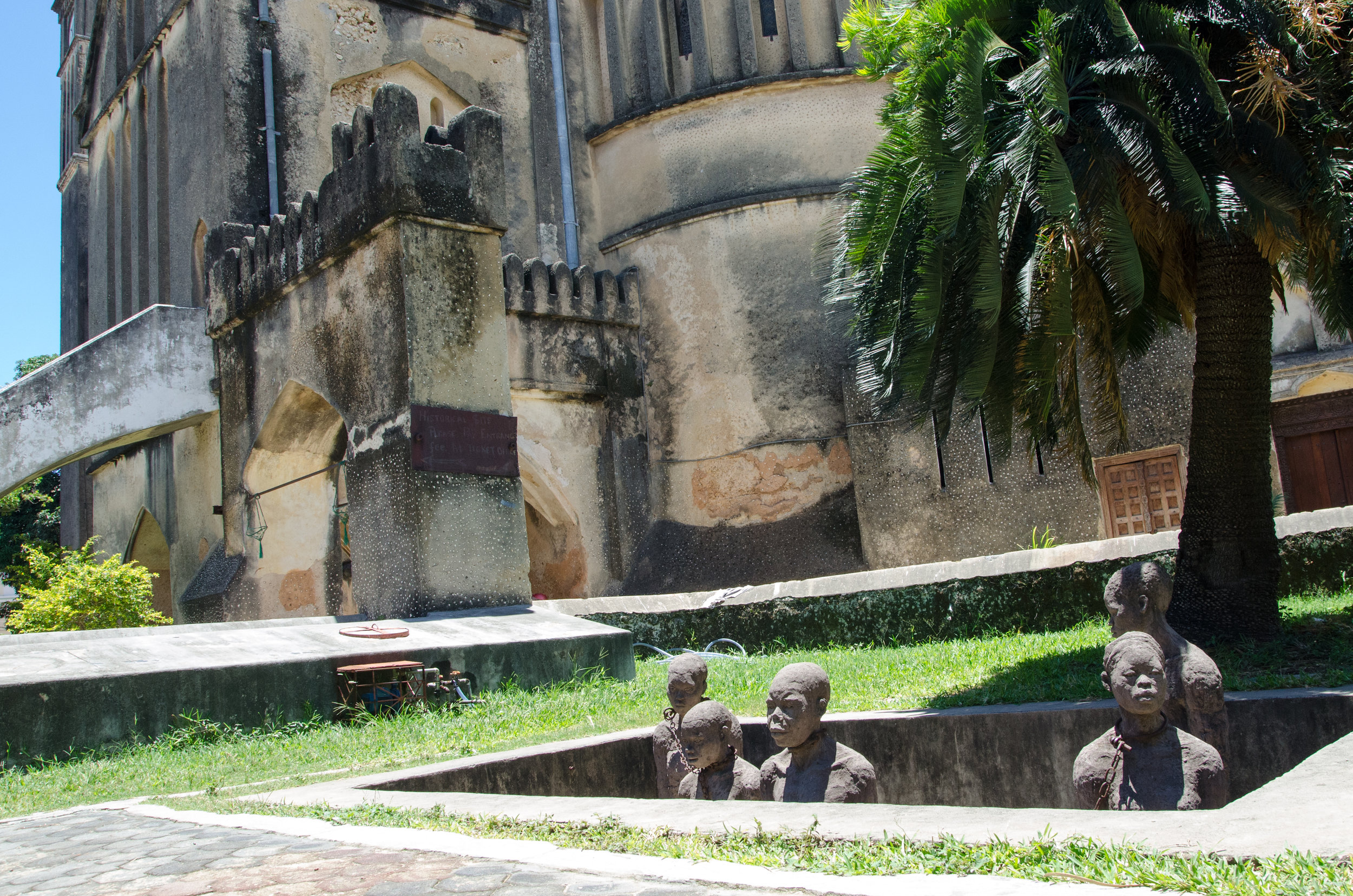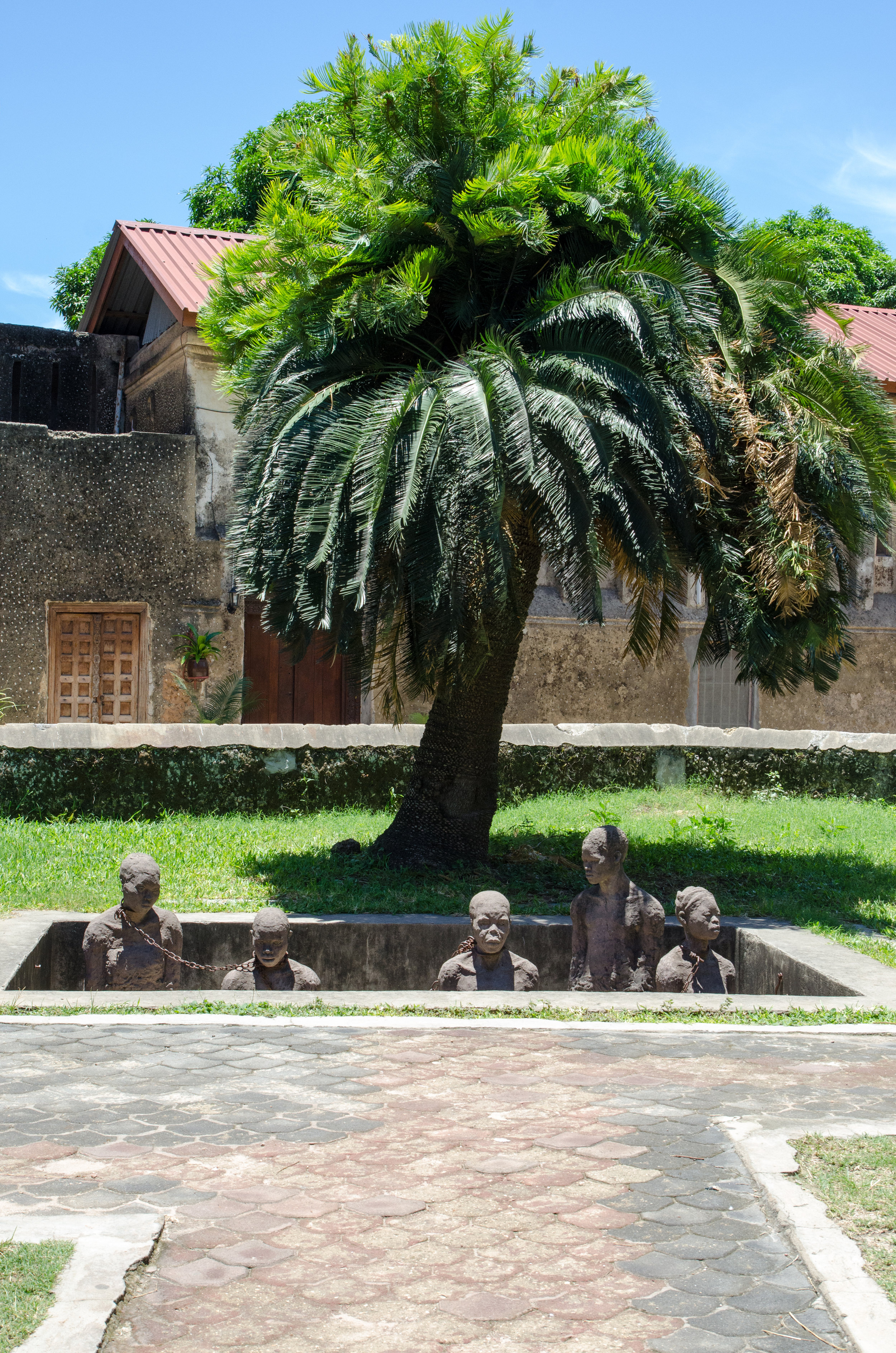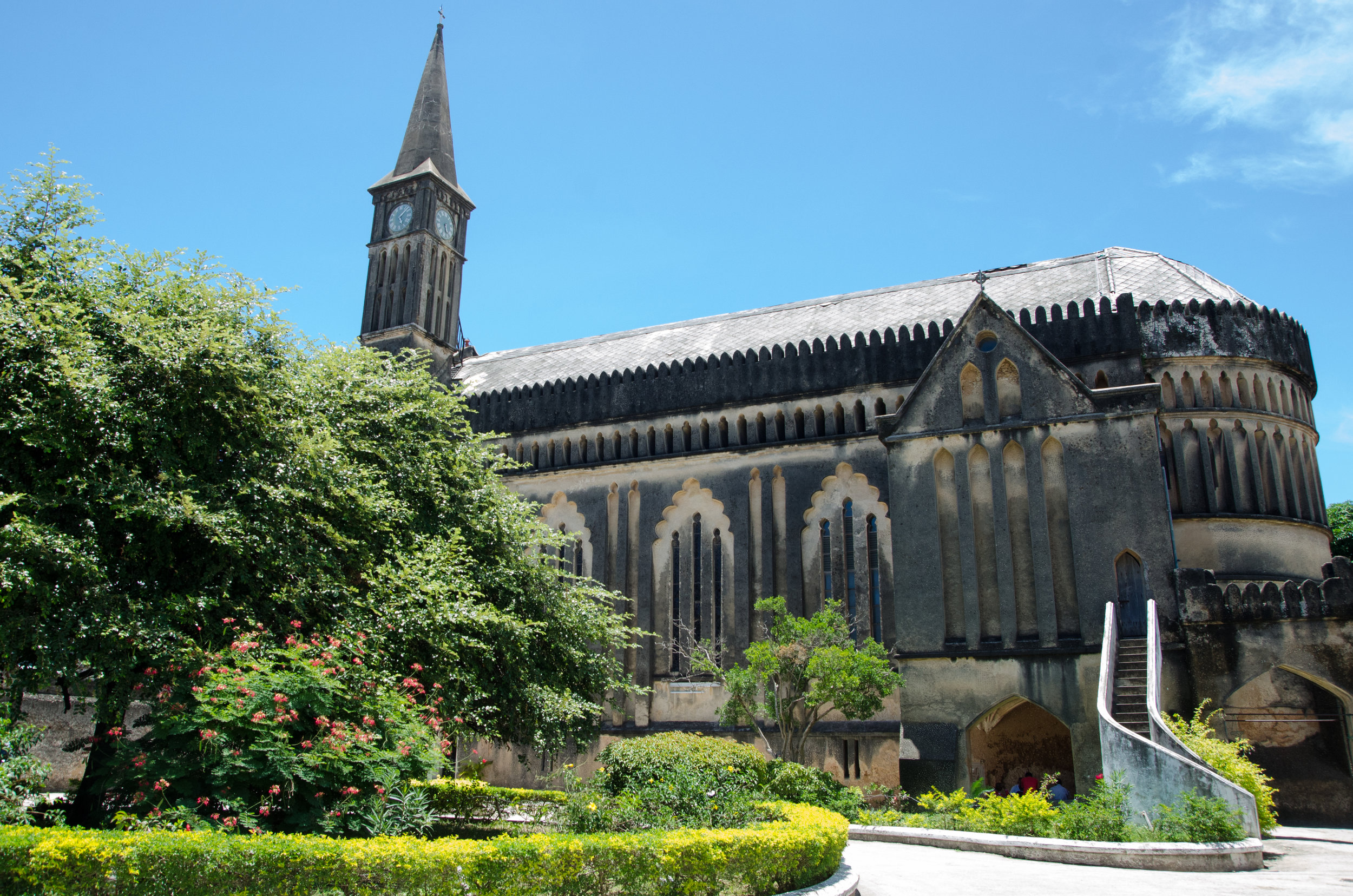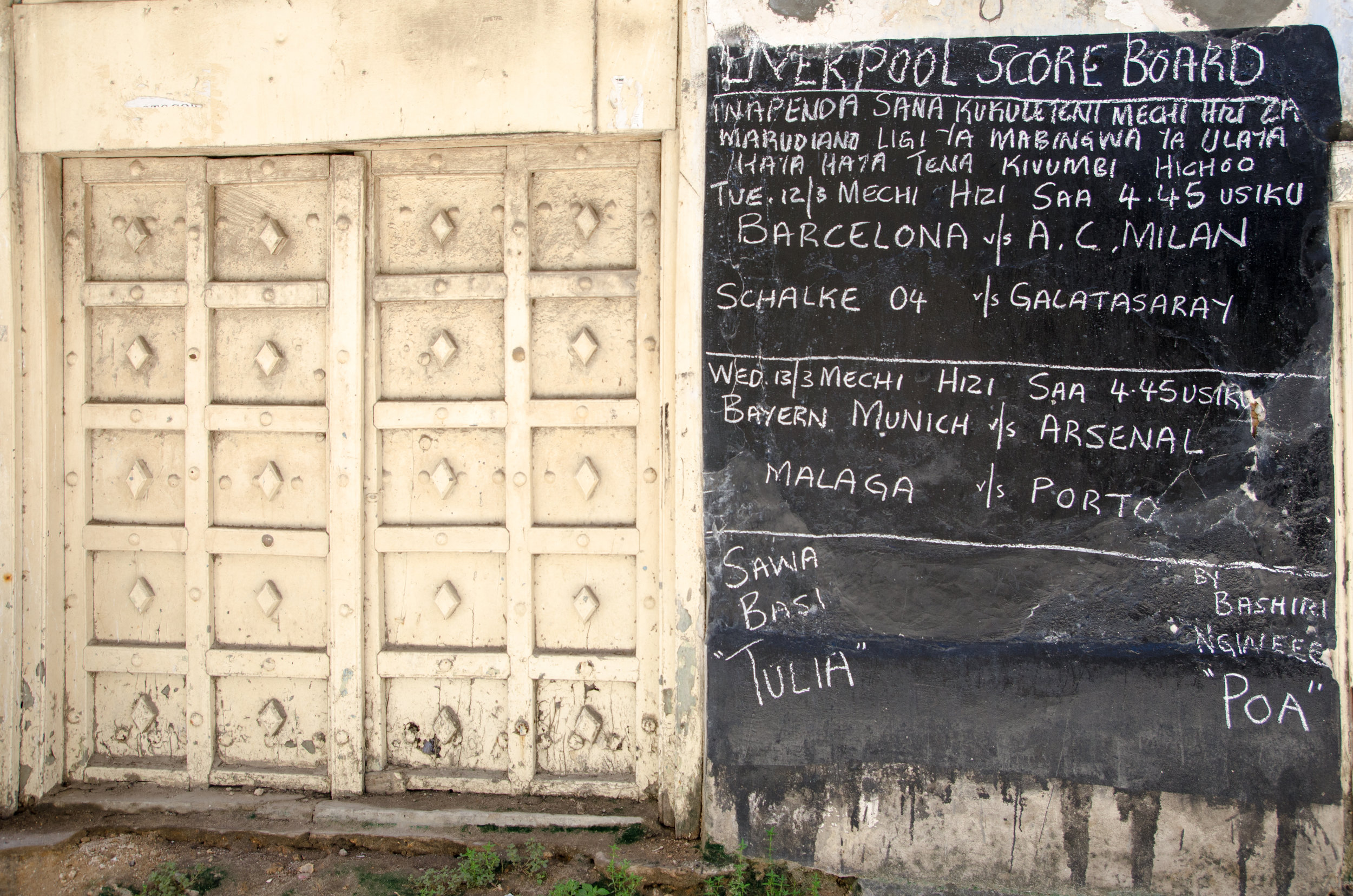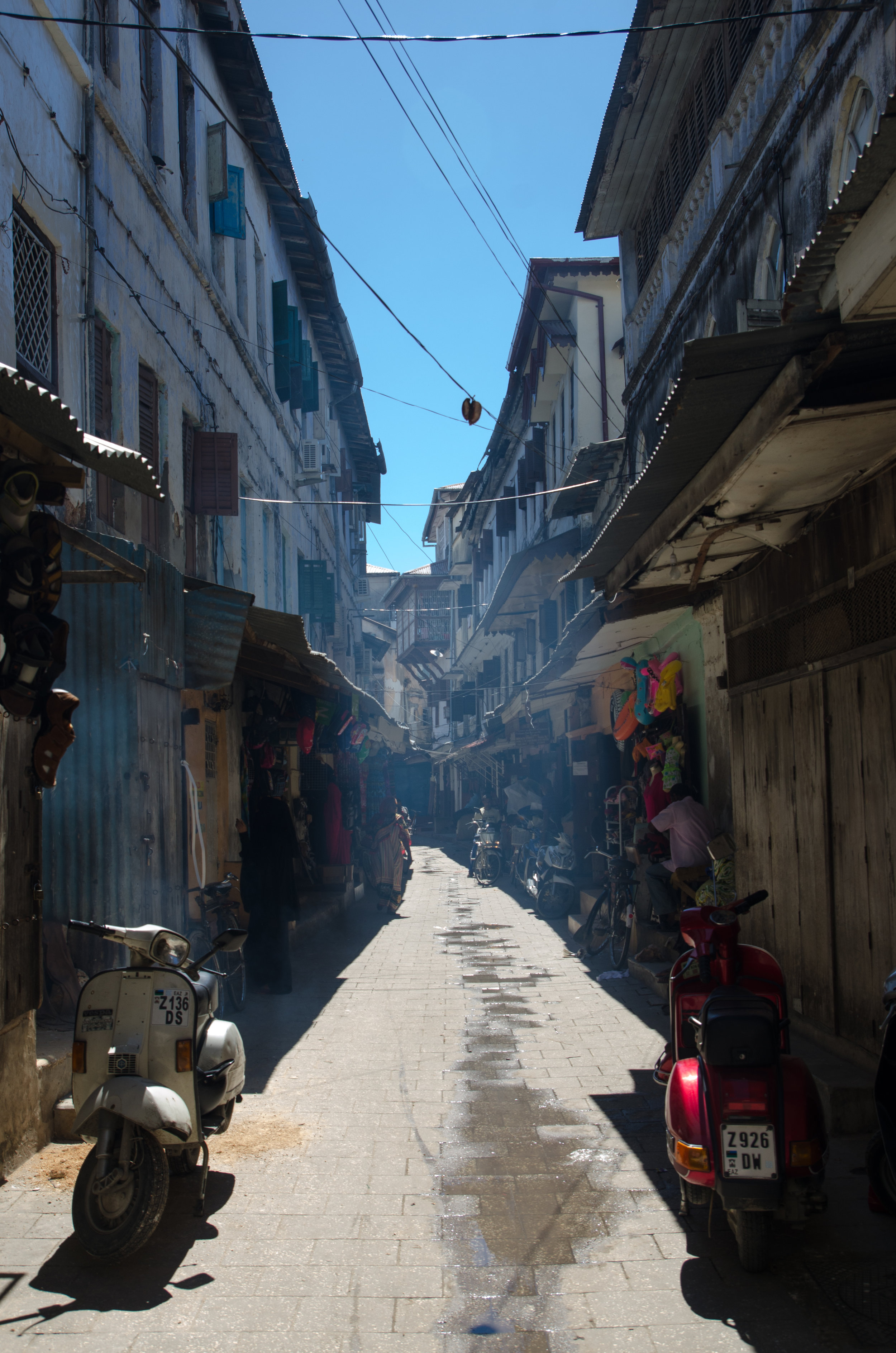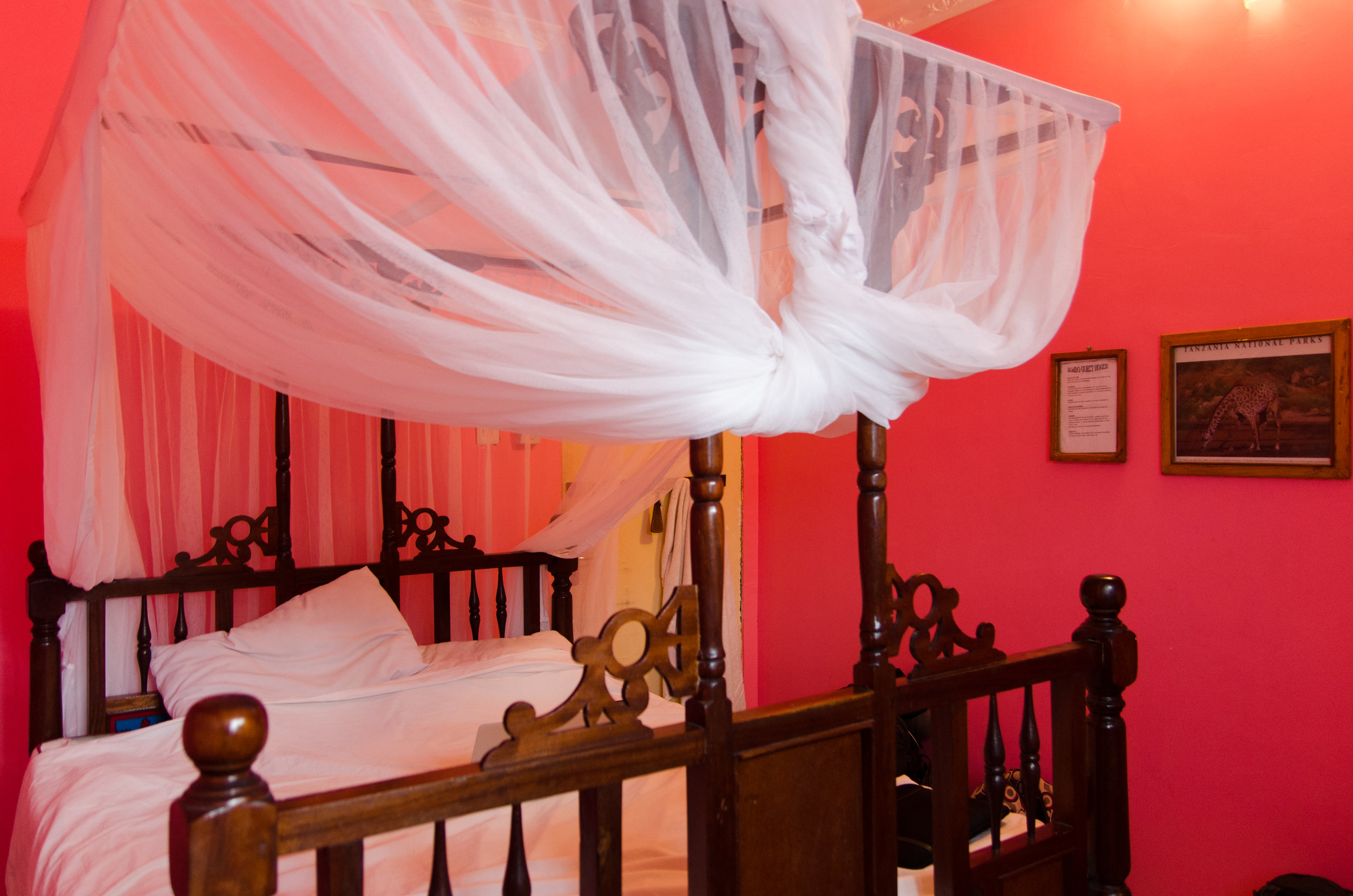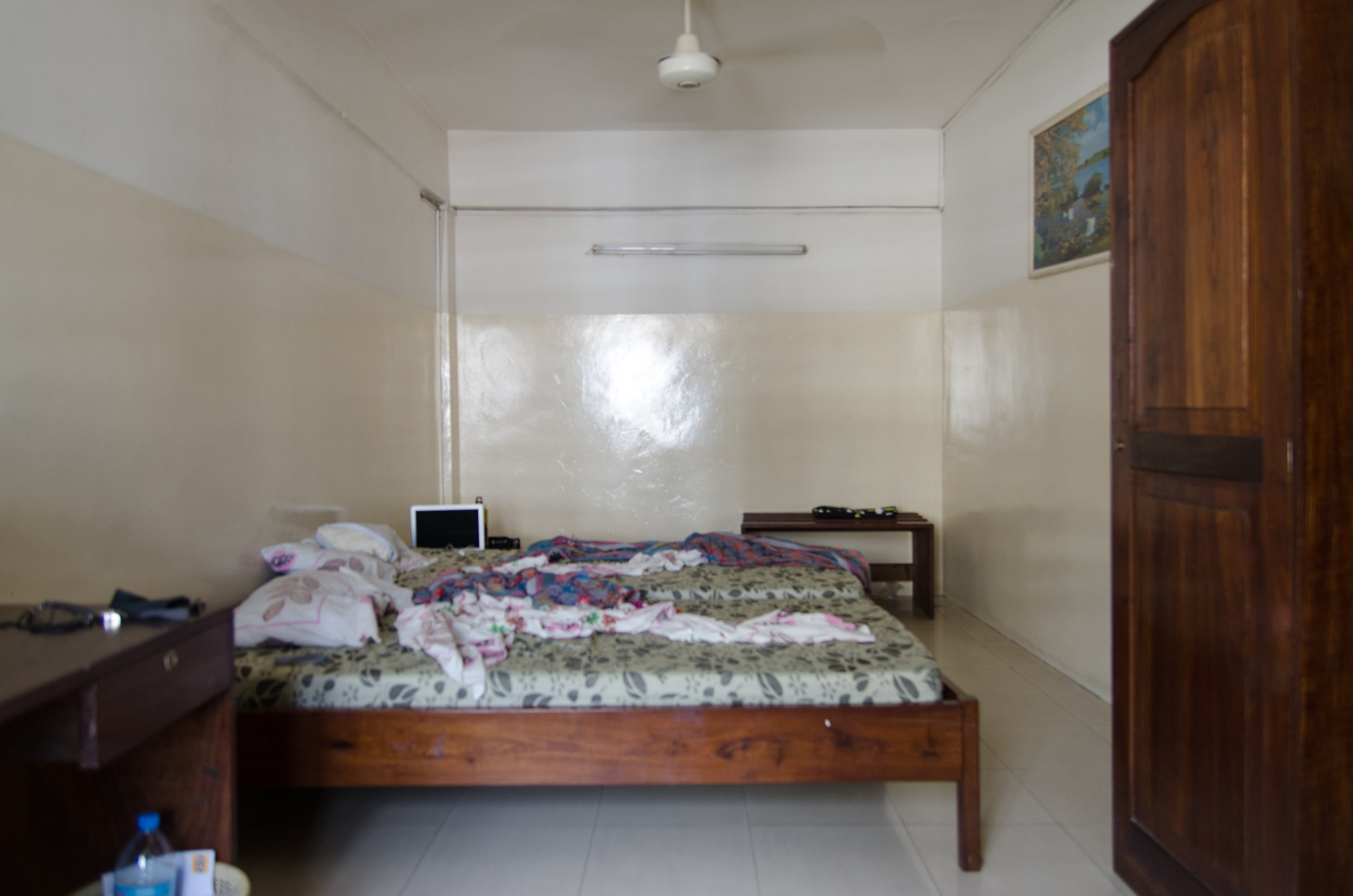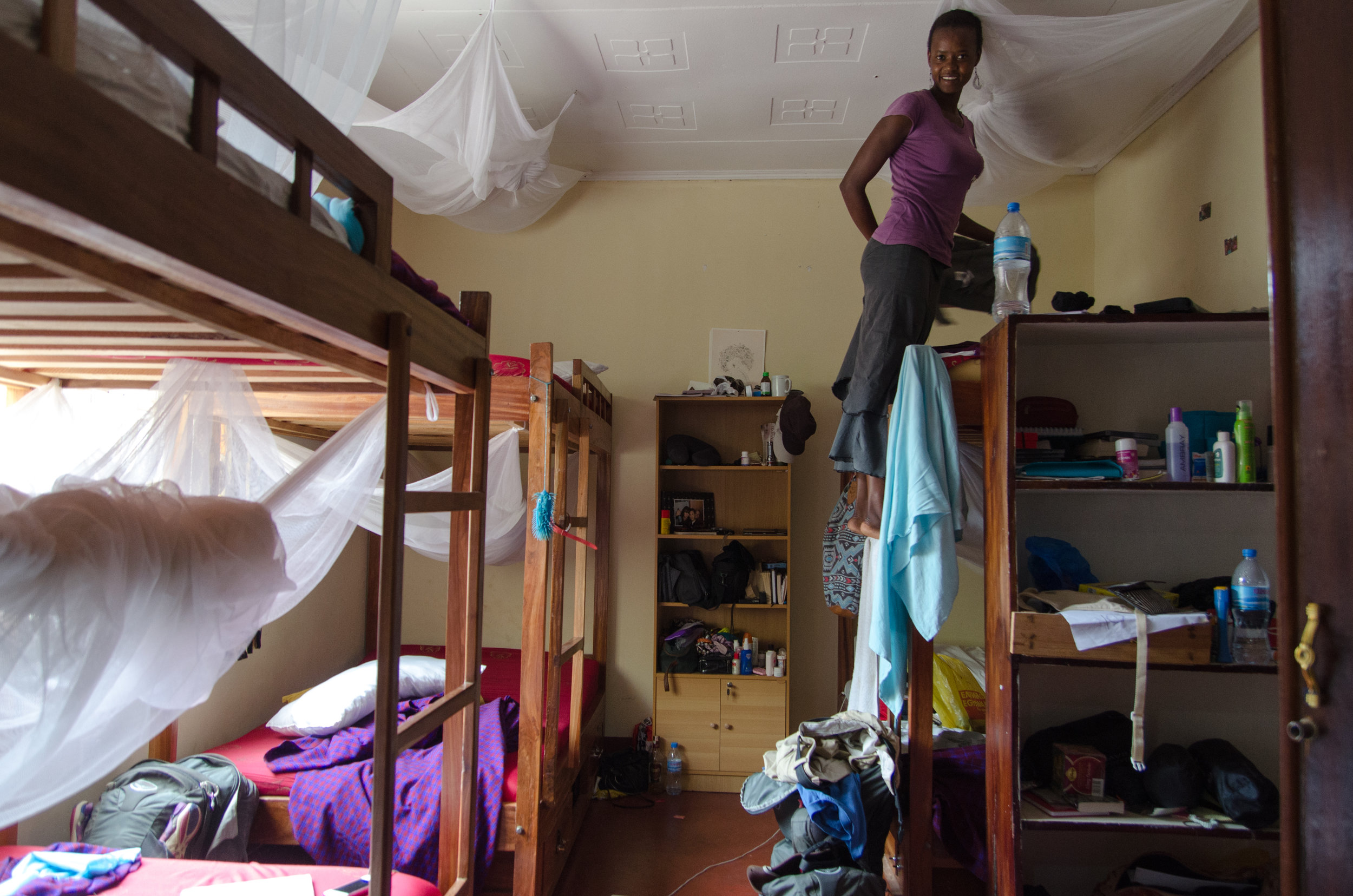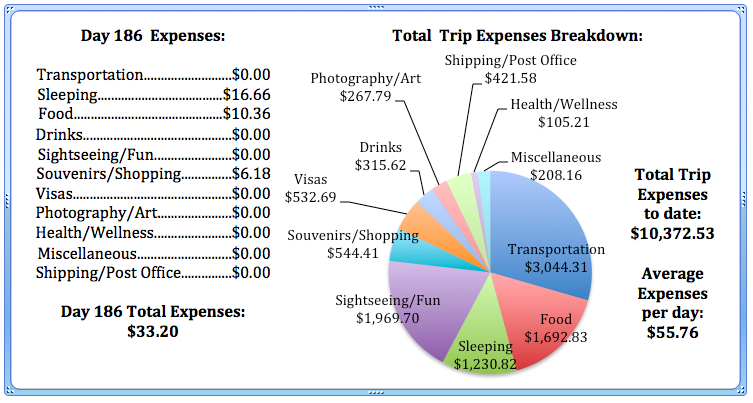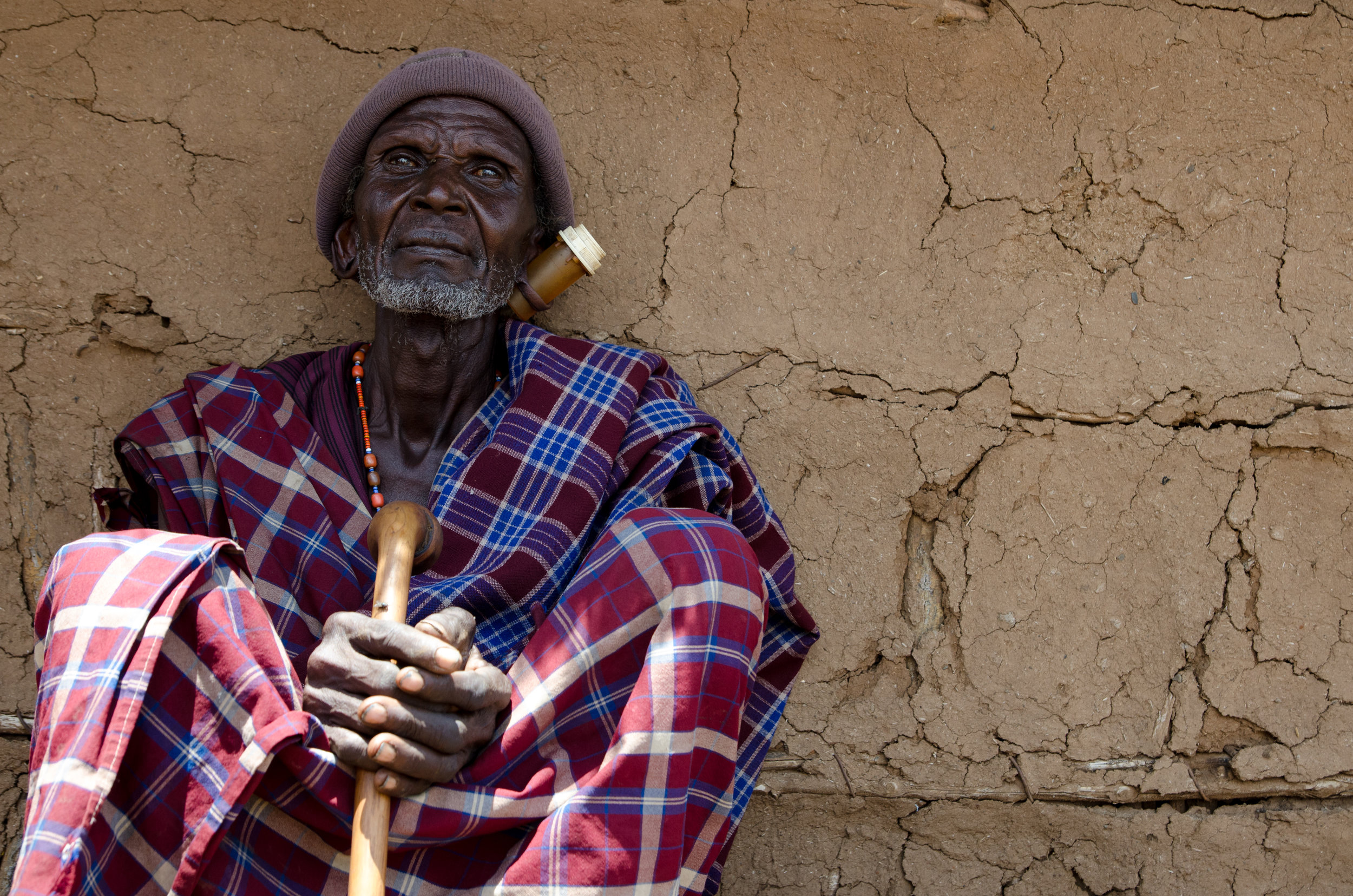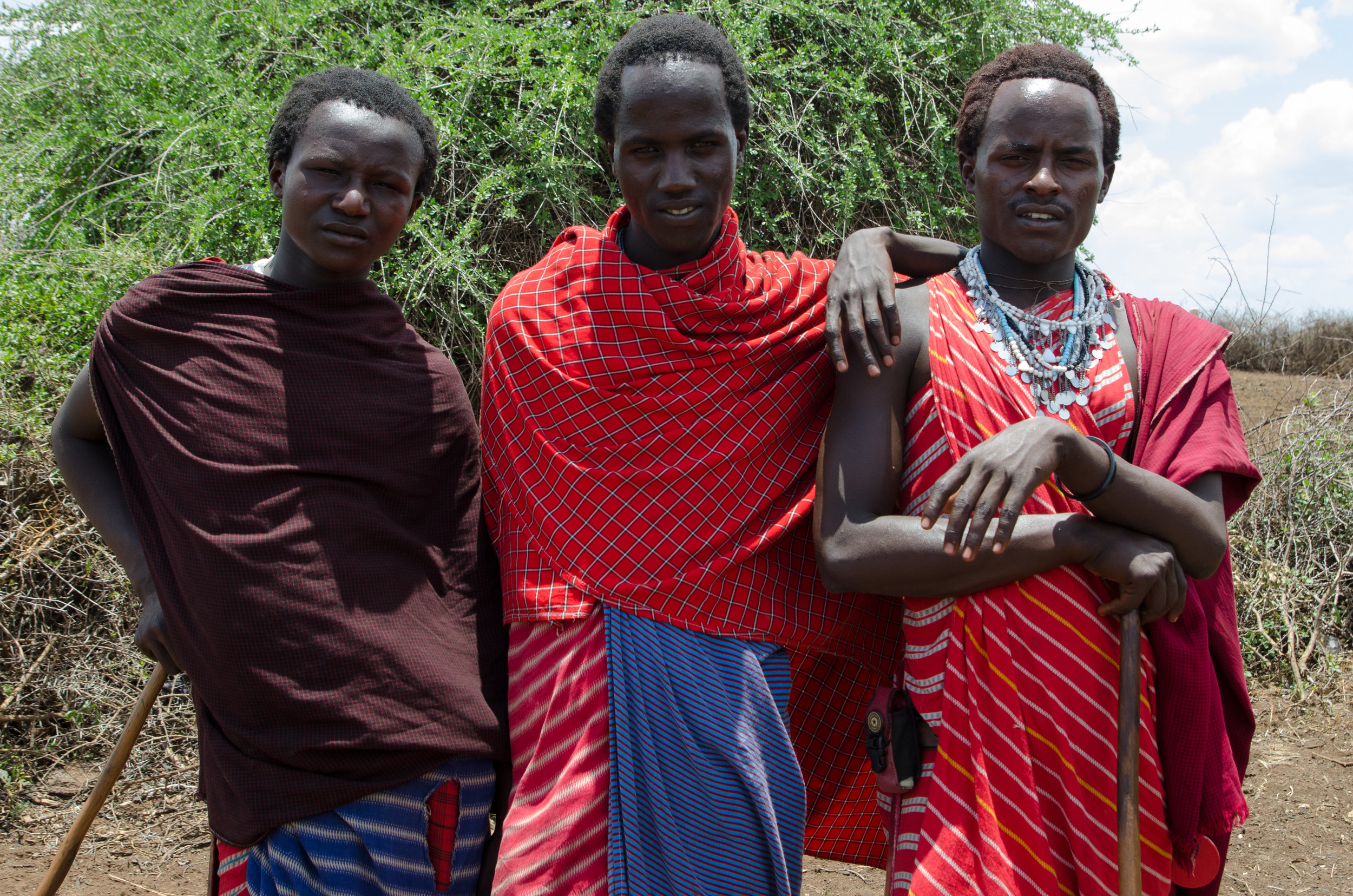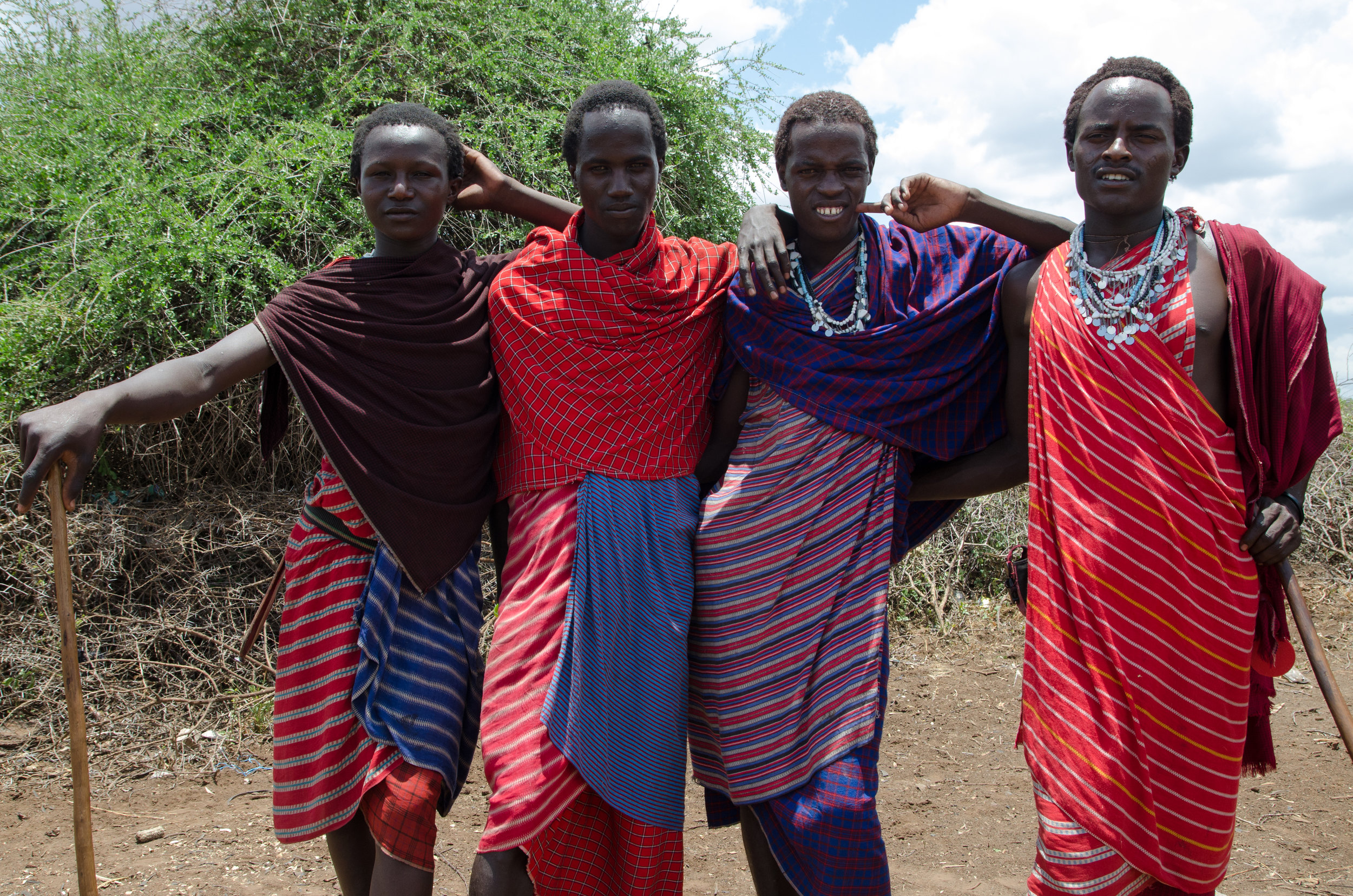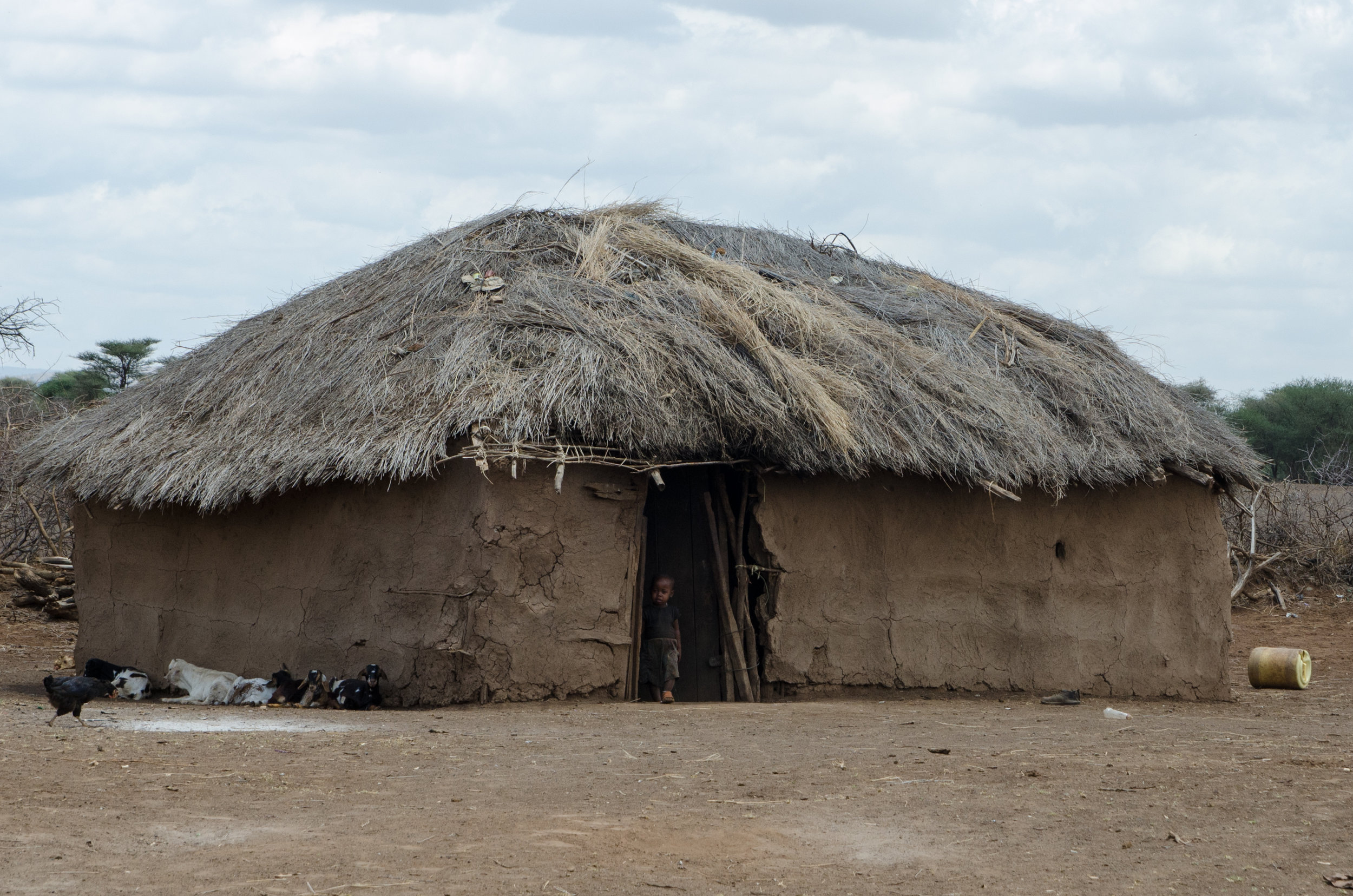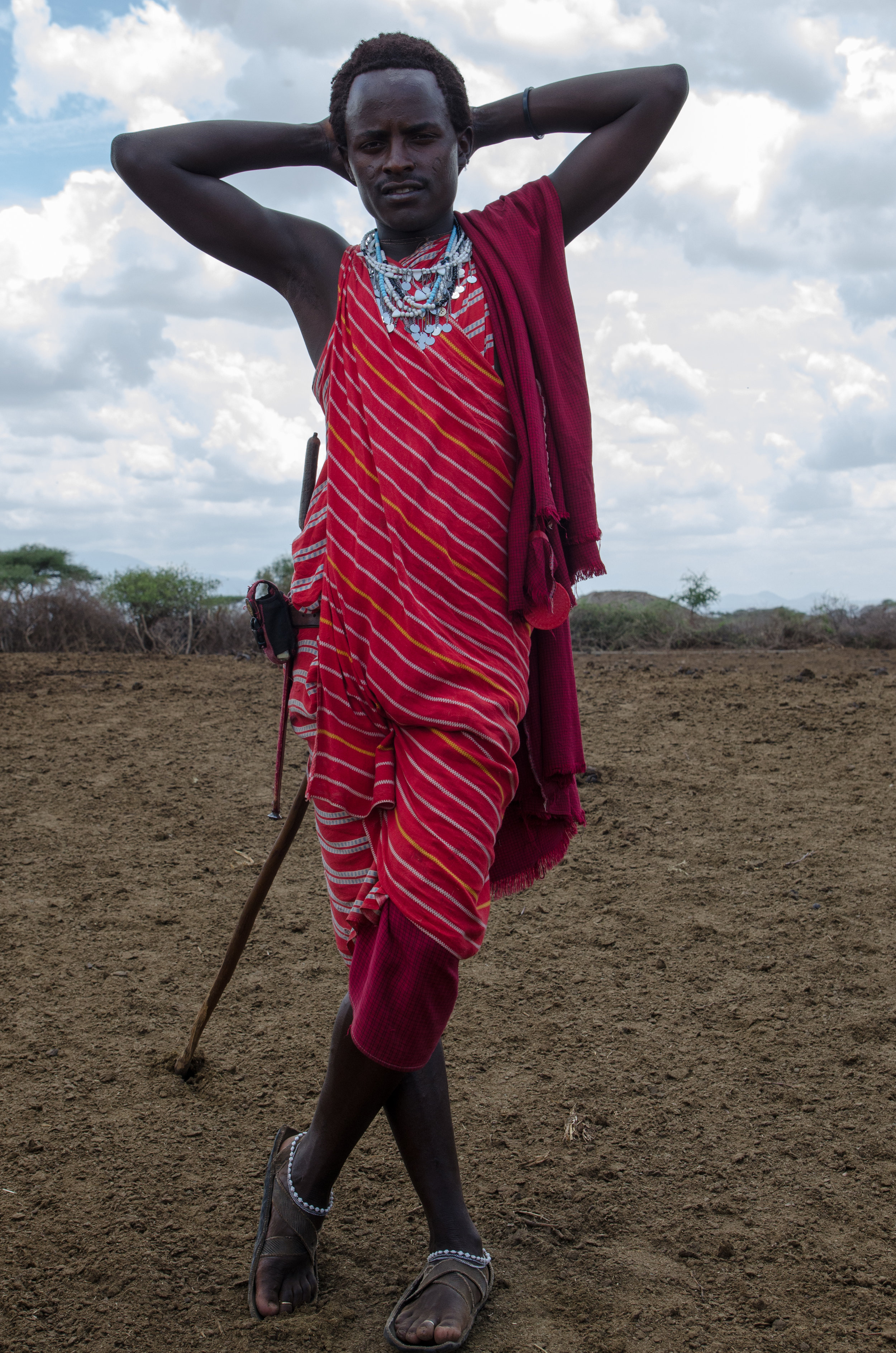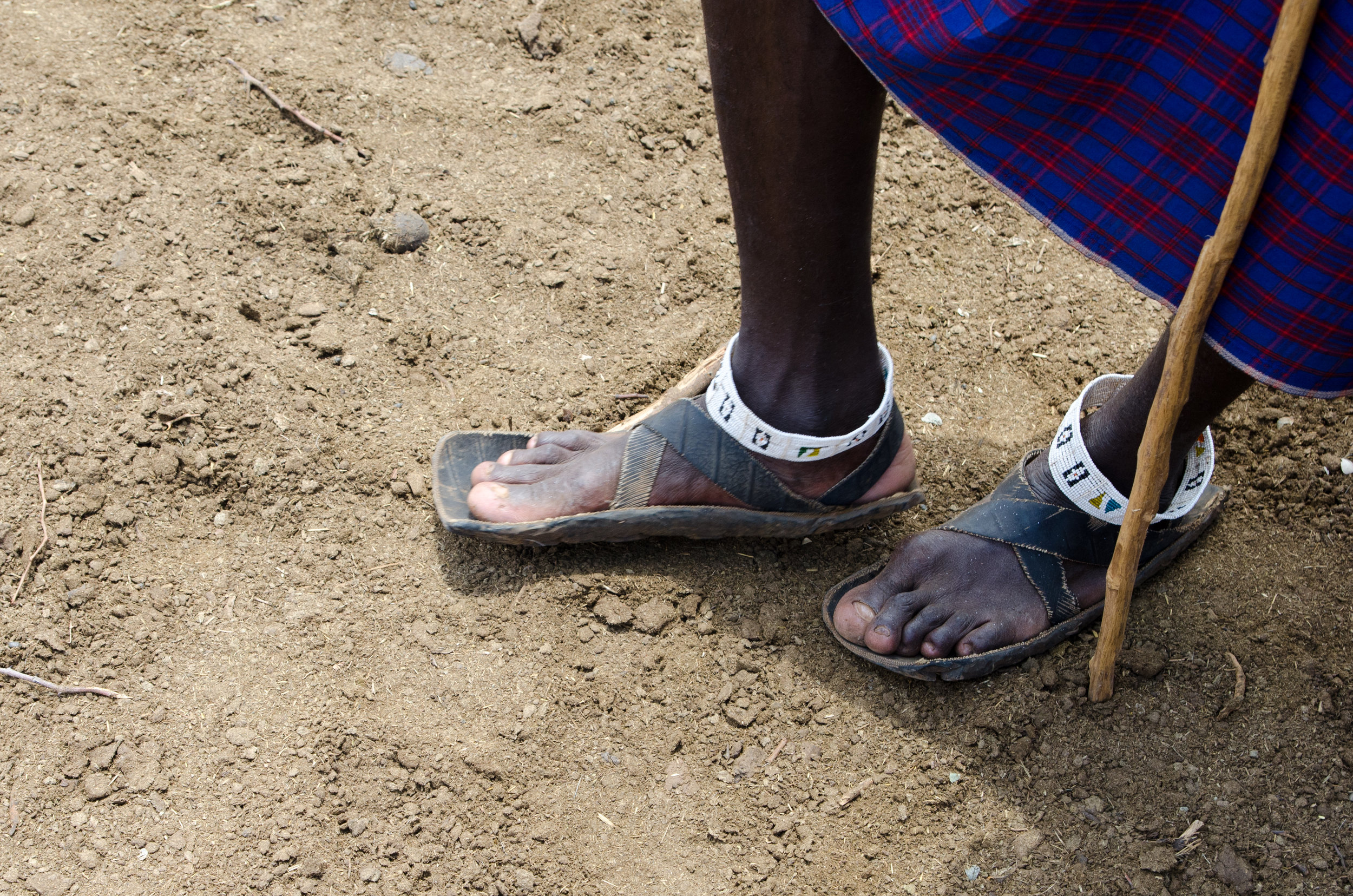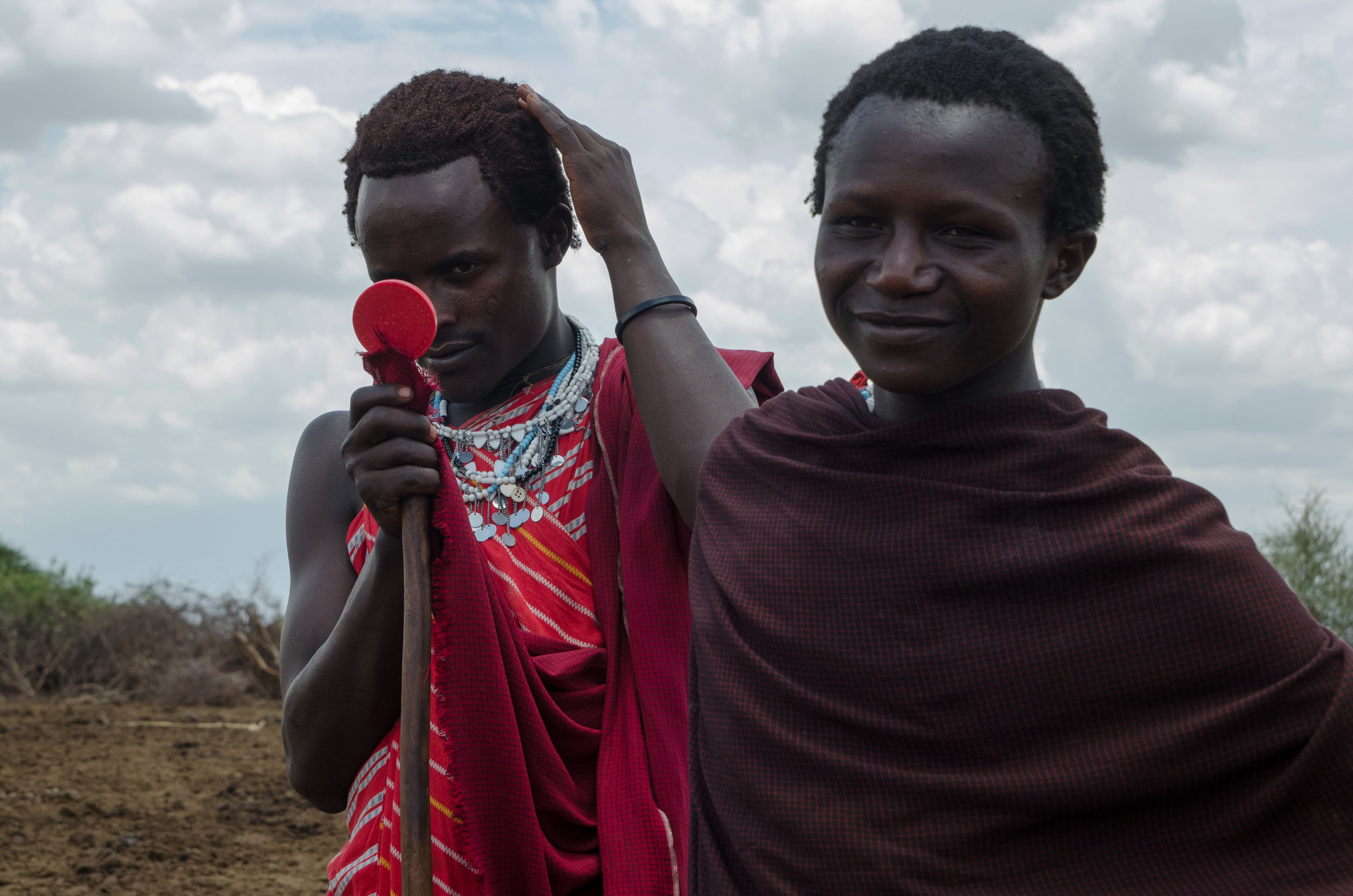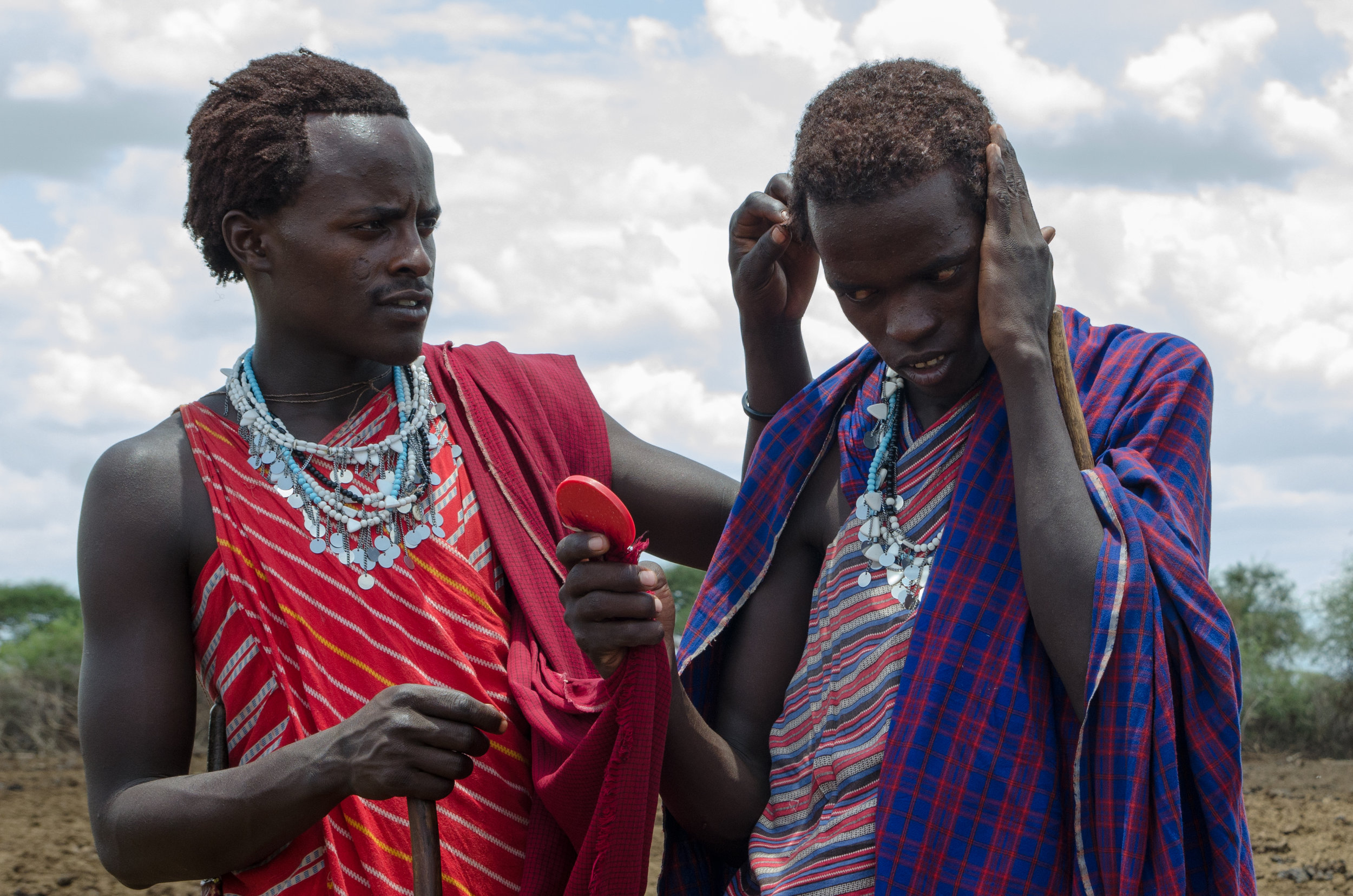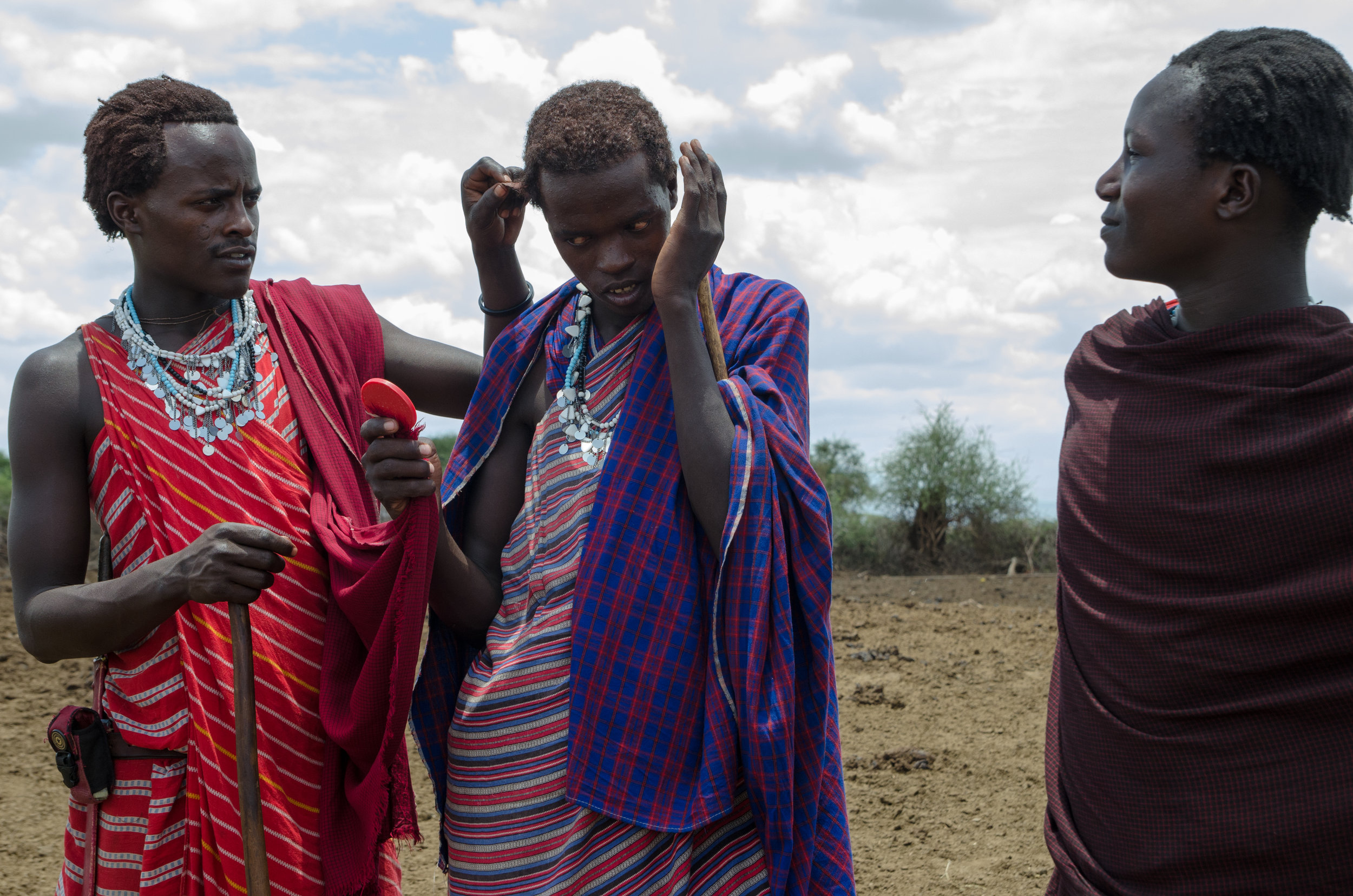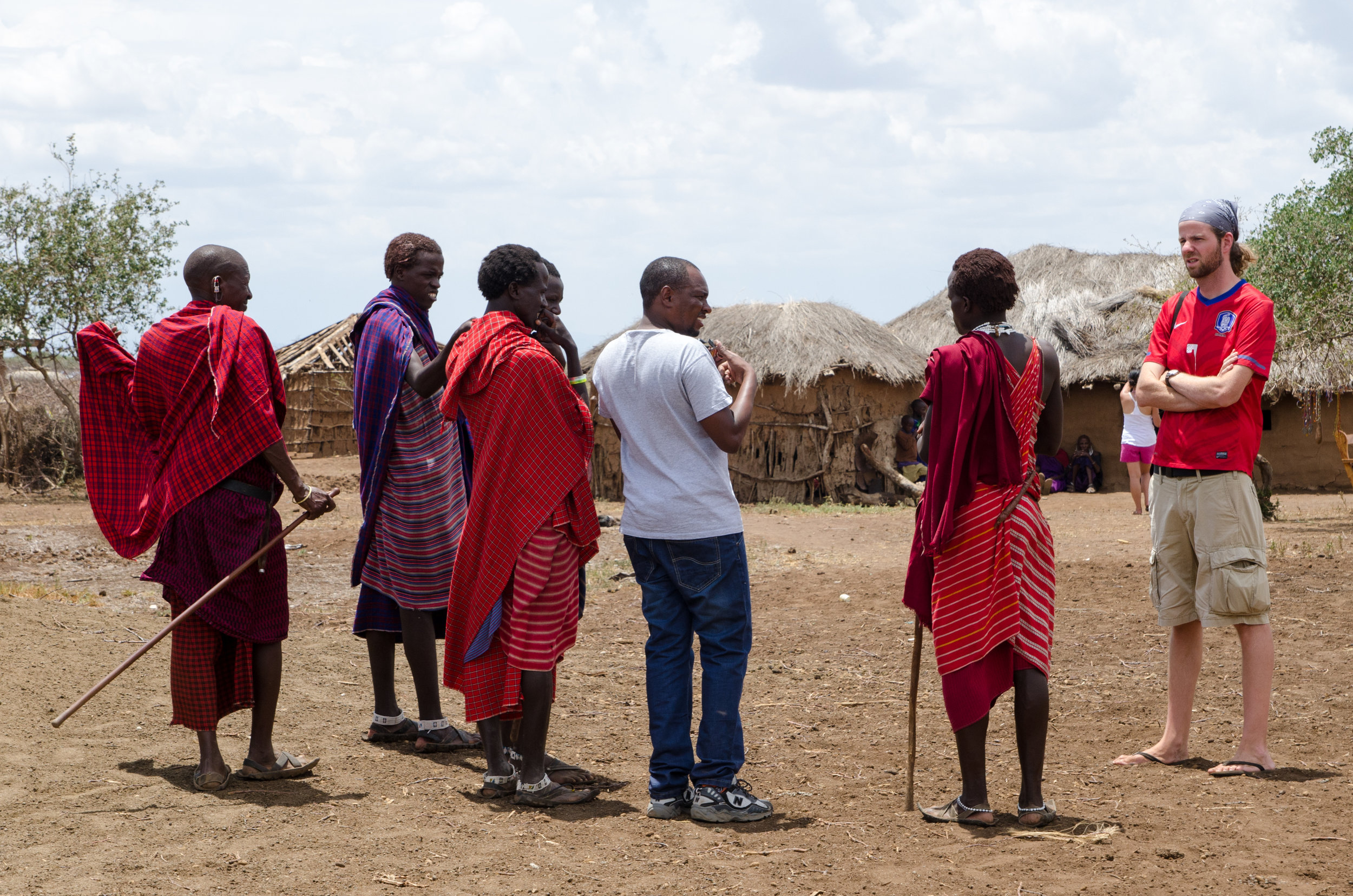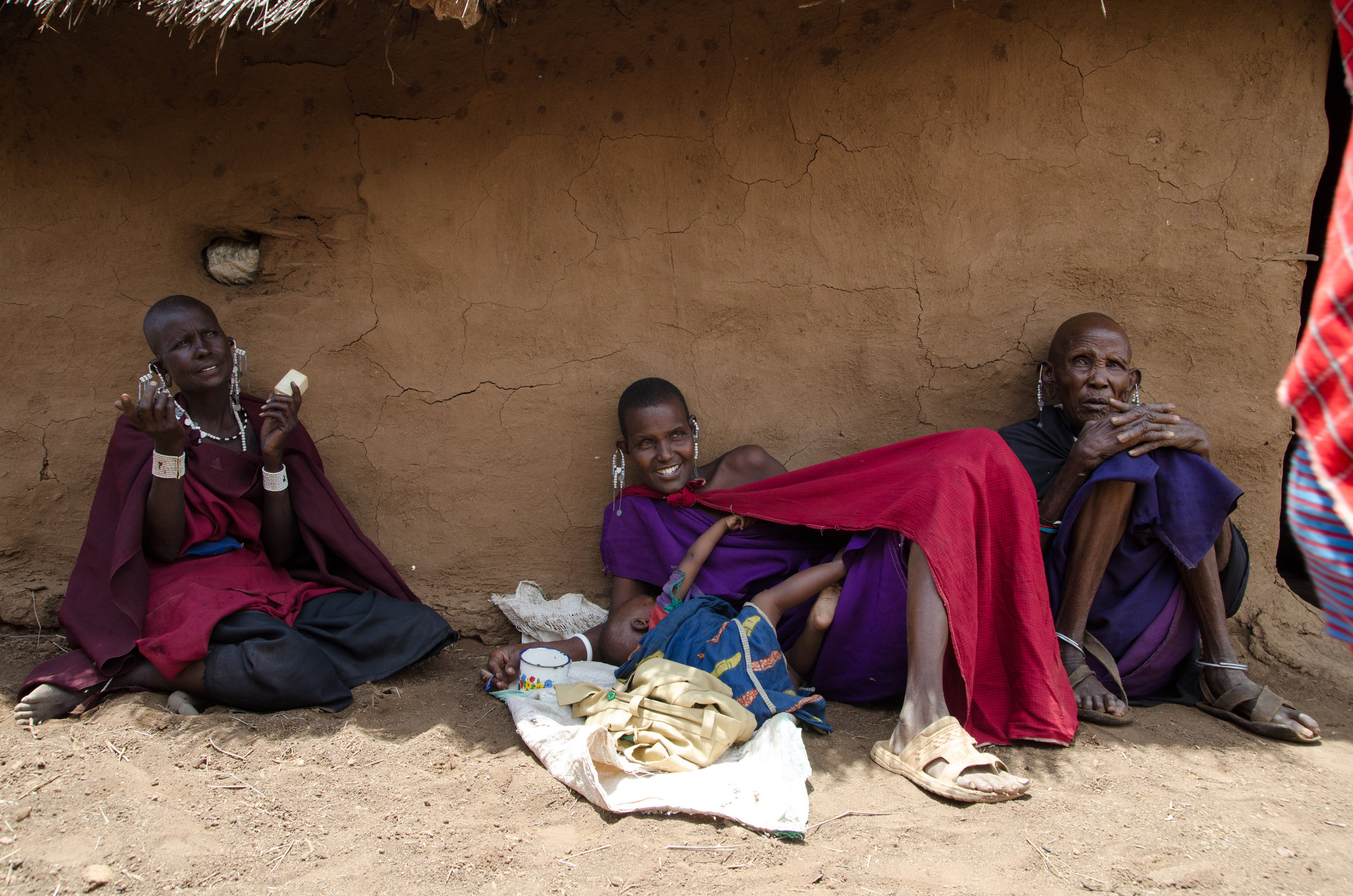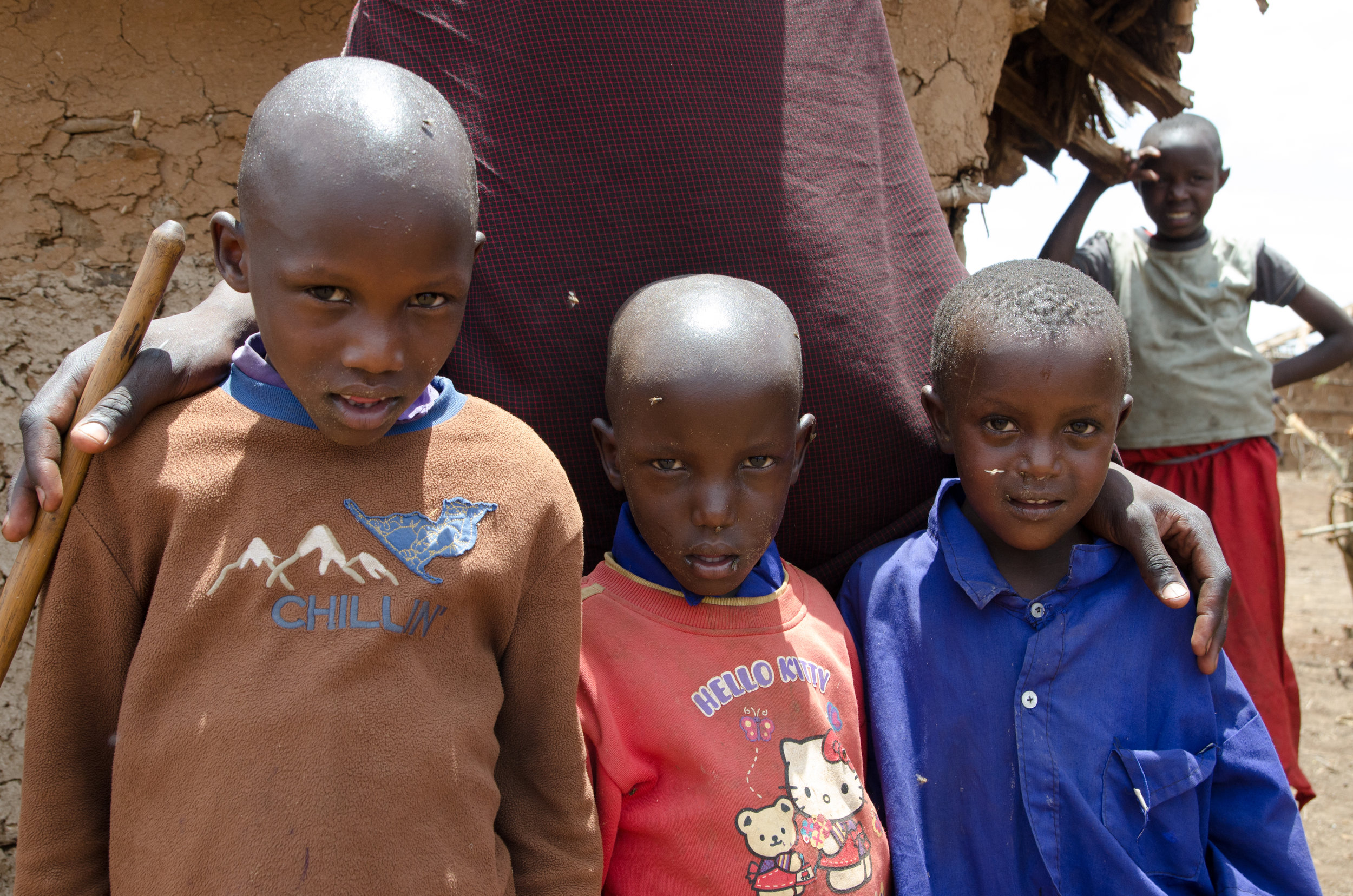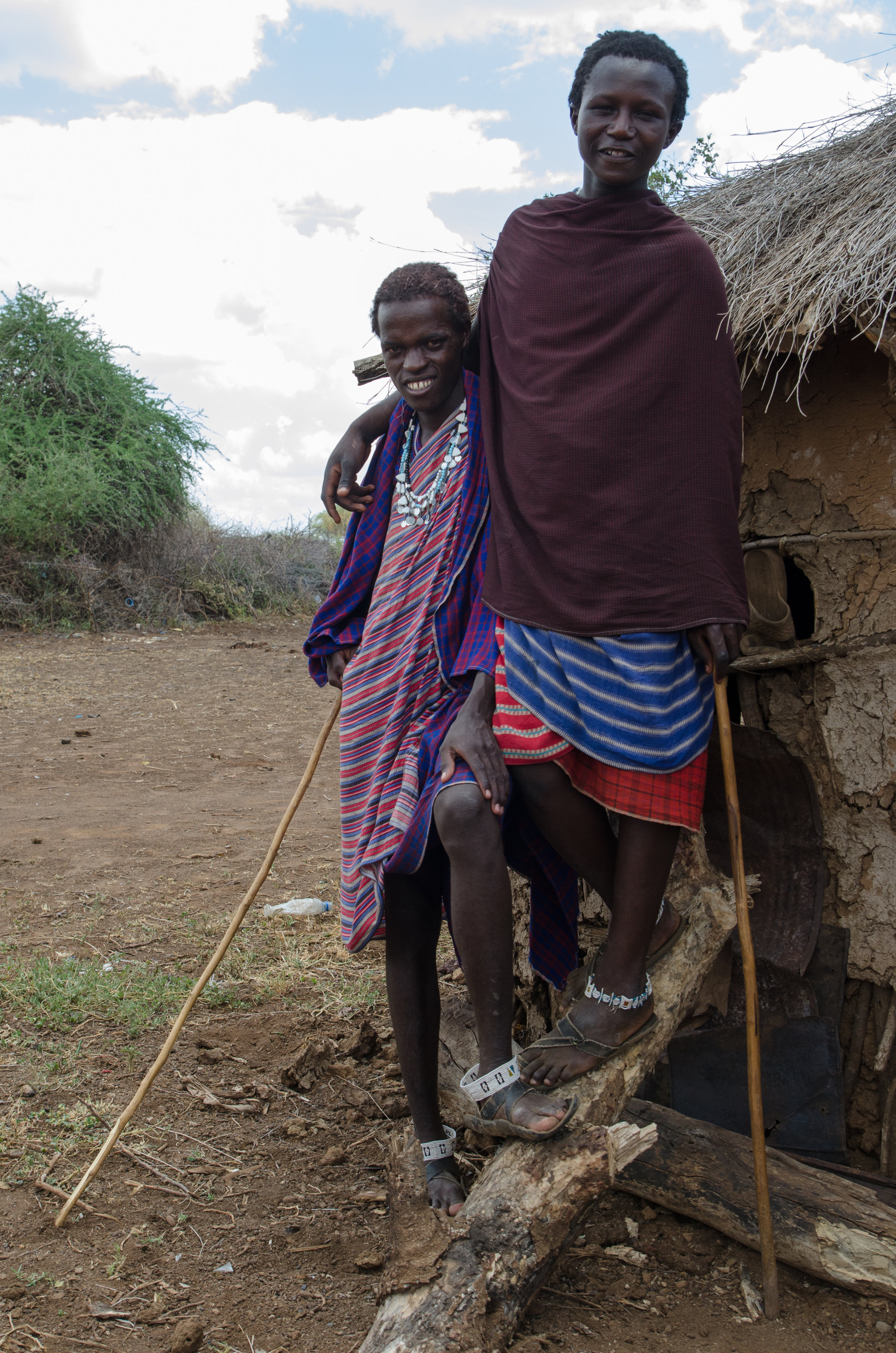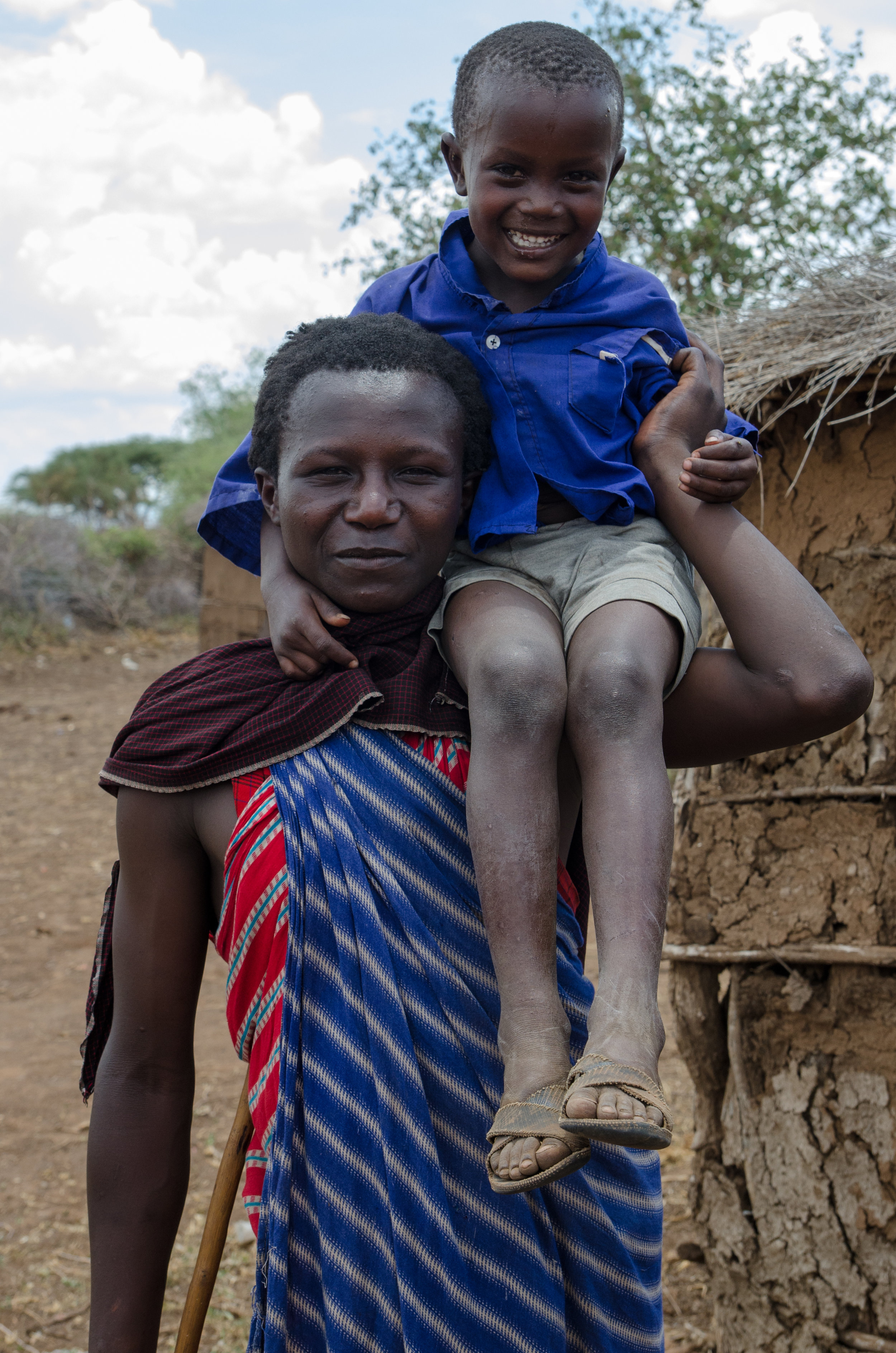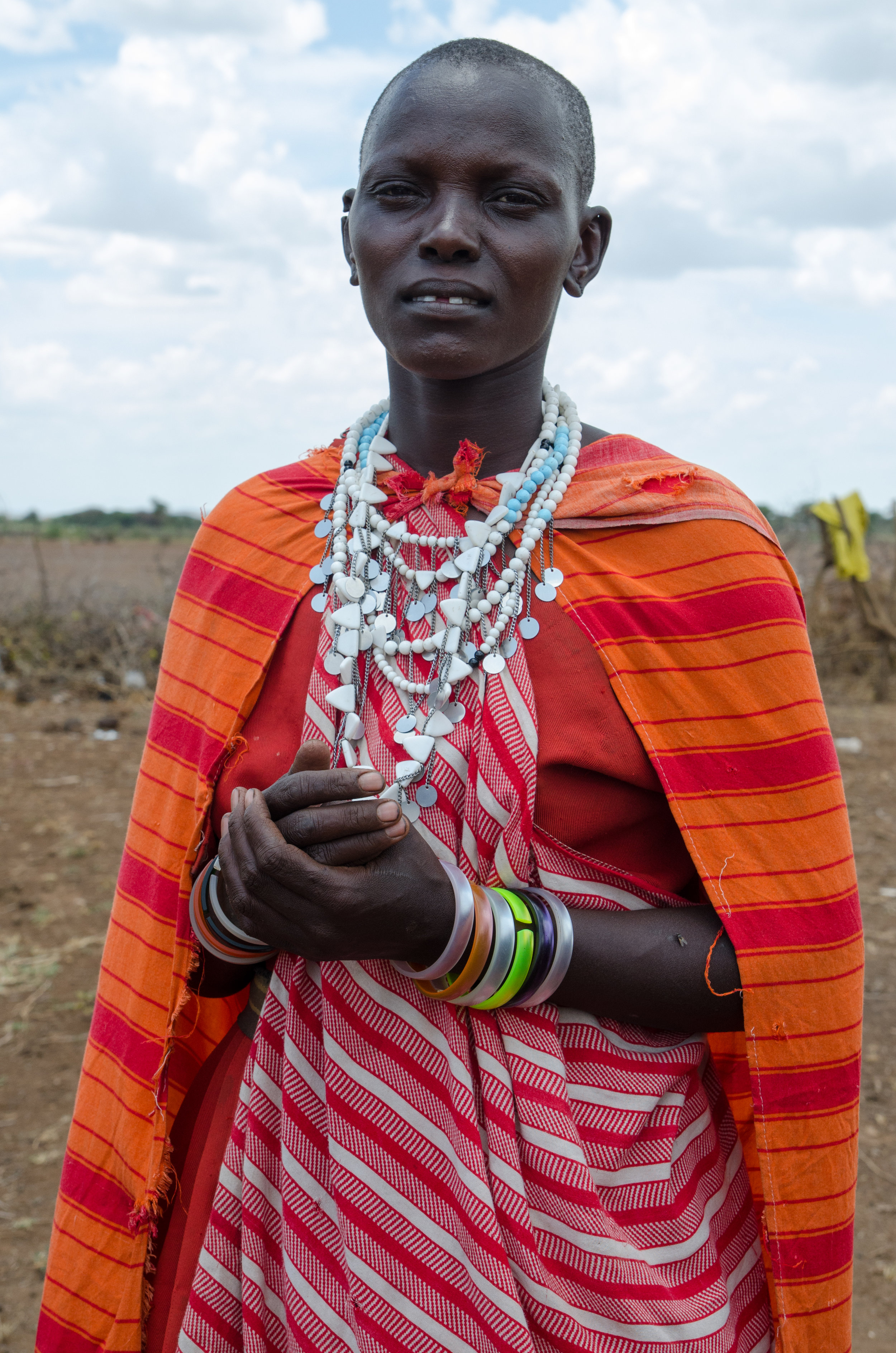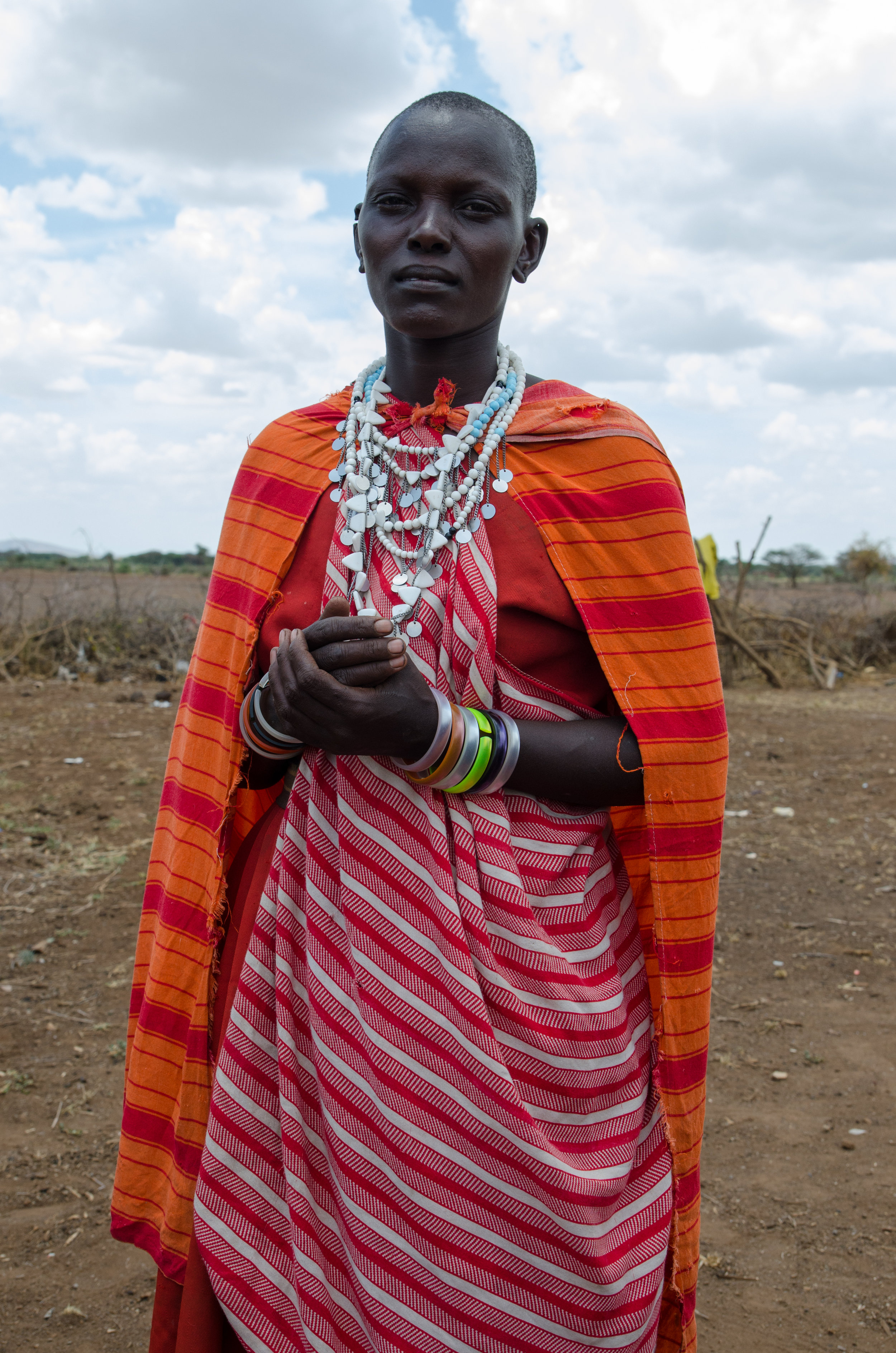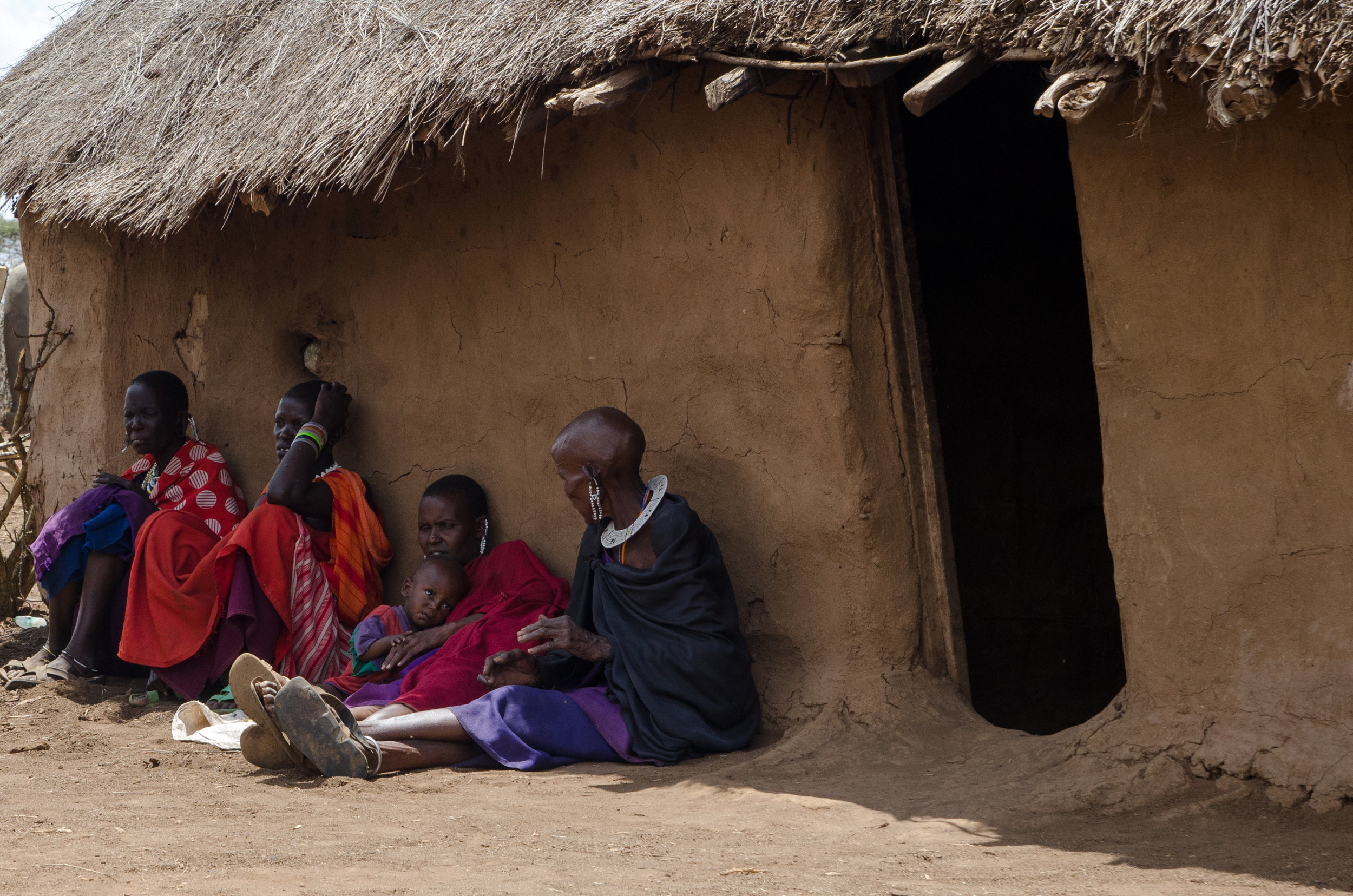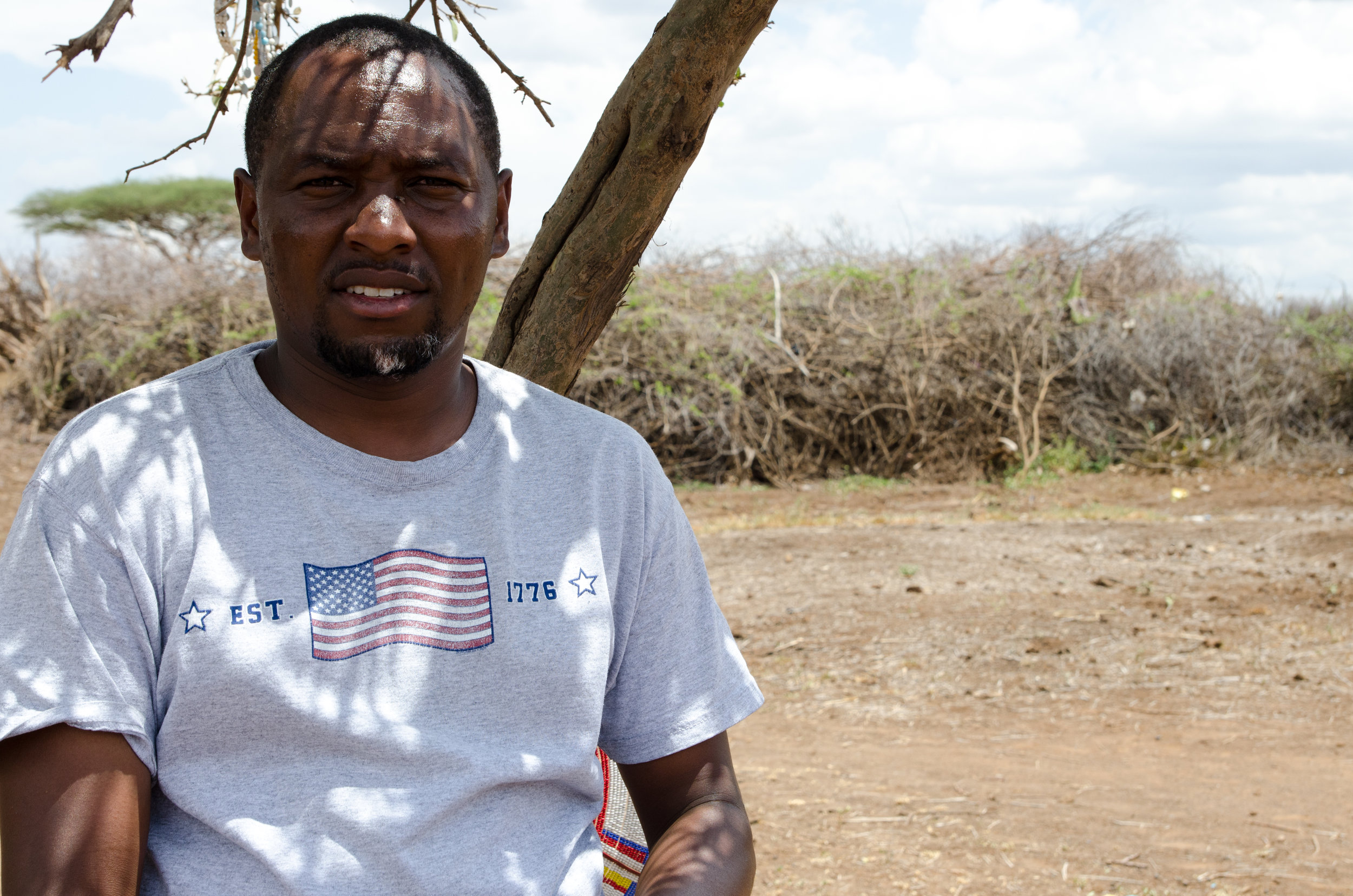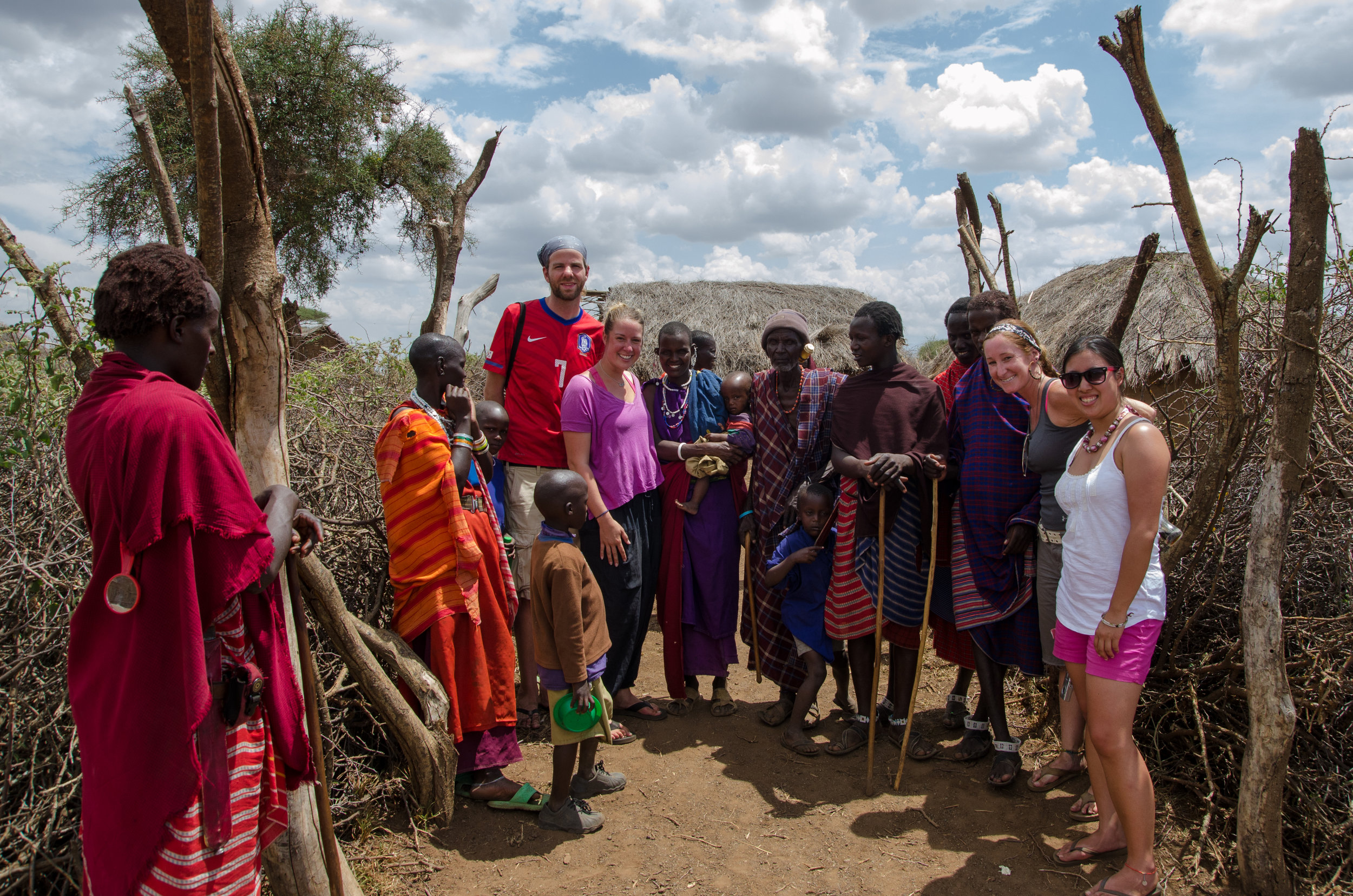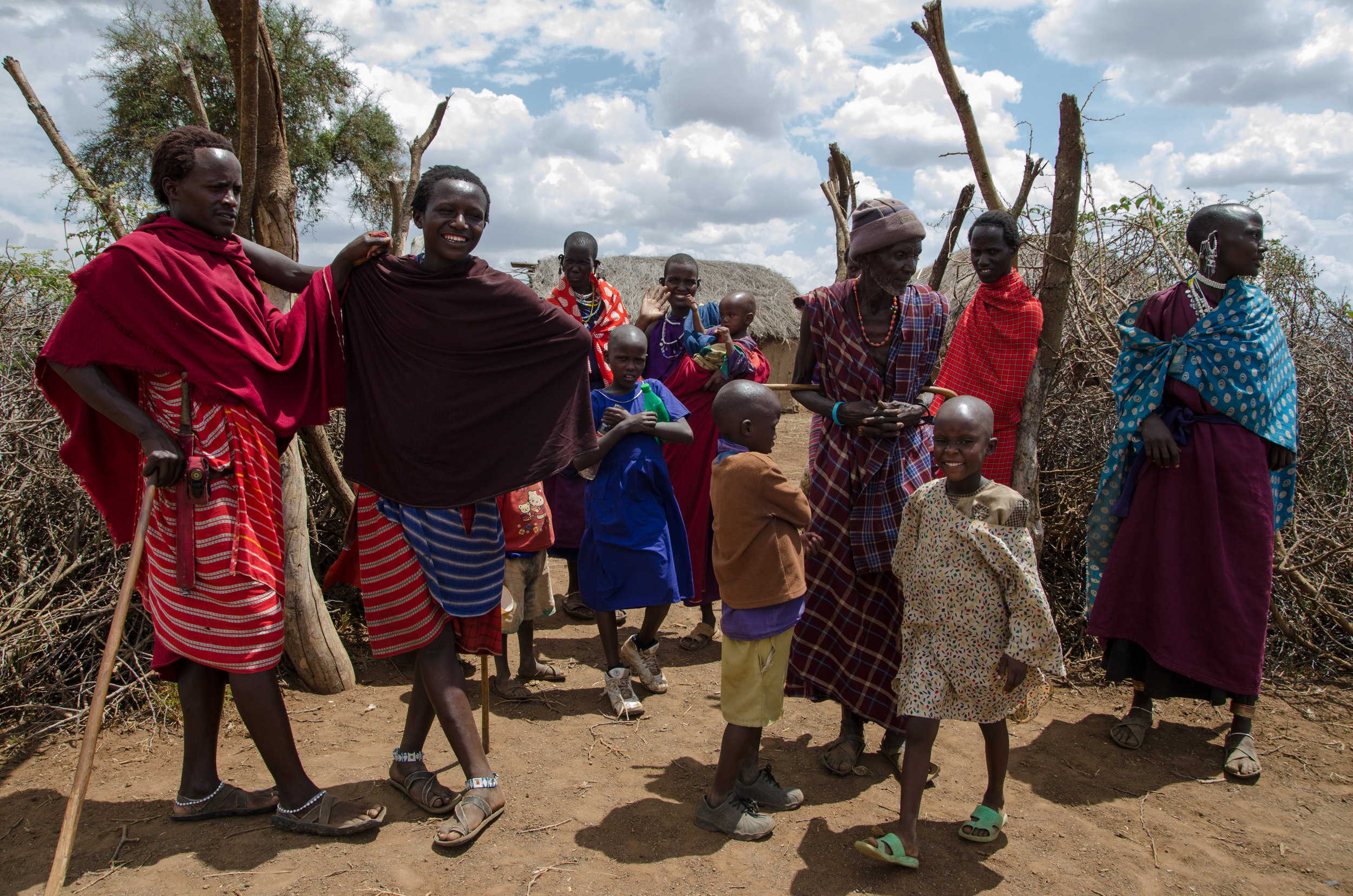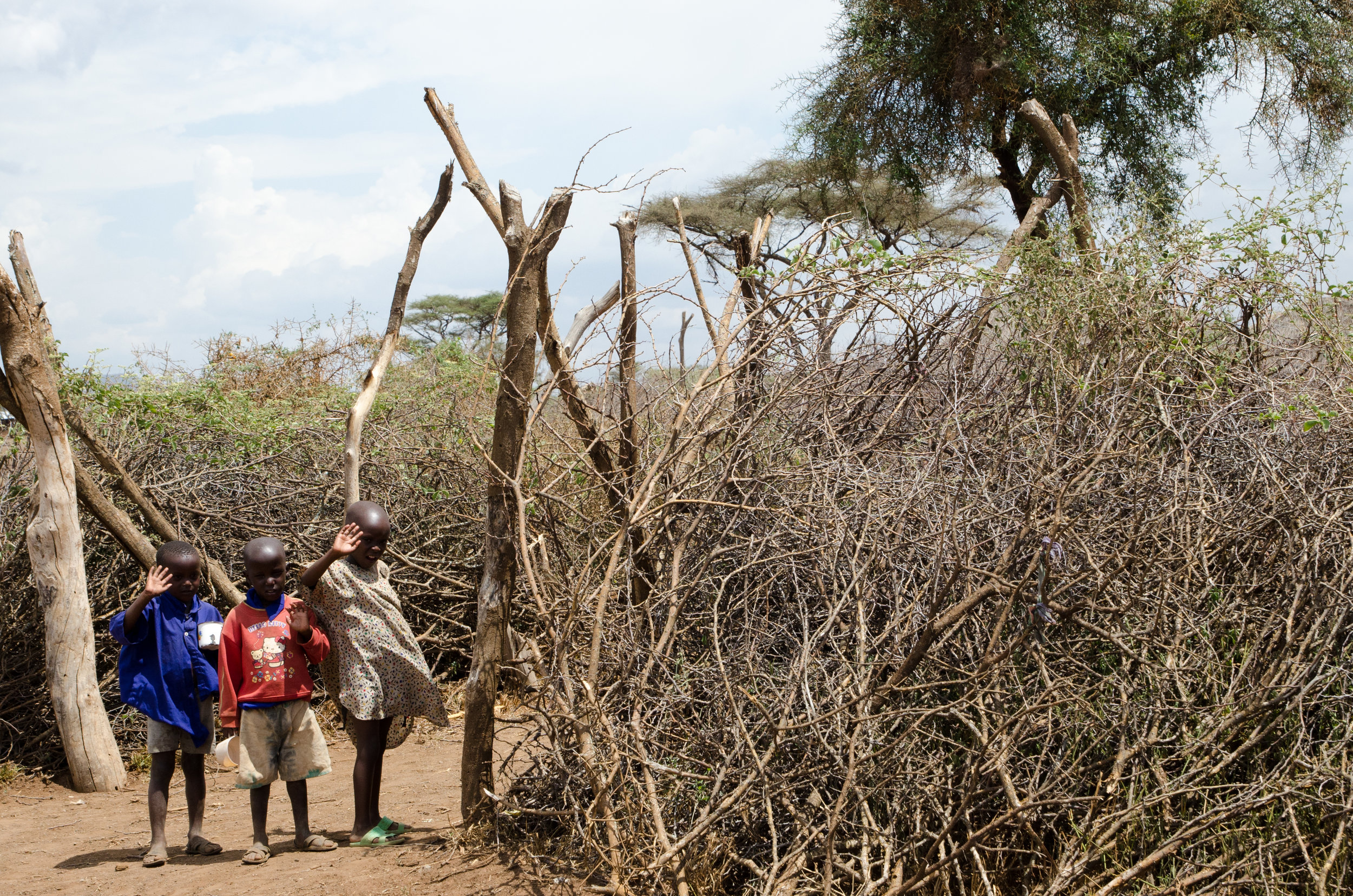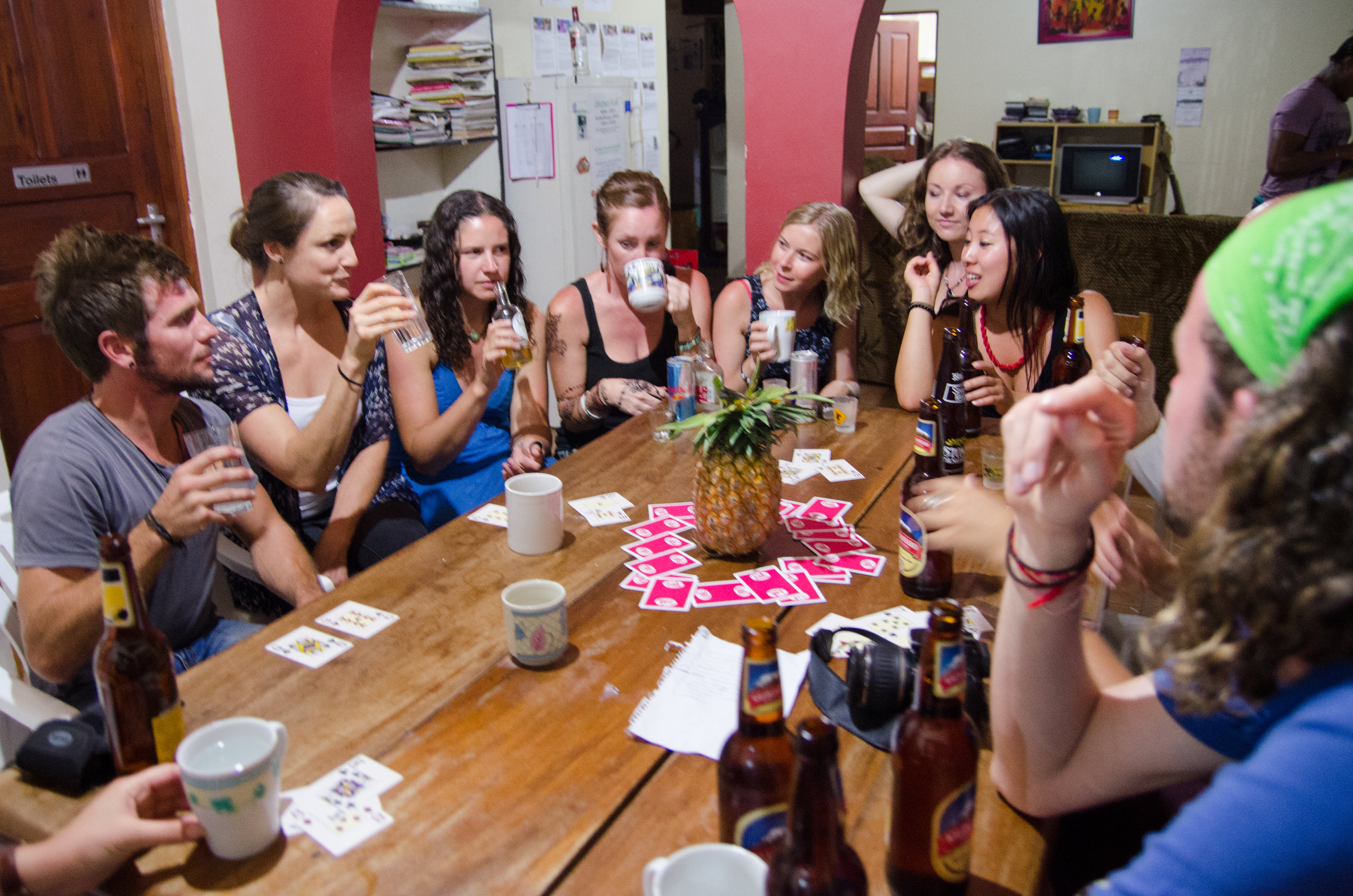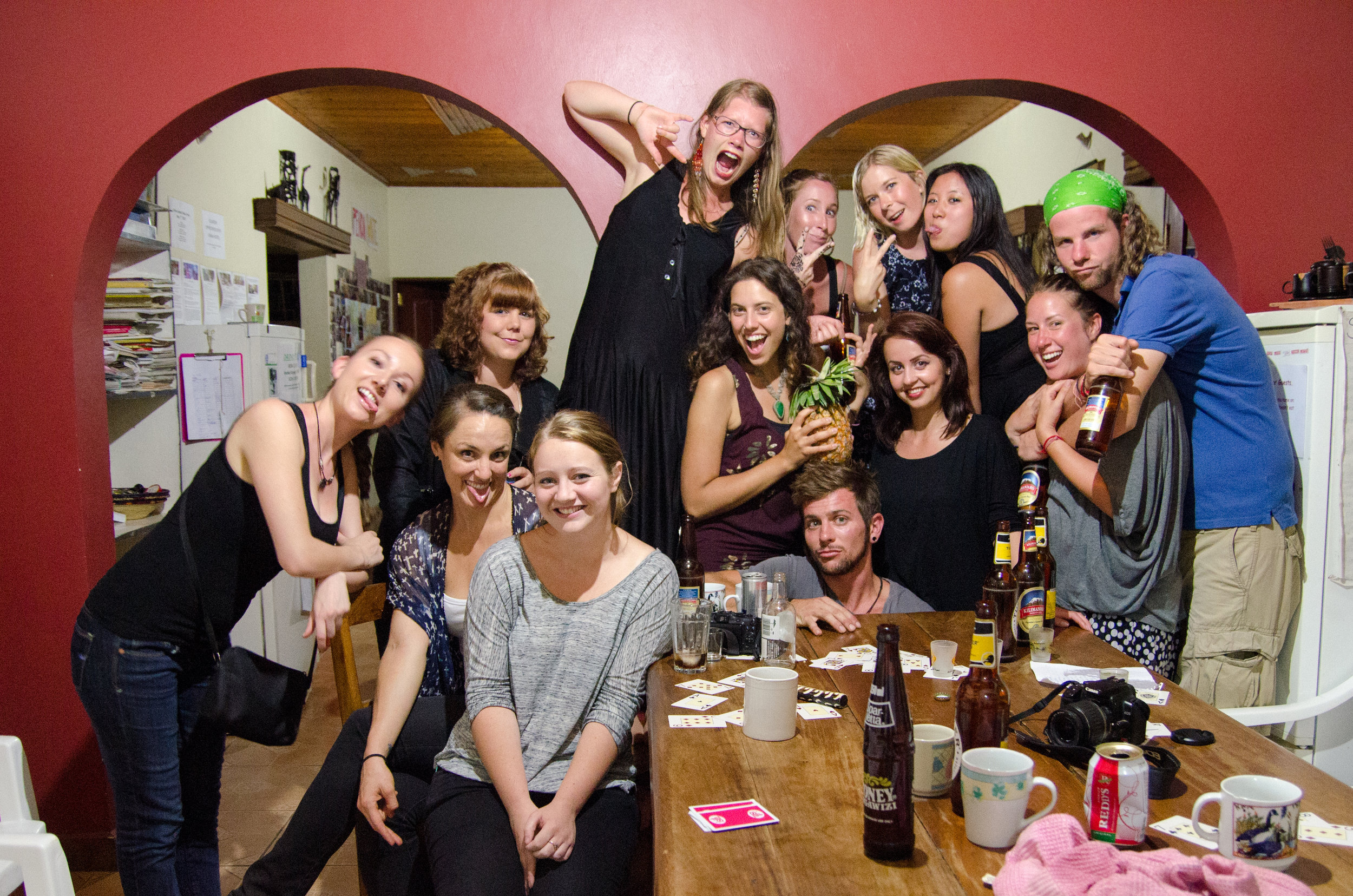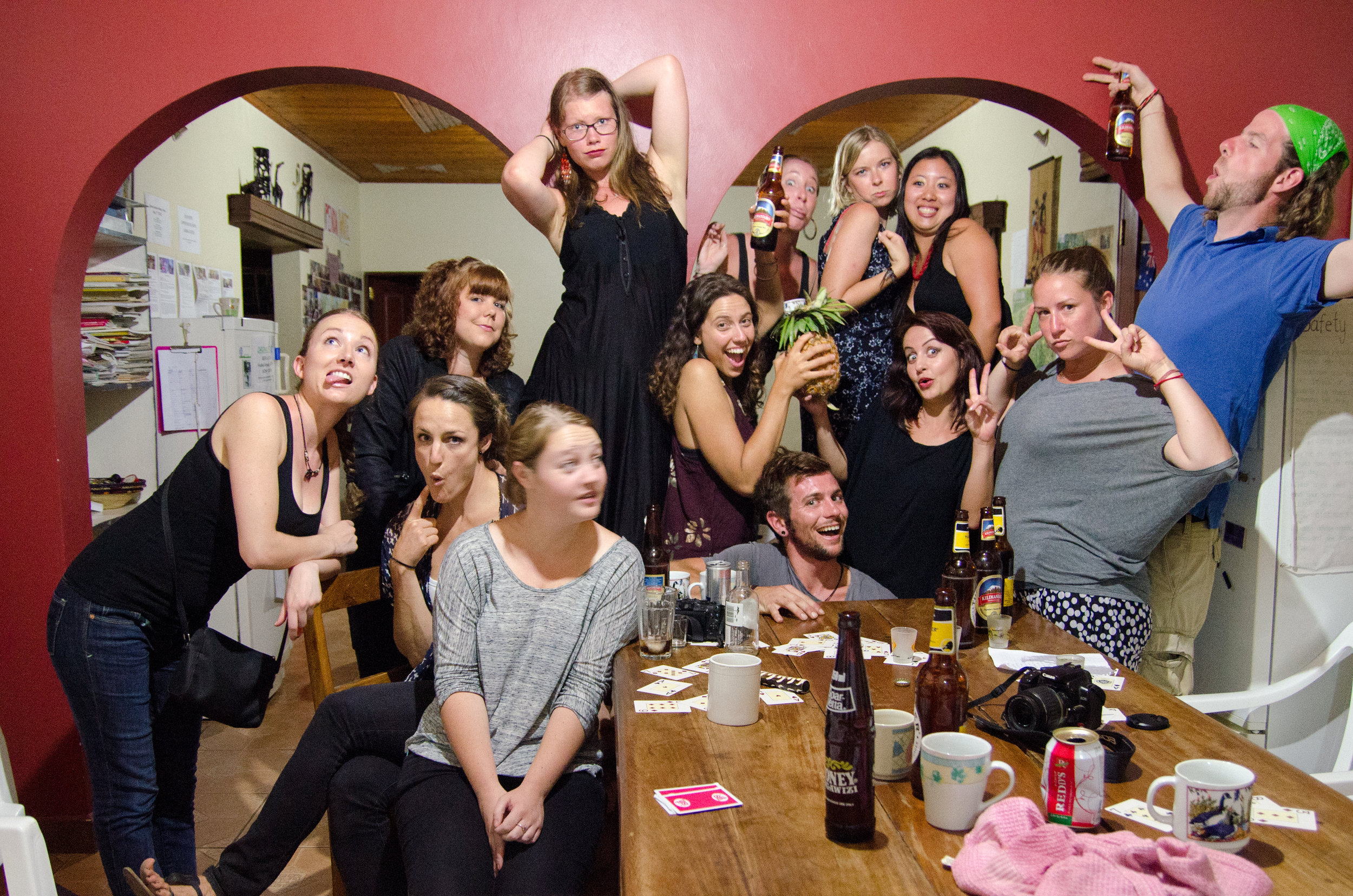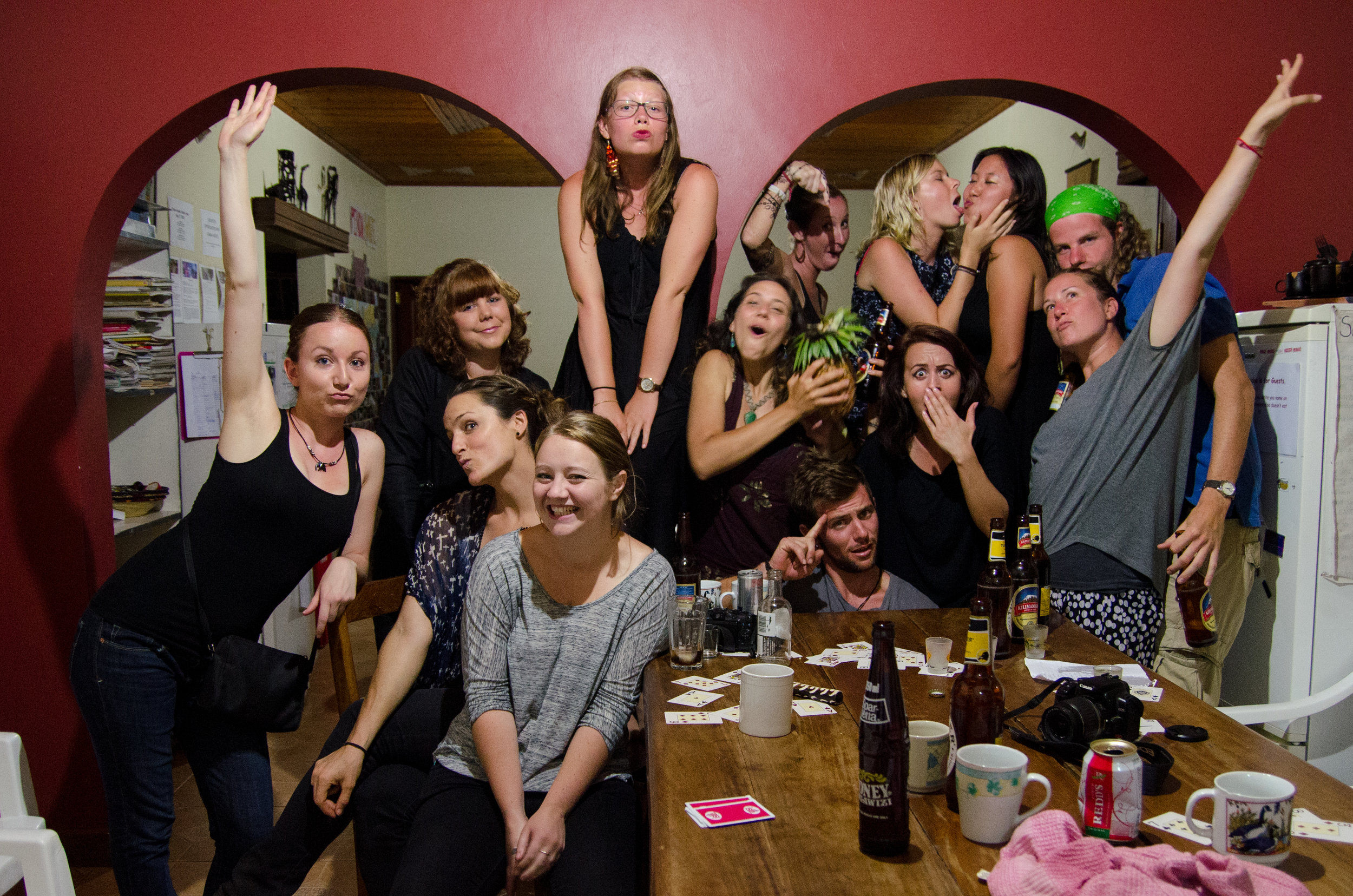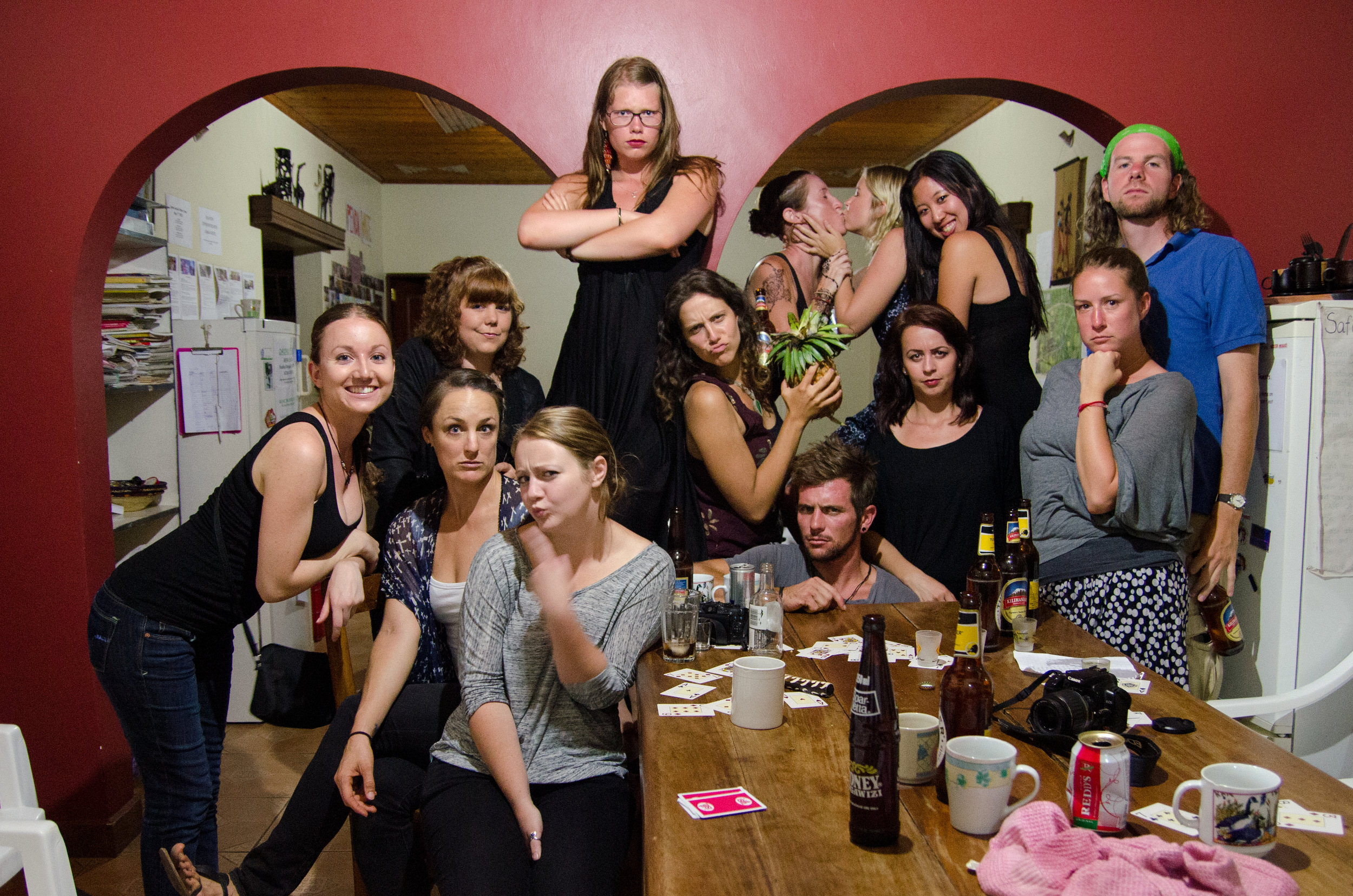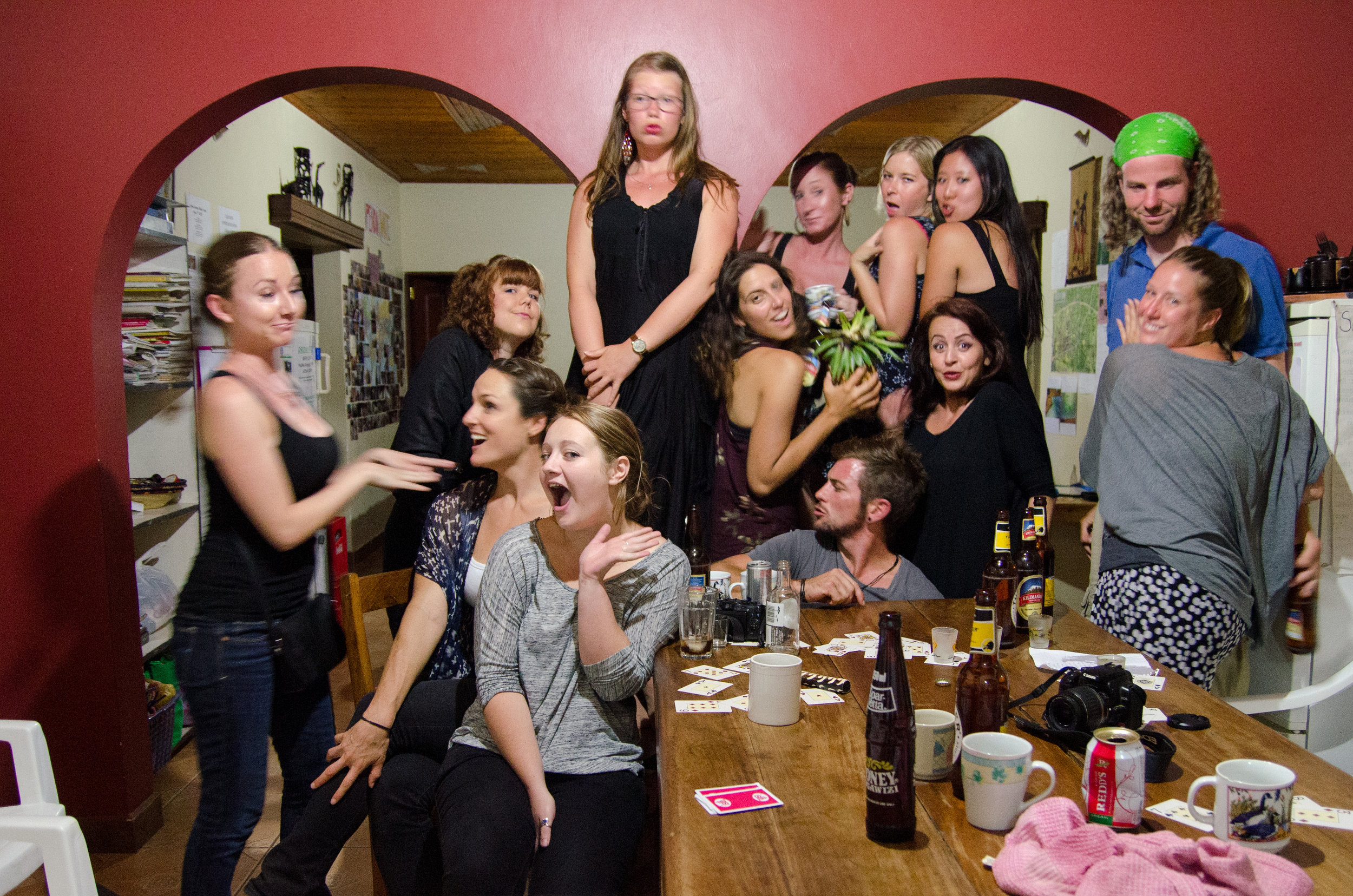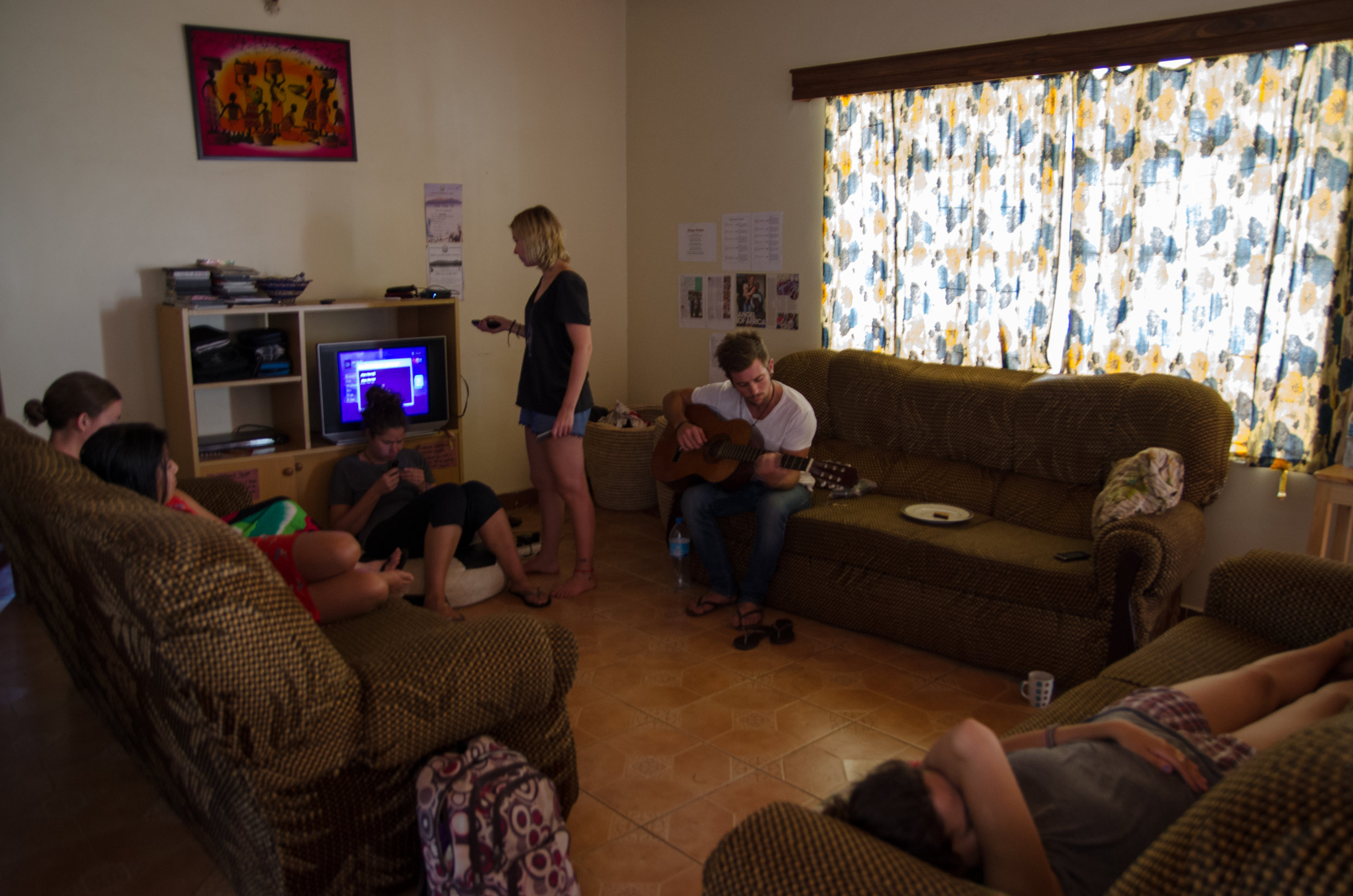Mozambique Island is known as Ilha de Moçambique in Portugese and is often referred to as Ilha (the ‘h’ sounds like a ‘y’ in Portugese) for short. I was in love. Our room opened up to the guesthouse’s sunken pool. We ate breakfast on the rooftop overlooking the shore and the thatched roofs covering the rest of the island. It was safe. It was quiet. It was the perfect respite after the hectic journey it took to get here. We decided to extend our stay from the start, because it was so calming, but also because Andrew’s foot and ankle continued to swell every time after every long bus ride. We thought a few days off of the public transport would help the healing process.
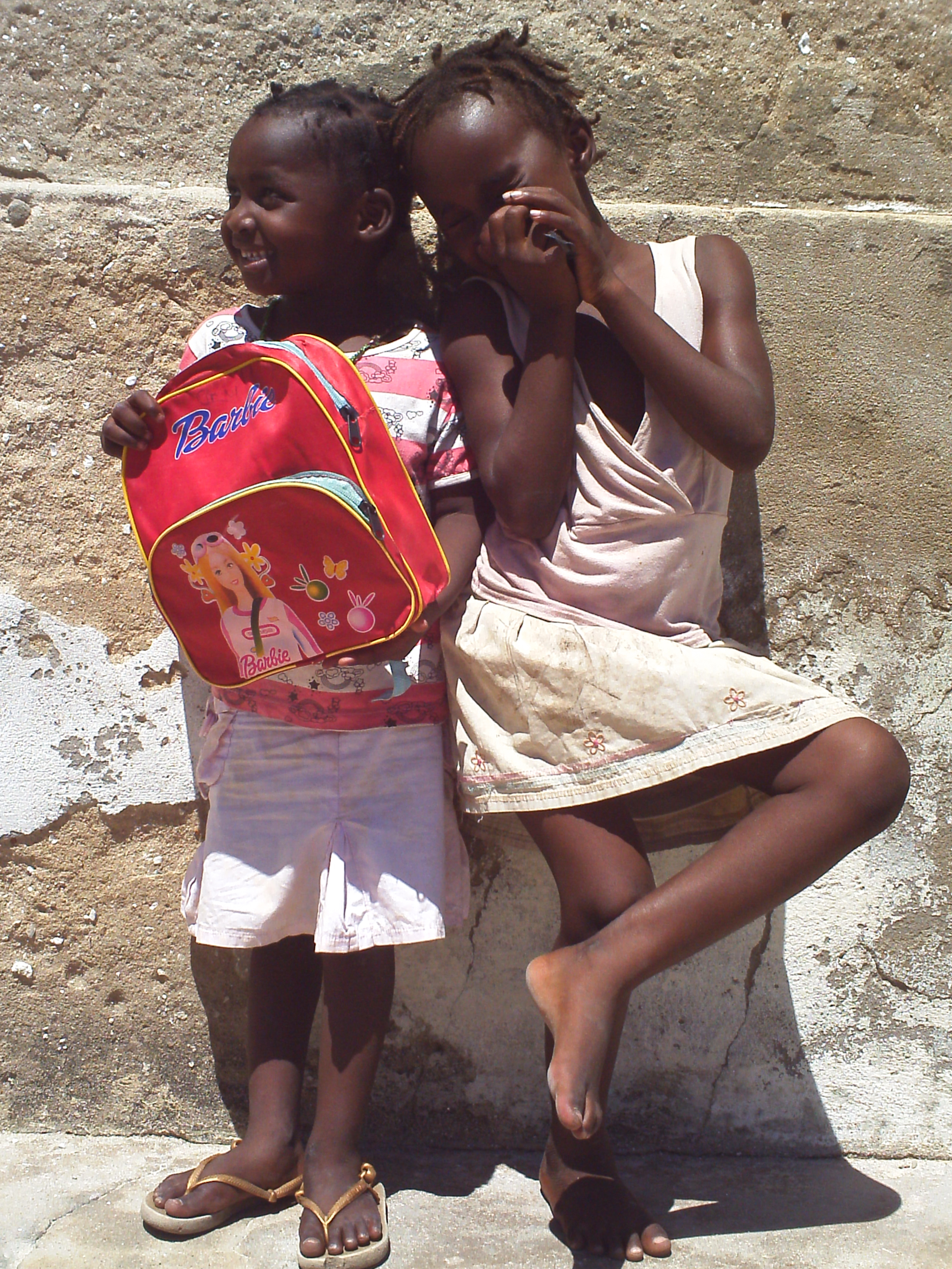
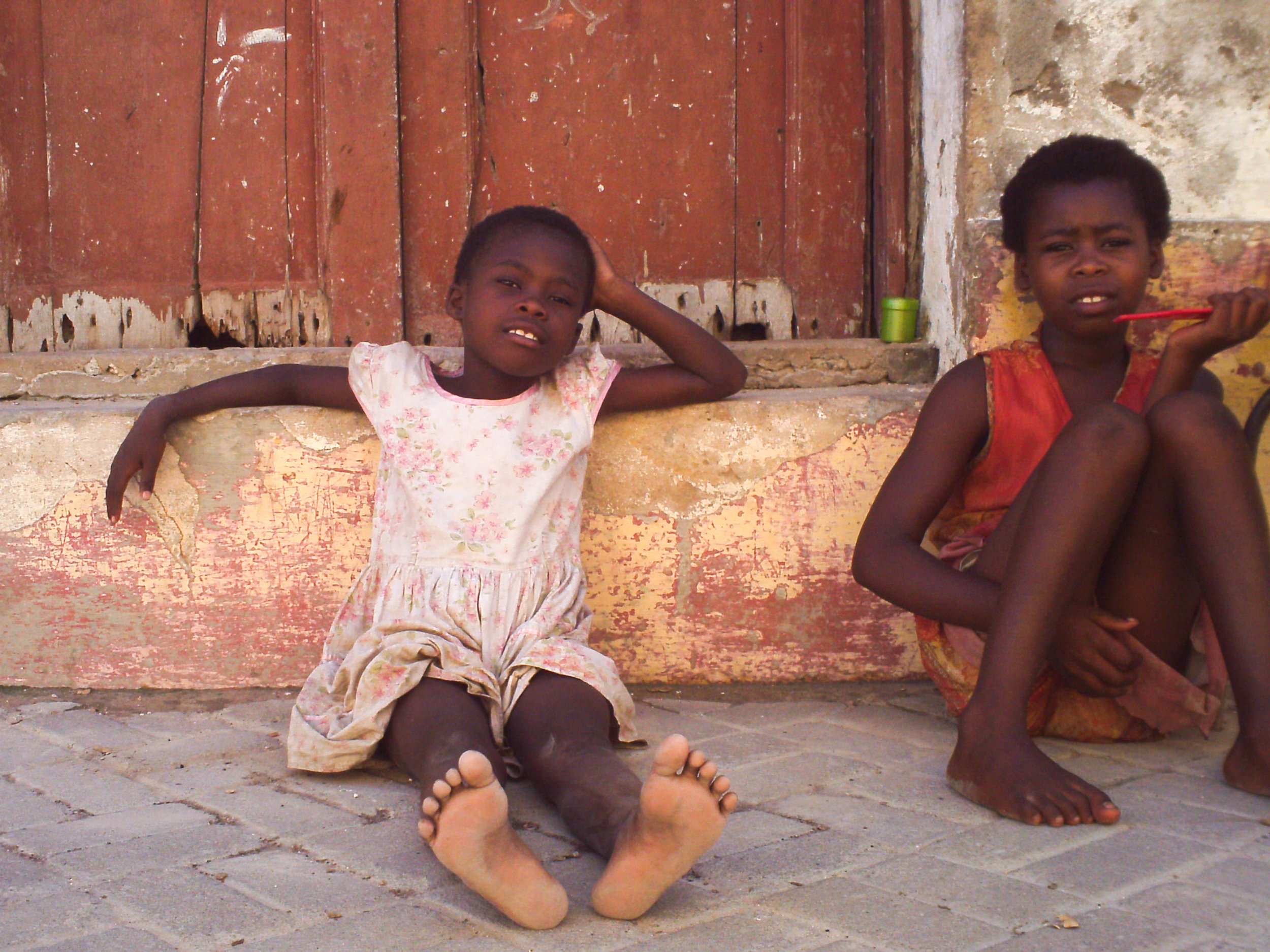
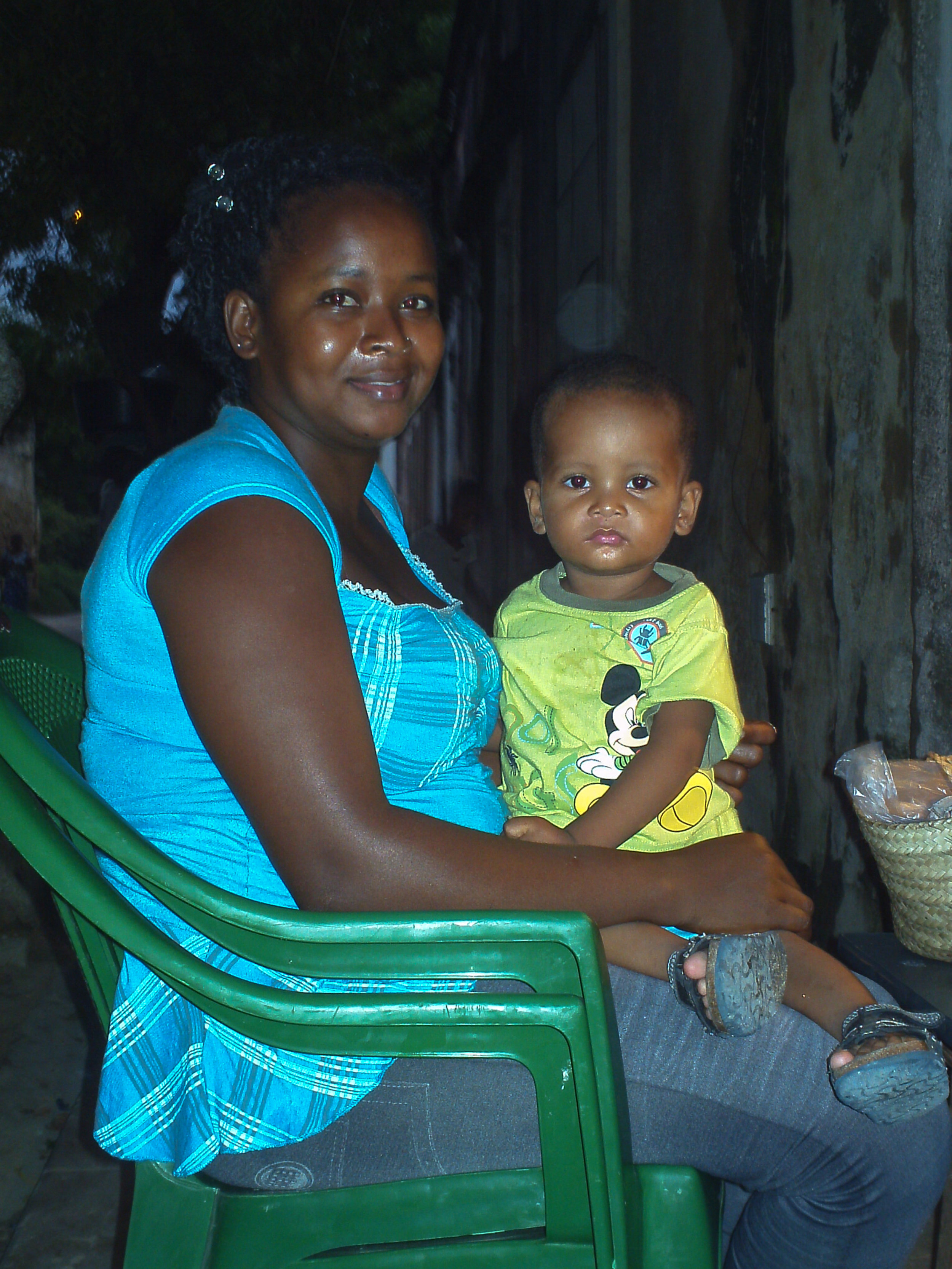
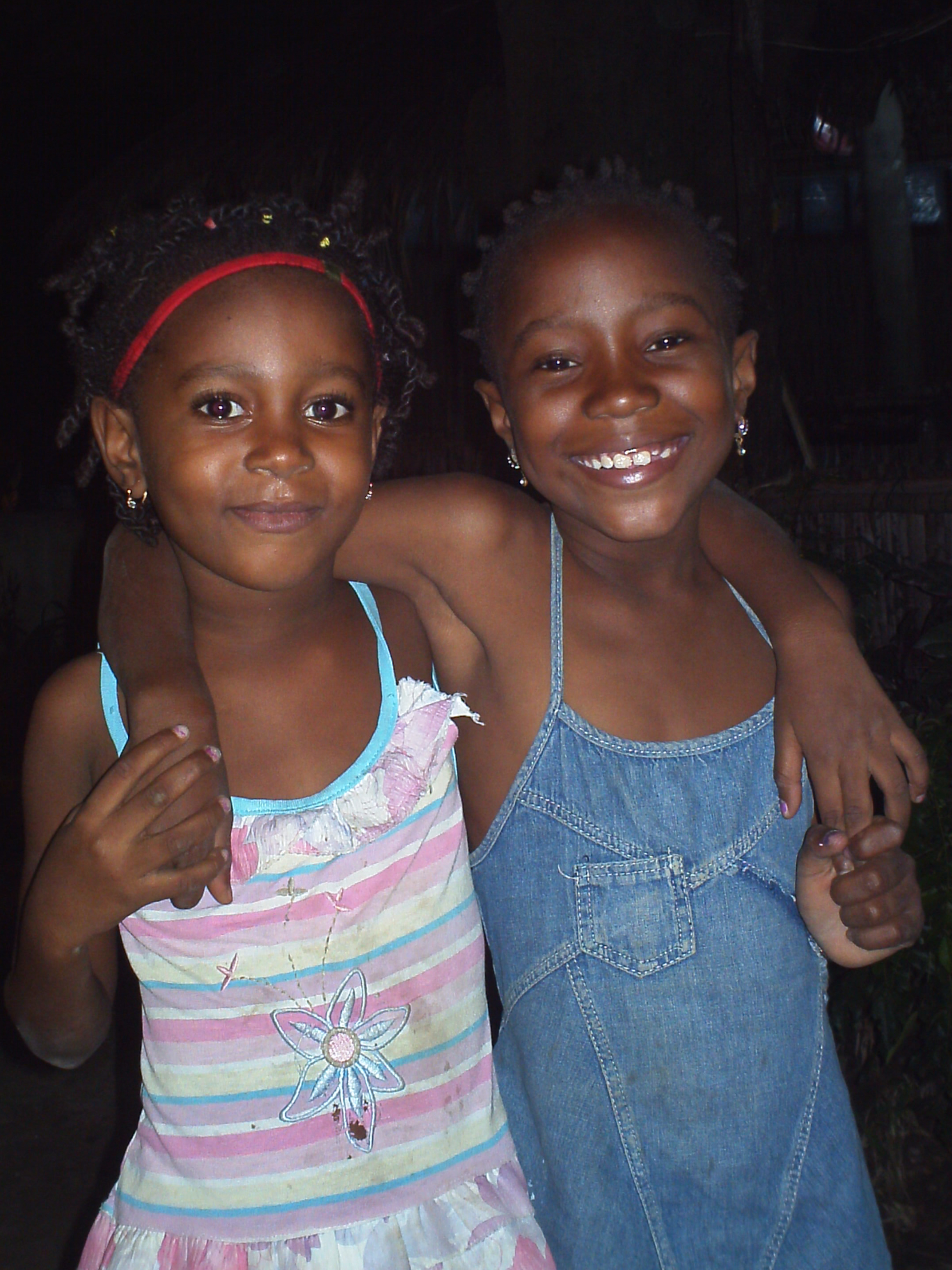
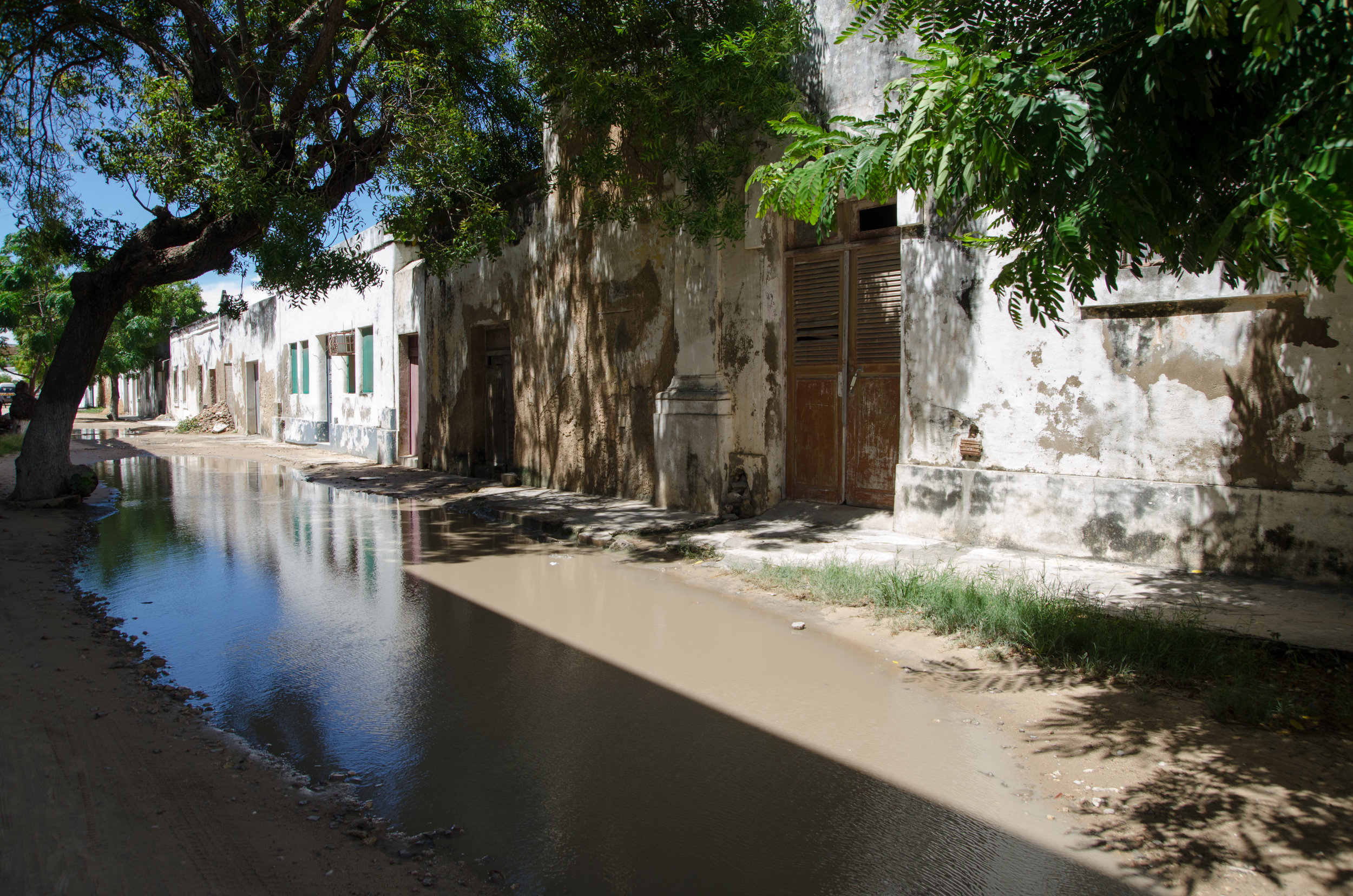
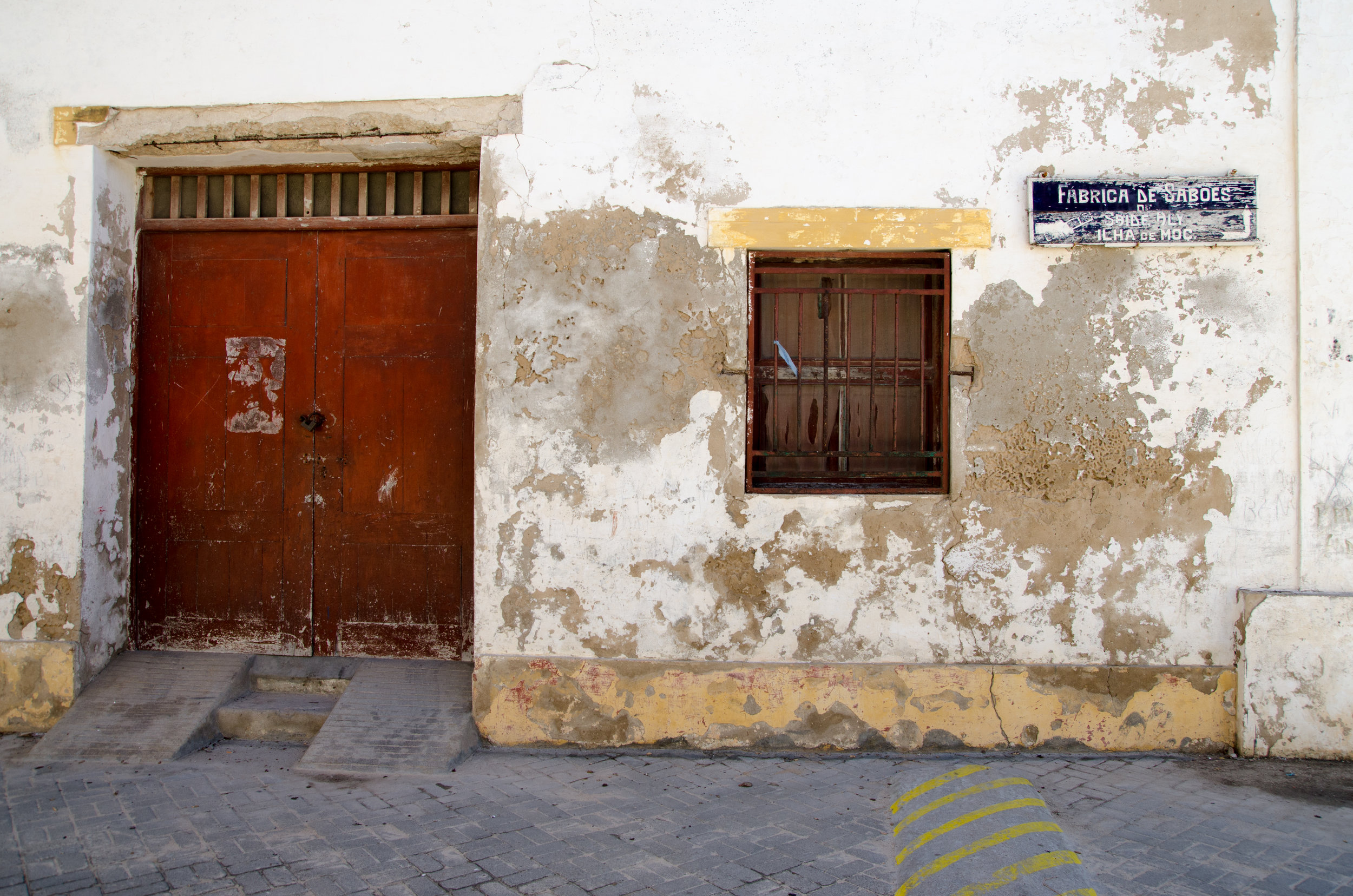
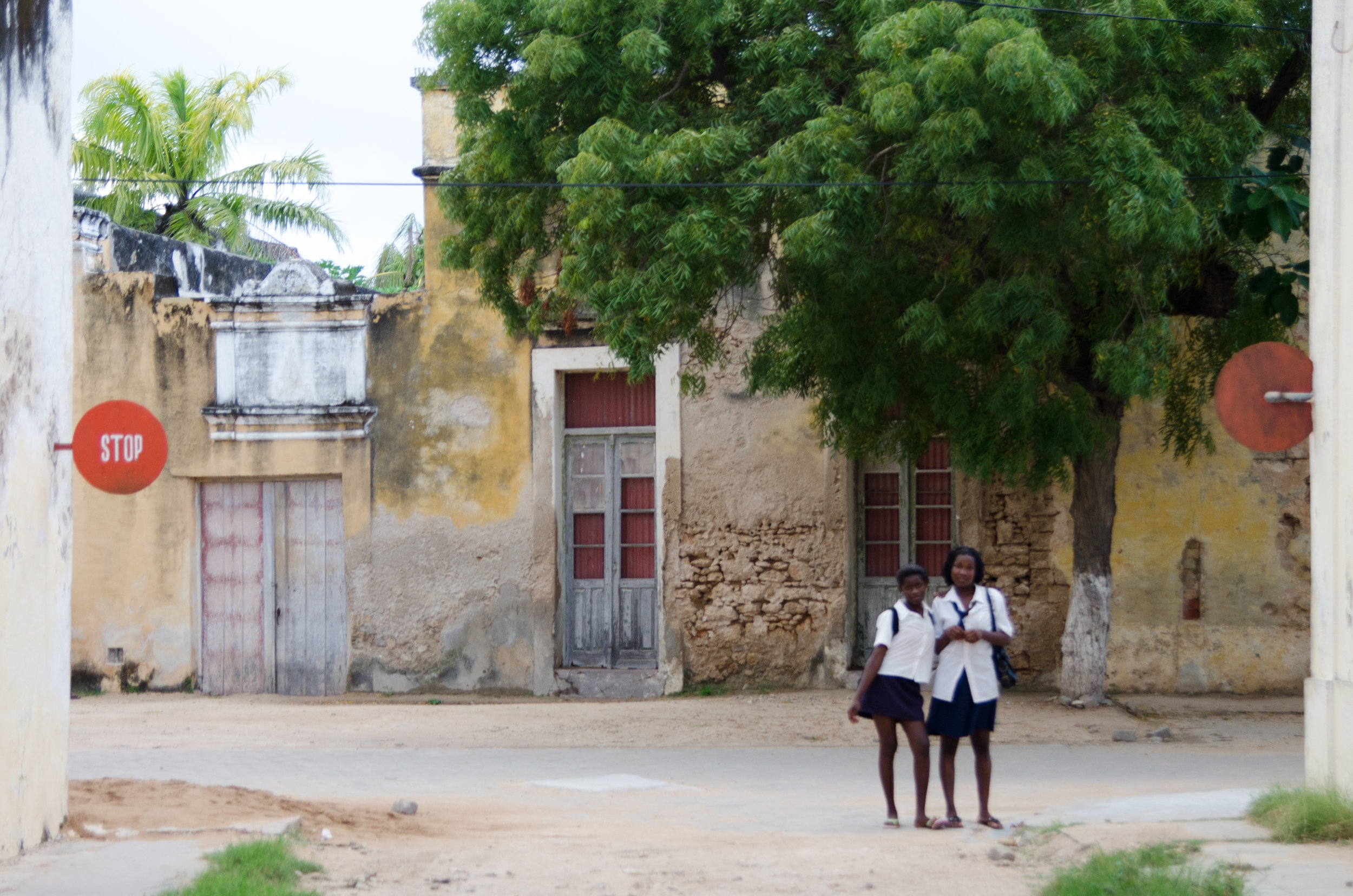
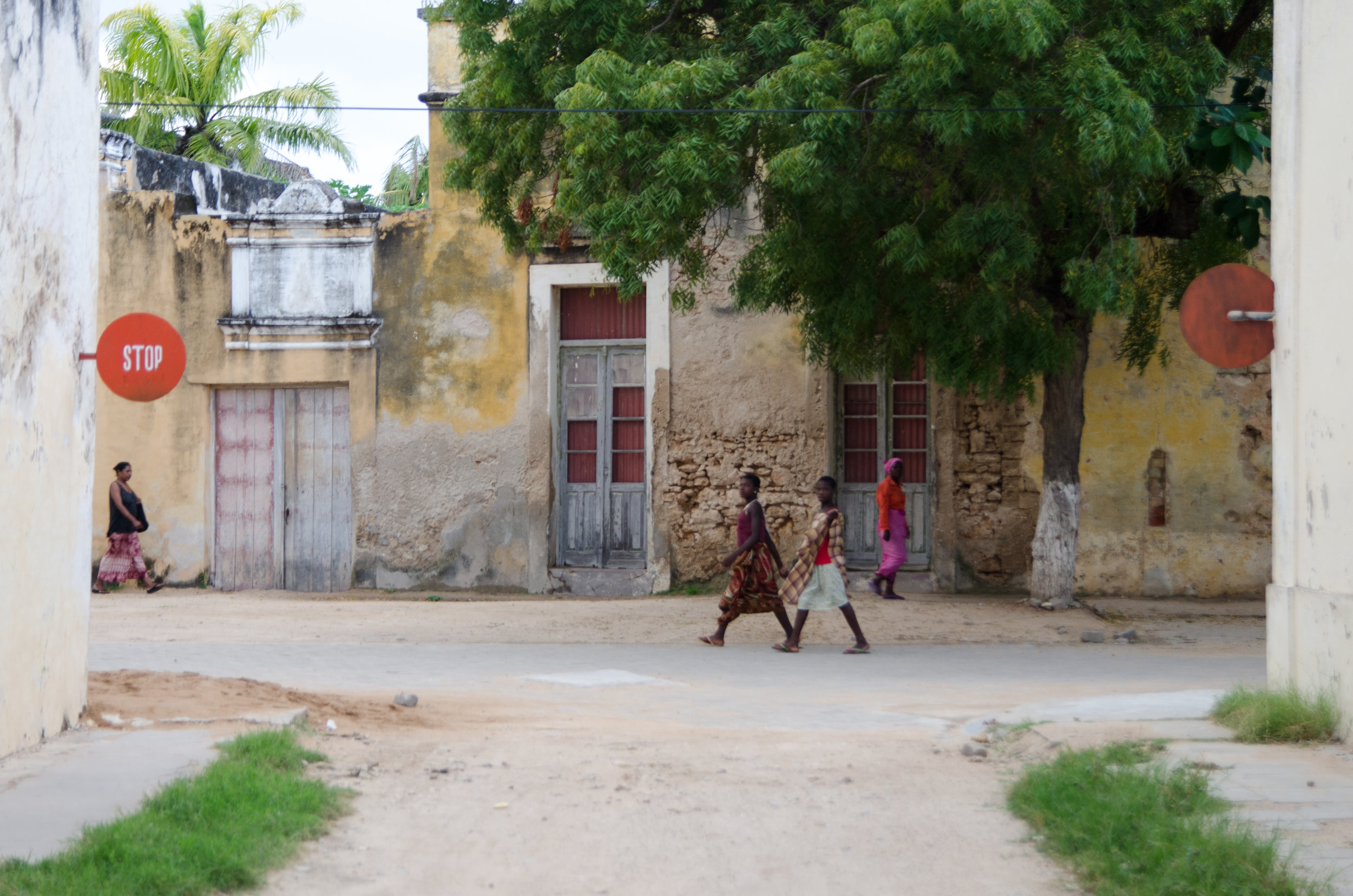
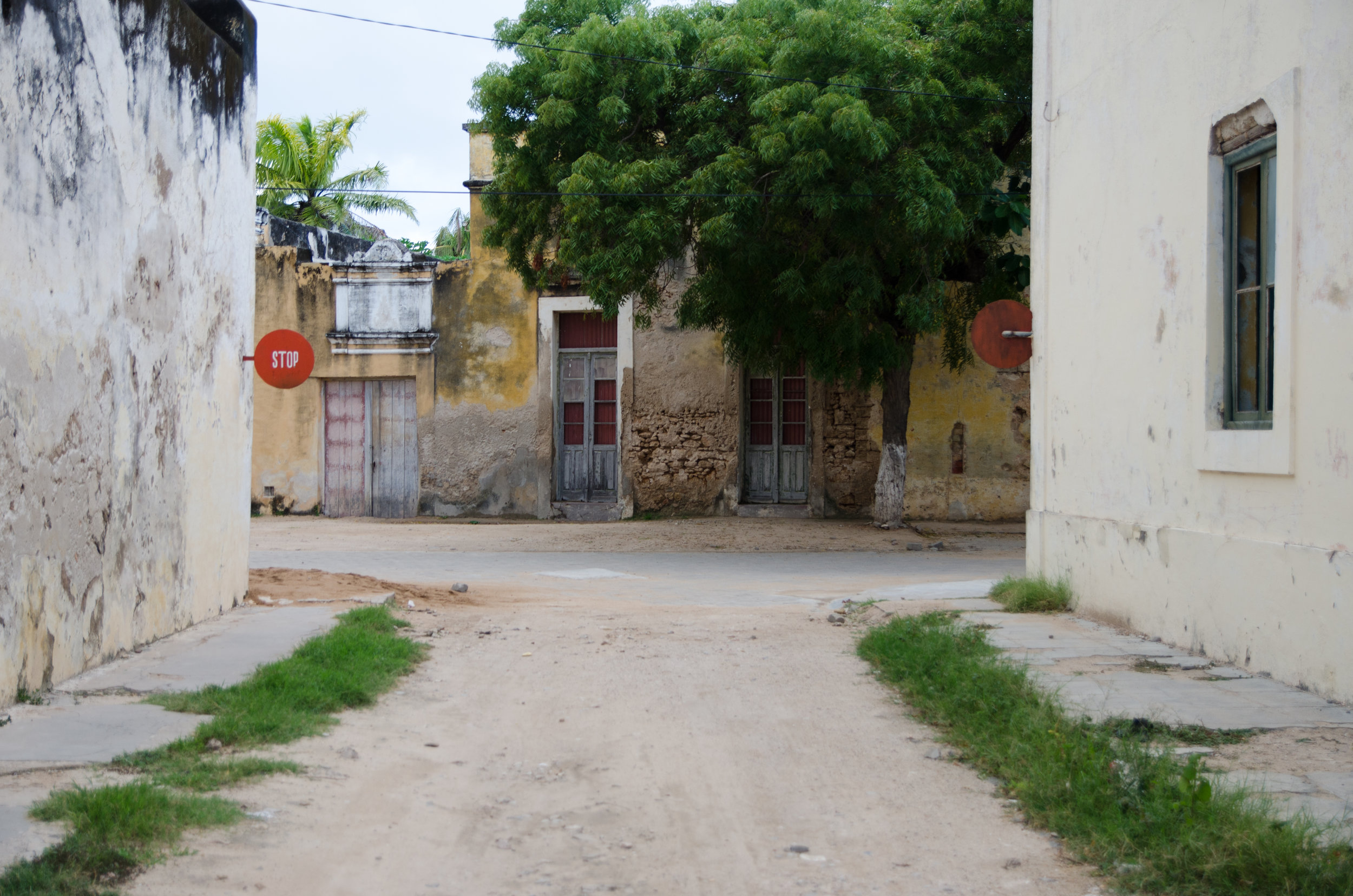
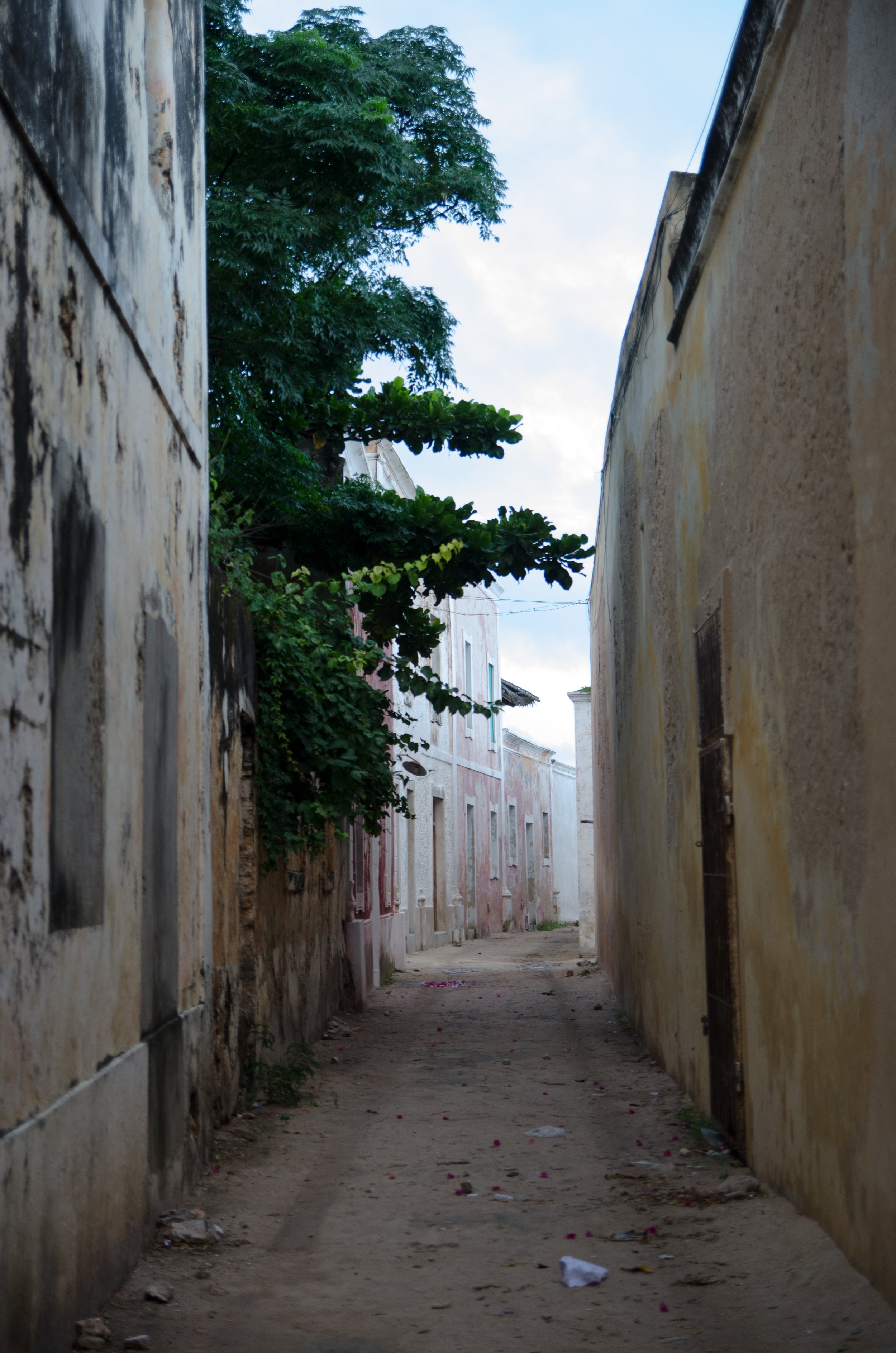
It had stormed the night before. Little did we know, it would be our best night of sleep on the island thanks to the temperature drop and cool gusts of wind that blew in our room all night. In the morning, puddles were everywhere.
I was going for an empty shot of this intersection, and then these two girls stopped at the end of the street to pose. I gave them the thumbs up sign after I took the image above and they waved and continued walking home from school. I couldn’t decide which picture I liked more, so I’m putting them both up.
Still elated we could walk around Africa freely, we continued to do just that and whenever I was asked to take a picture, I pulled out my Polaroid and surprised them with a print of the picture they had just posed for.
Sometimes I drew quite the crowd, so I started drawing the line at giving out two (maaaybe, sometimes three) prints at a time. Two young men saw the second crowd I had made and probably got the wrong impression of us because of it. They thought we had money, and they thought we would be interested in going on one of their boat tours that they offered to any and all tourists they met on the island. We politely declined, and told them we were satisfied walking around the island. They asked the usual questions, but did not give the usual response:
“You don’t have a home?” They were incredulous.
“No… our home was in South Korea… but then we quit our jobs and now we are traveling before we move back to the United States… So… for right now, no, we don’t have a home.” Andrew tried to explain.
“How can you not have a home? You must have a home!” The one said in complete disbelief. Andrew and I laughed.
“But if we had a home… how could we afford to travel to so many places…” I tried to reason with him.
“Your family, do they have a home?” He asked.
“Of course, they have a home… but it’s not our home…” I replied, and tried to explain further, “We have backpacks, so right now, our backpacks are our home.” I smiled. He gaped. But with this explanation, he seemed to come to the conclusion that he probably wasn’t going to get any business out of us and him and his friend said goodbye, assuring us that they would see us again later.
They did, right after we bought a big bag of popcorn from a vendor on the street. I’m assuming no one buys the amount of popcorn we did, for she was completely surprised when we held up four fingers, hoping to get four (not the requisite one) cups of popcorn each. Her son was upset, crying on the sidewalk next to us. We tried to offer him some popcorn to console him, but he wasn’t having it. She picked him up and he immediately calmed down. I whipped out my Polaroid. She was speechless when I produced a print of her with her son after.
We found the restaurant the cleaning lady at our guesthouse recommended. Somehow, in Portugese, we managed to order shrimp, grilled fish, something unidentifiable (we later learned was grilled banana leaves and cashews) and a huge bowl of coconut rice. It was delicious. While Andrew settled our bill, two girls were dancing just outside of the restaurant, and asked for a picture when they spotted my camera. As you might be able to predict, I pulled out the Polaroid, and made them wait while I pressed print. As soon as one of the girls figured out what was happening, she began jumping up and down and shrieking with absolute glee. Like Shinee just walked into my former middle school or maybe Justin Bieber walked into an American (or Canadian?) middle school. She was so. excited.
As soon as I handed one print over to her, she raced into the restaurant to show her mother. I tugged on her best friend’s shirt to show her that I was printing another one for her. As soon as it slid out of the camera and I handed it over, she was jumping up and down with it and raced after her friend still screaming inside the restaurant. Aside from the giraffes and multiple zebra encounters, it was the happiest moment I’ve had in Africa.
I’ve tried emailing and even tweeting Polaroid about the effect their camera has had on those who I’ve photographed along this trip, thinking surely they would be interested to hear about it, or maybe use it for some marketing maybe? But, they don’t seem to be too interested because I’ve yielded no response.
